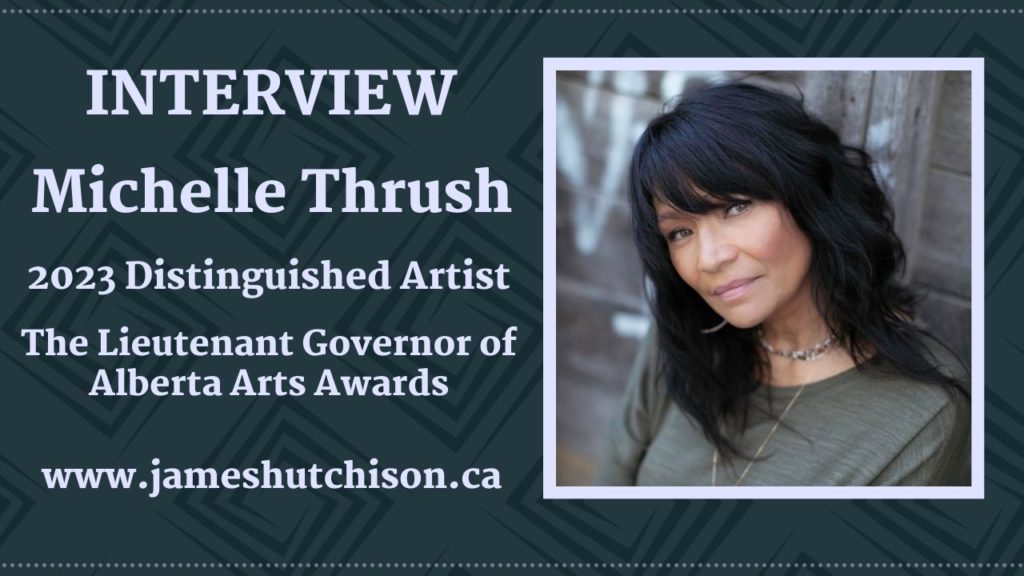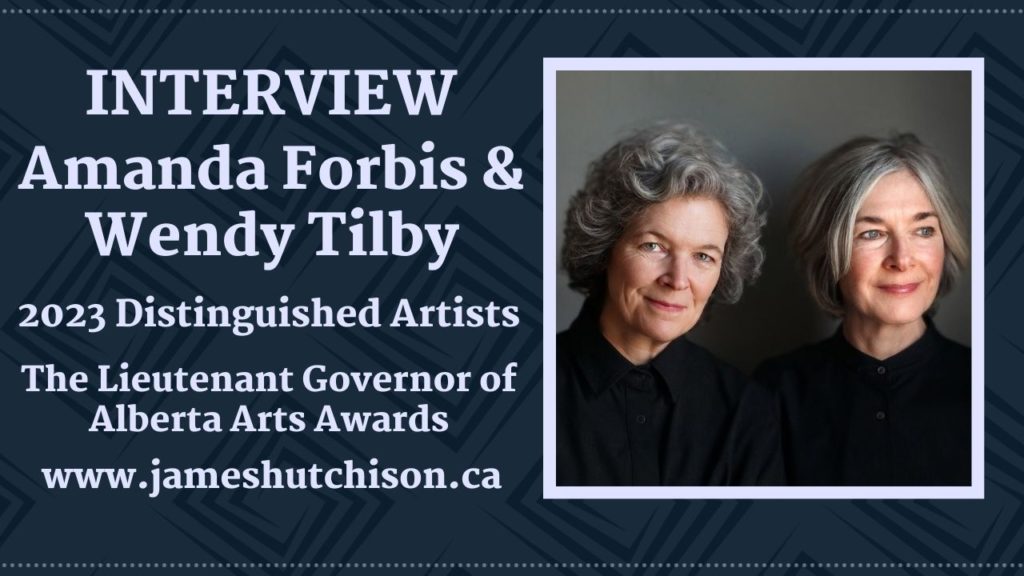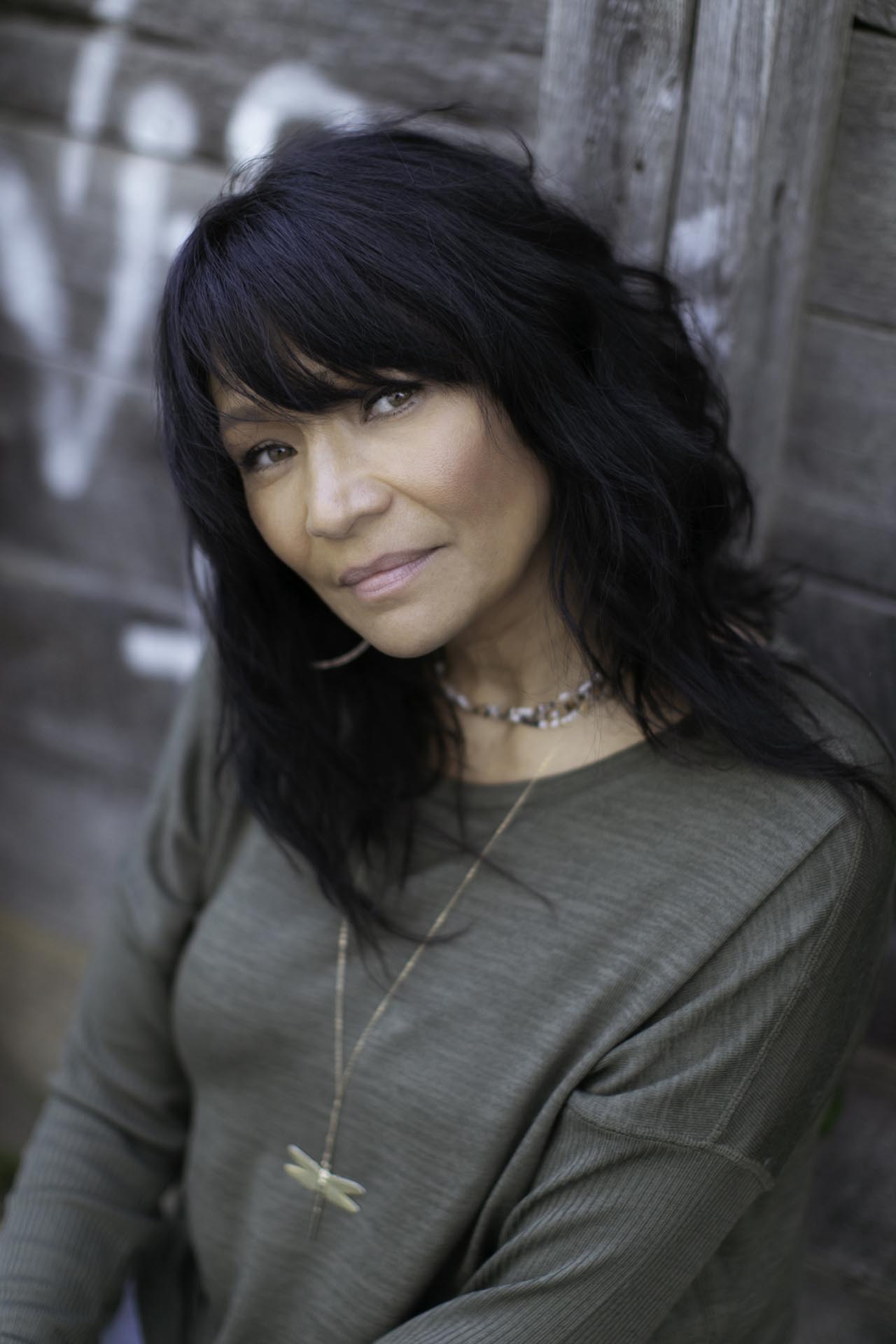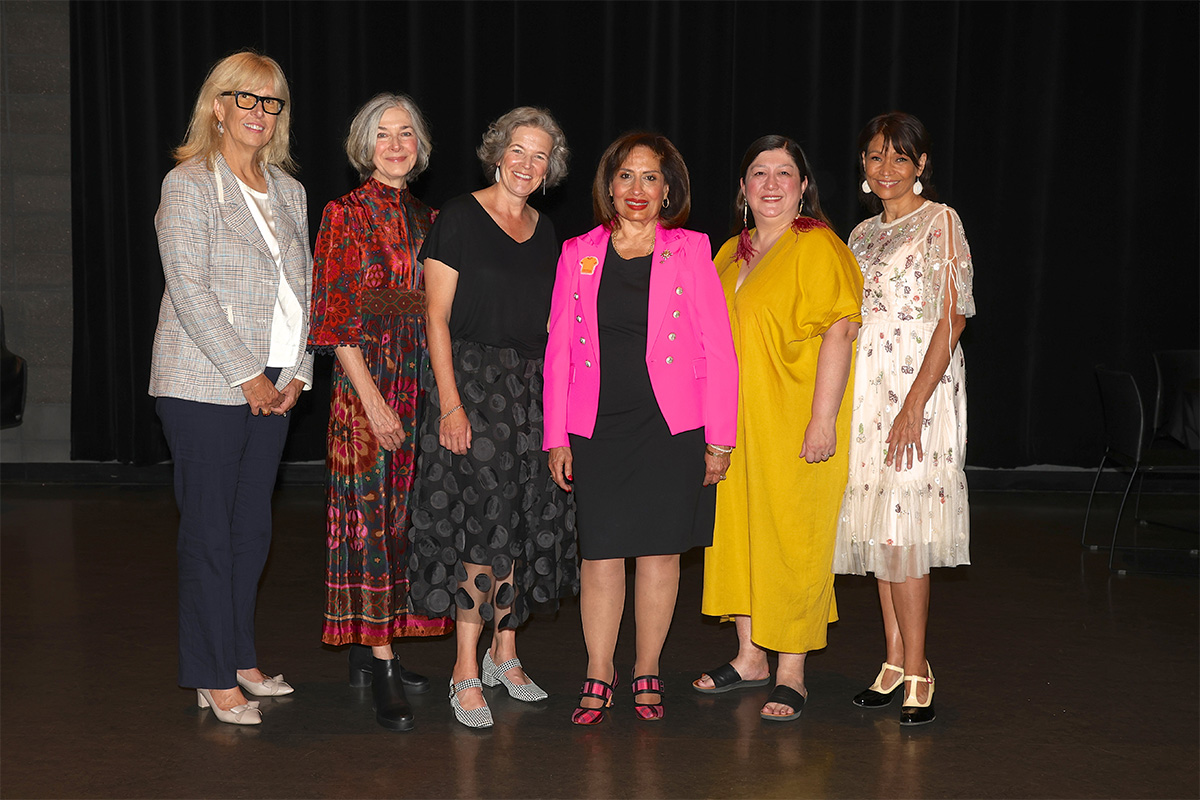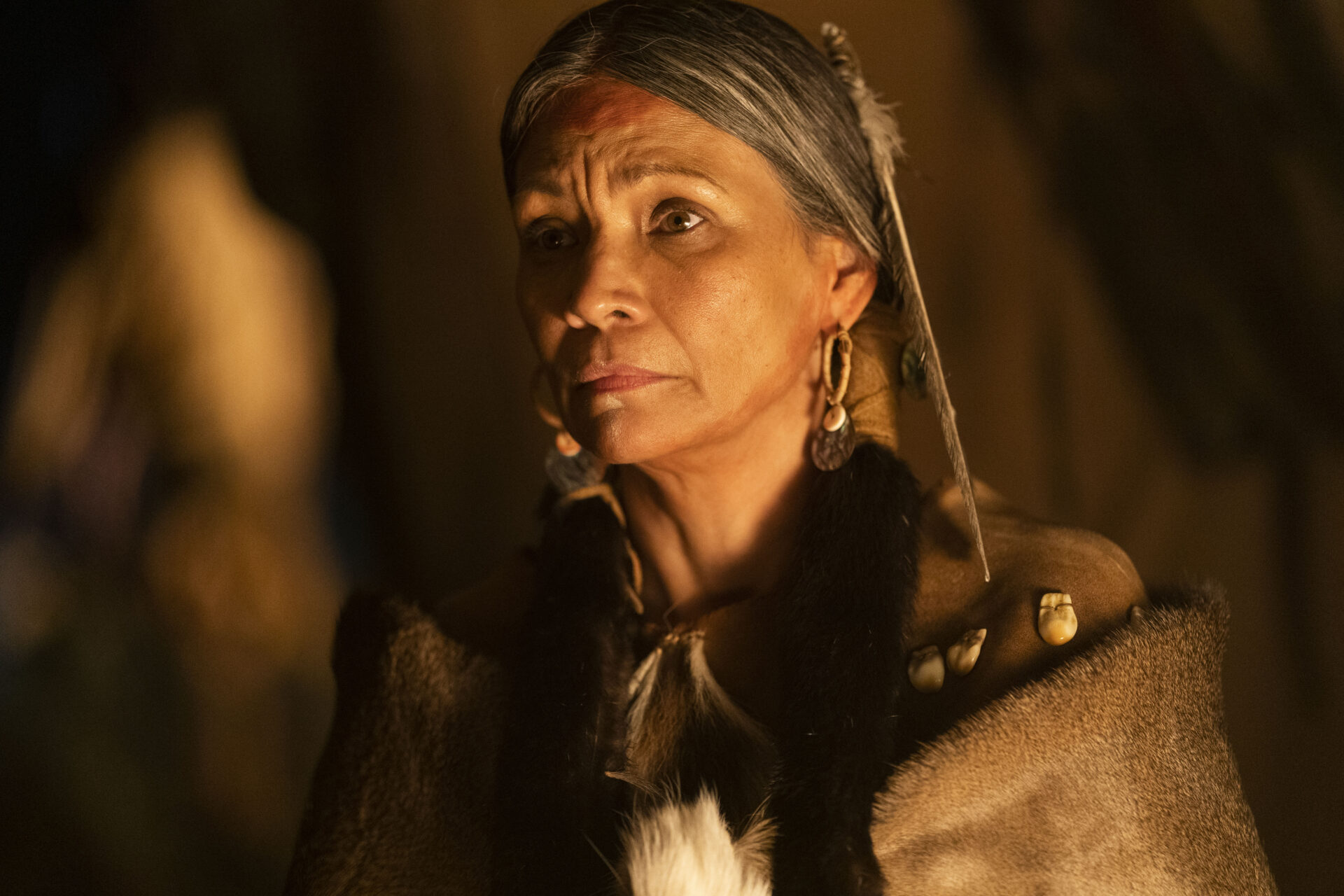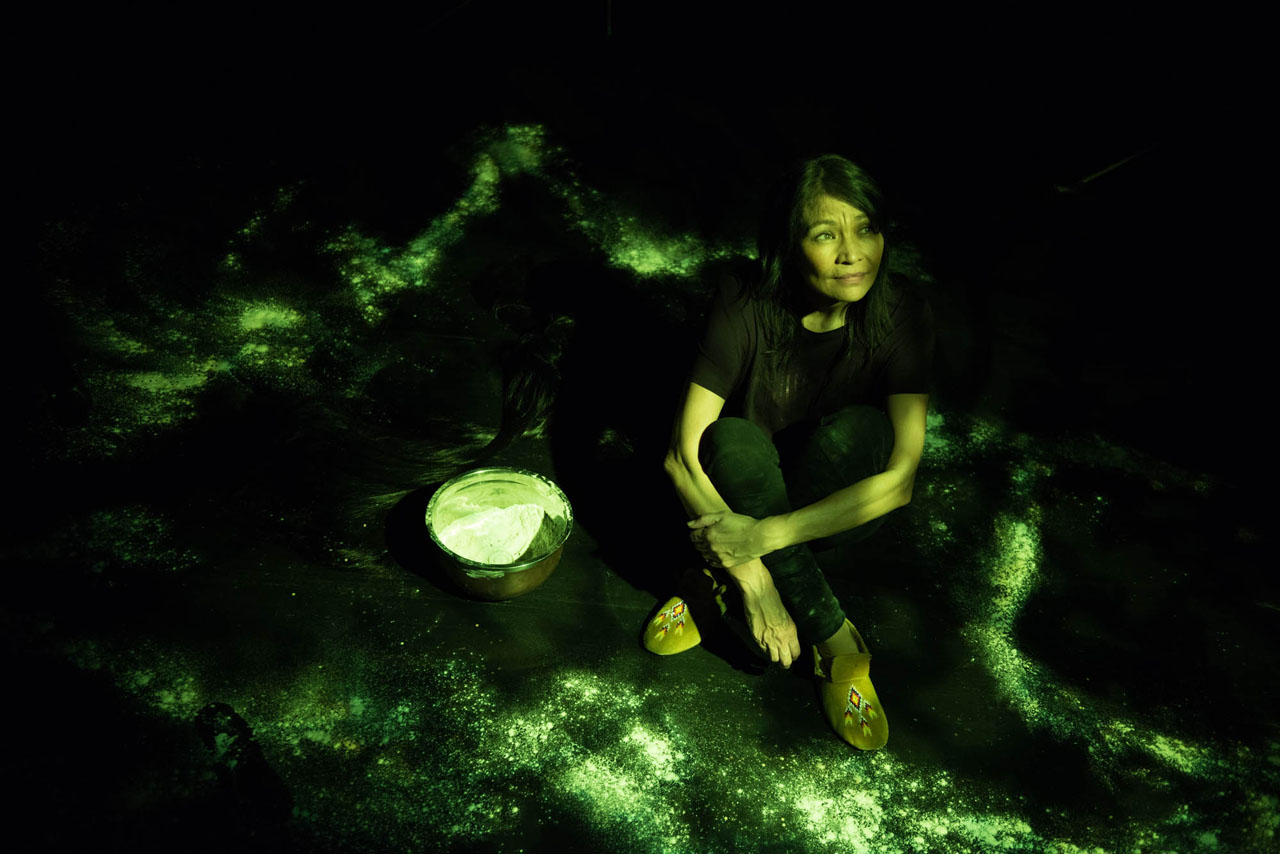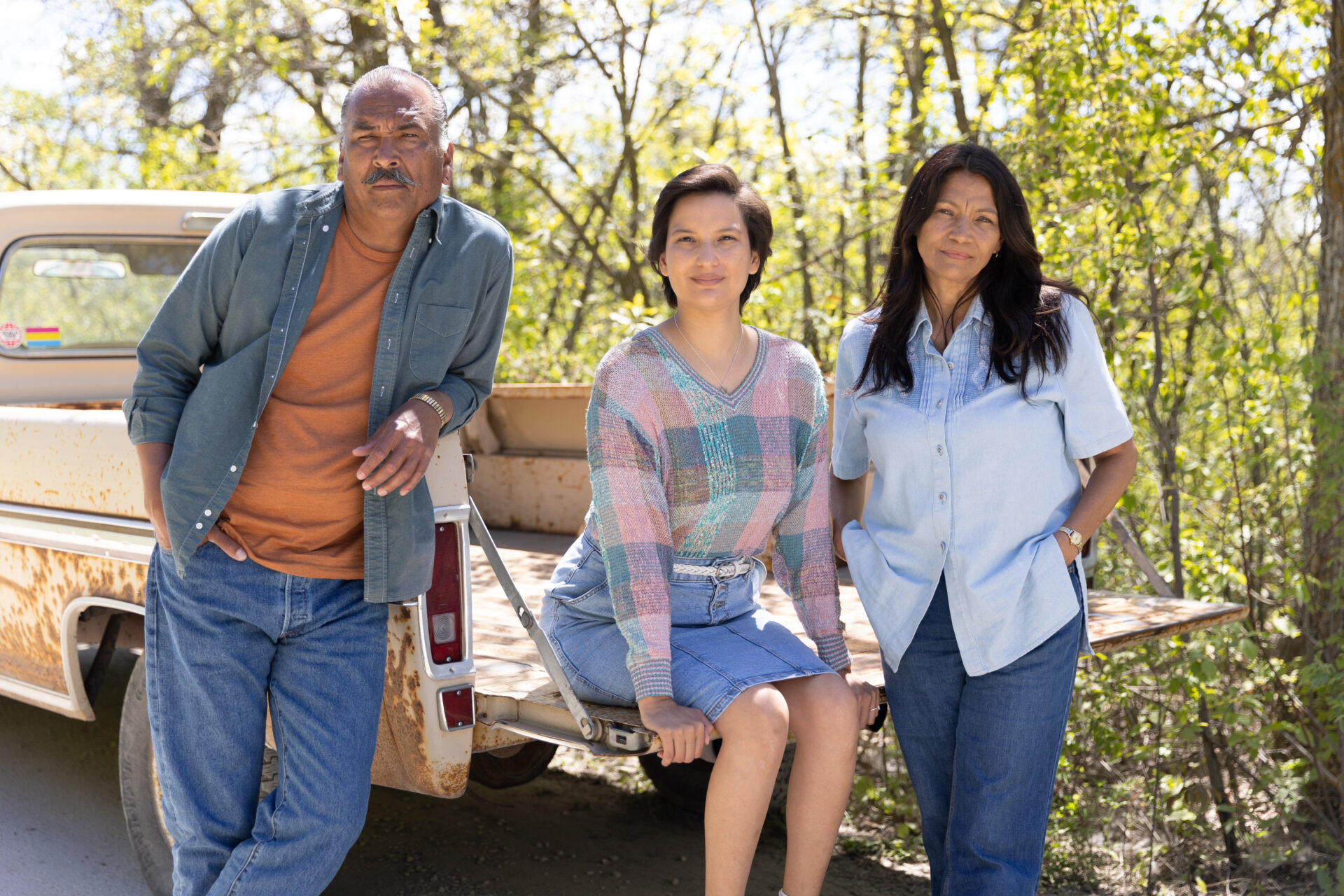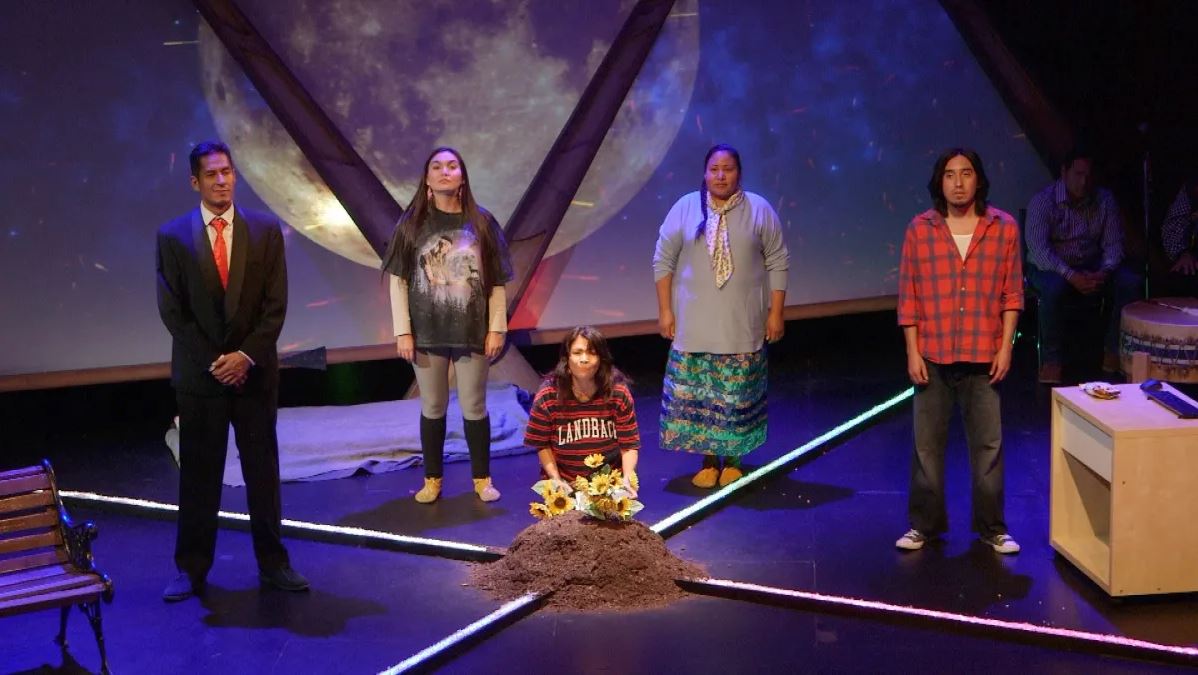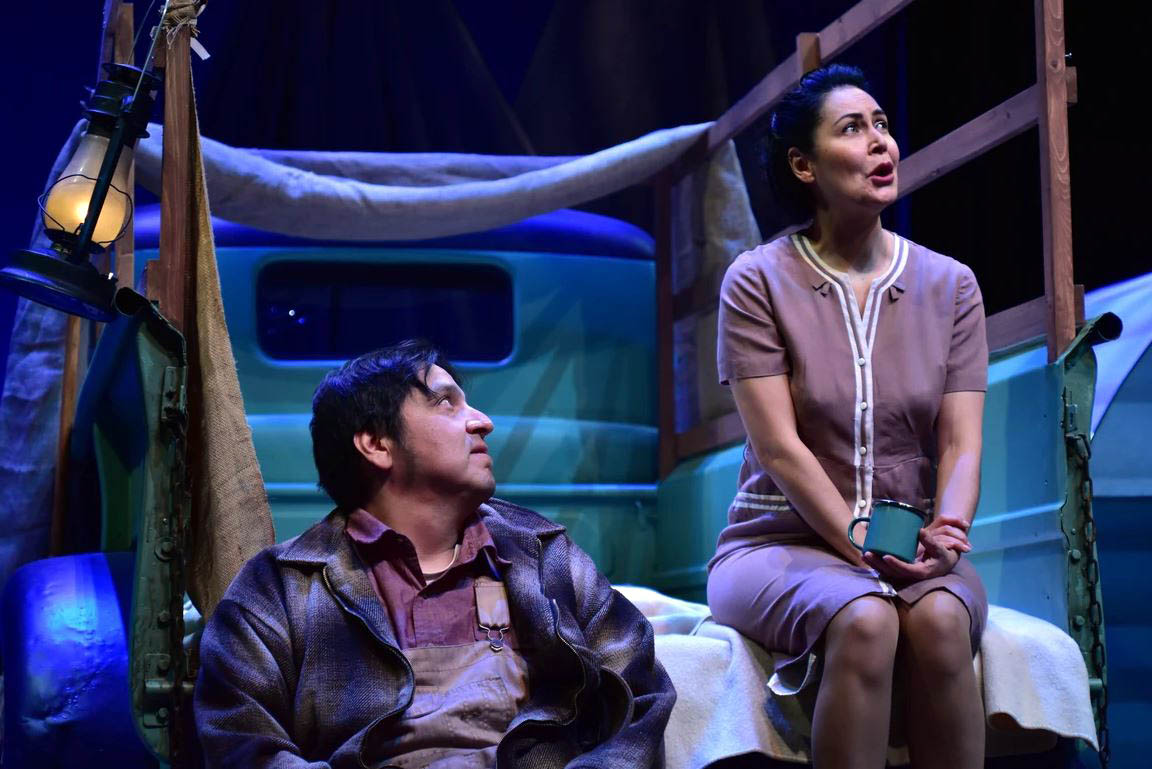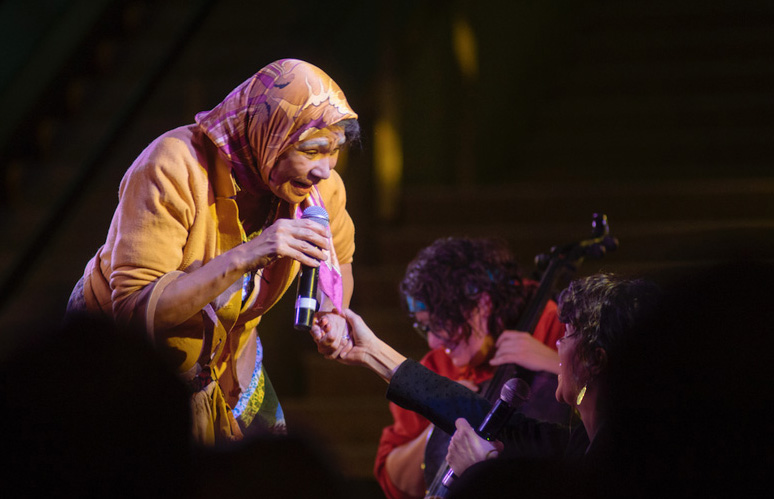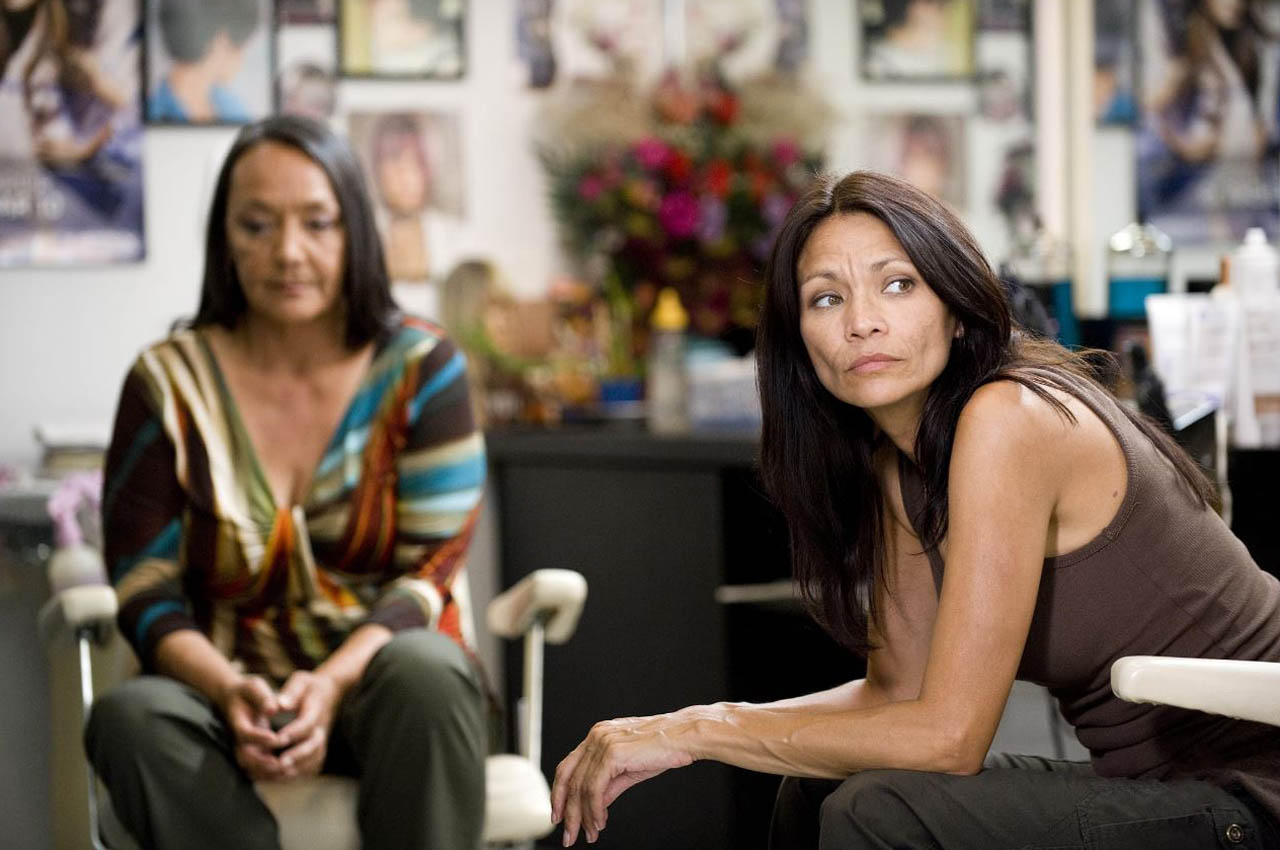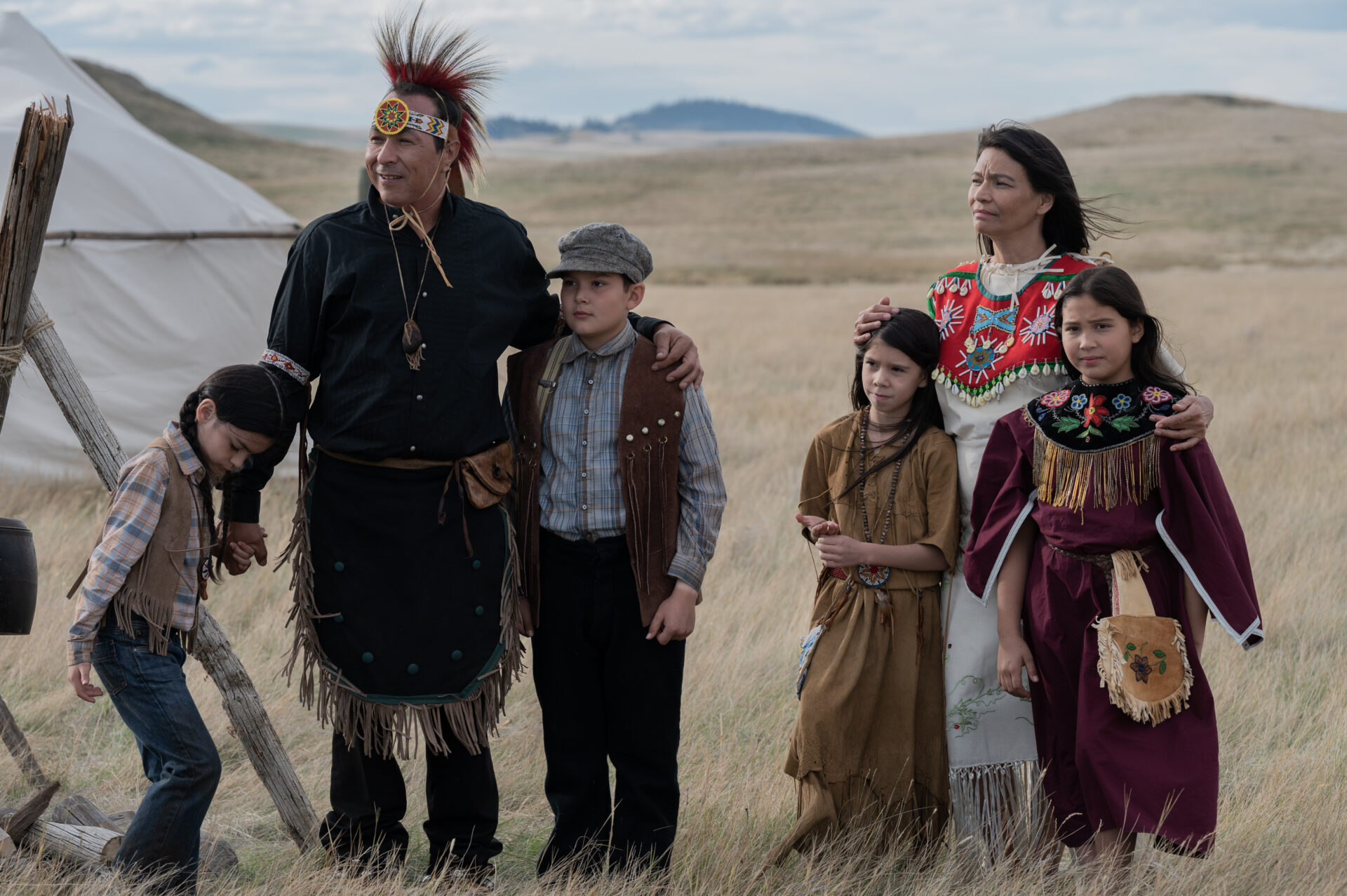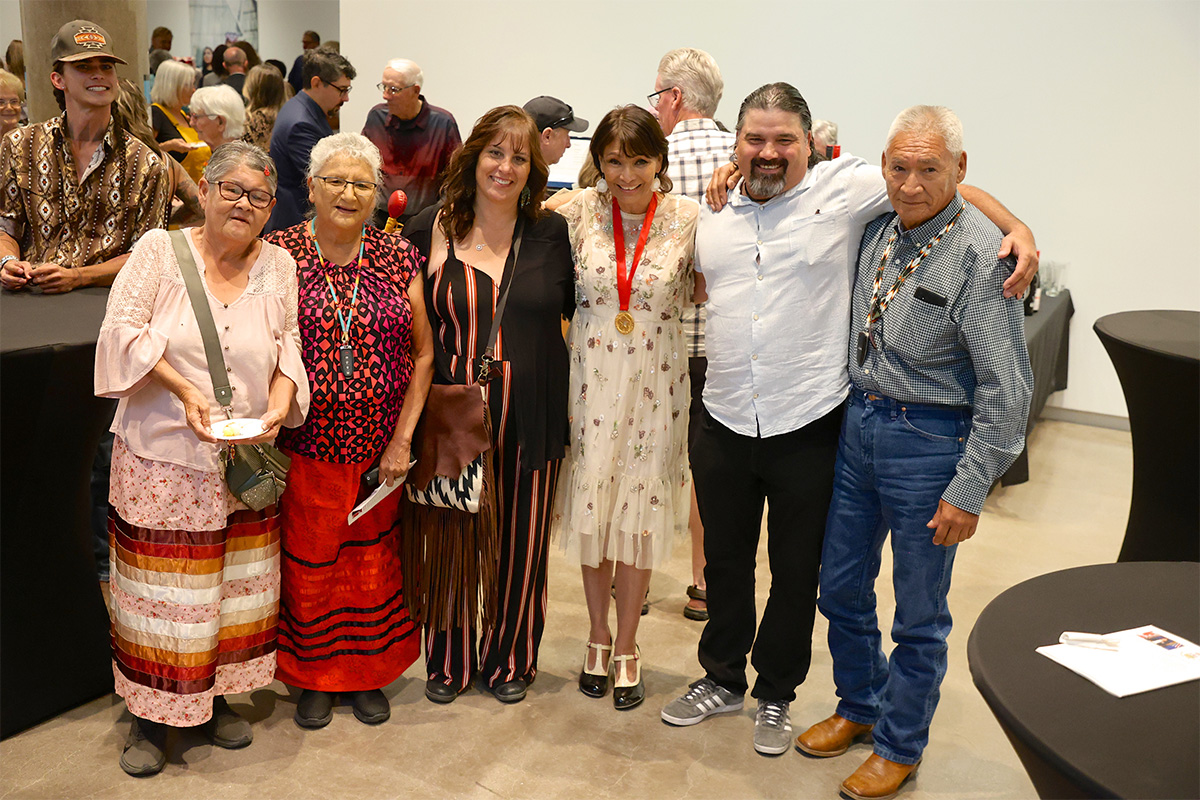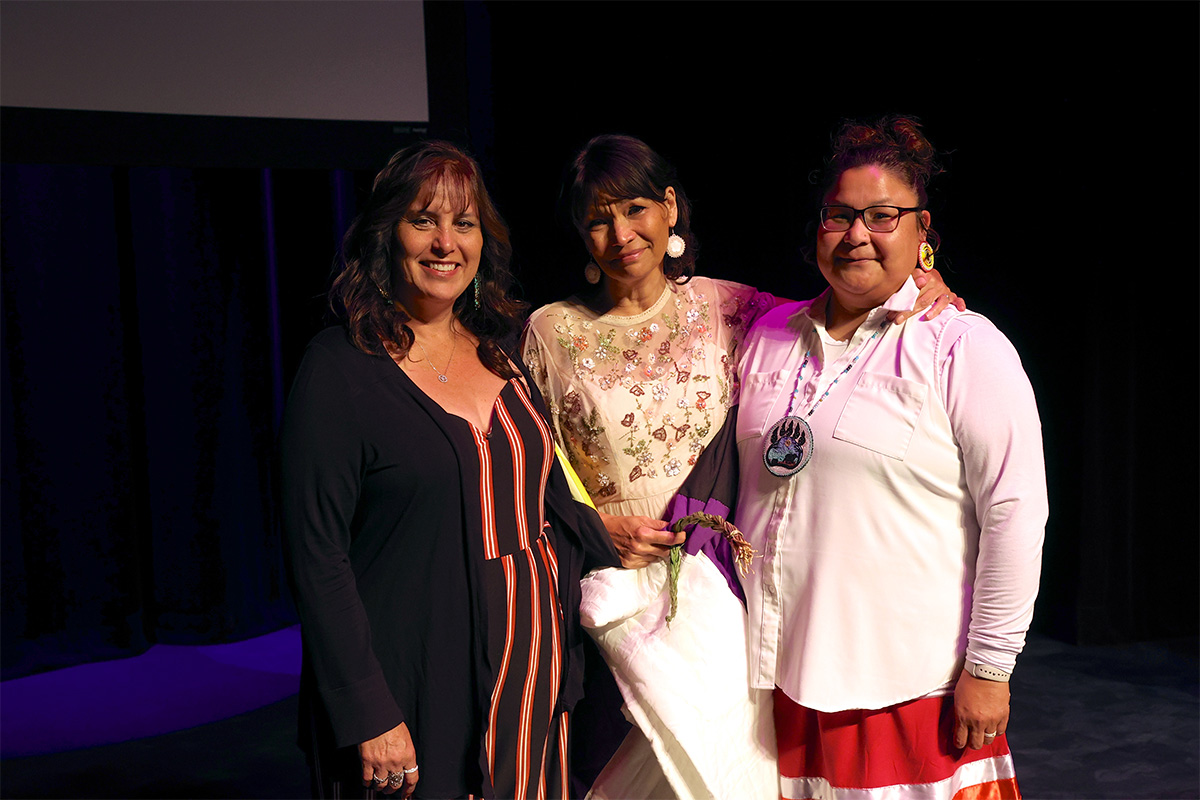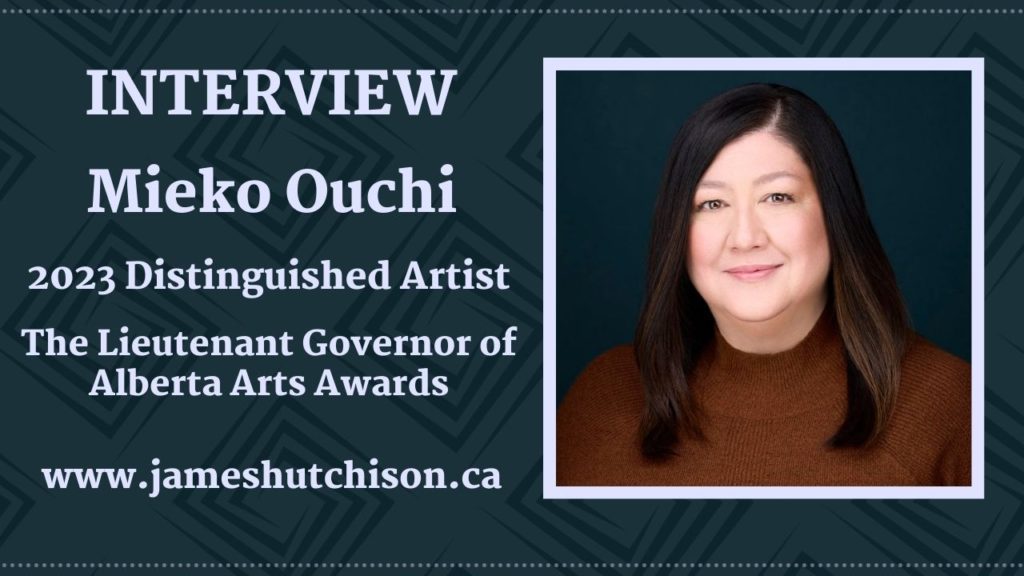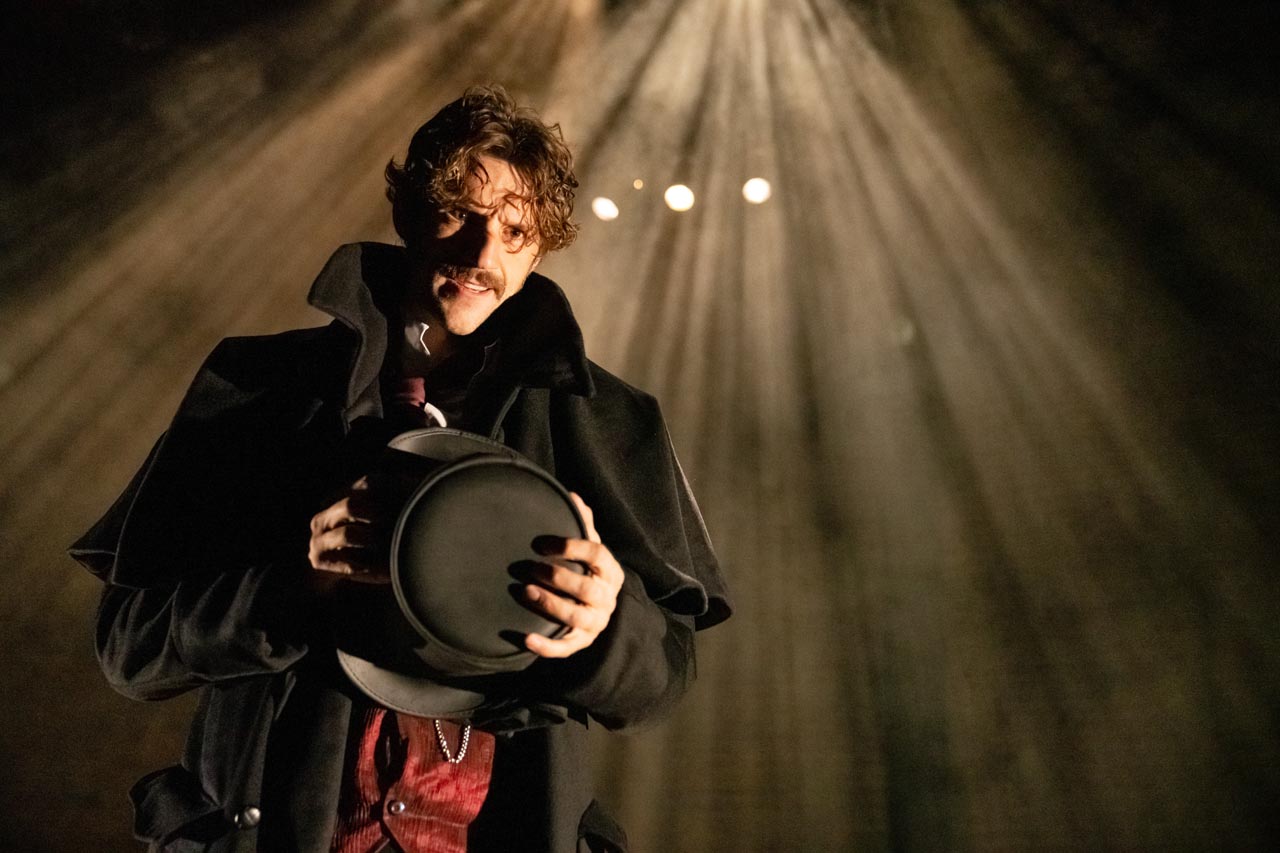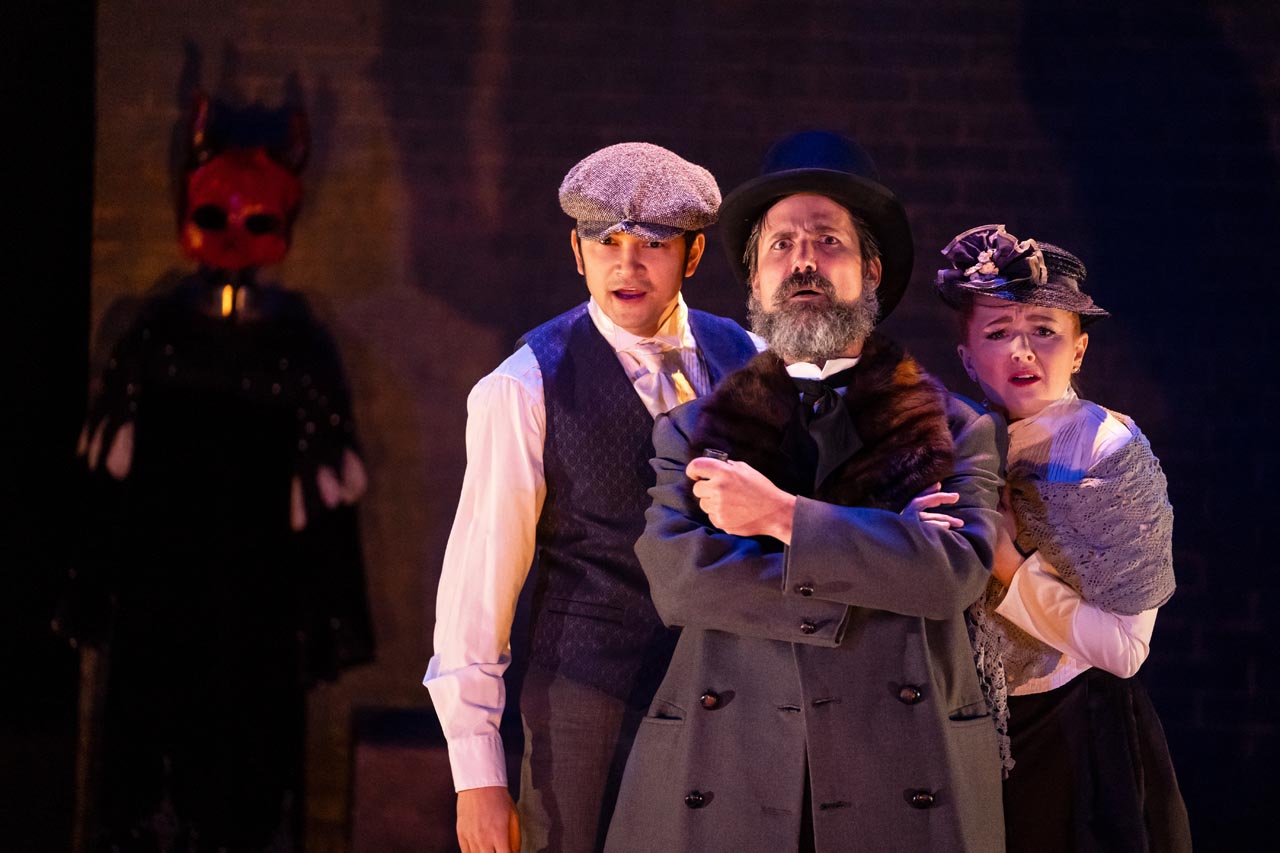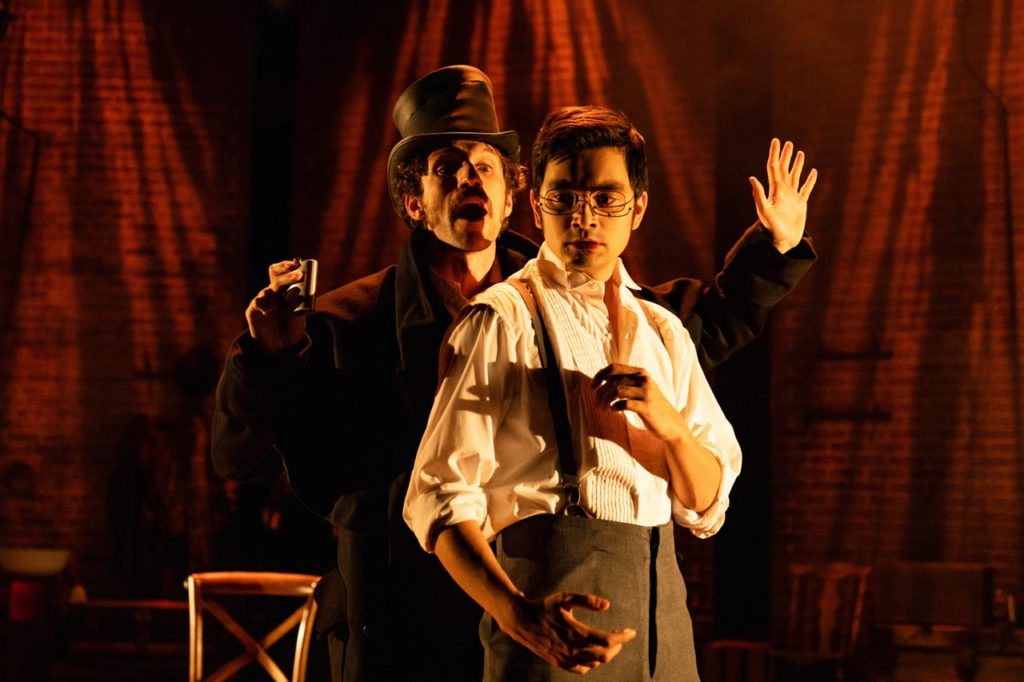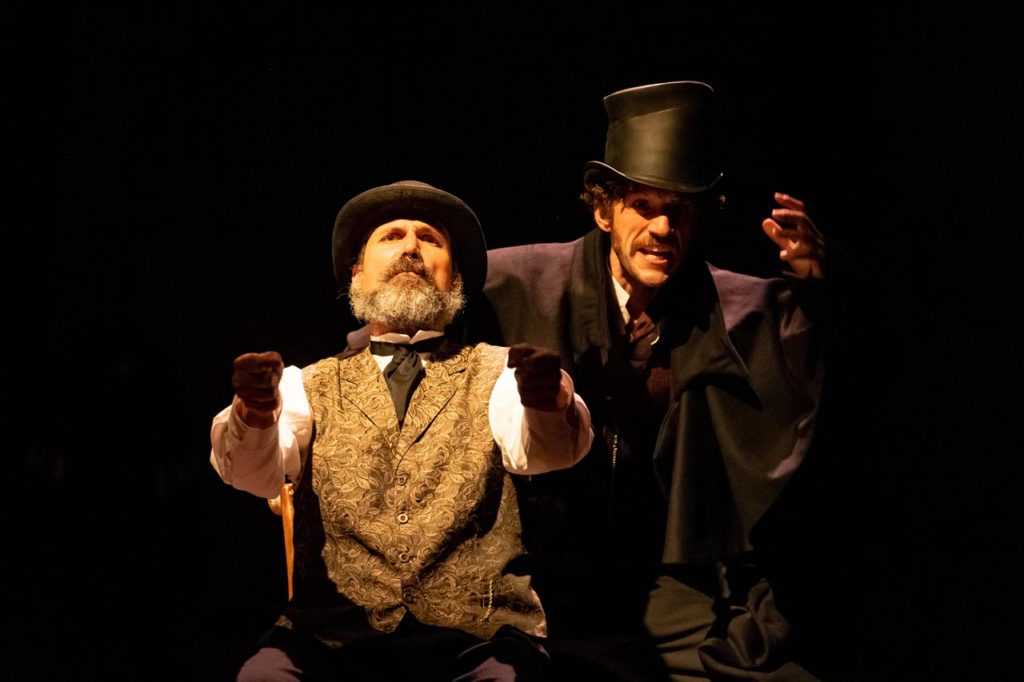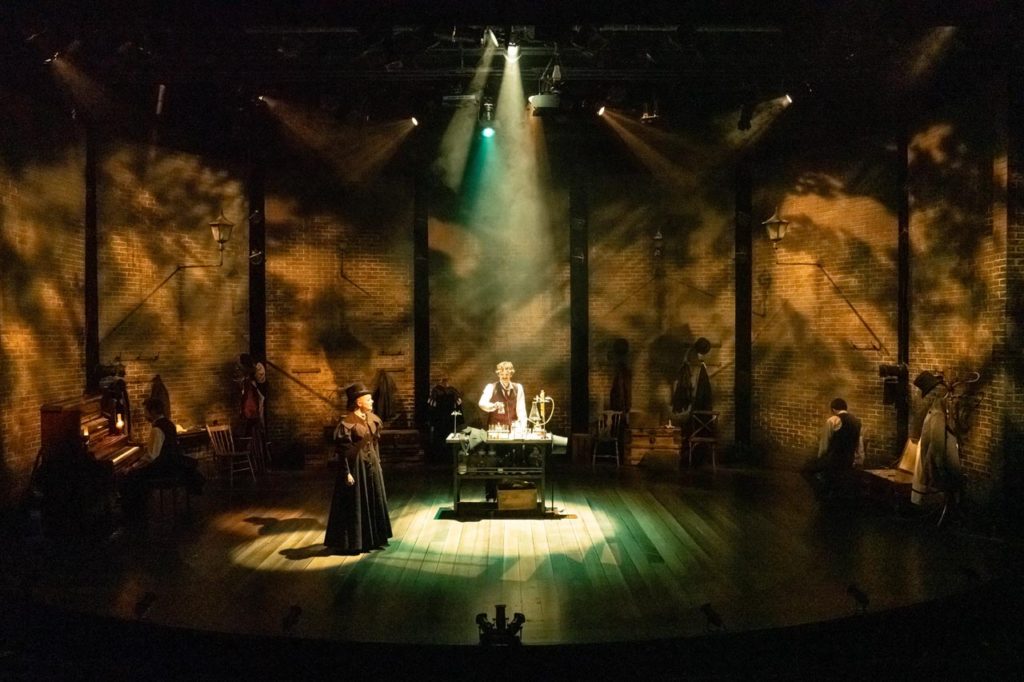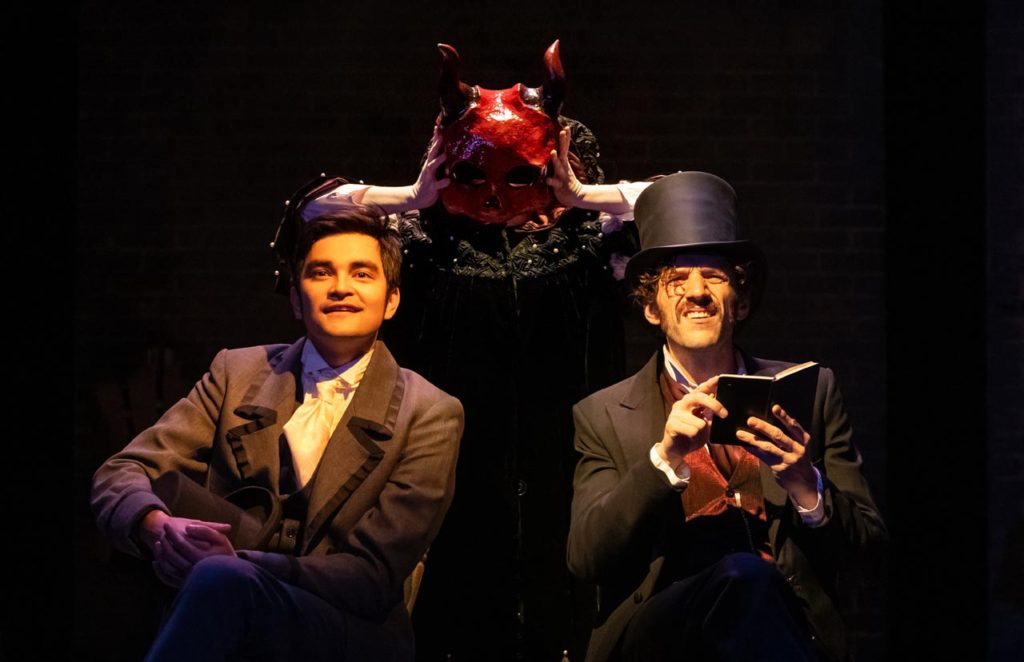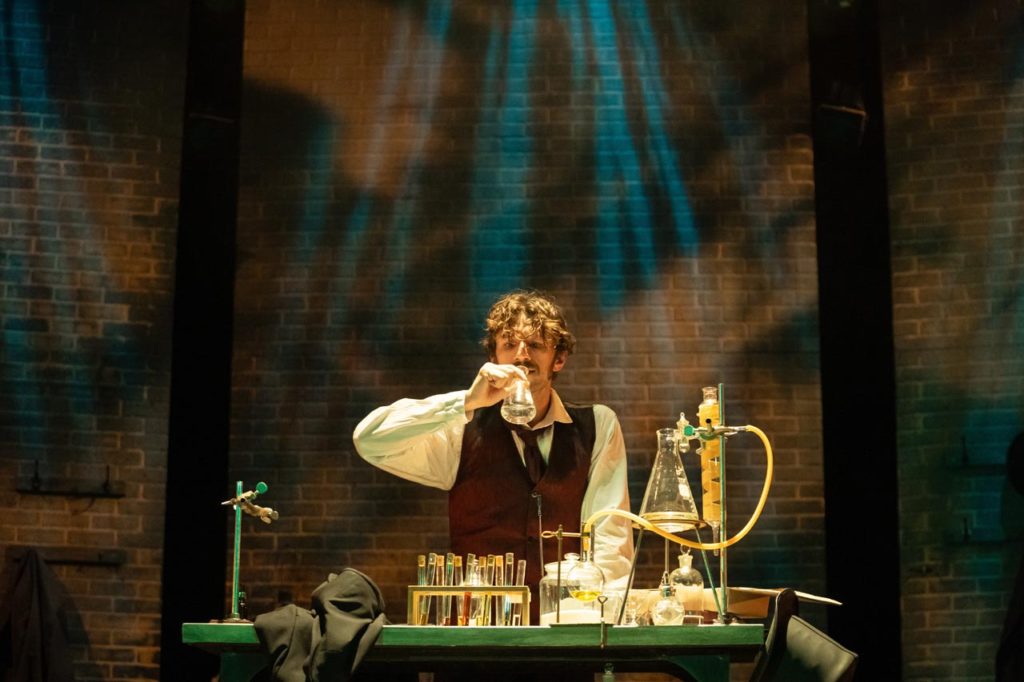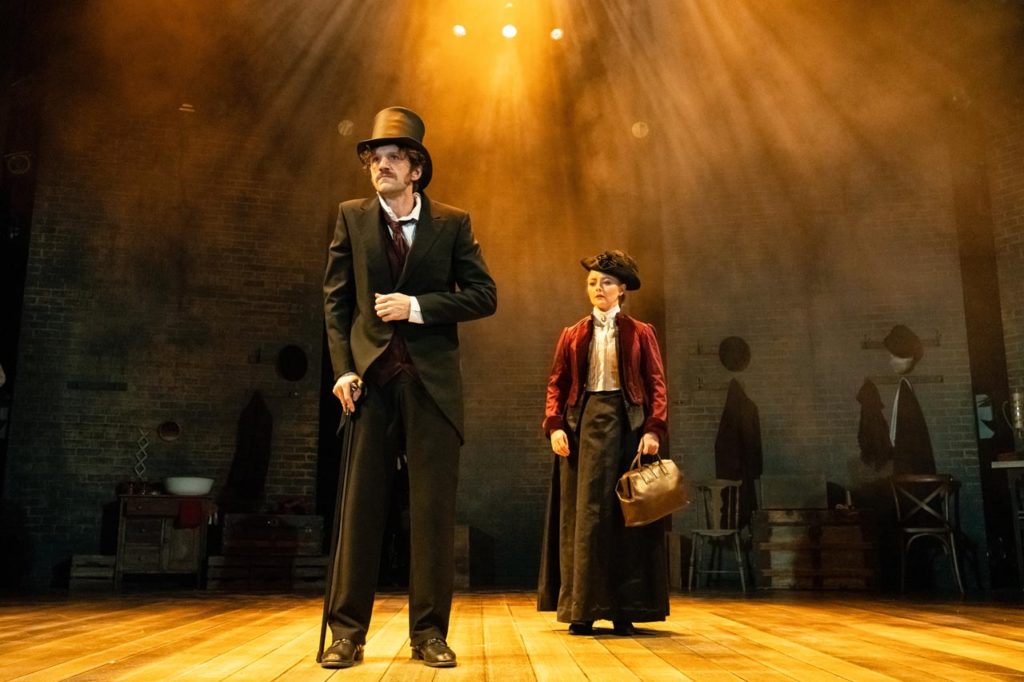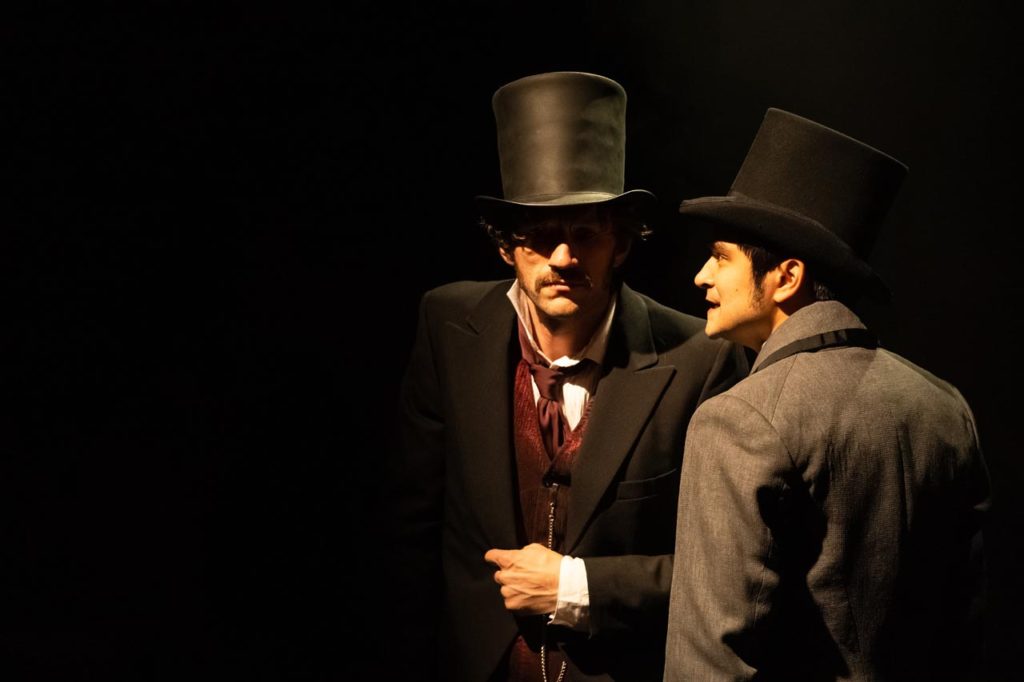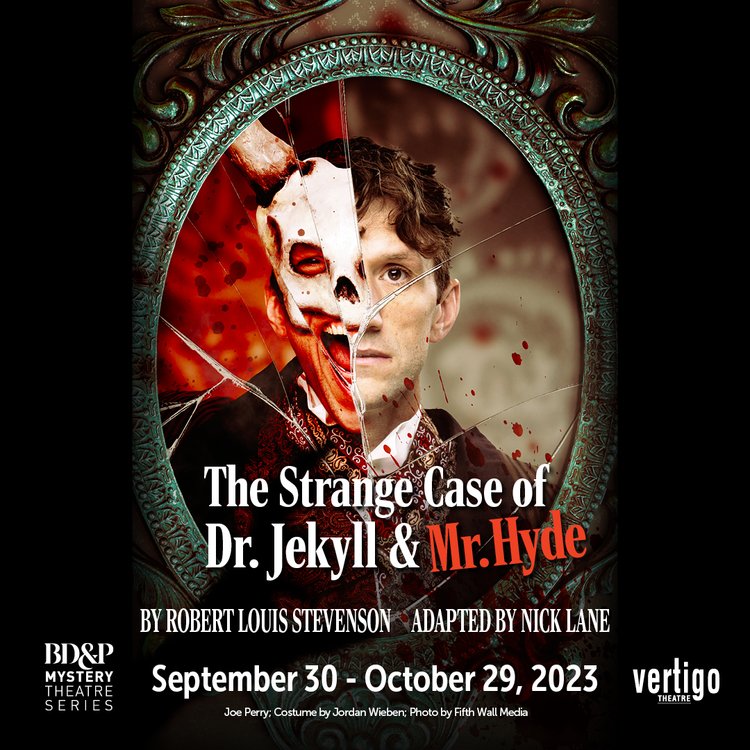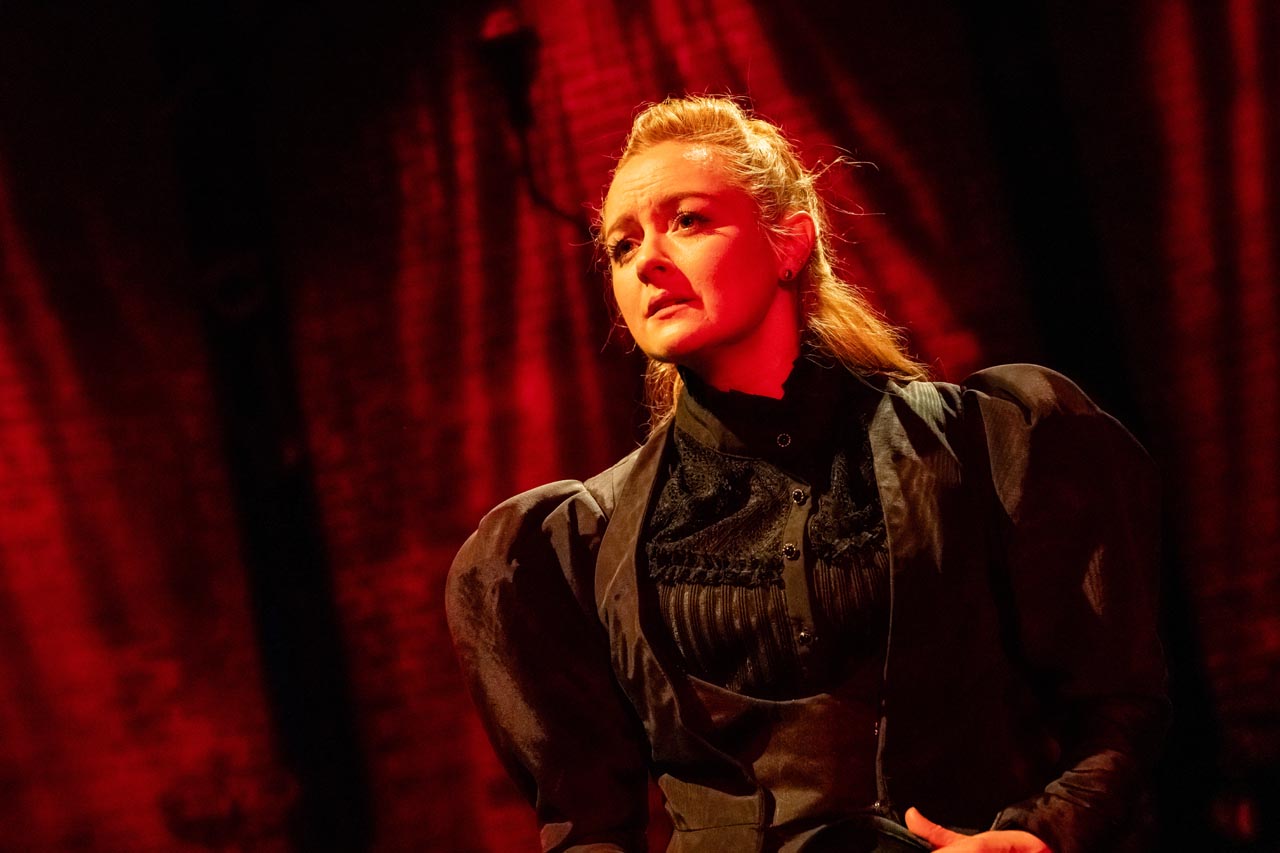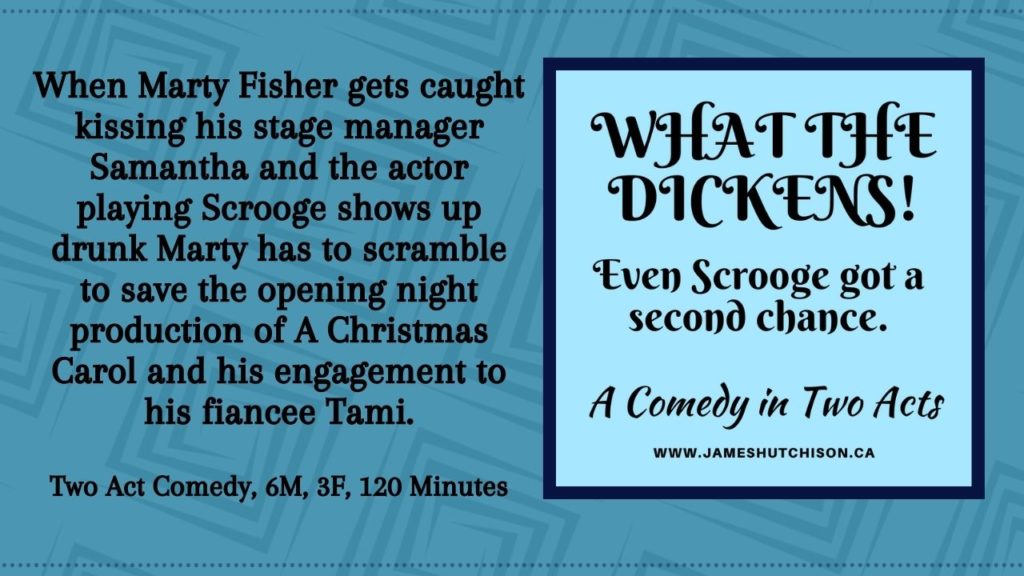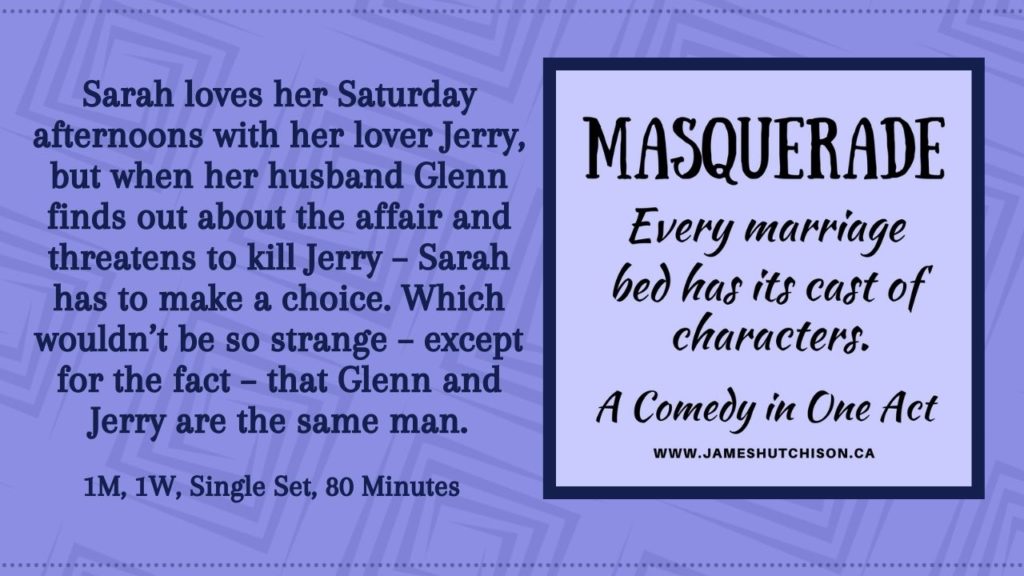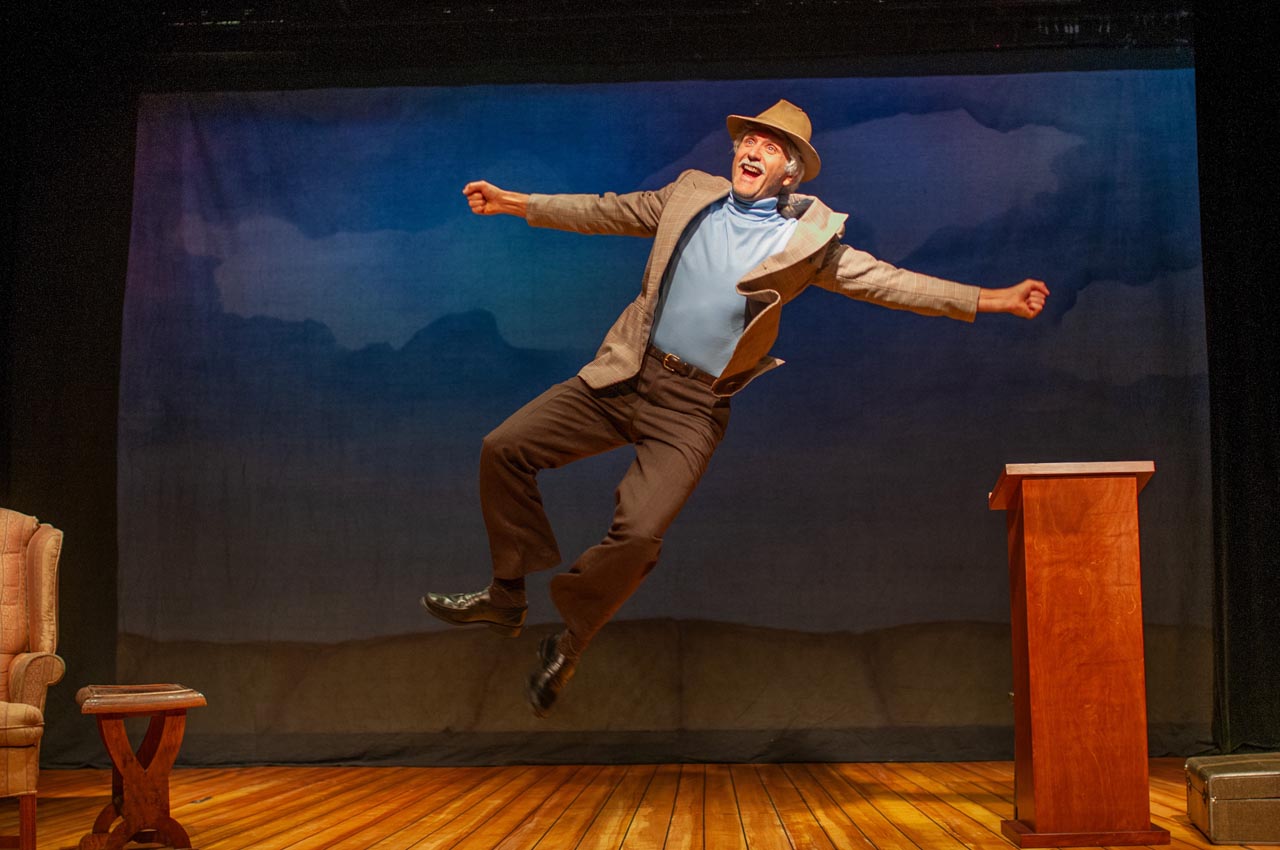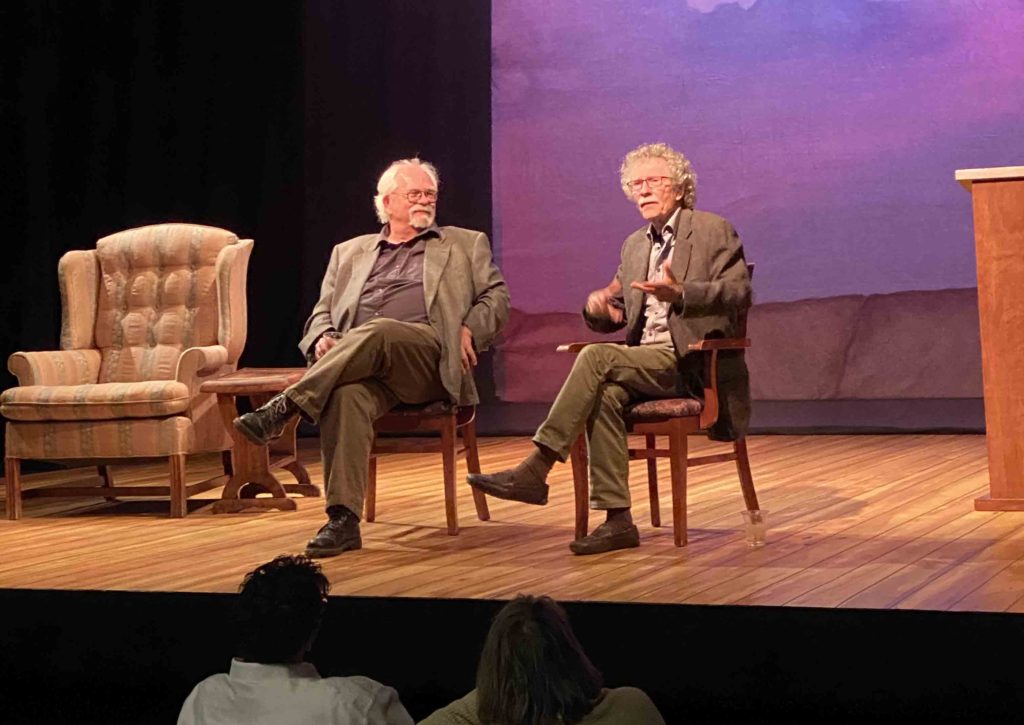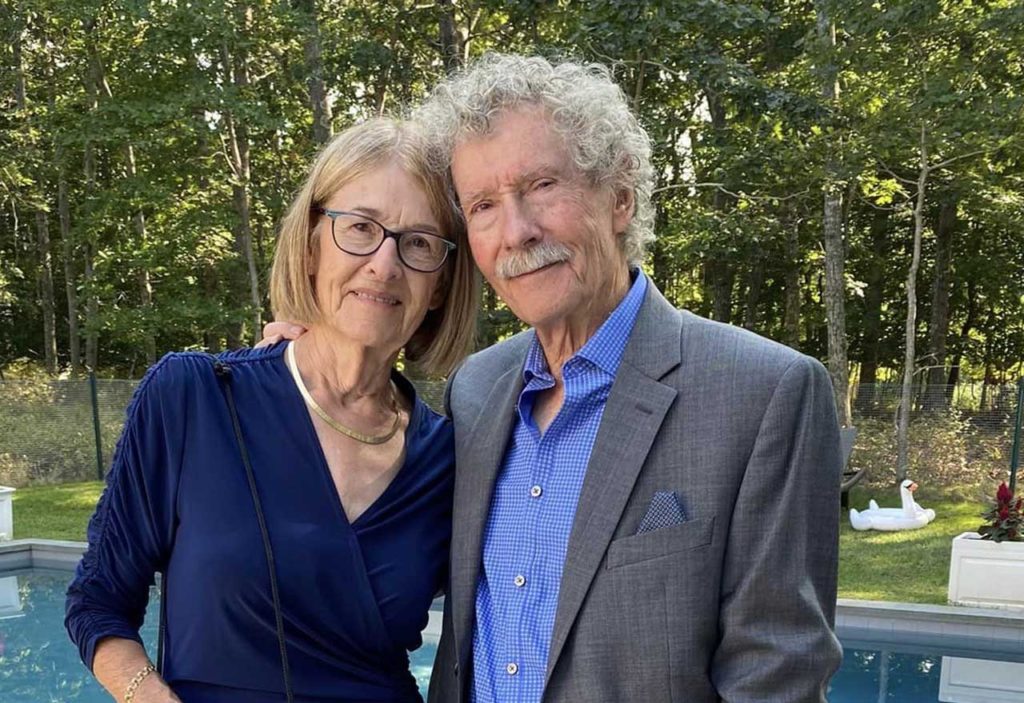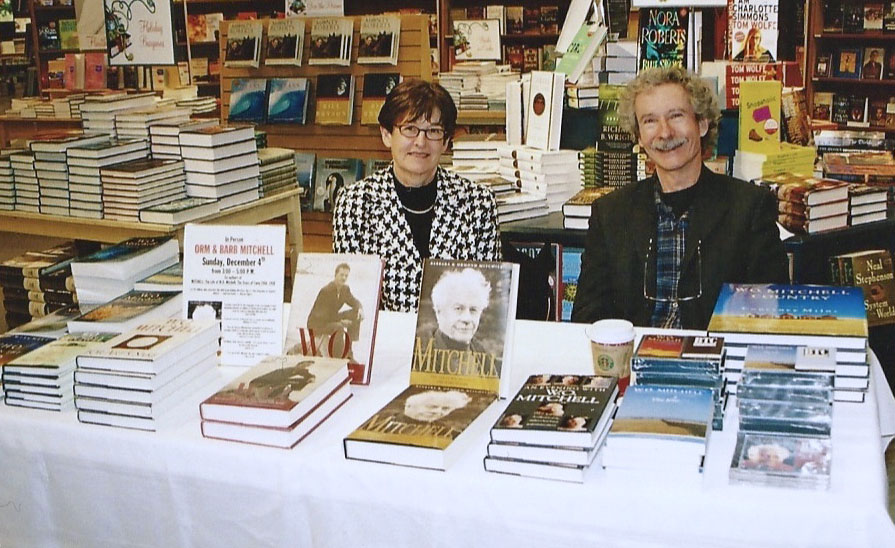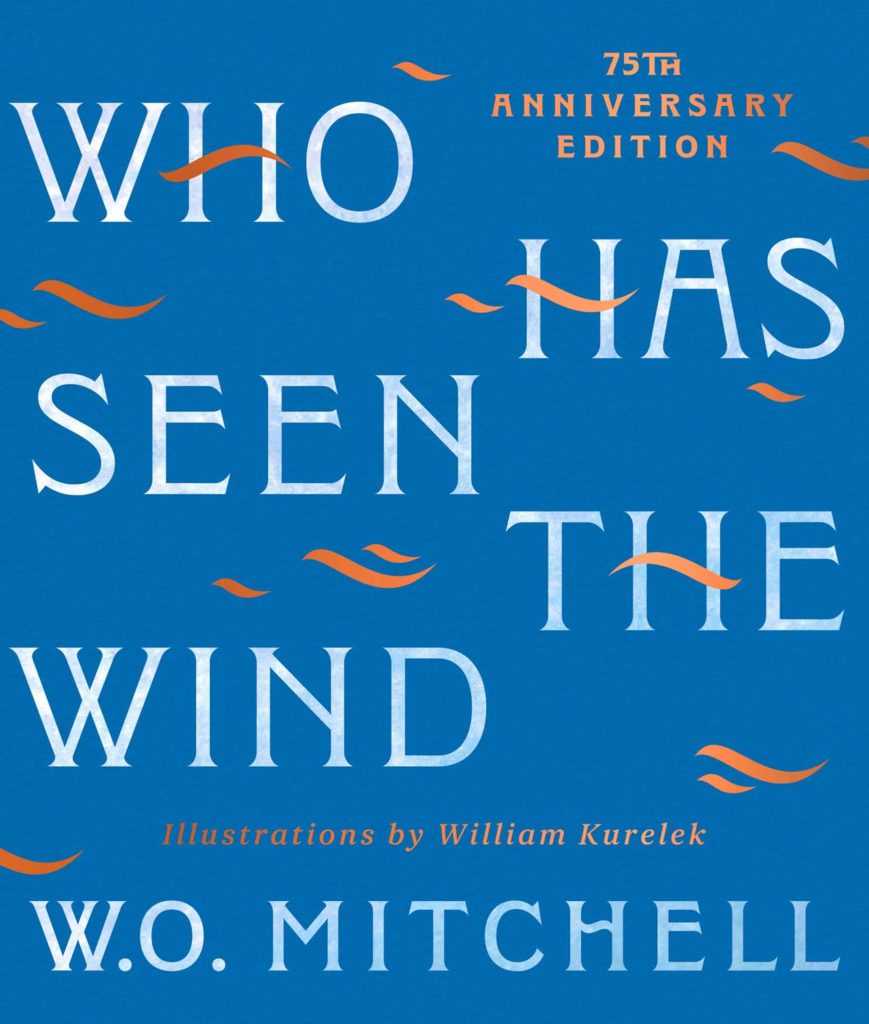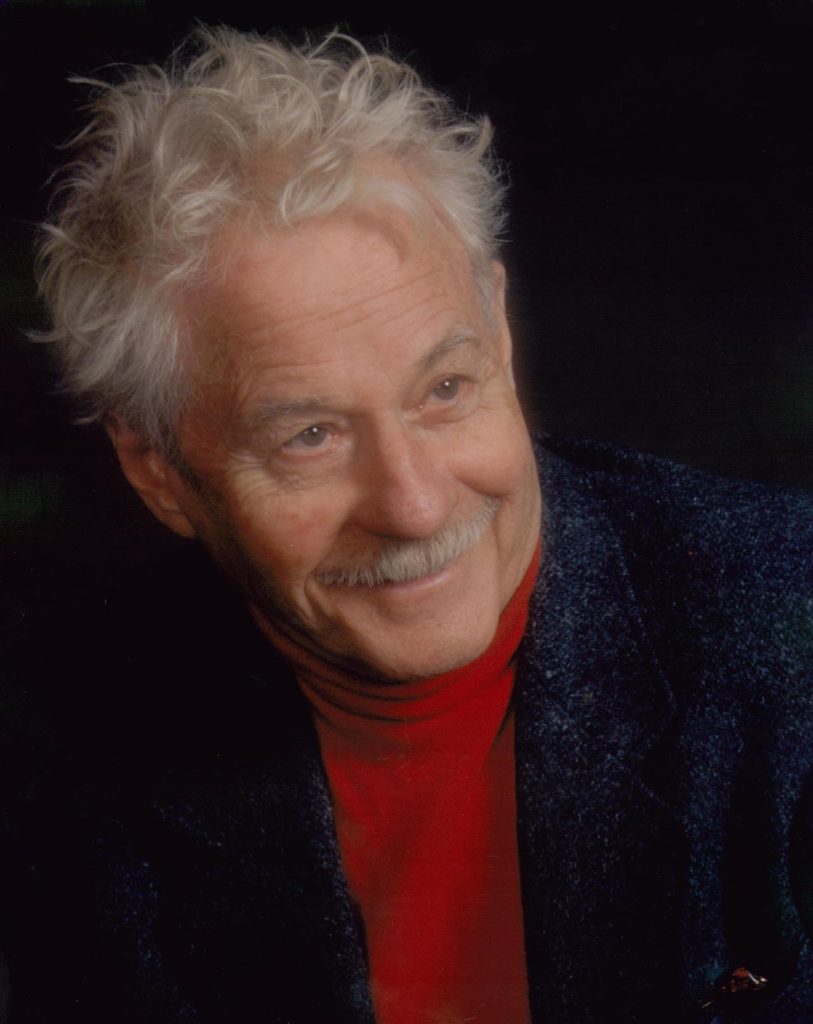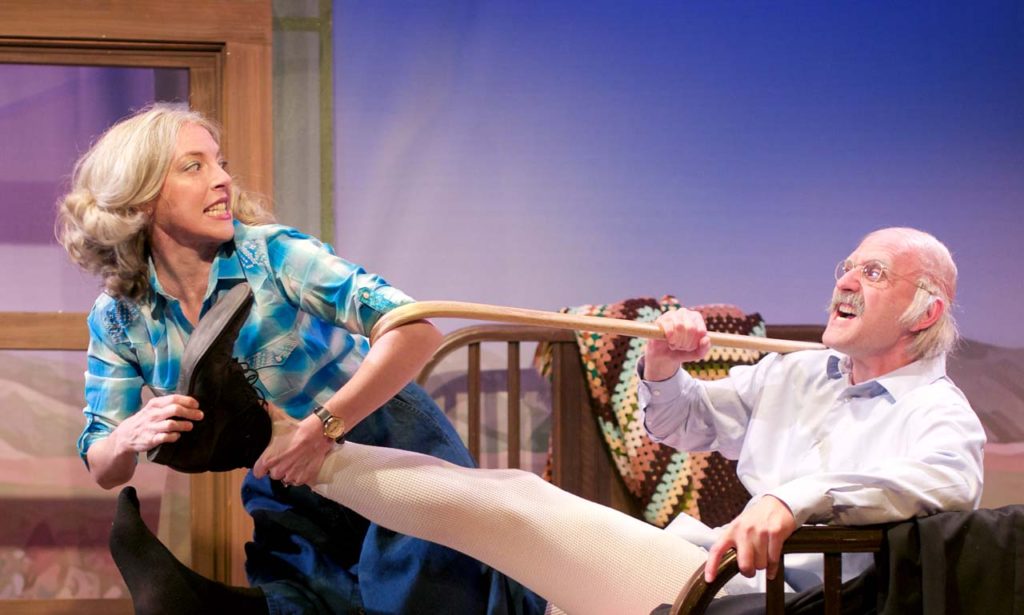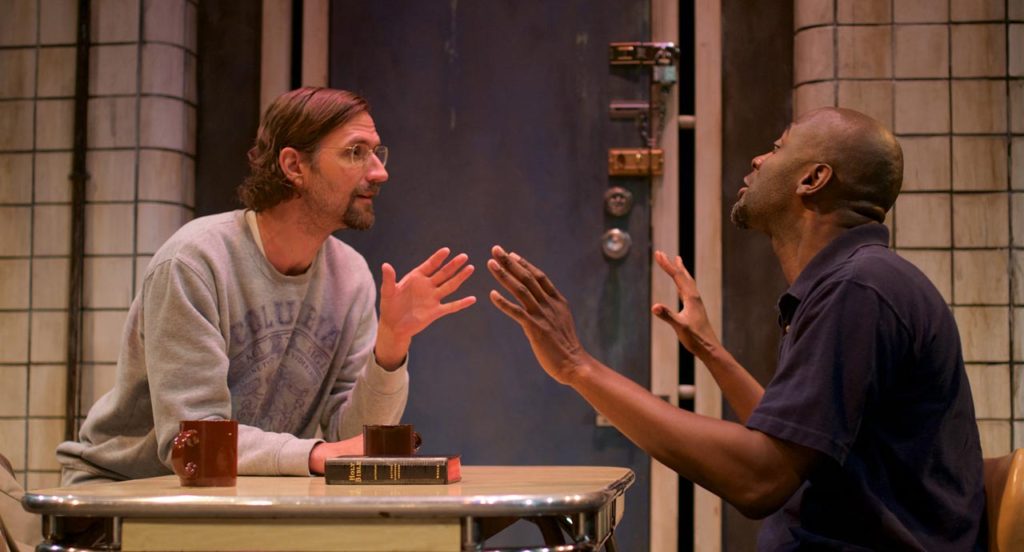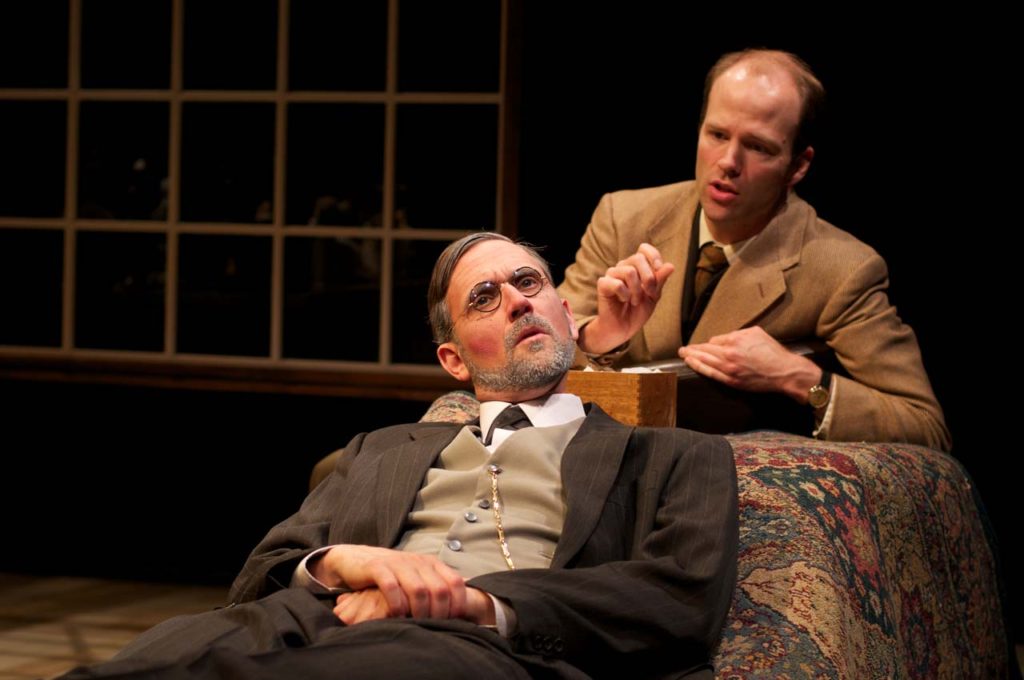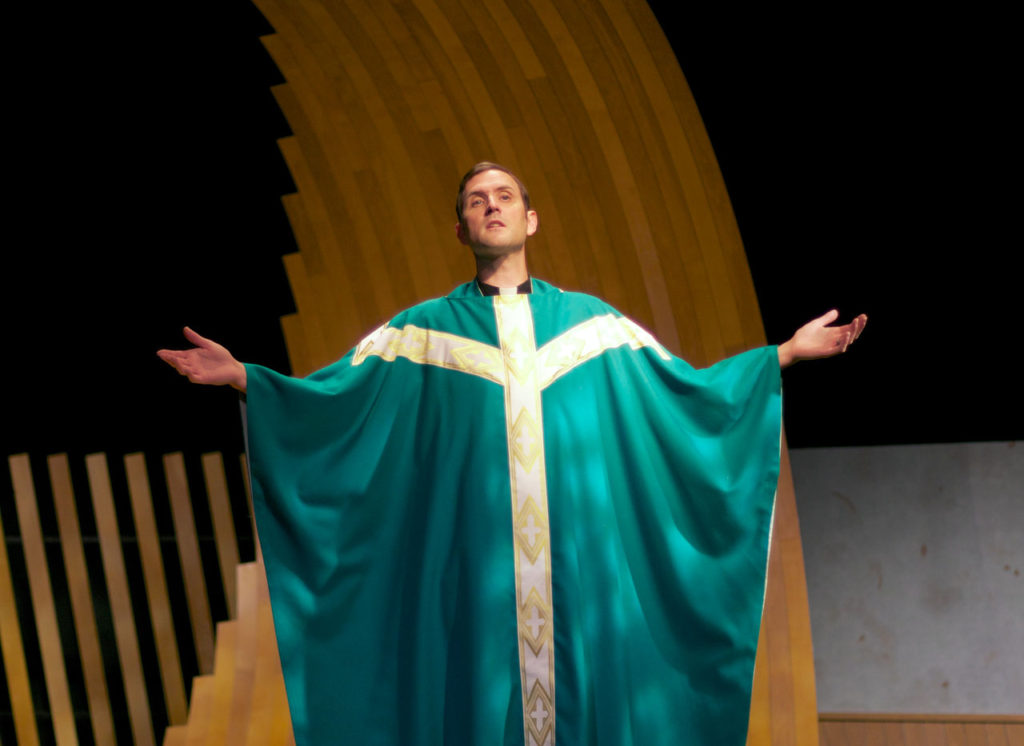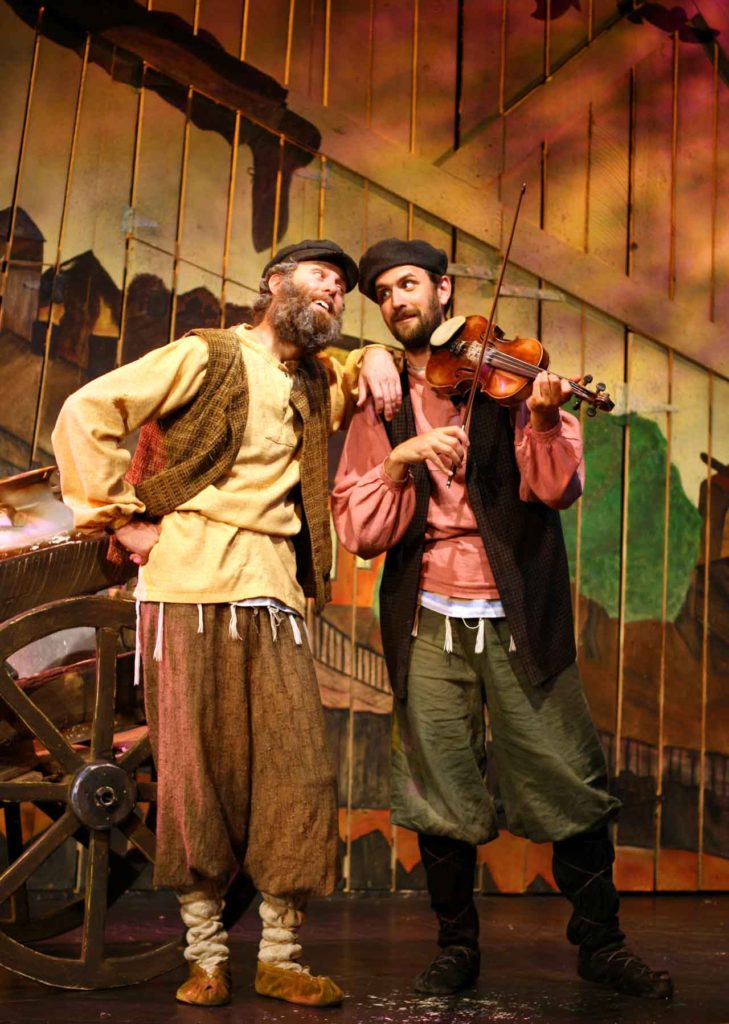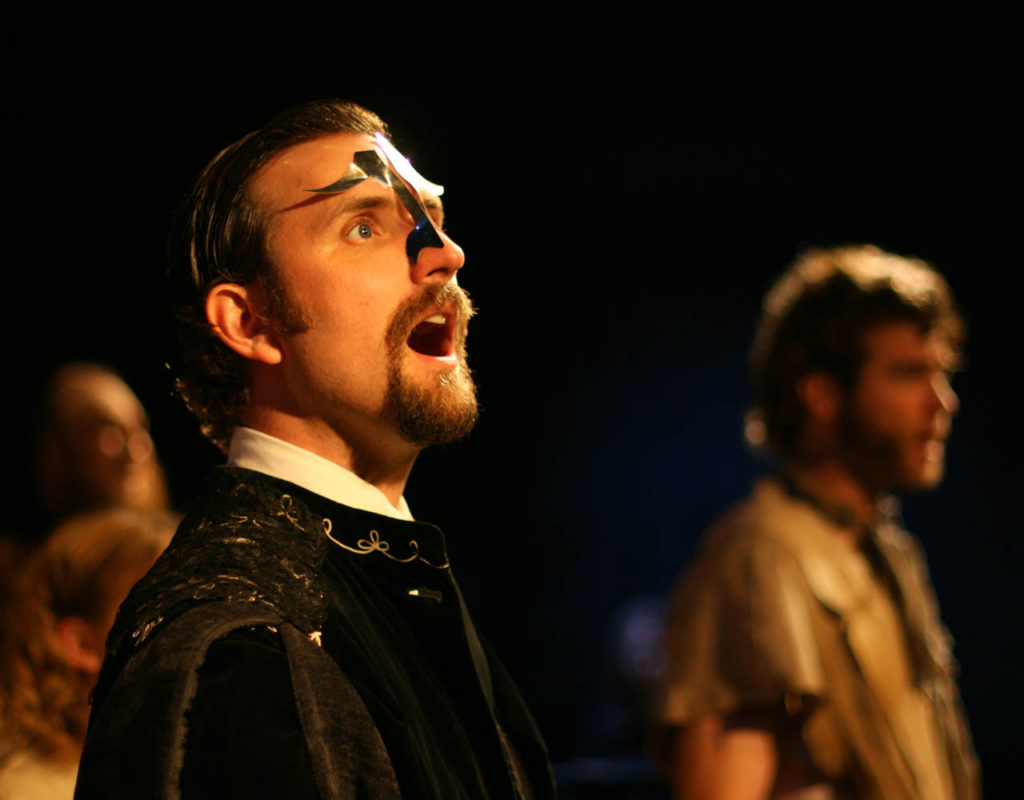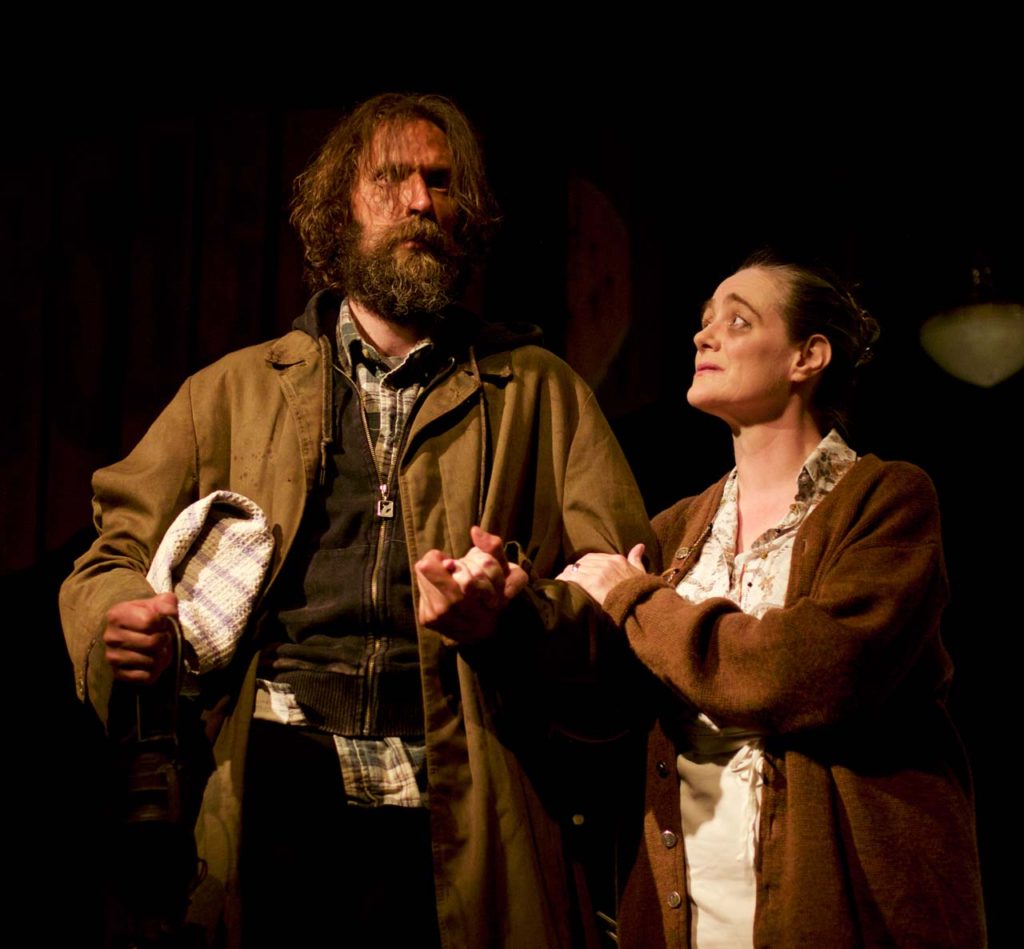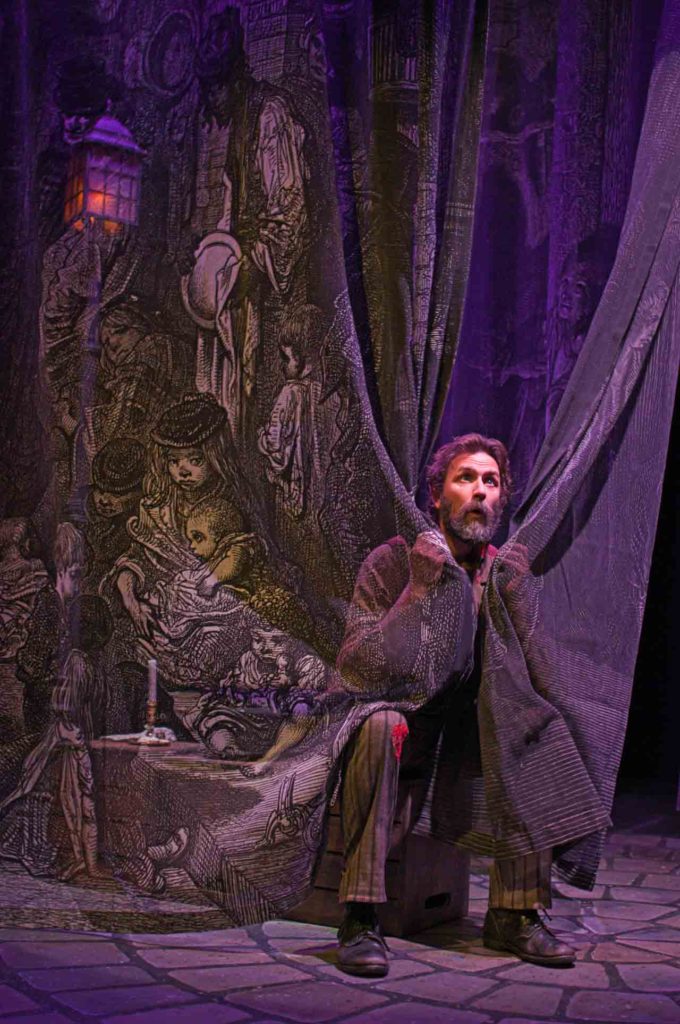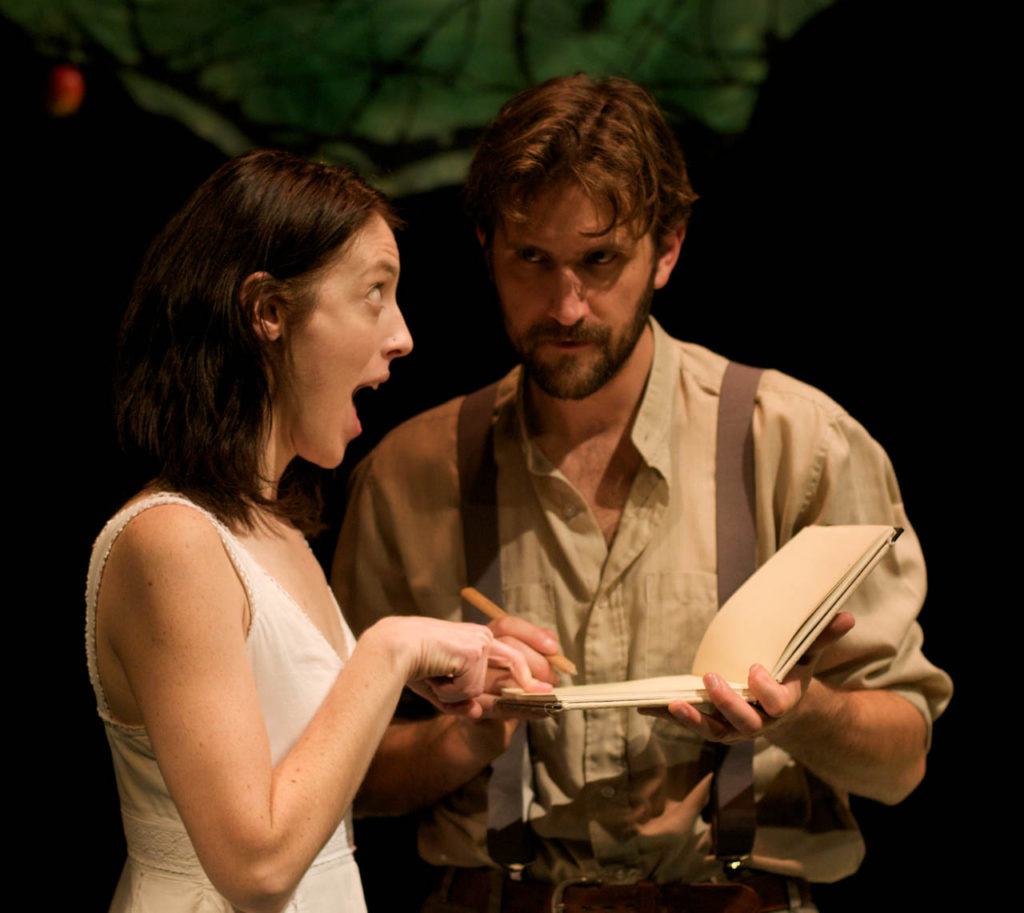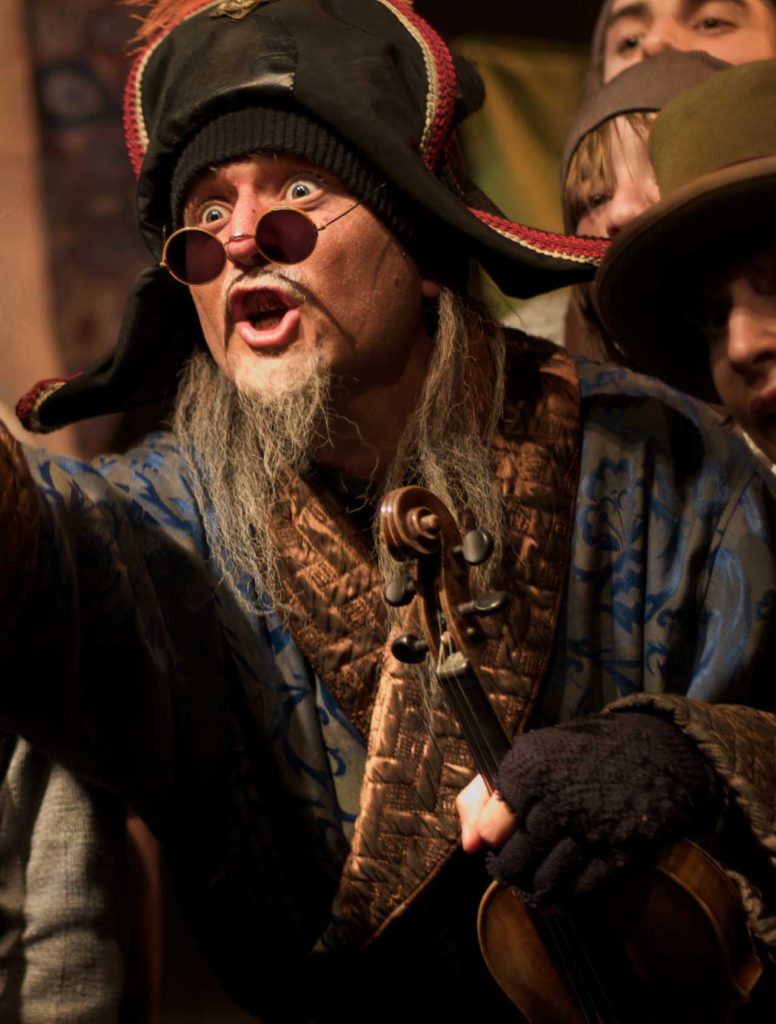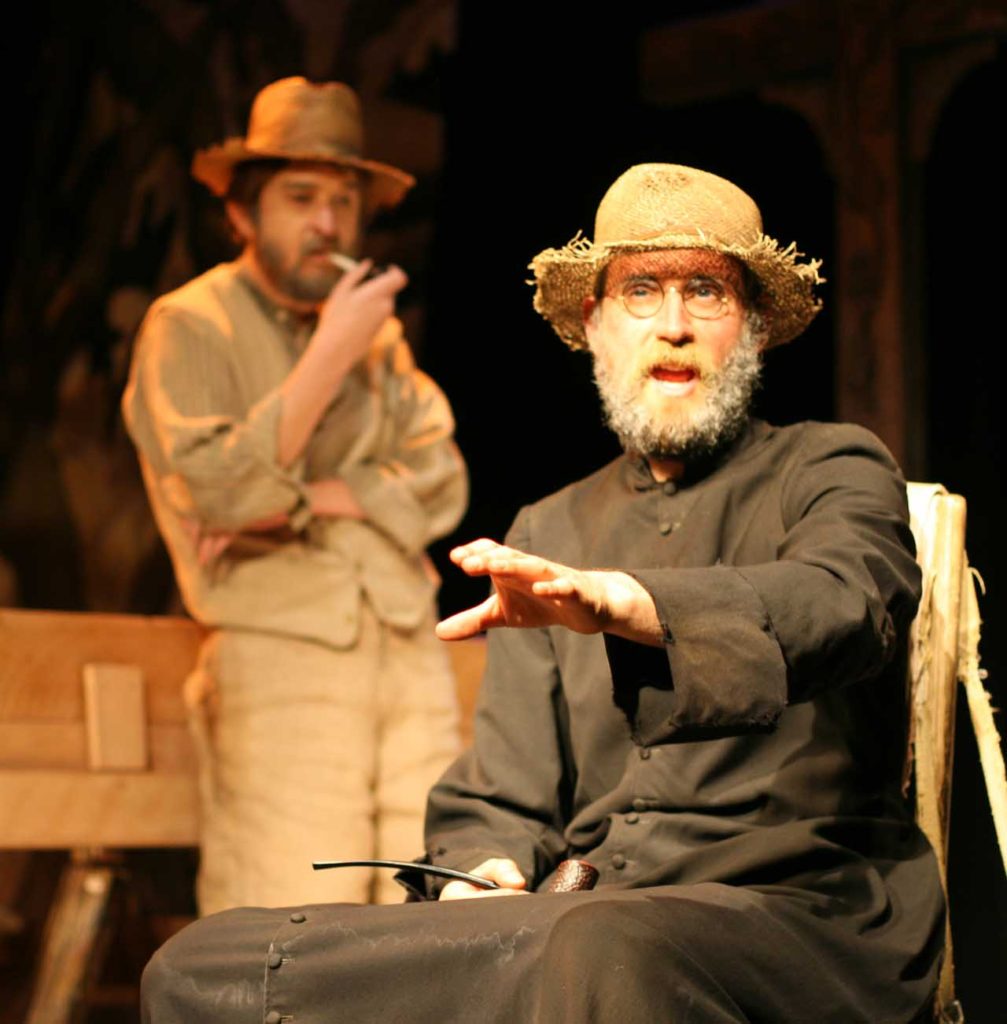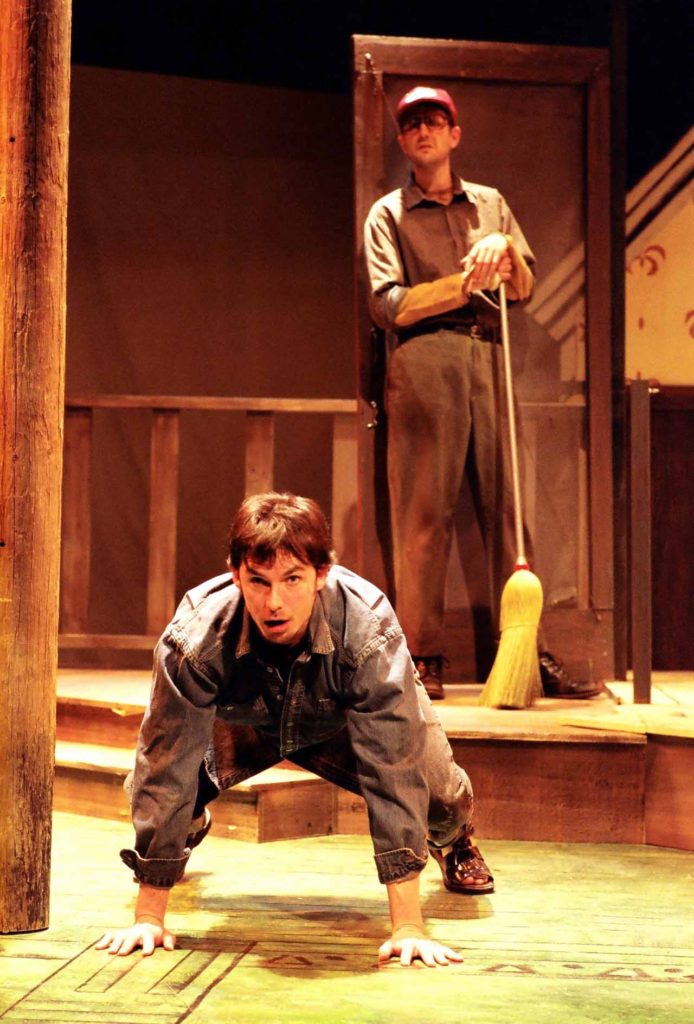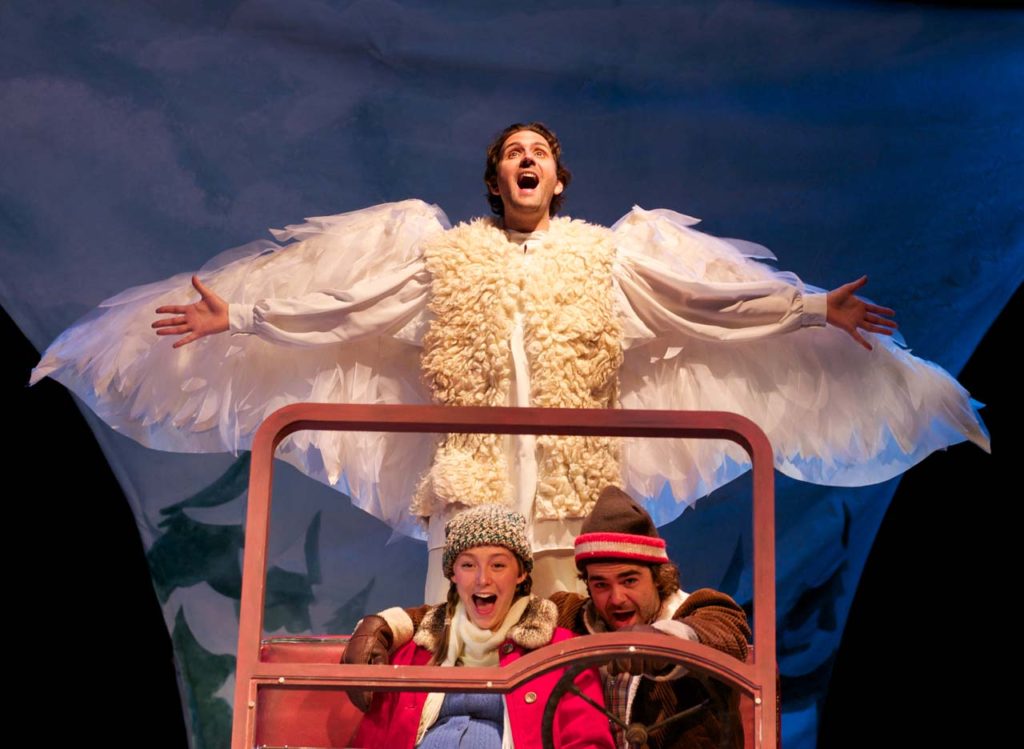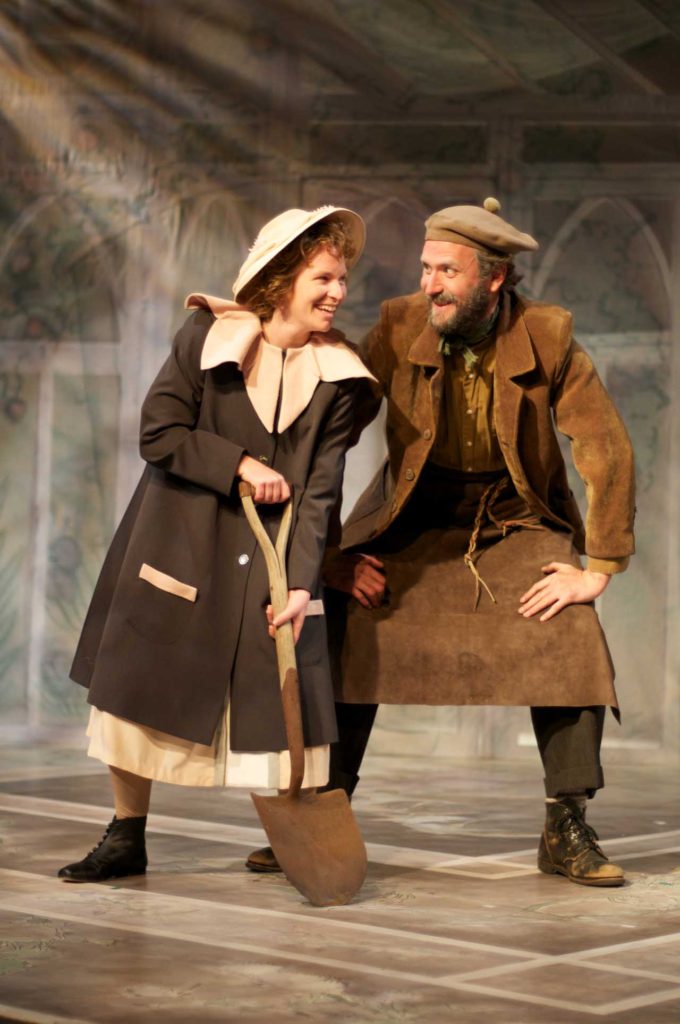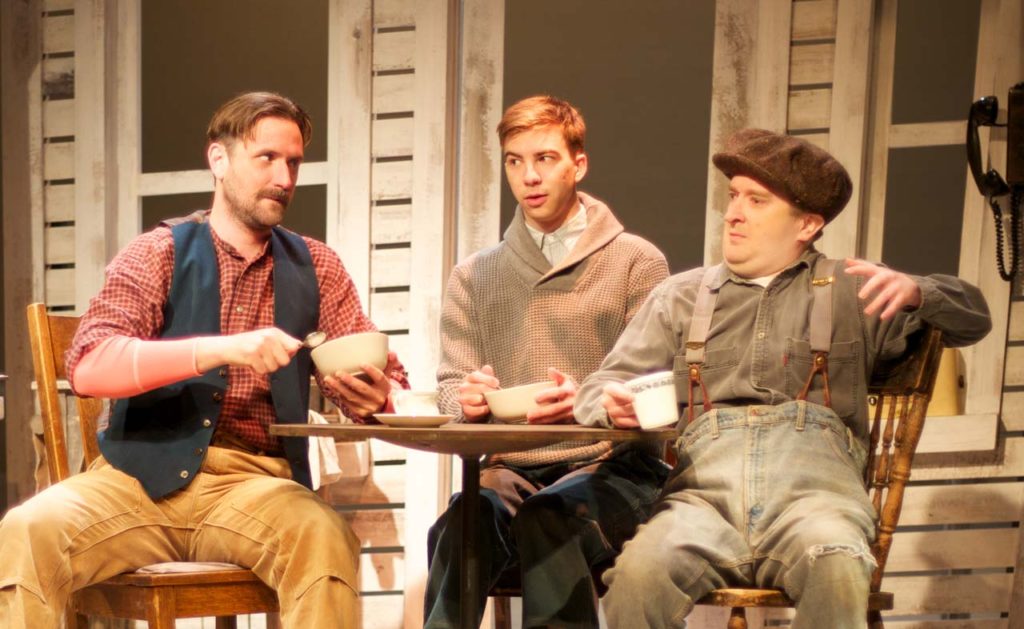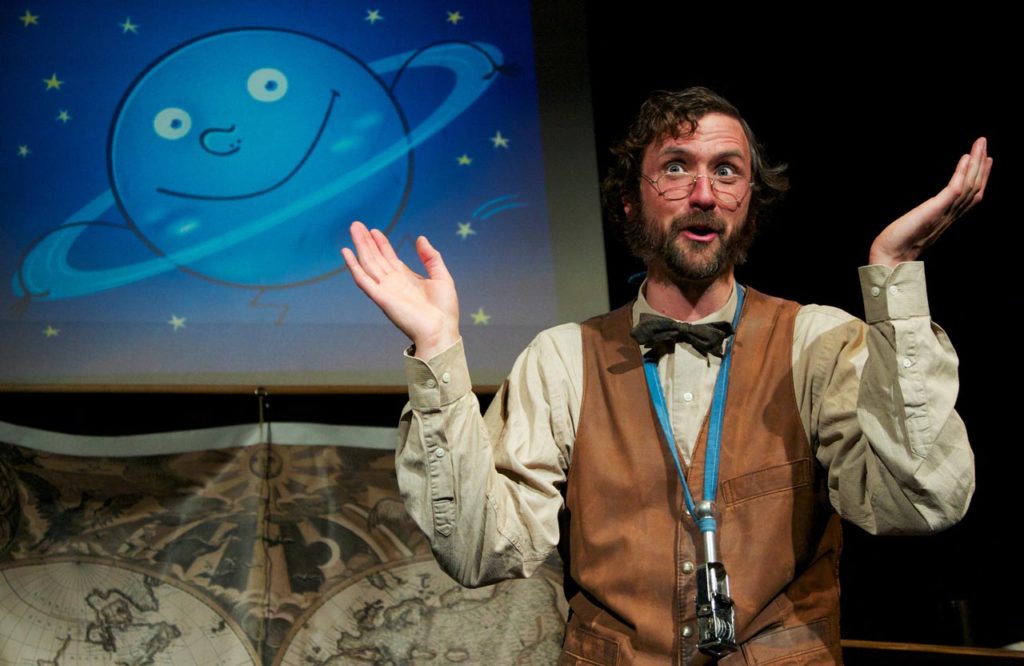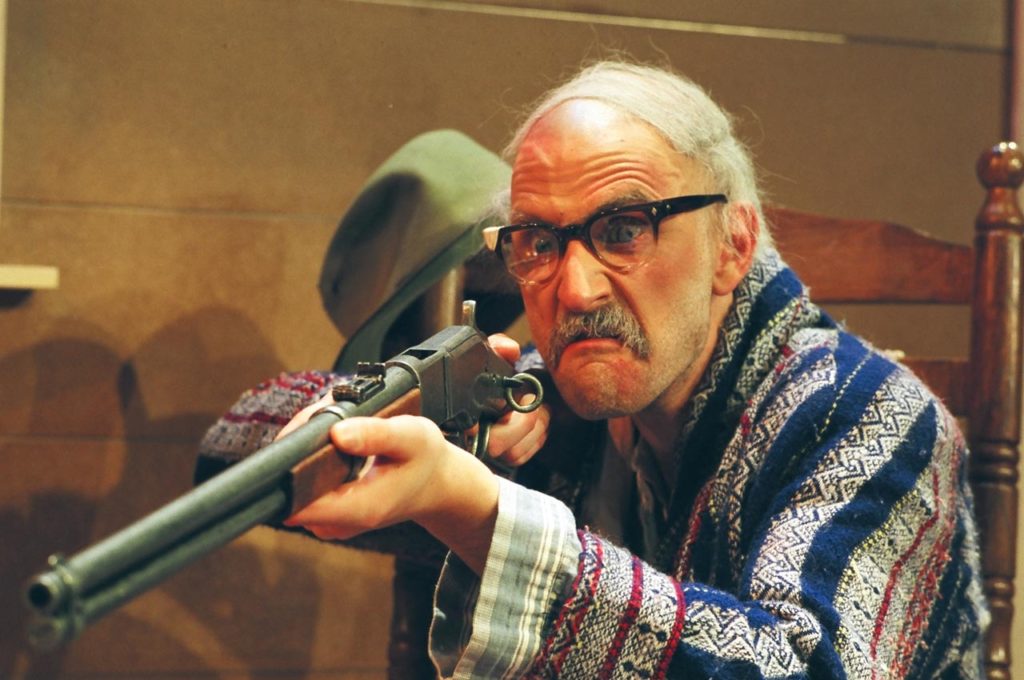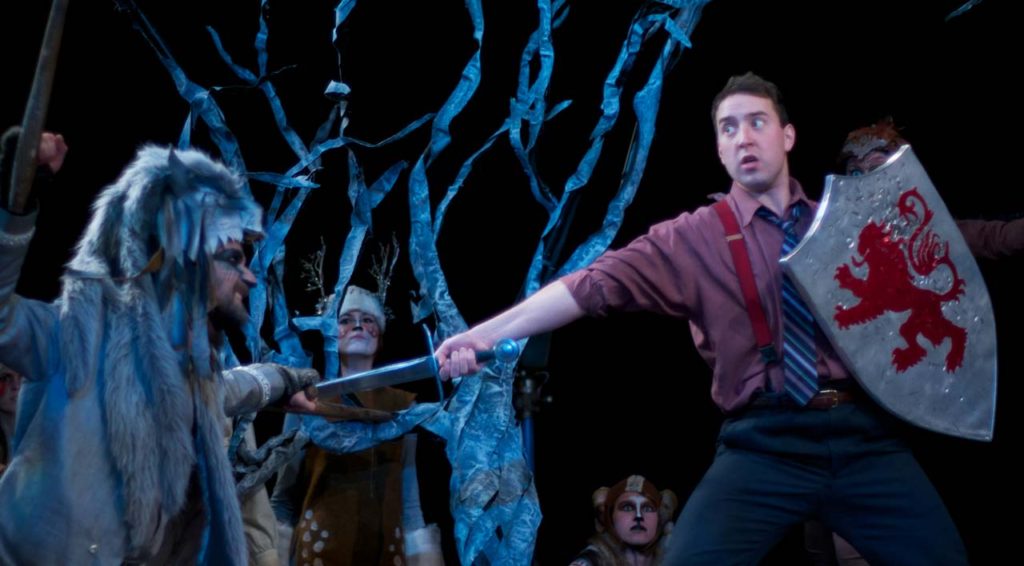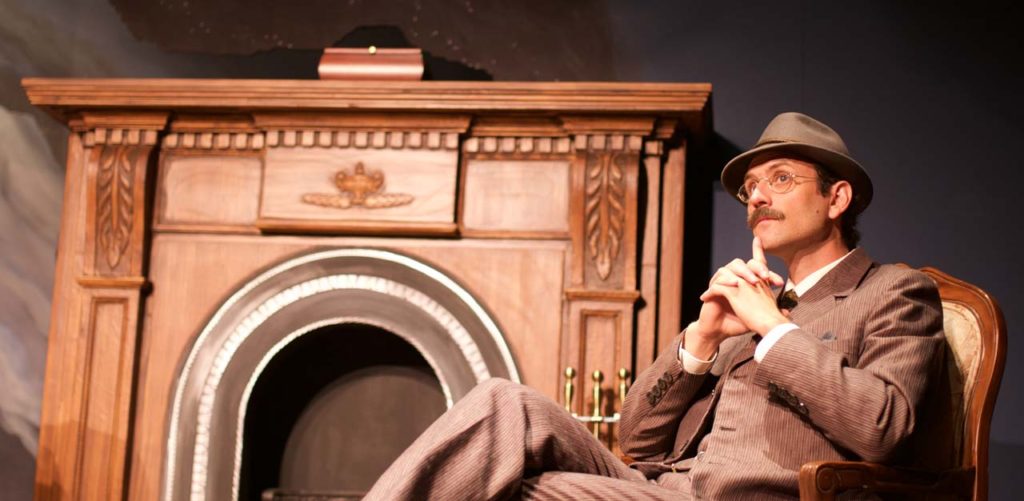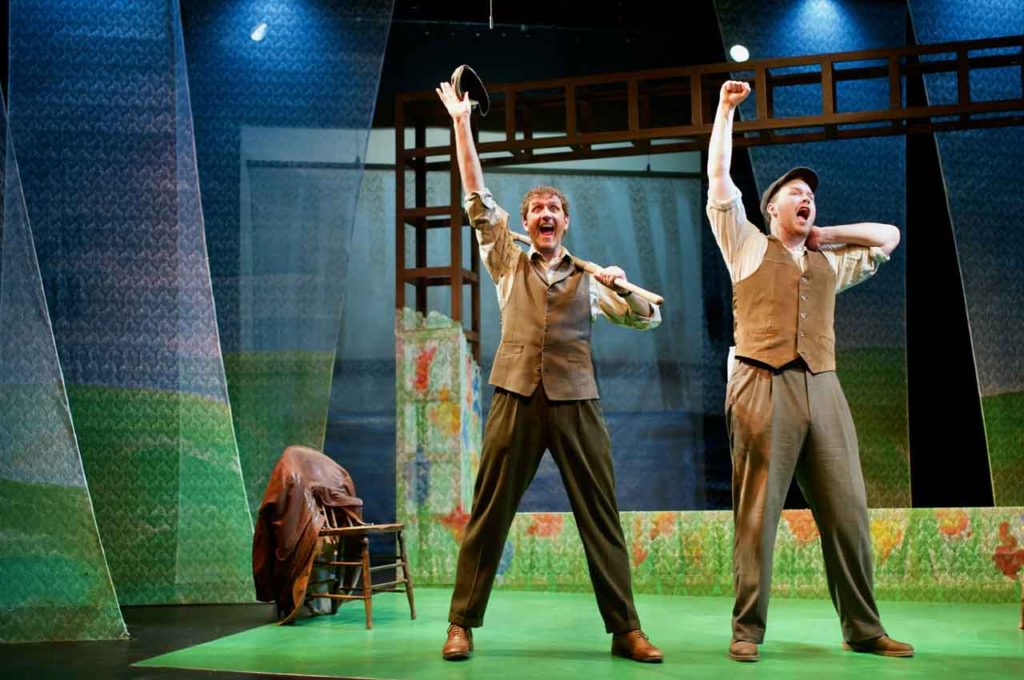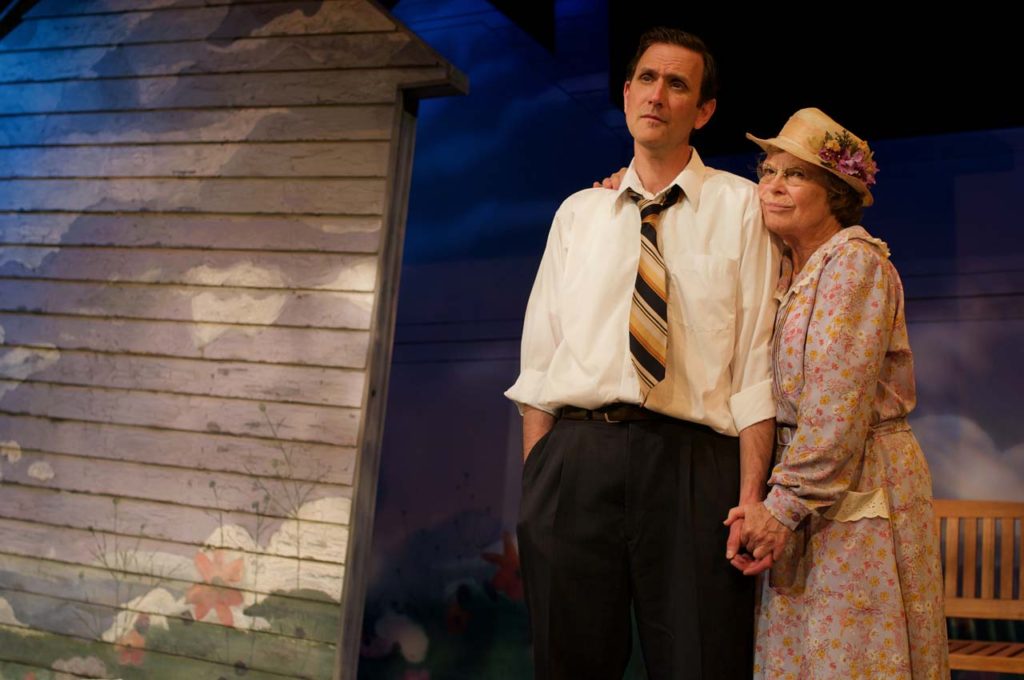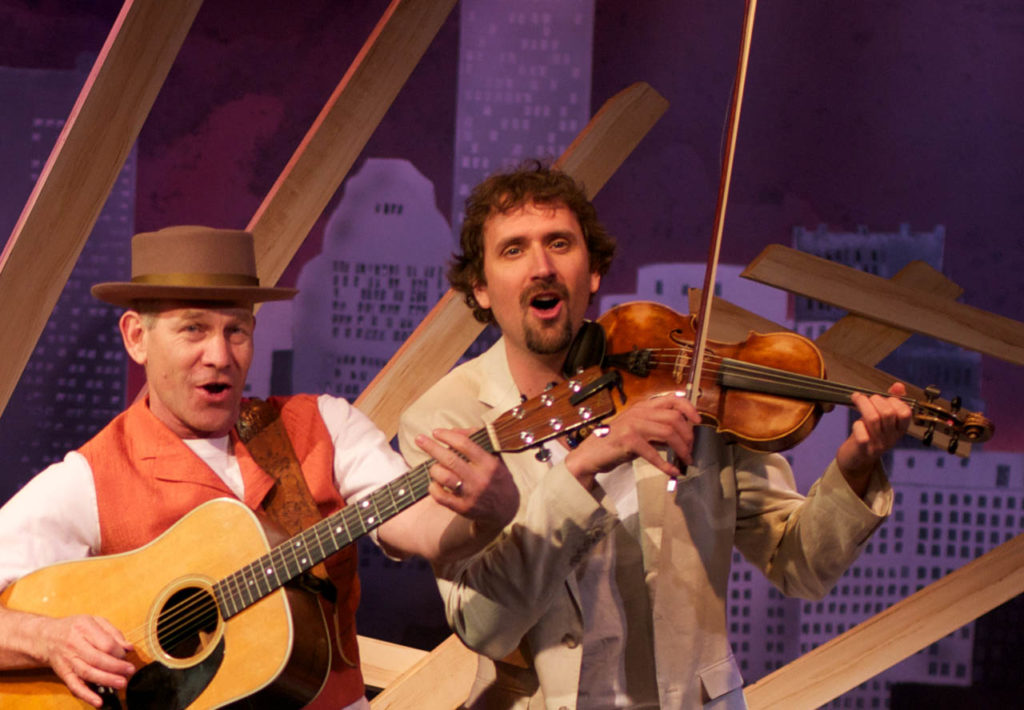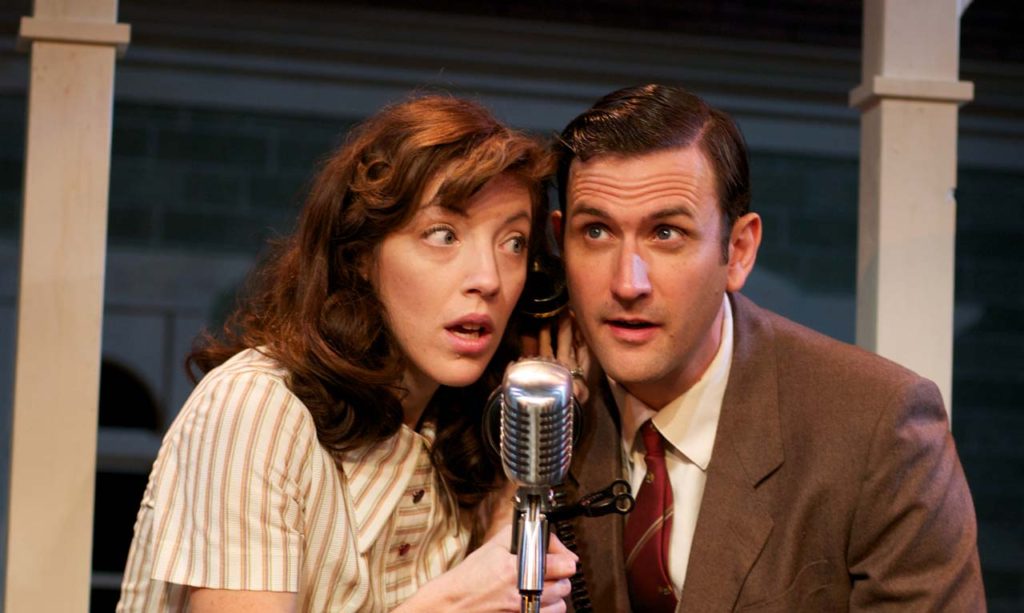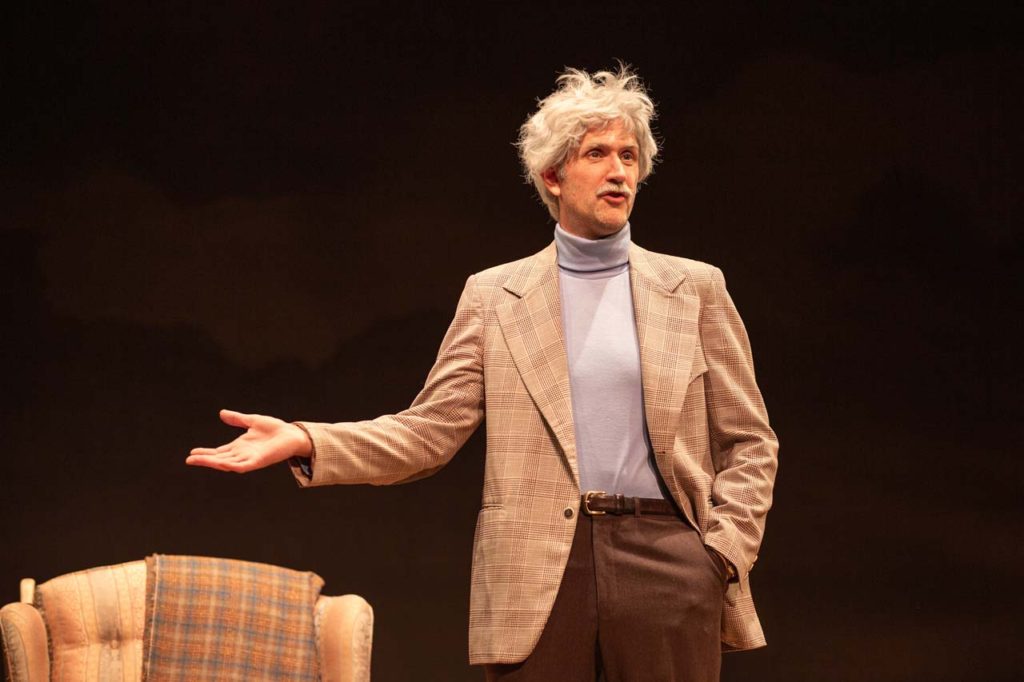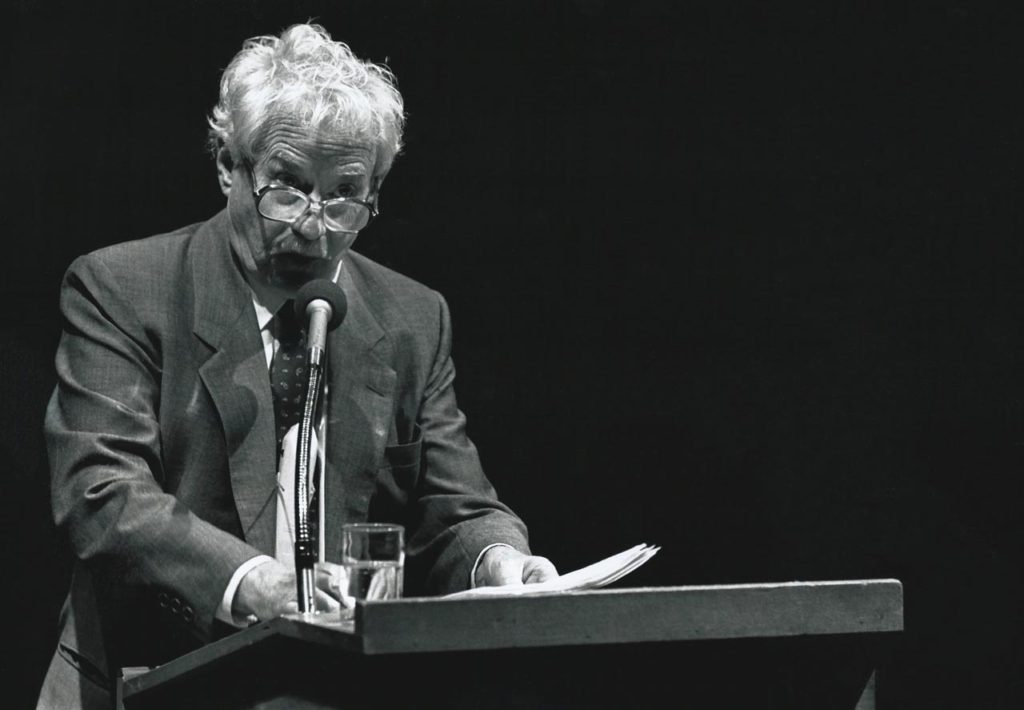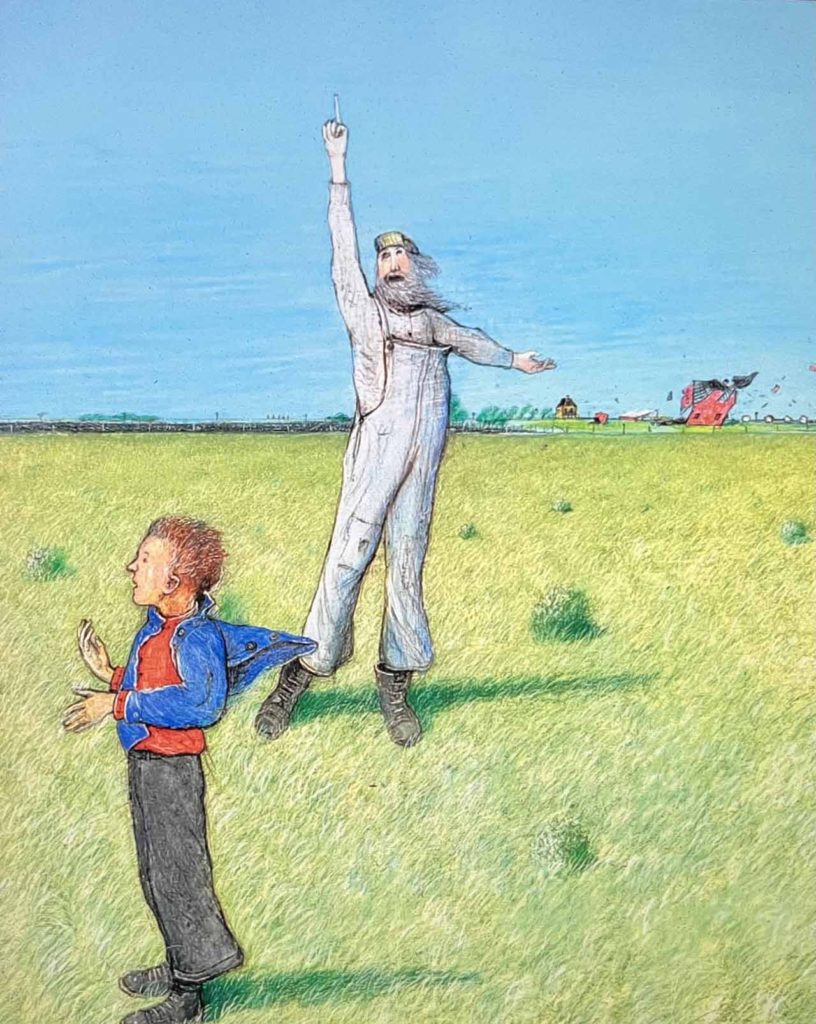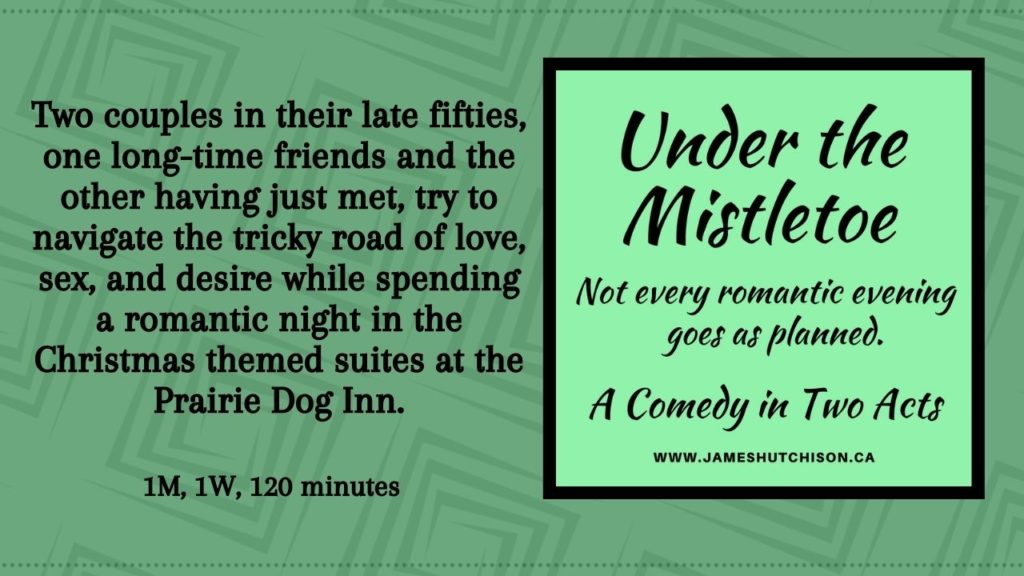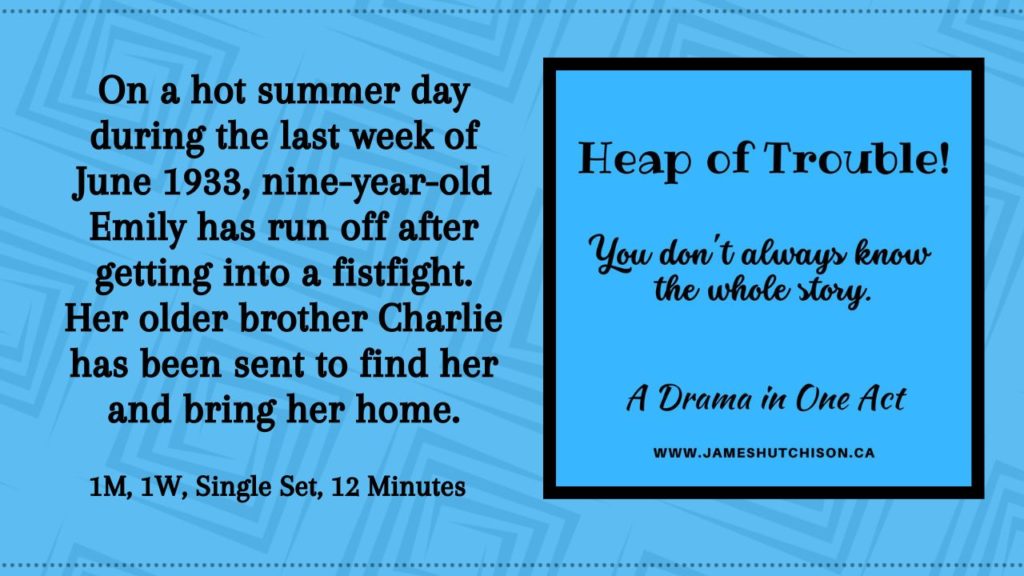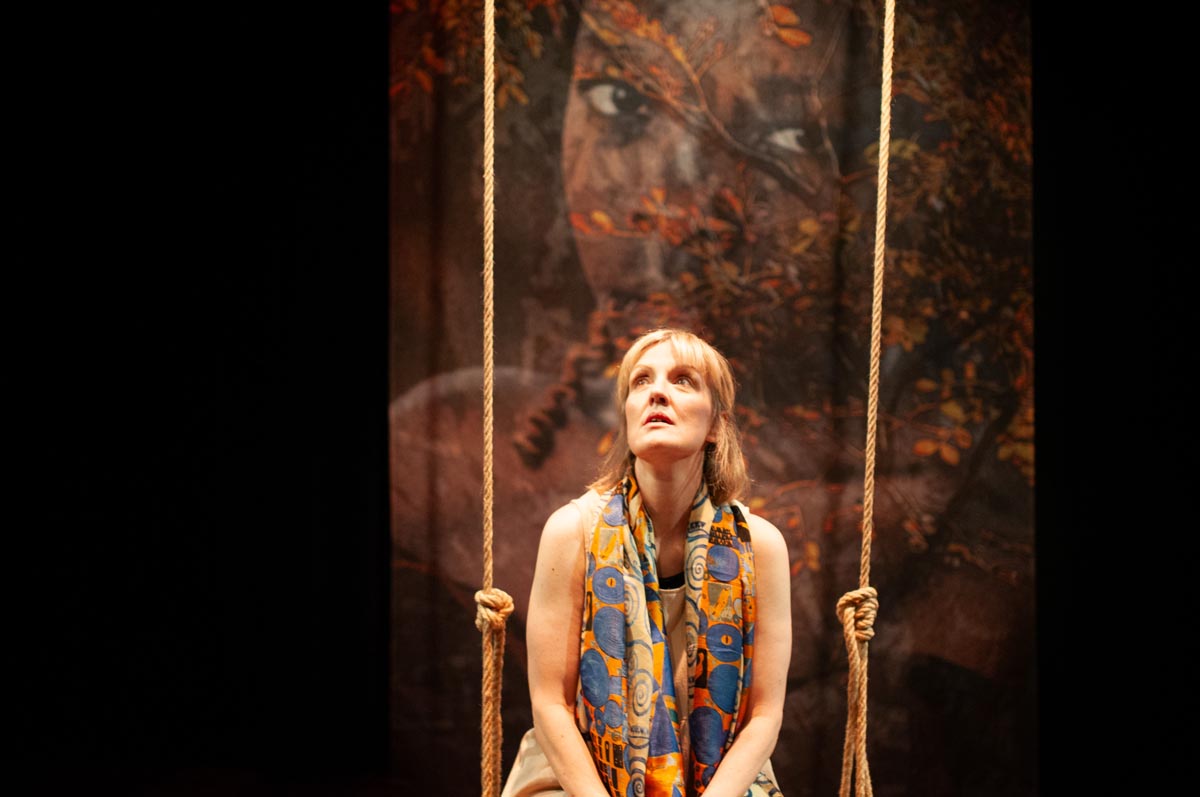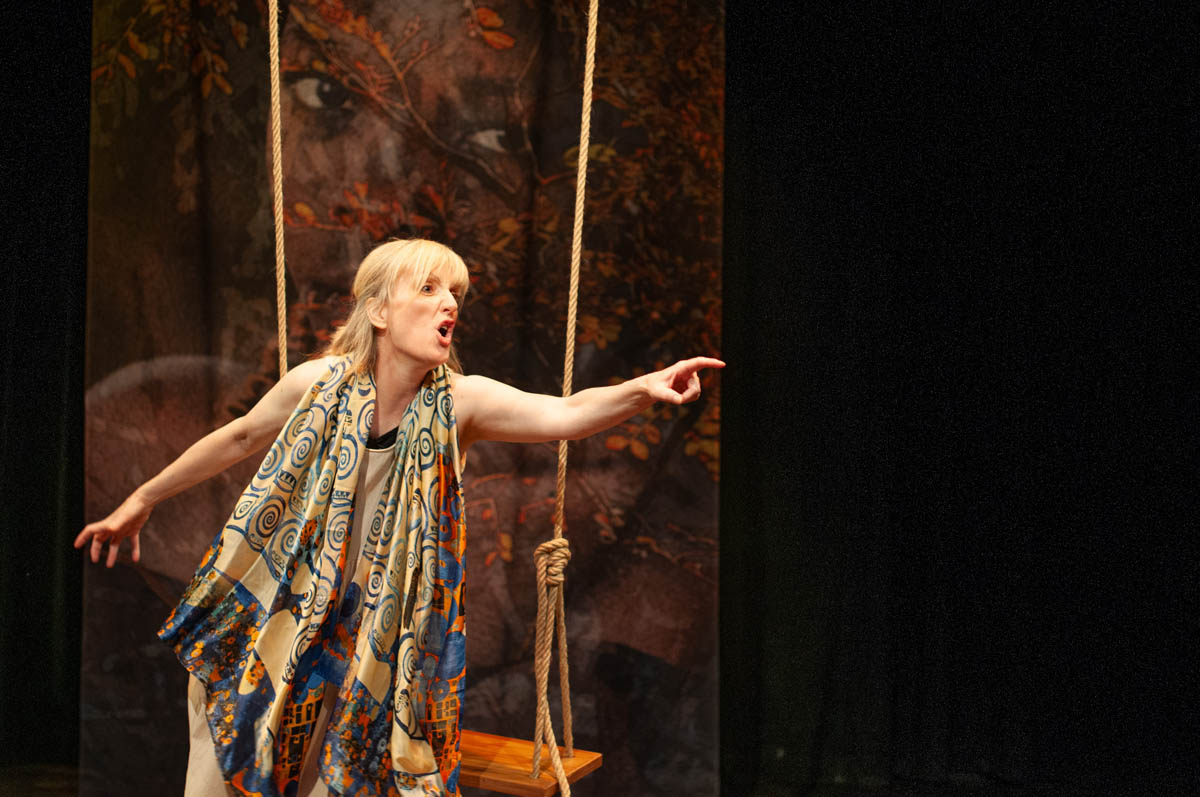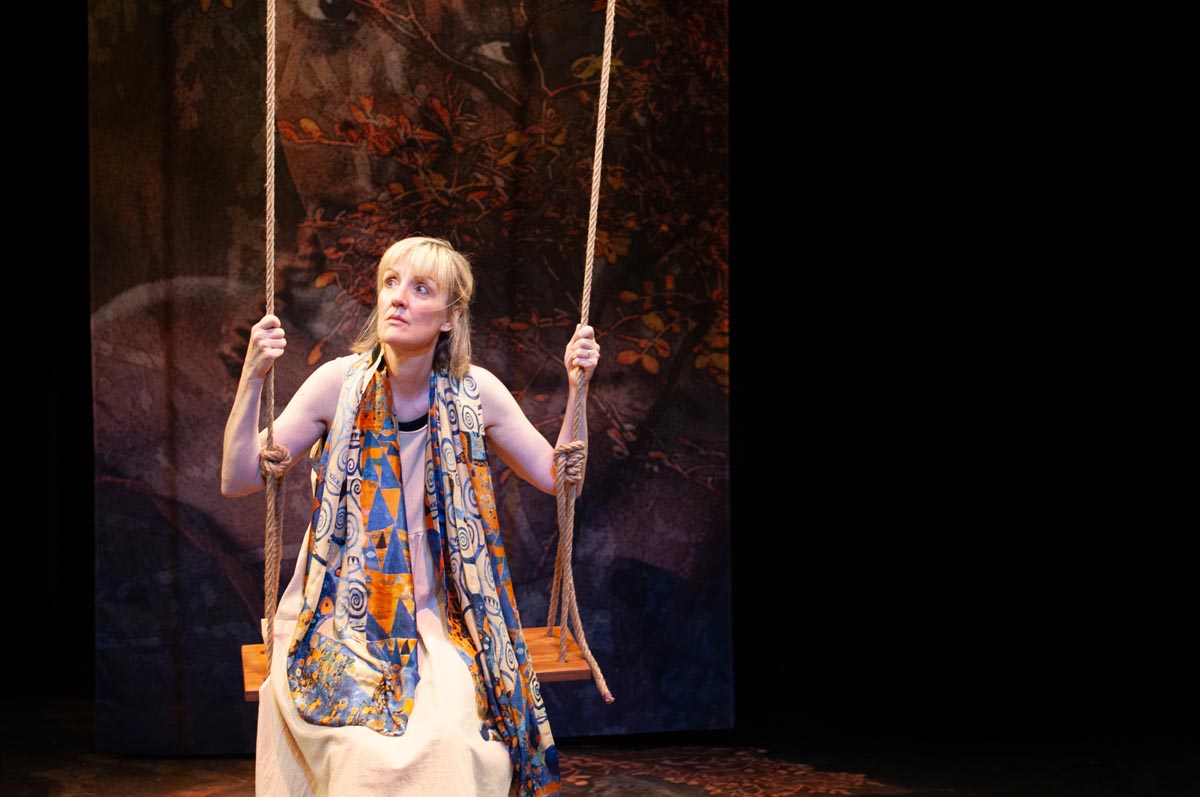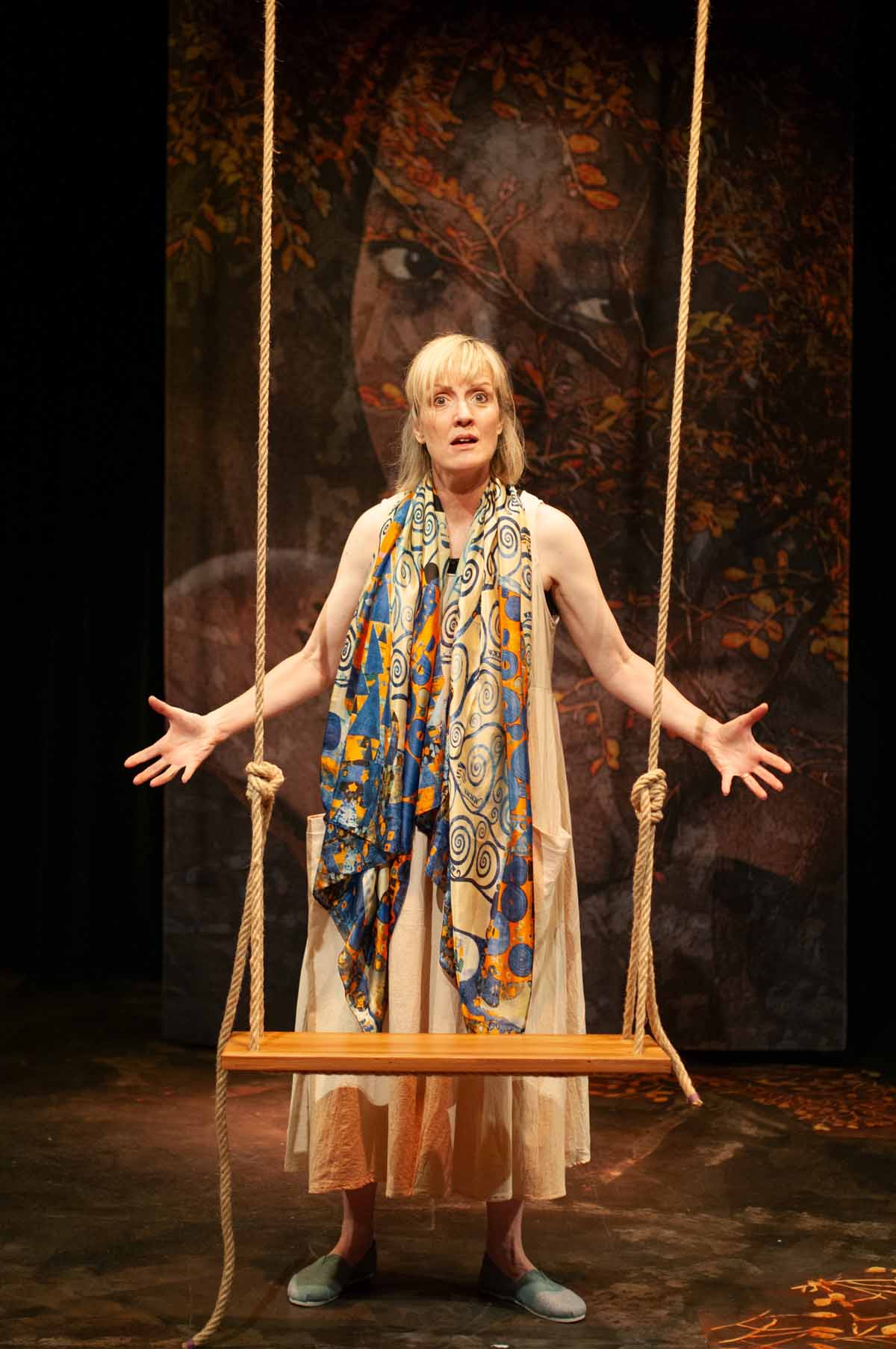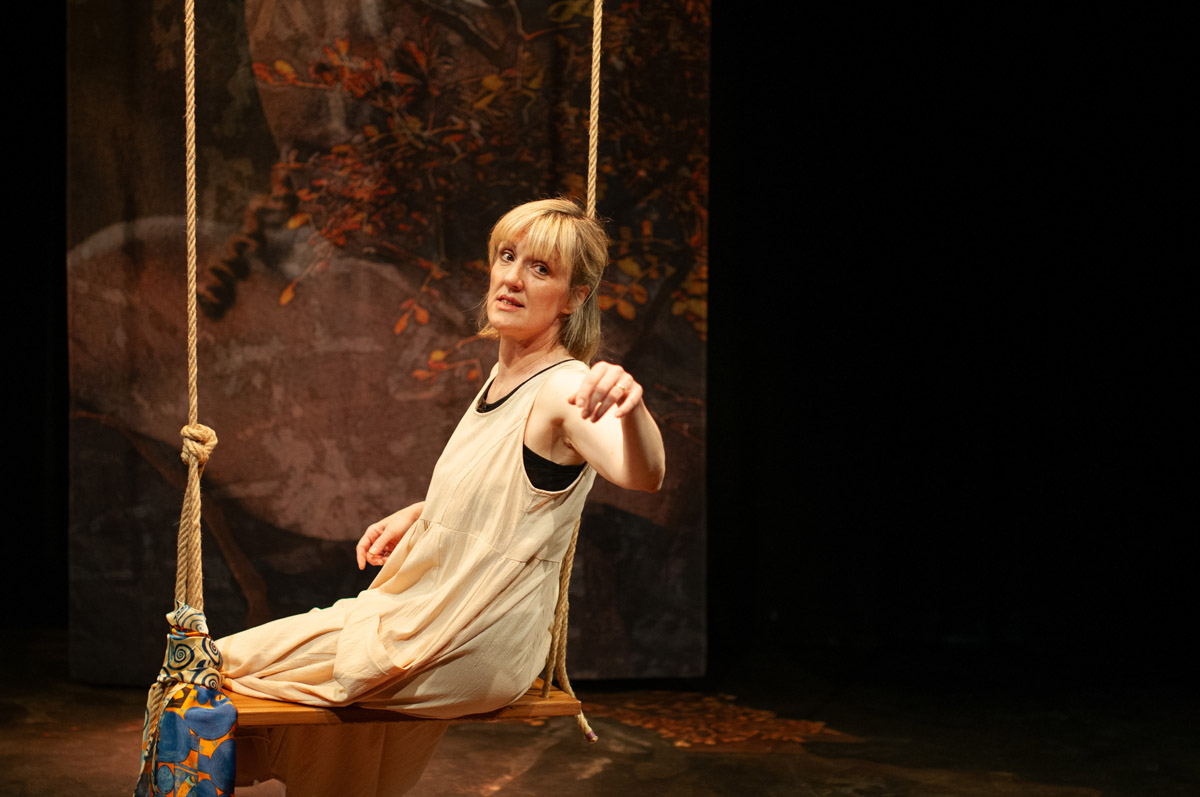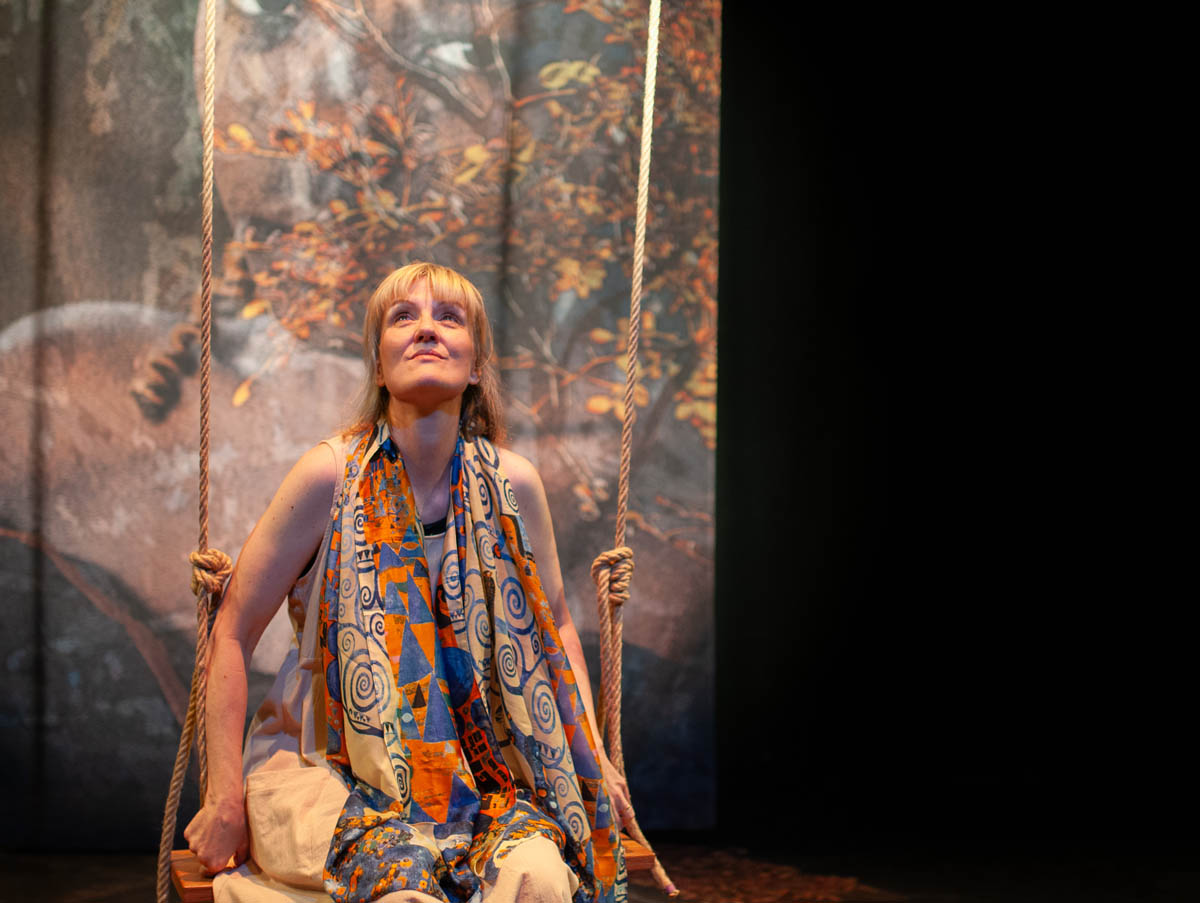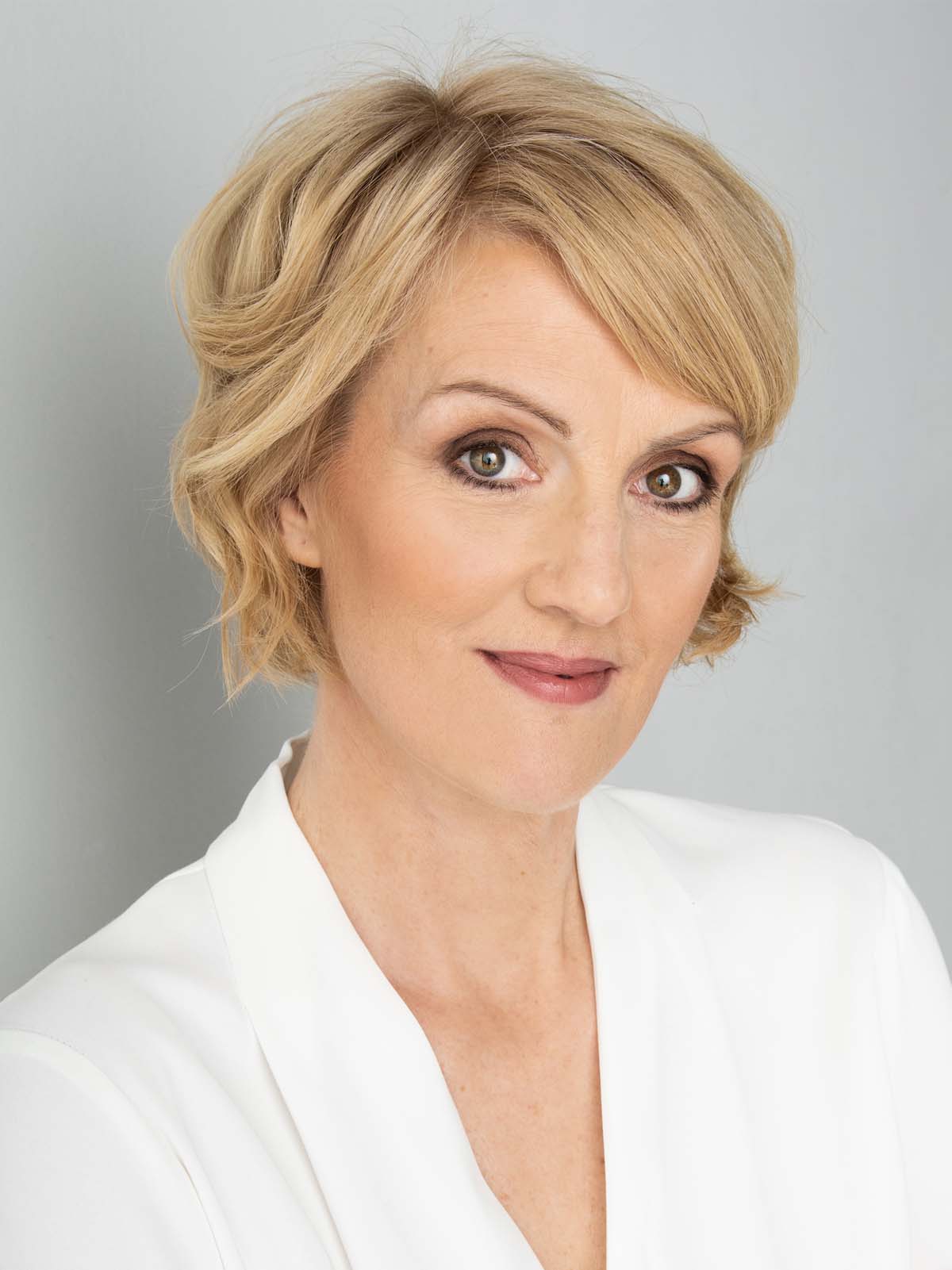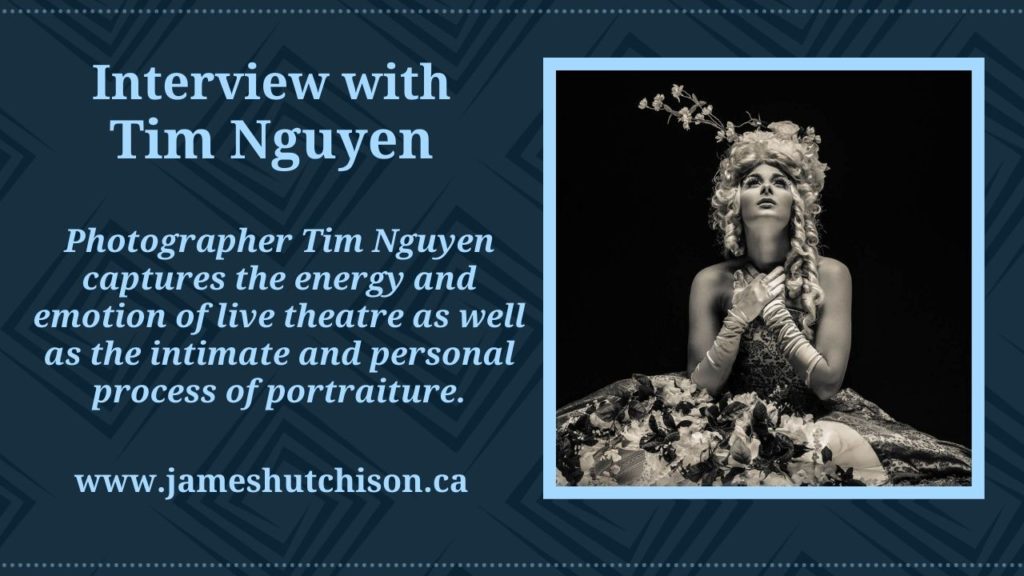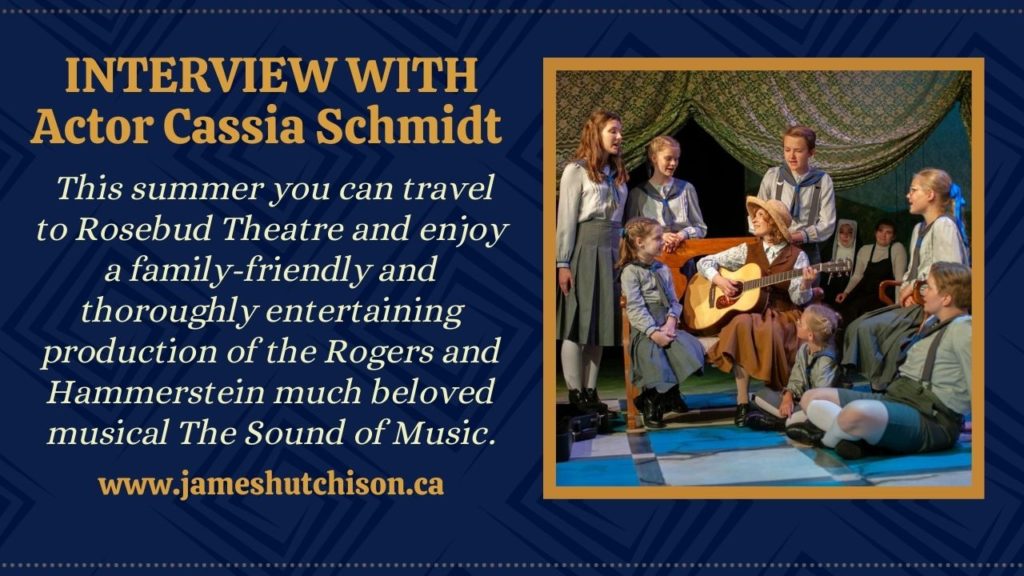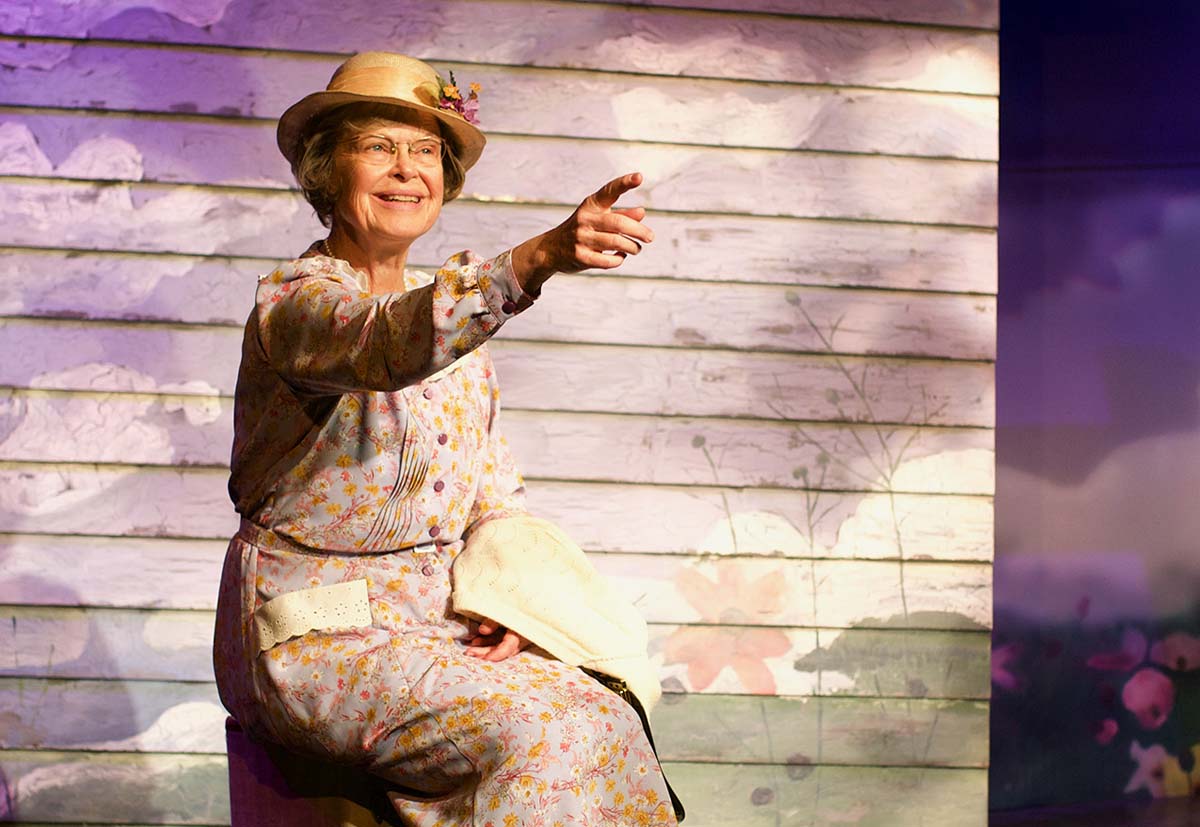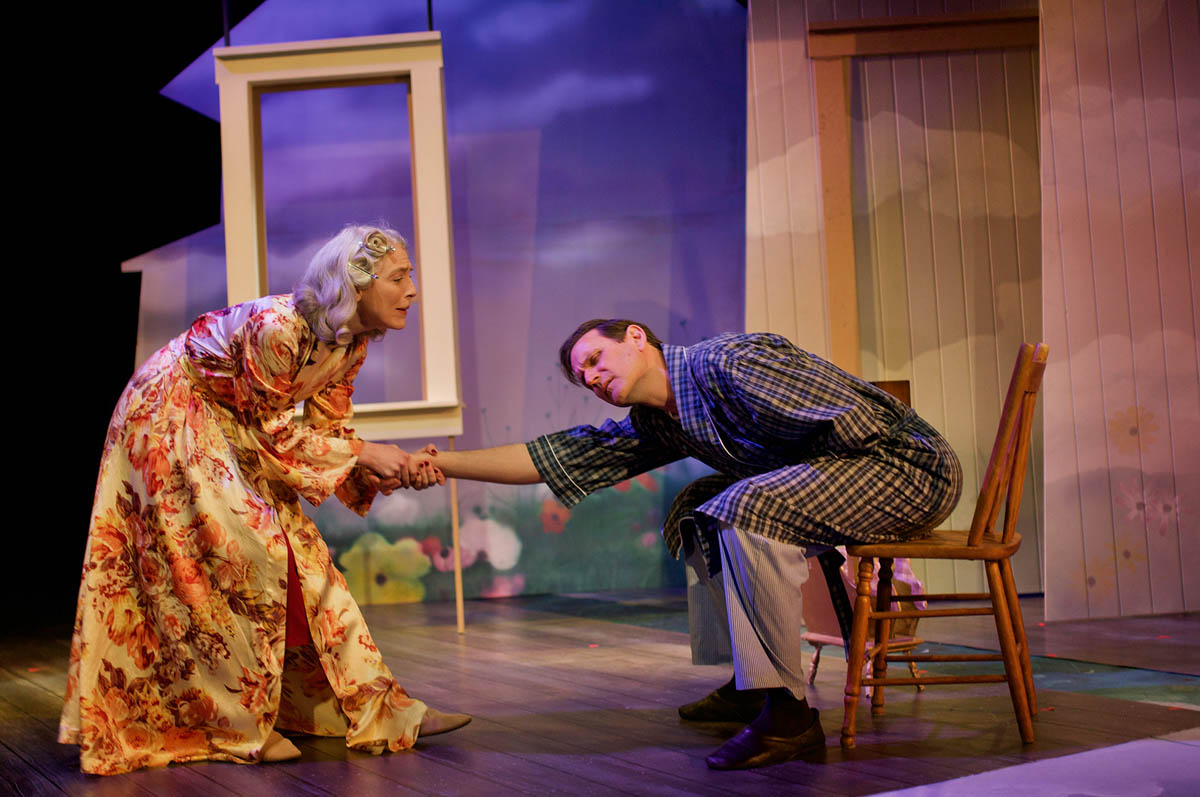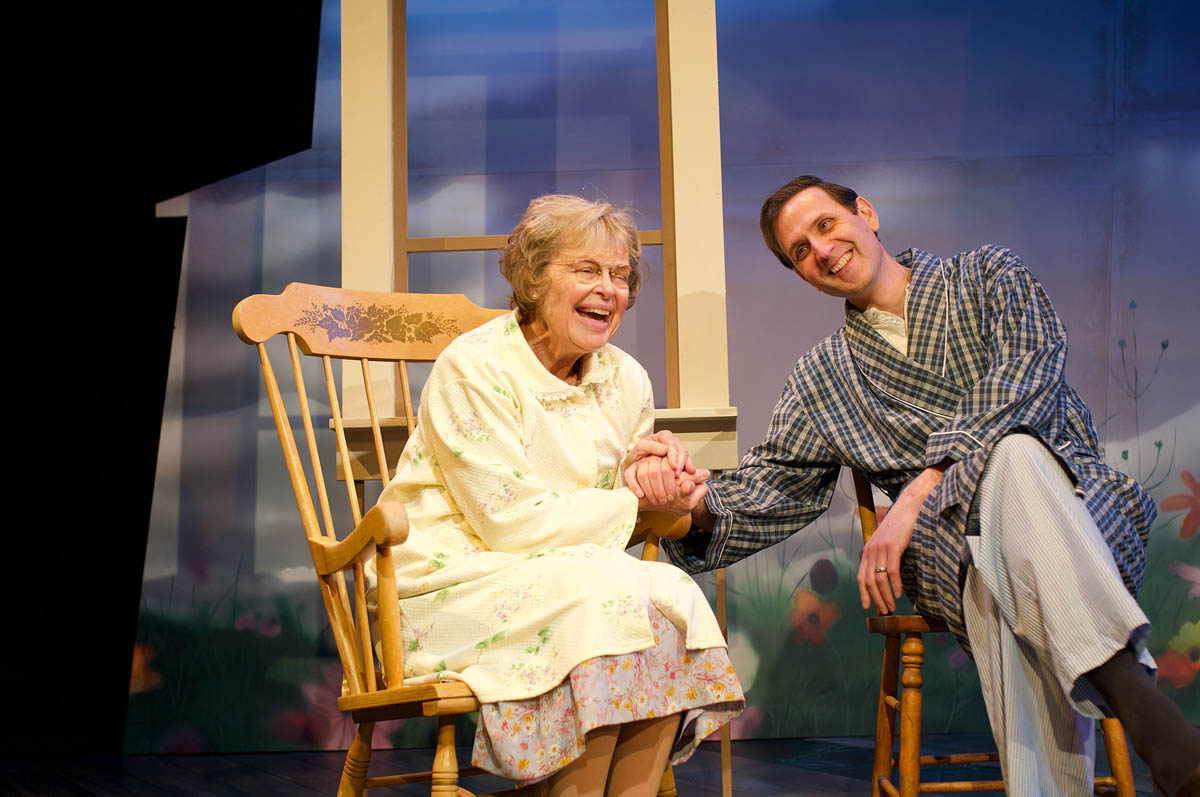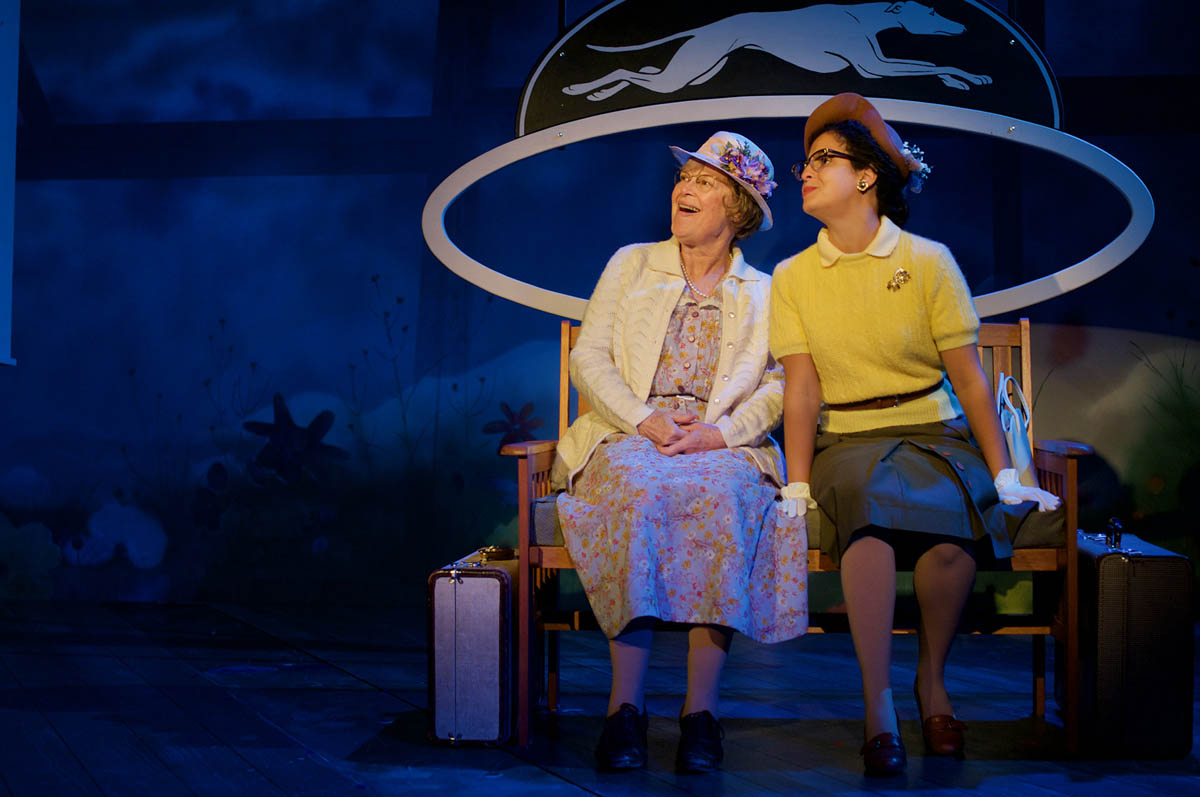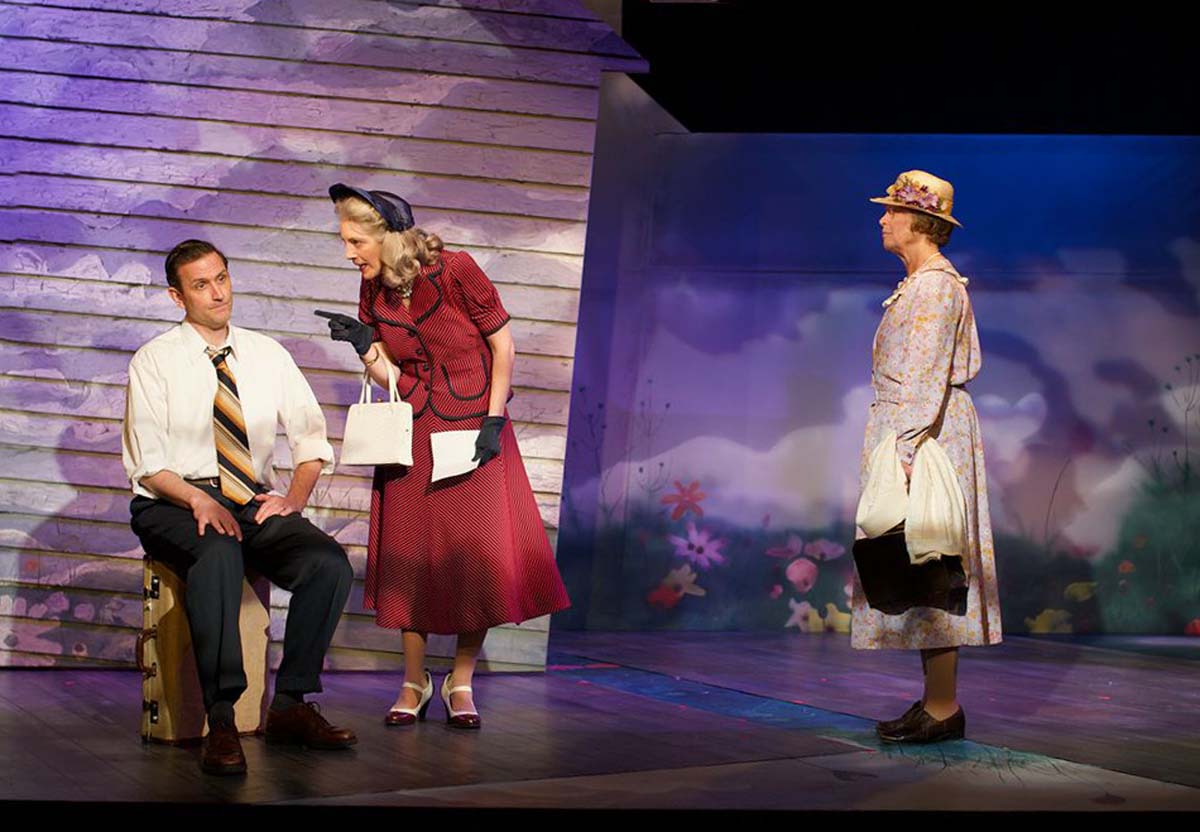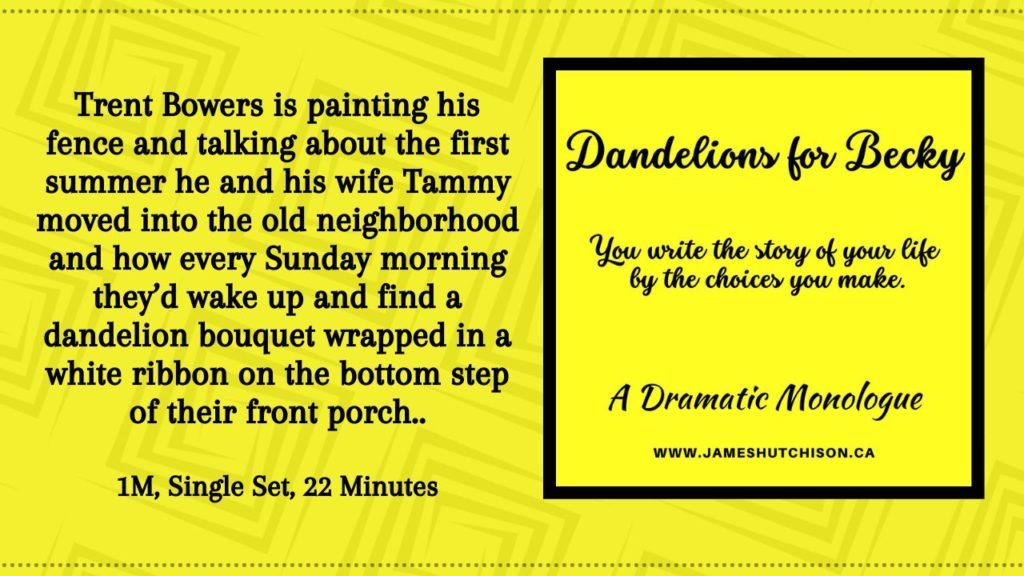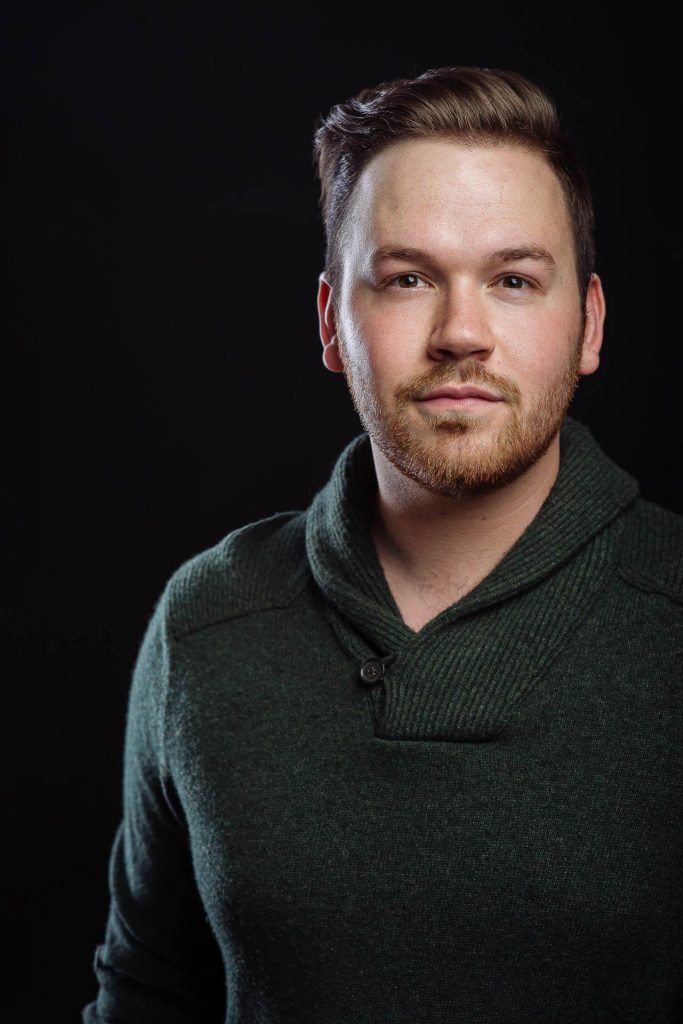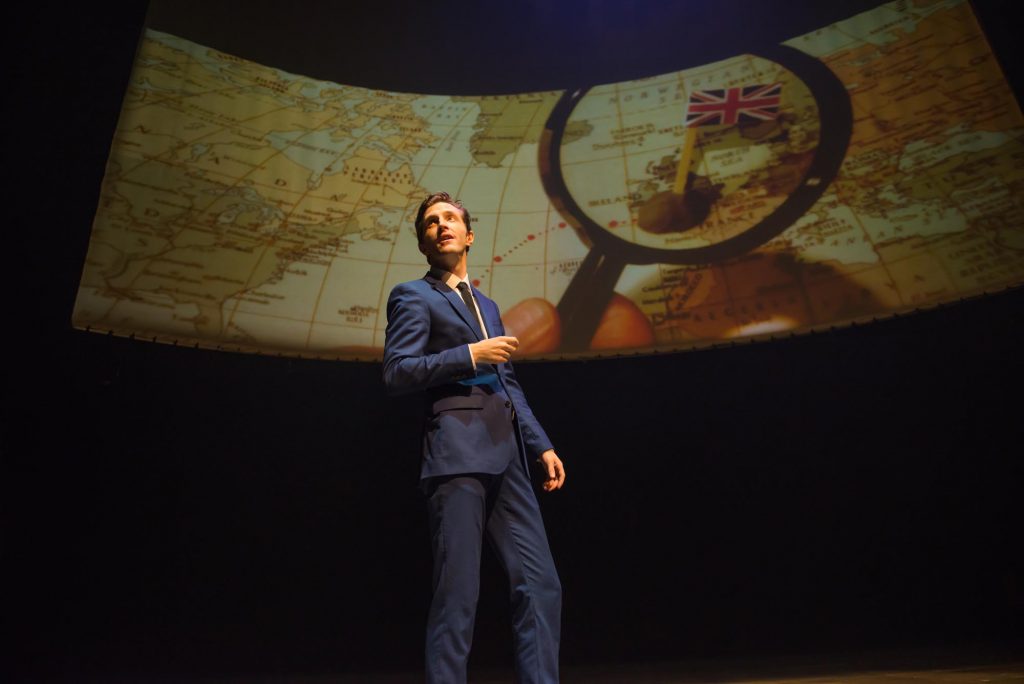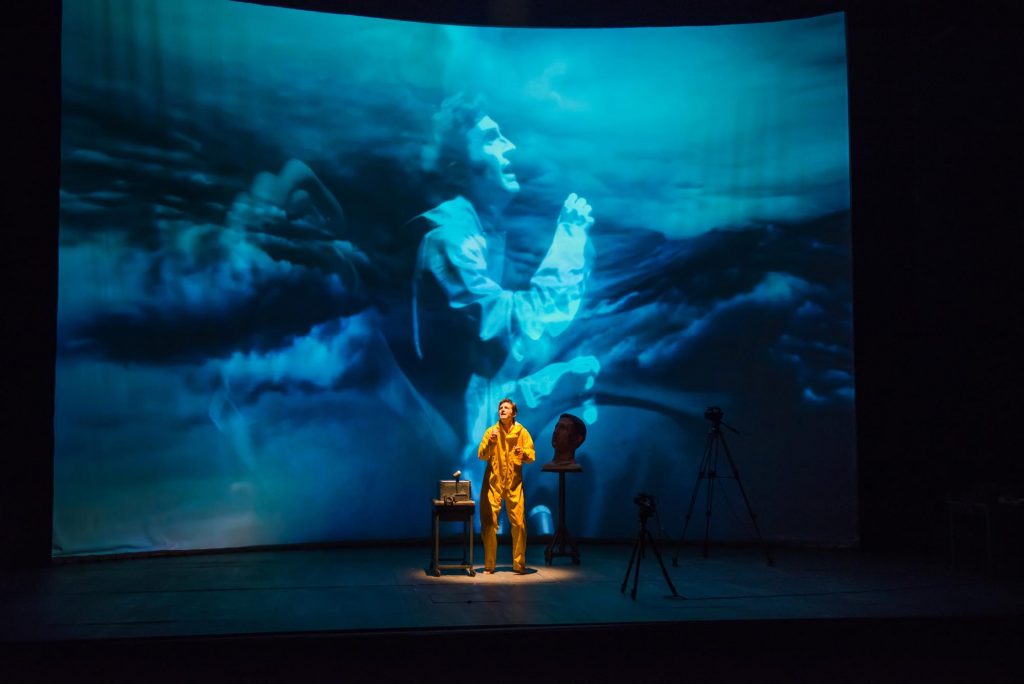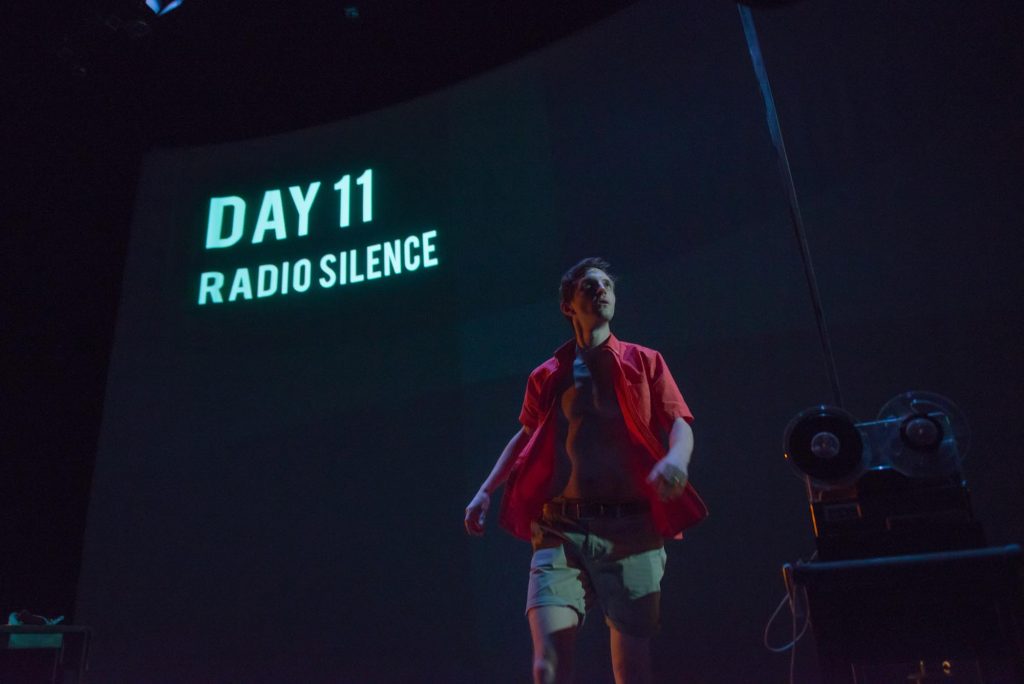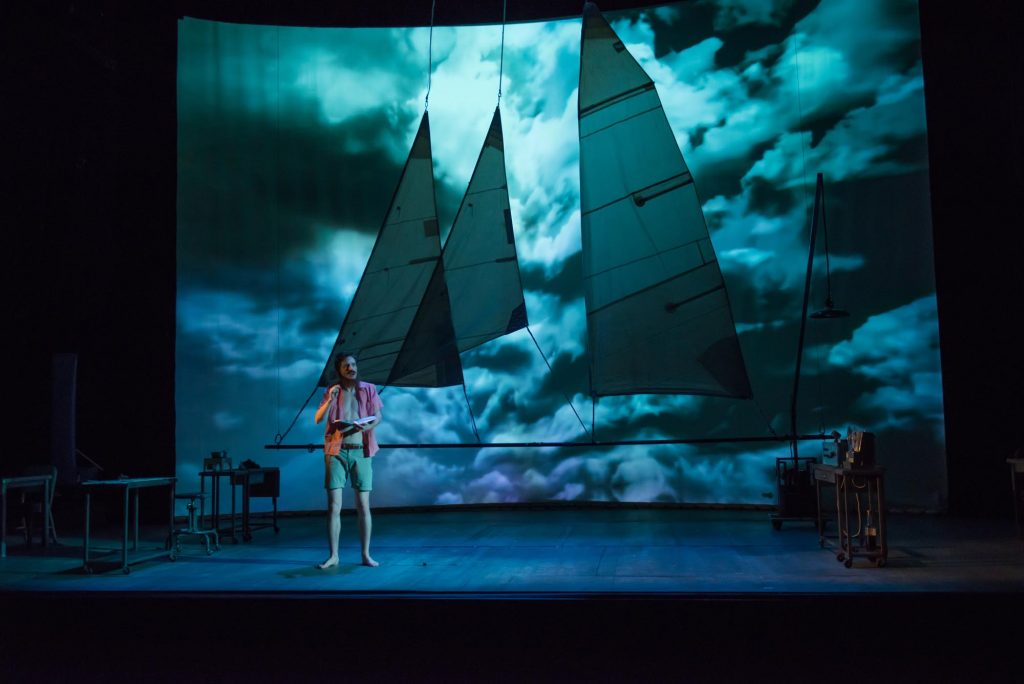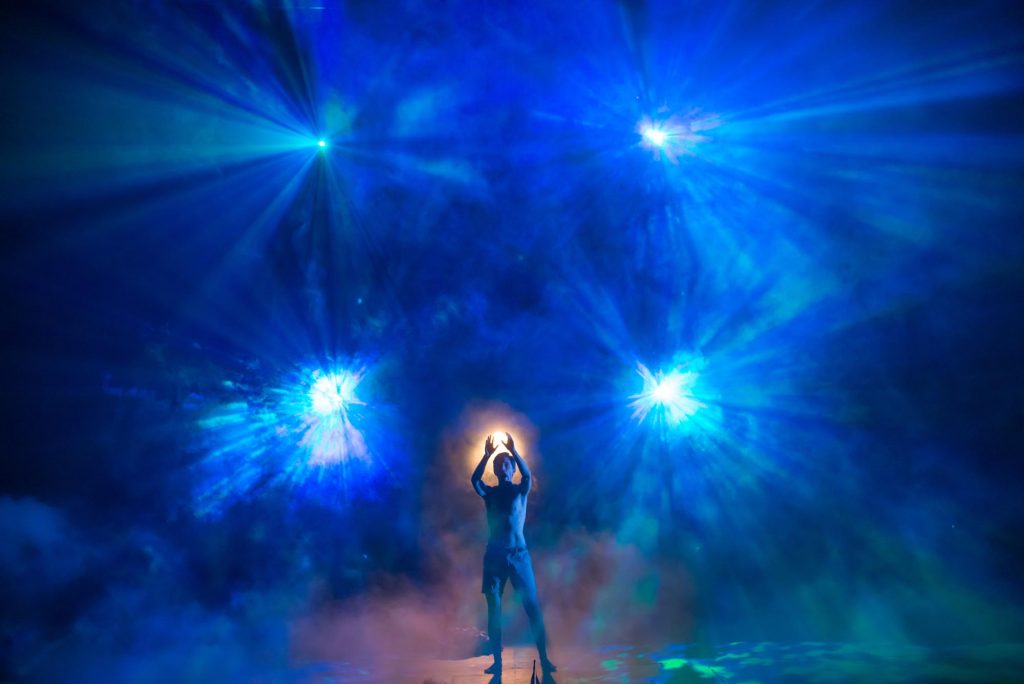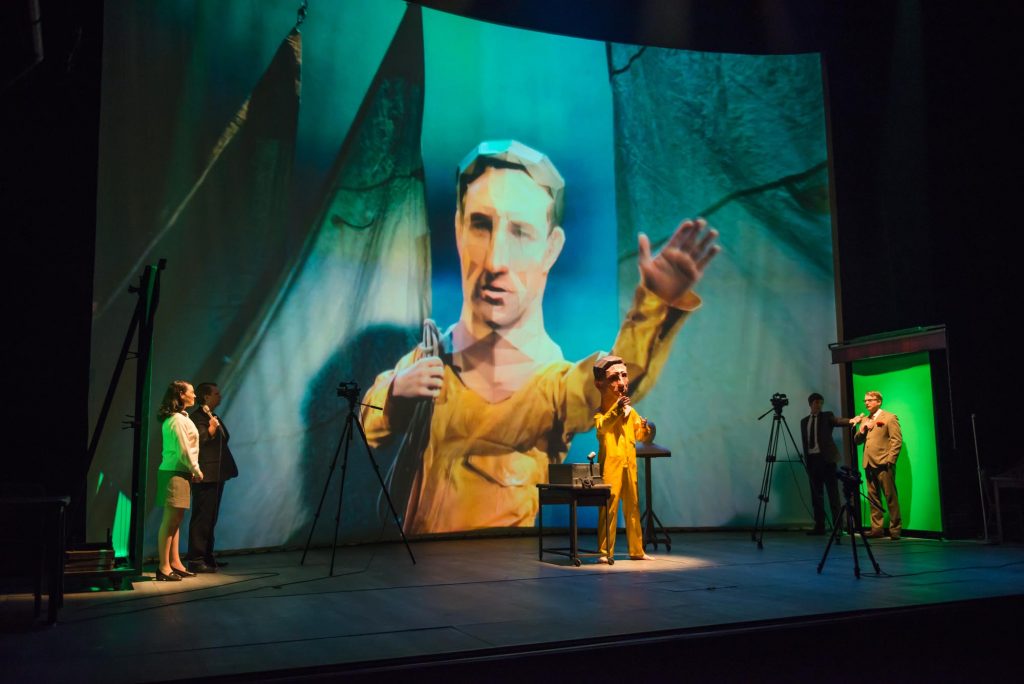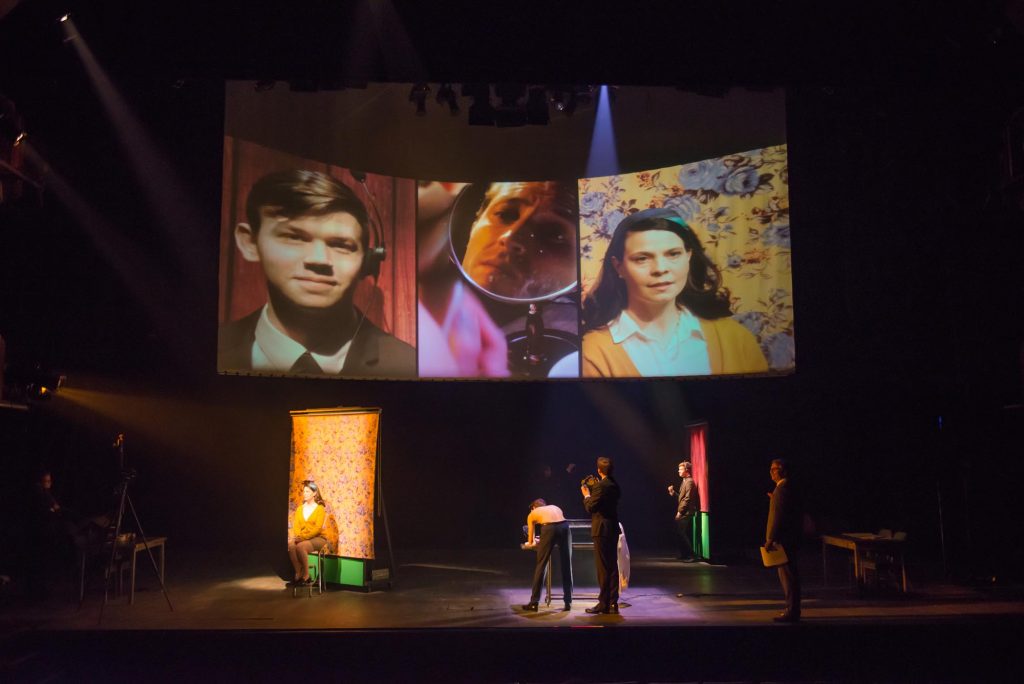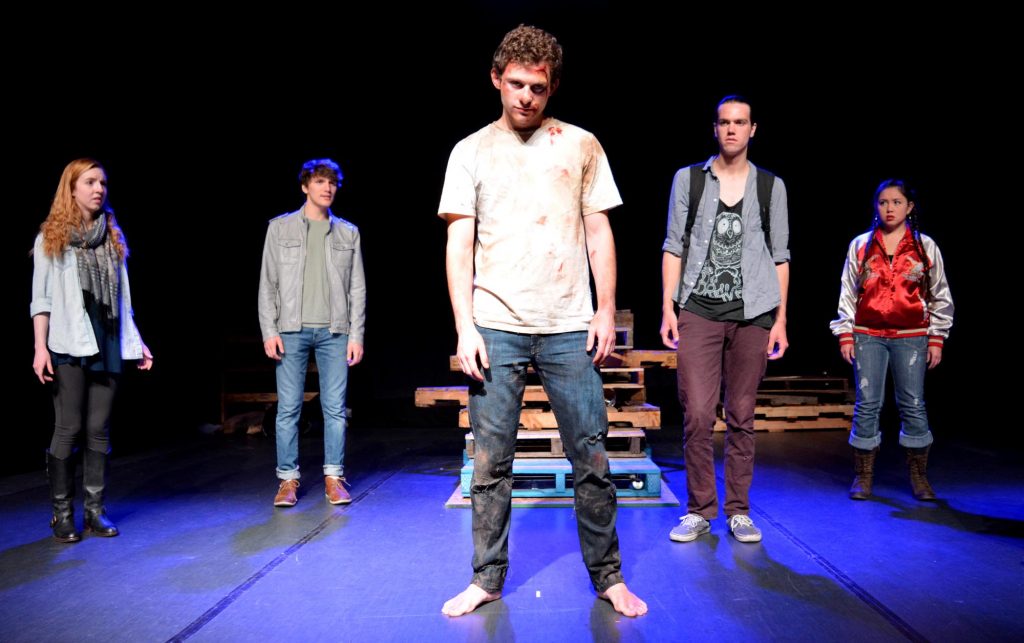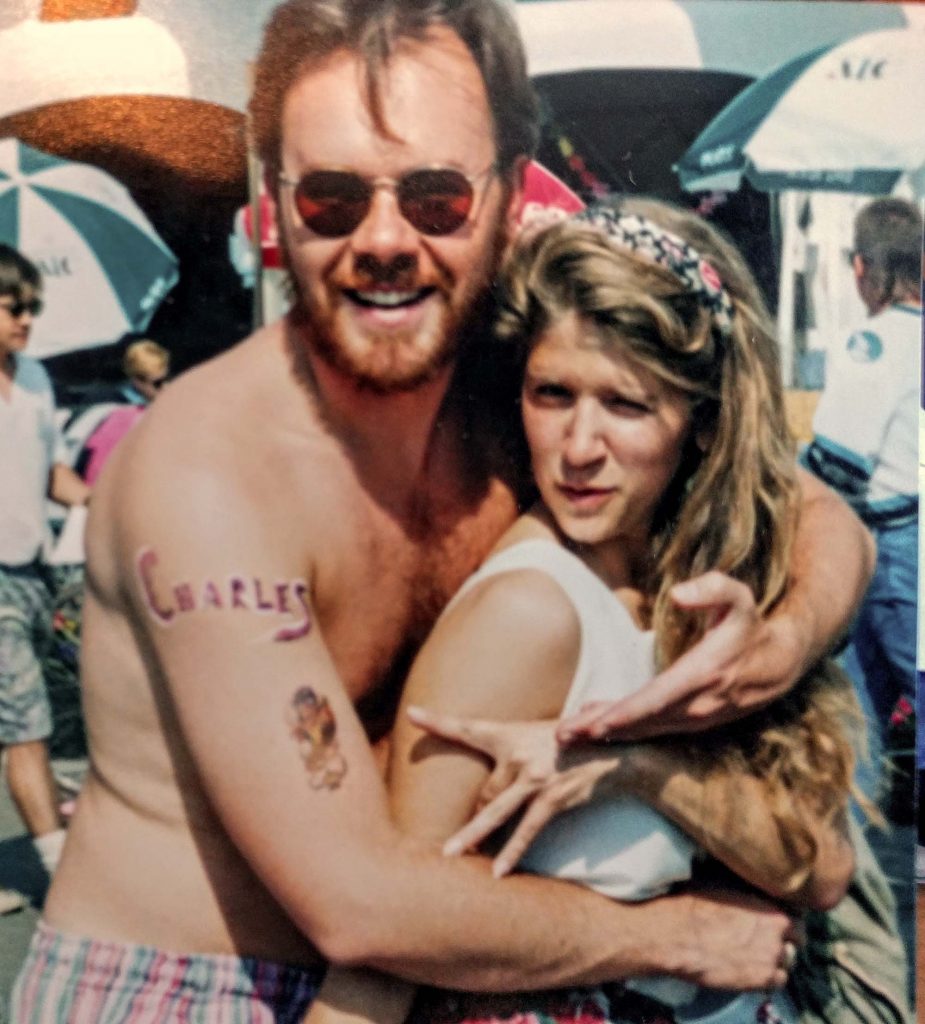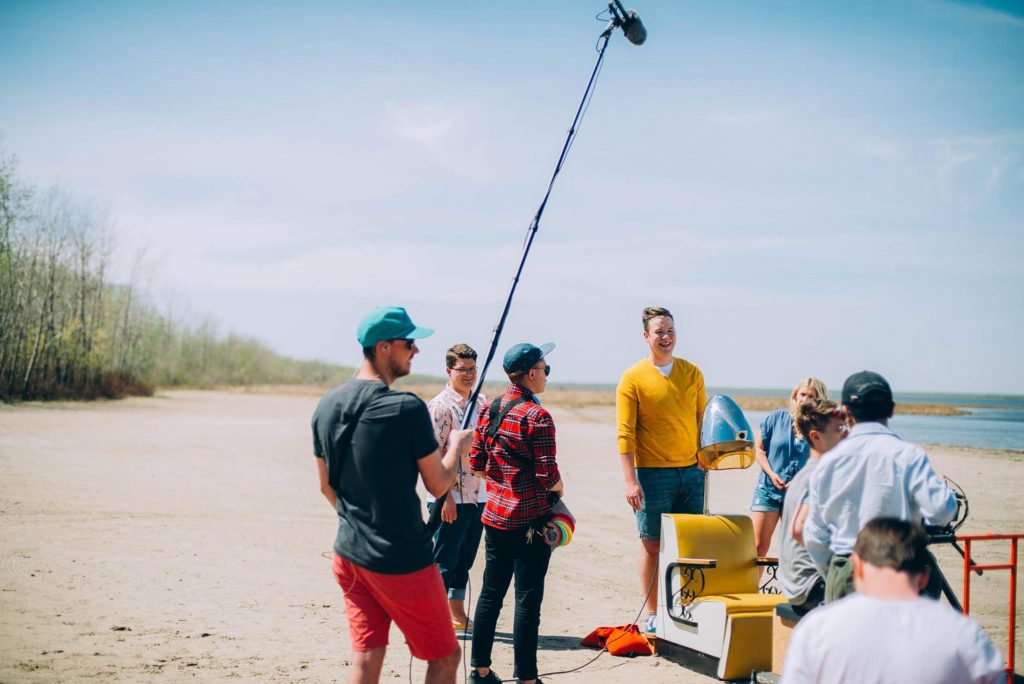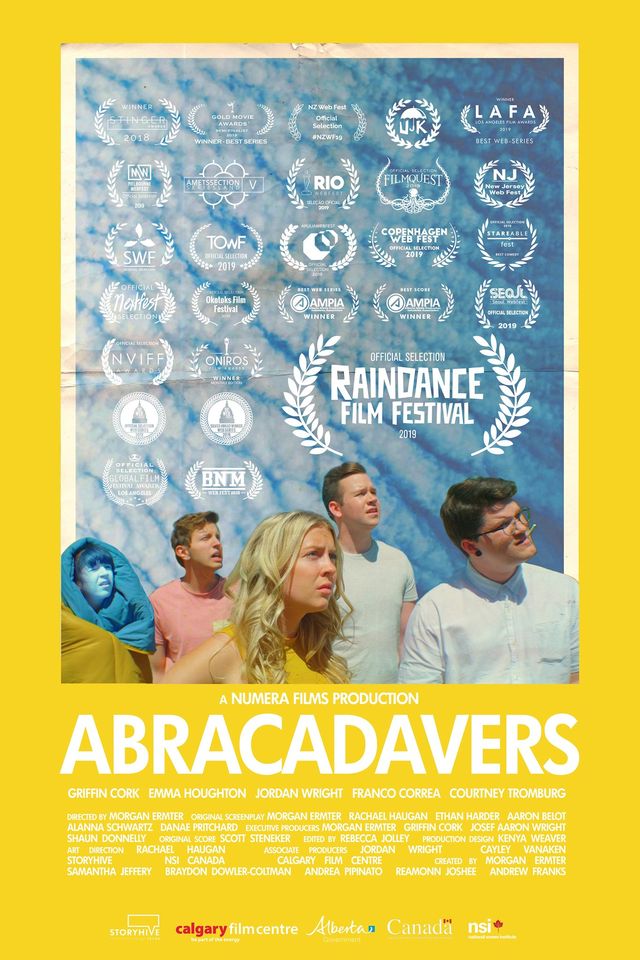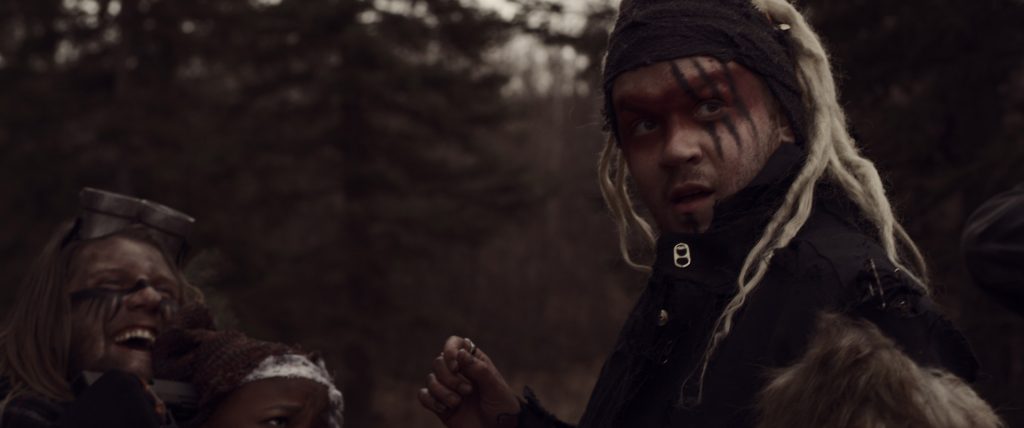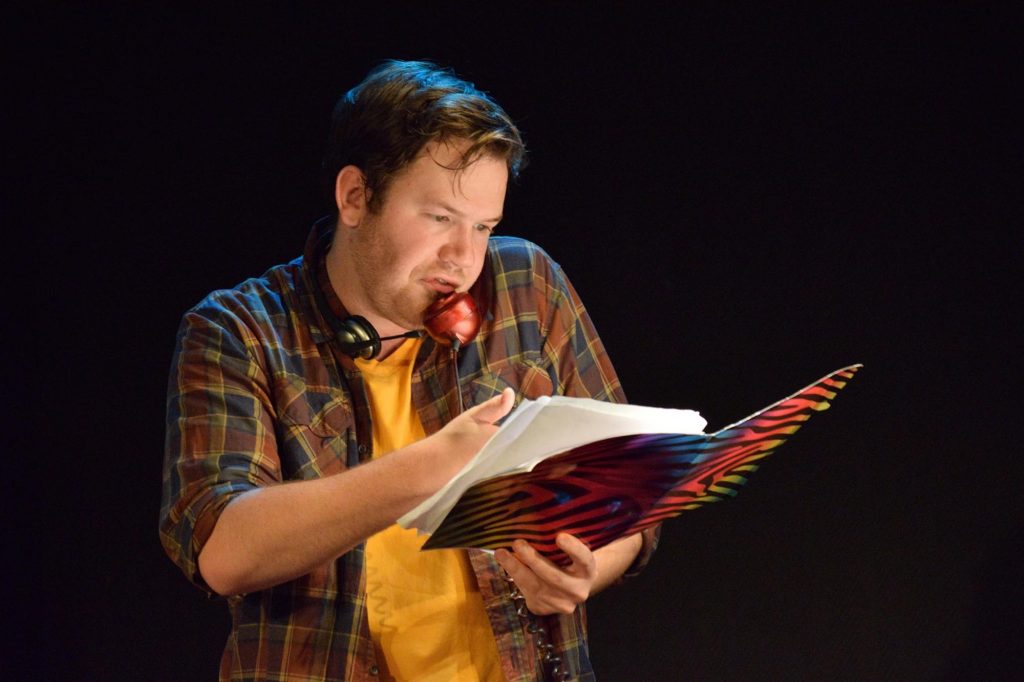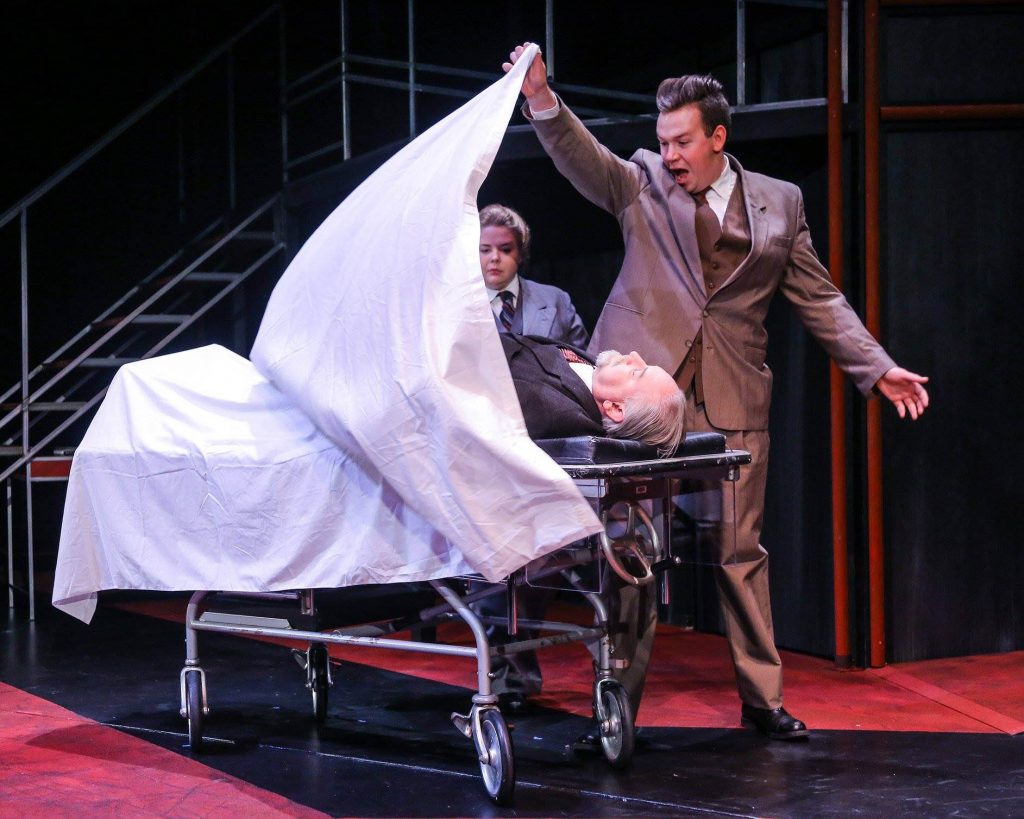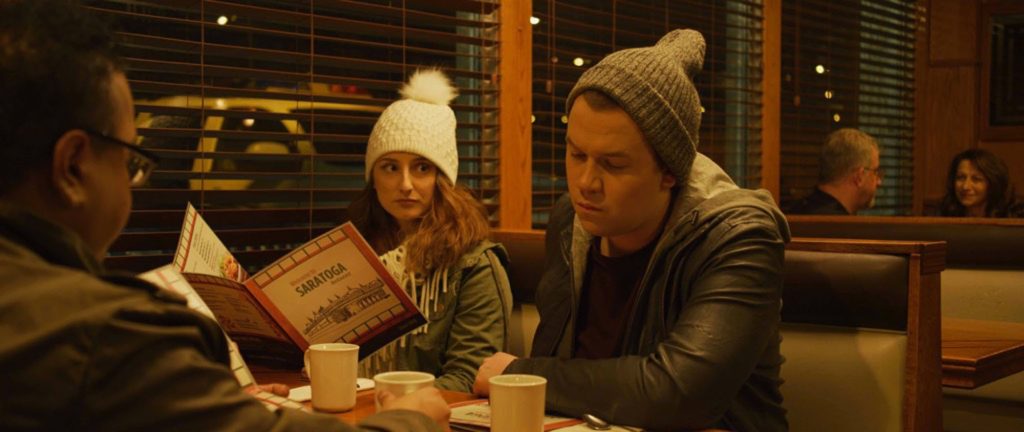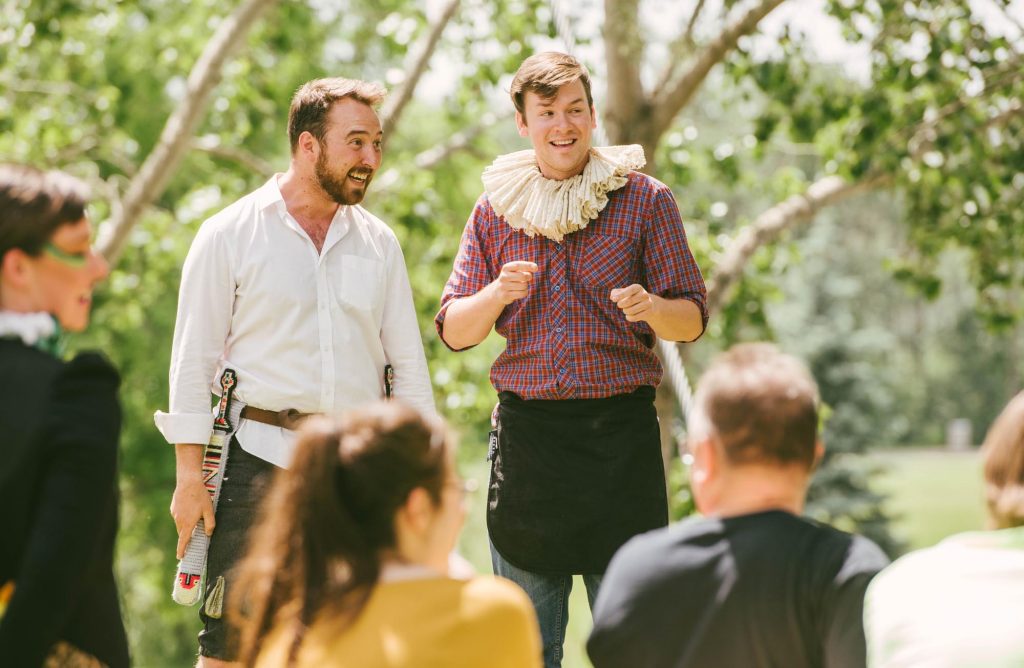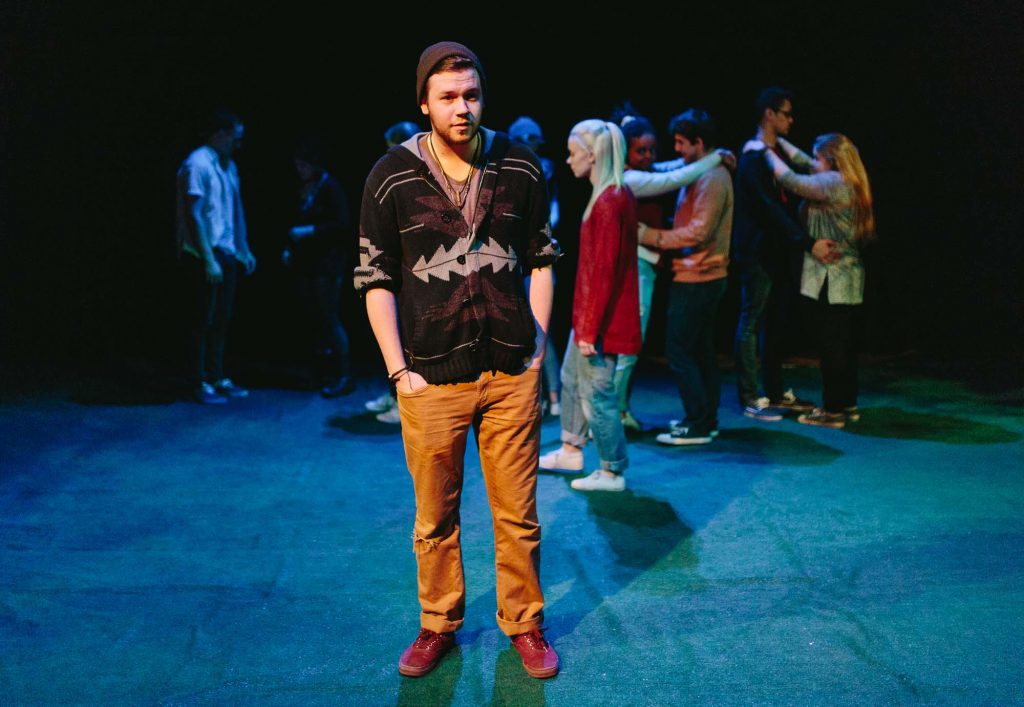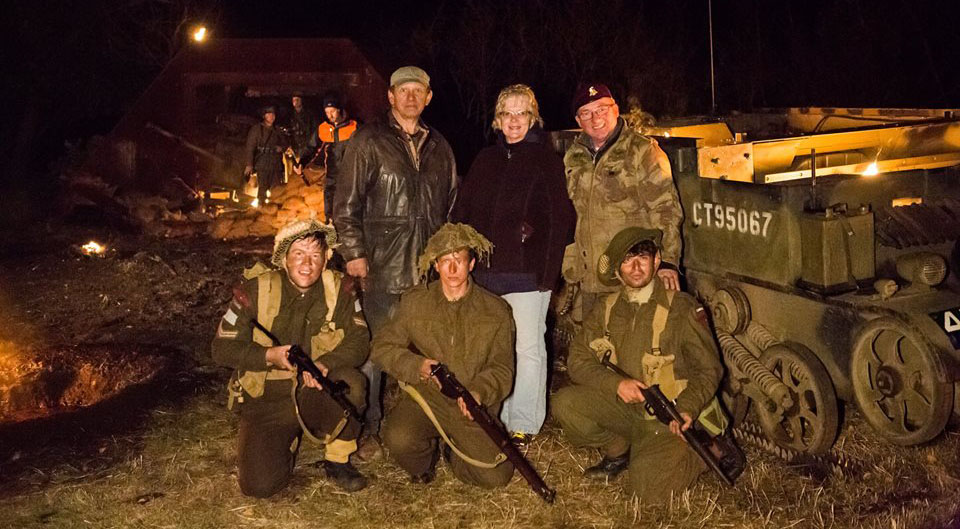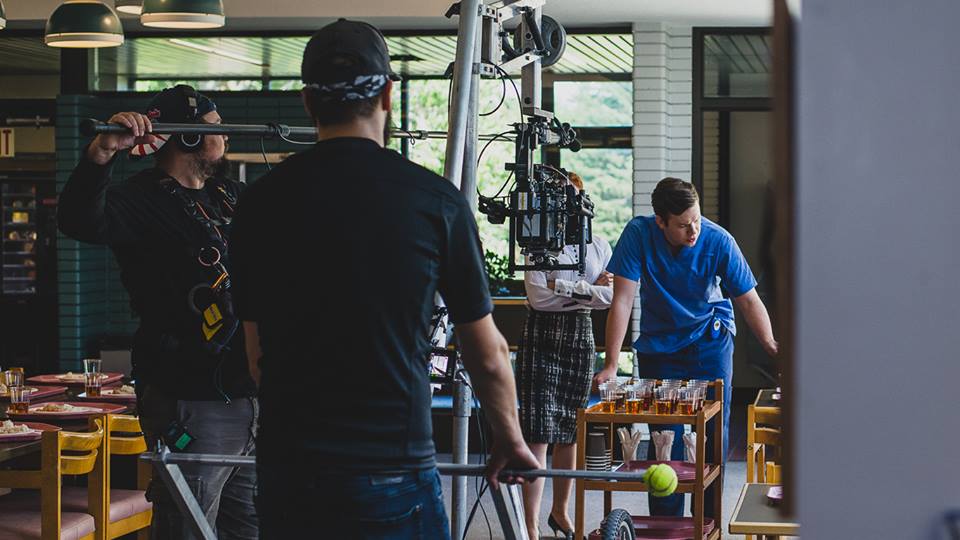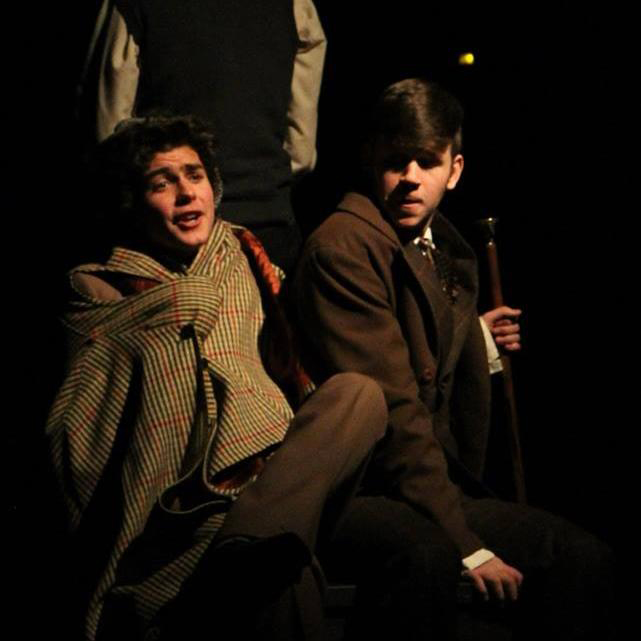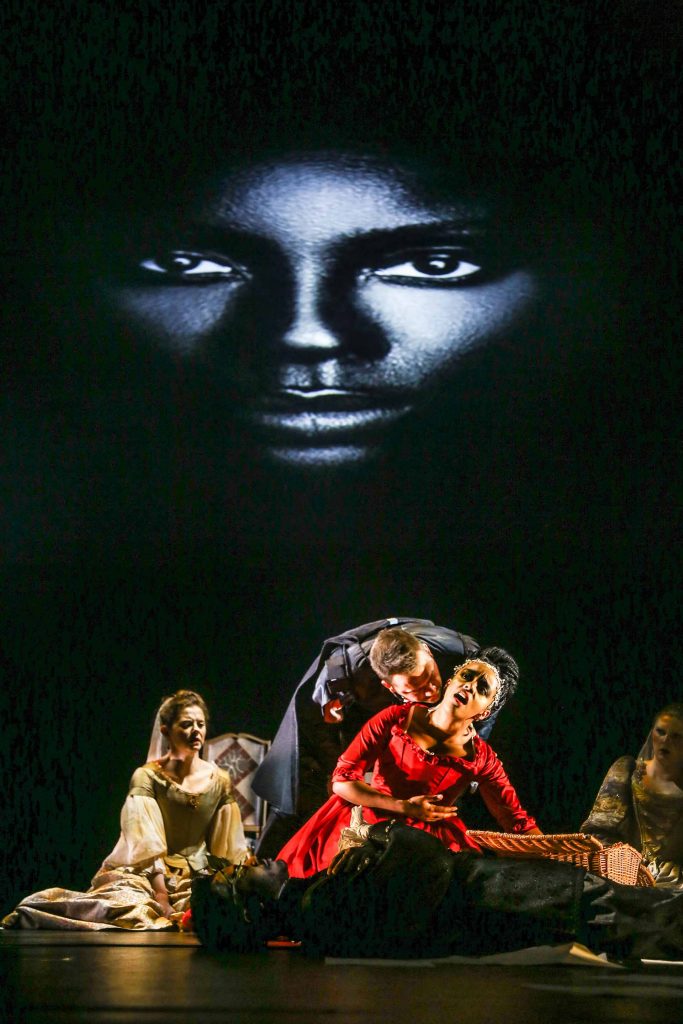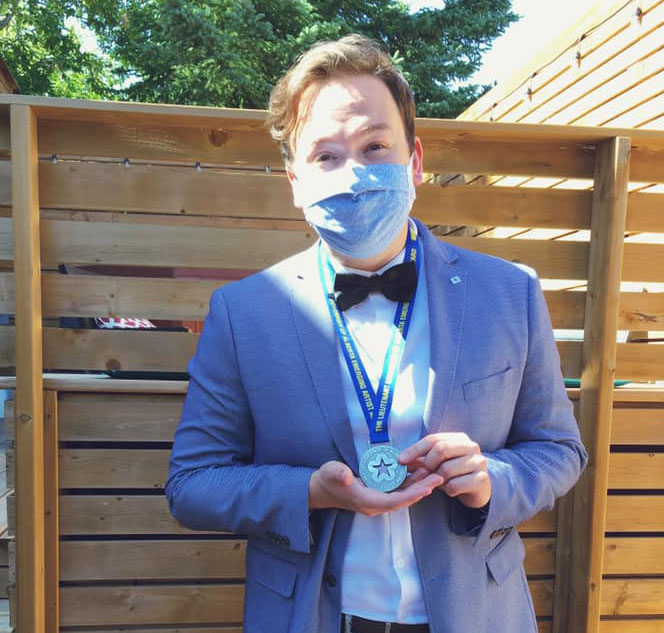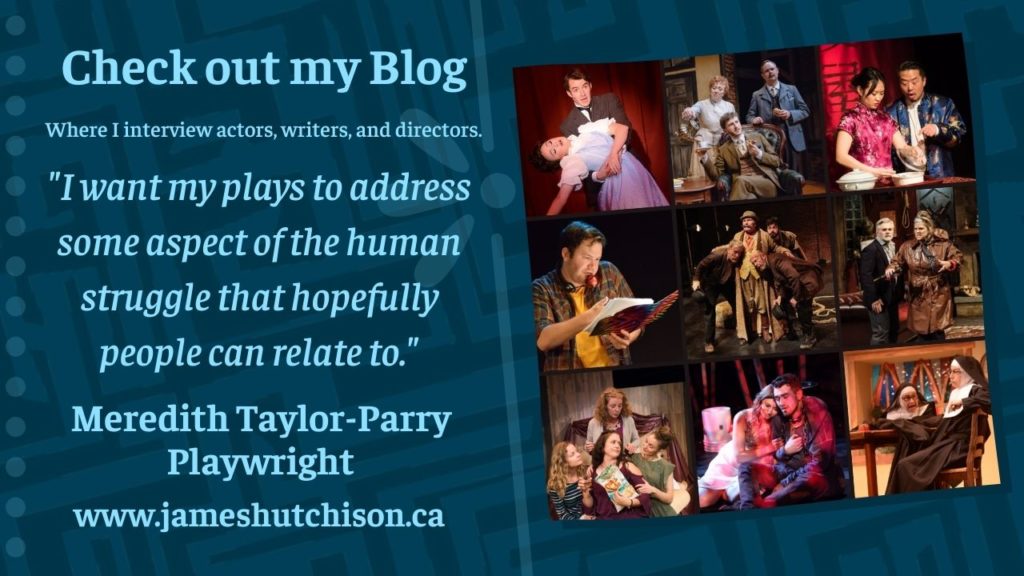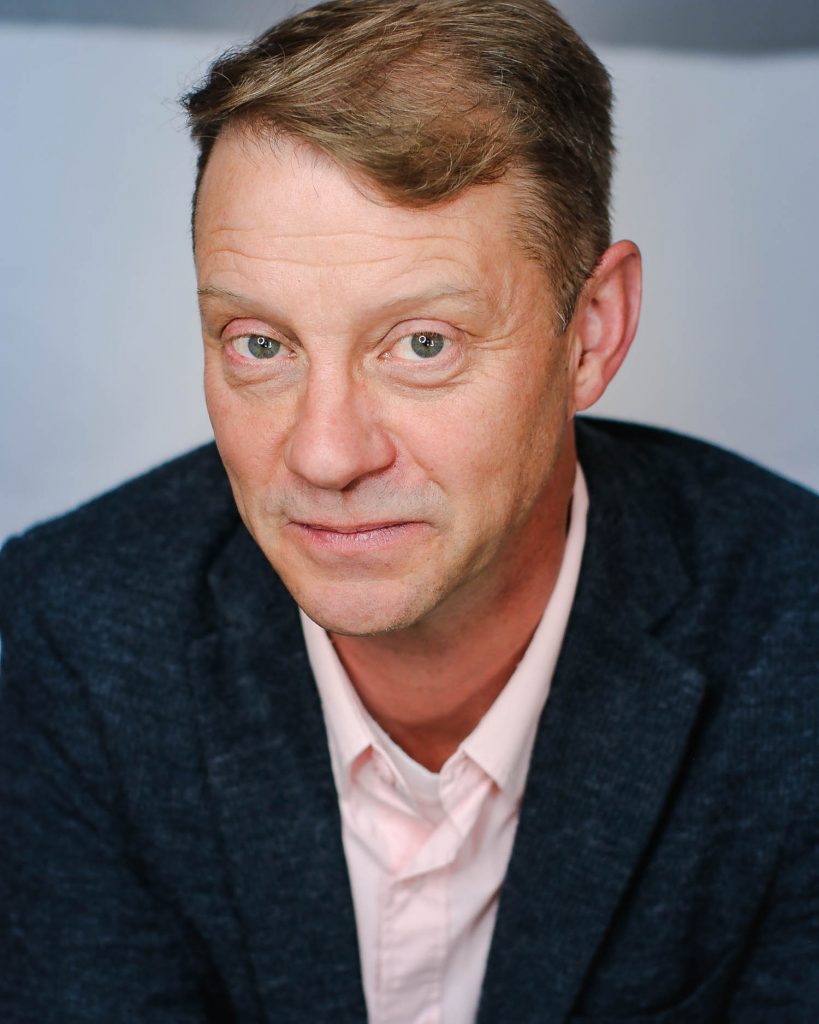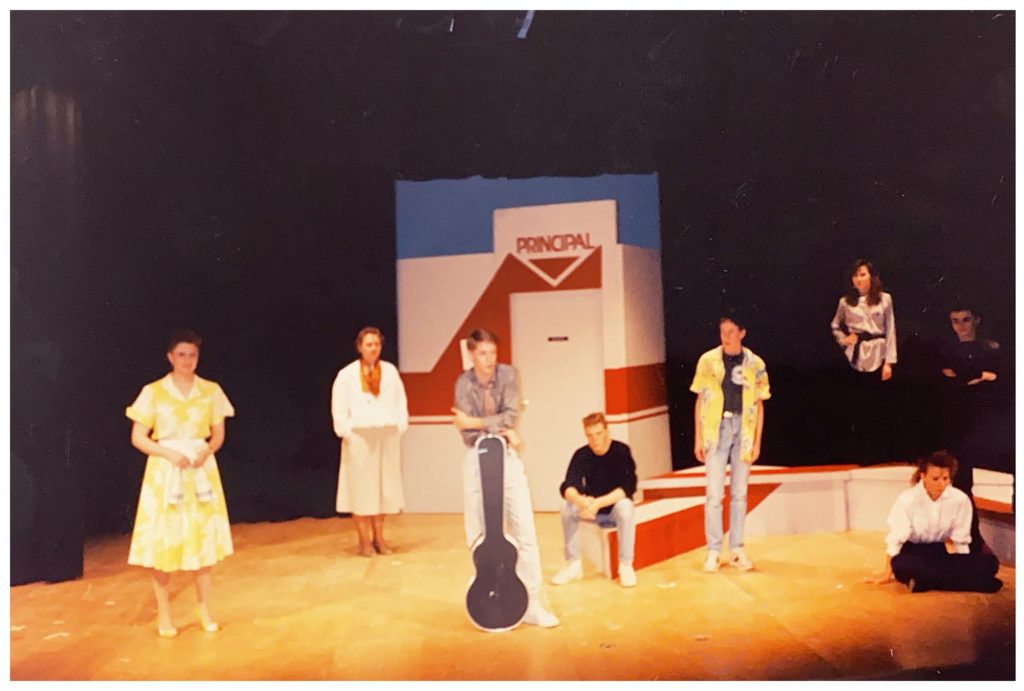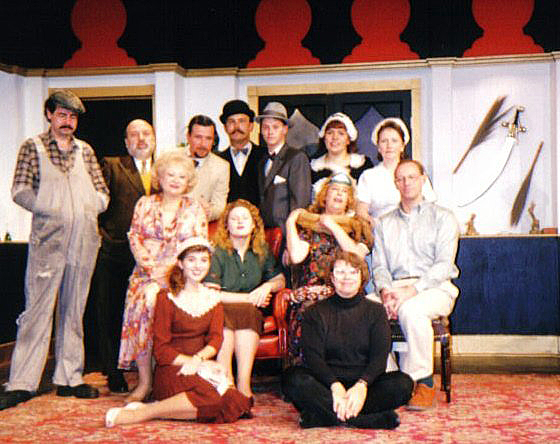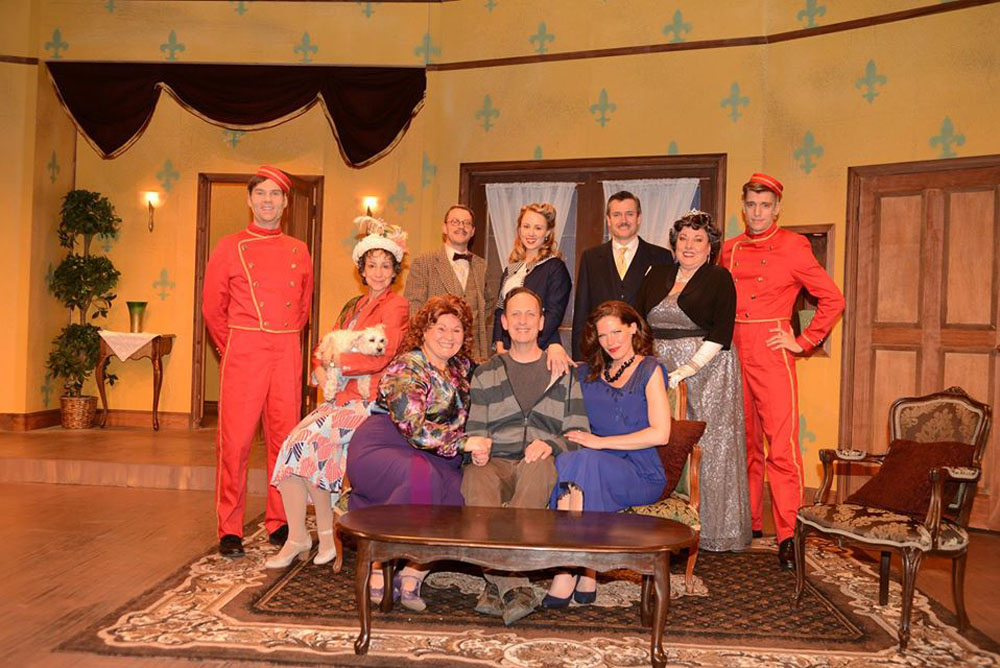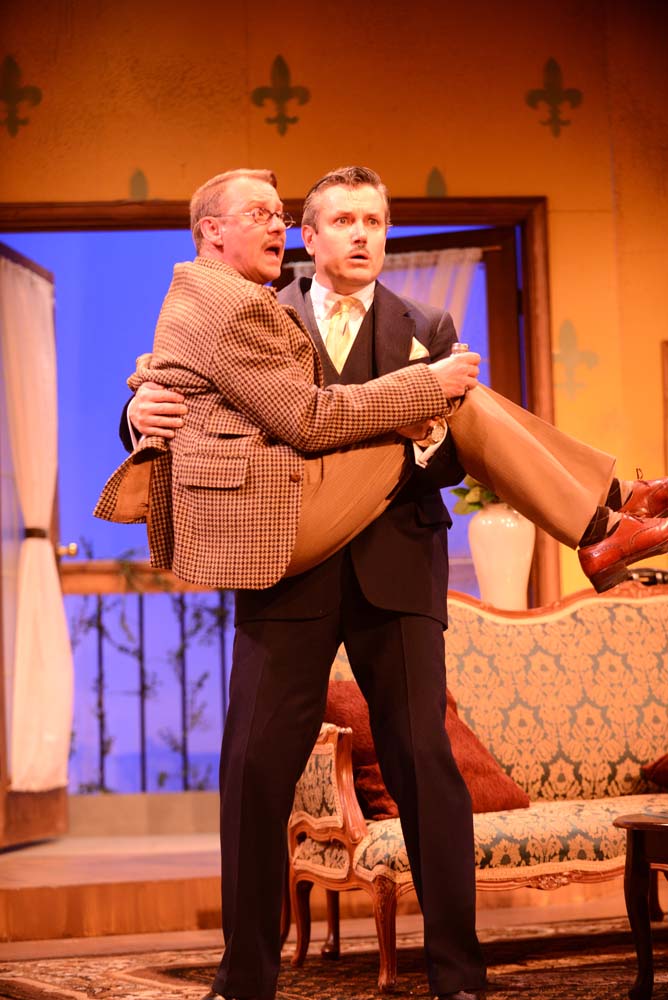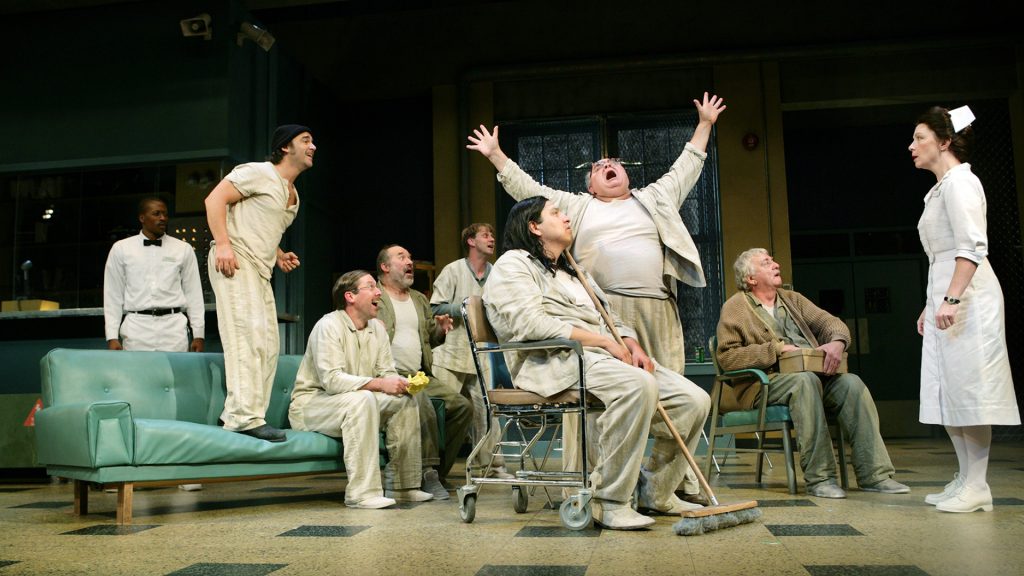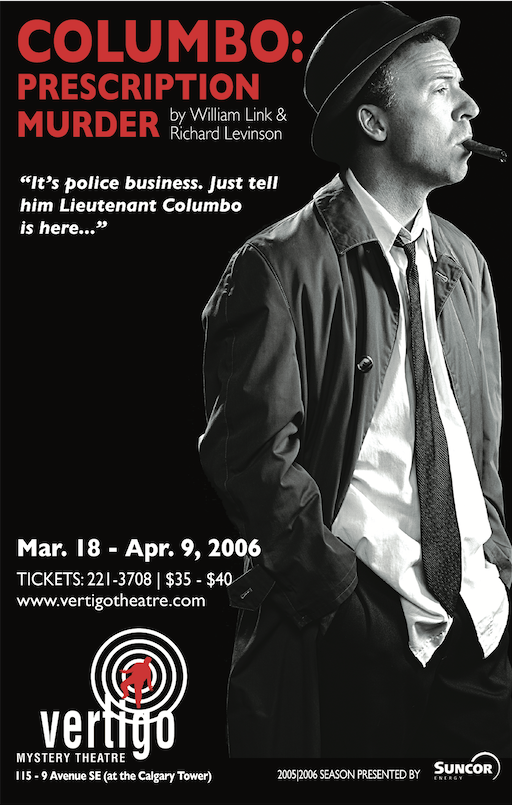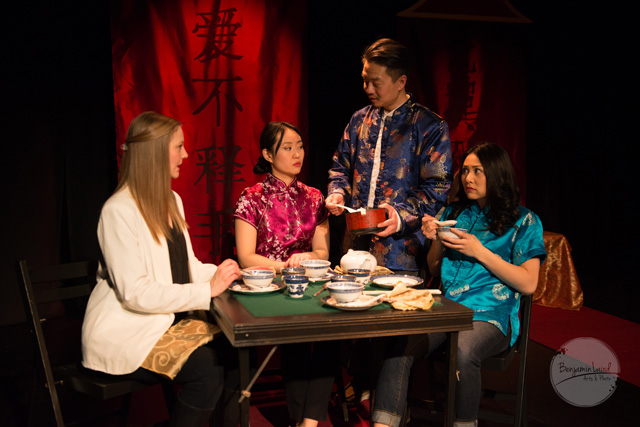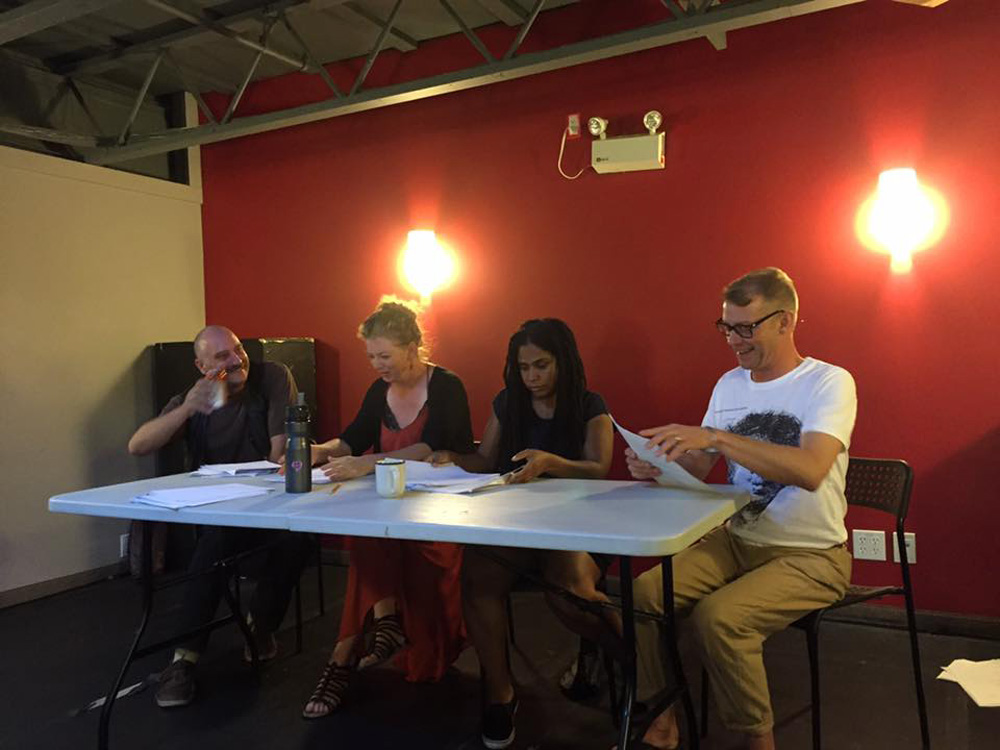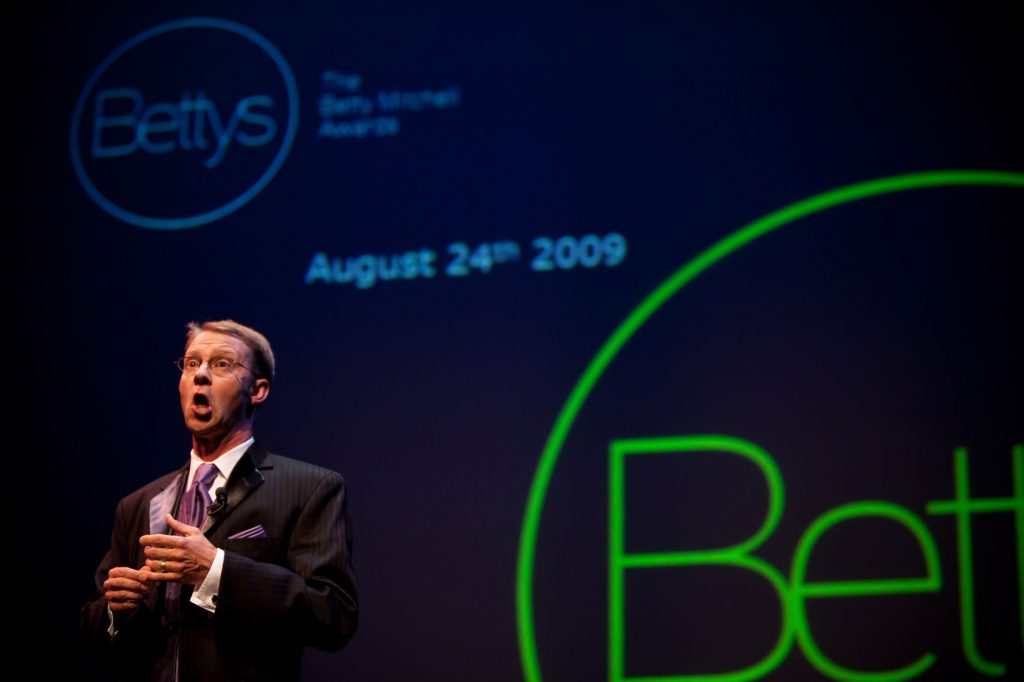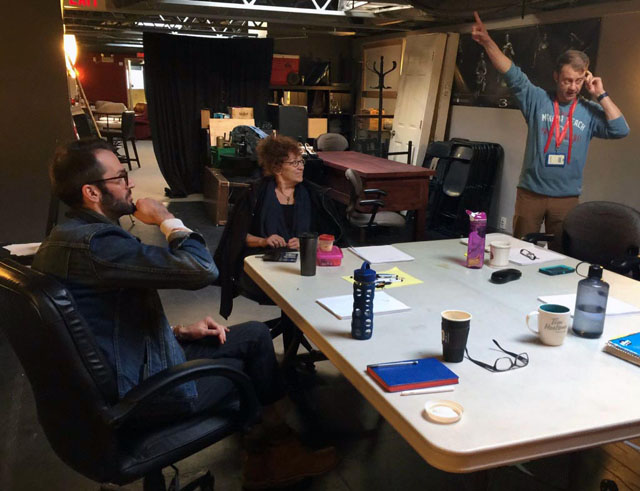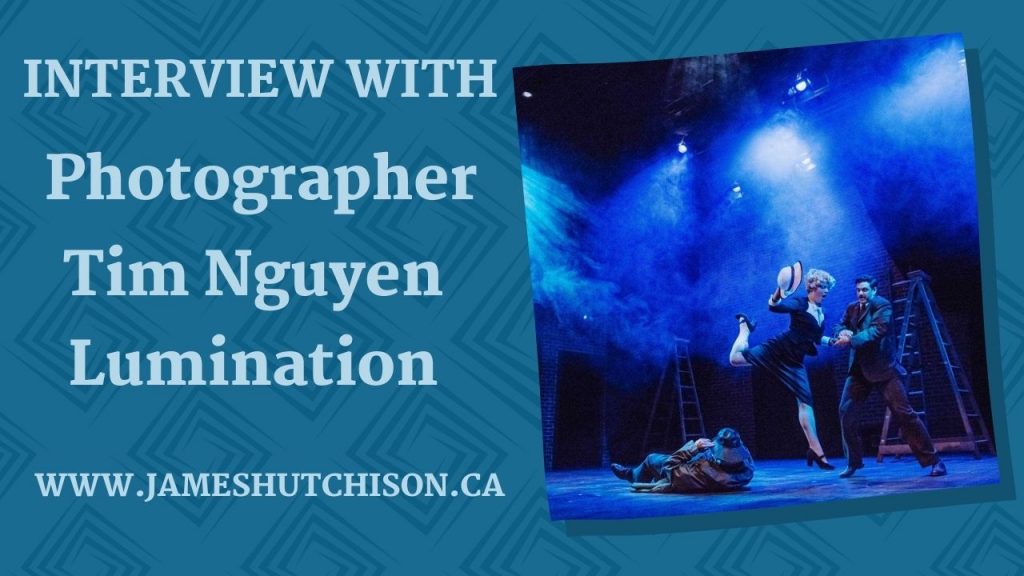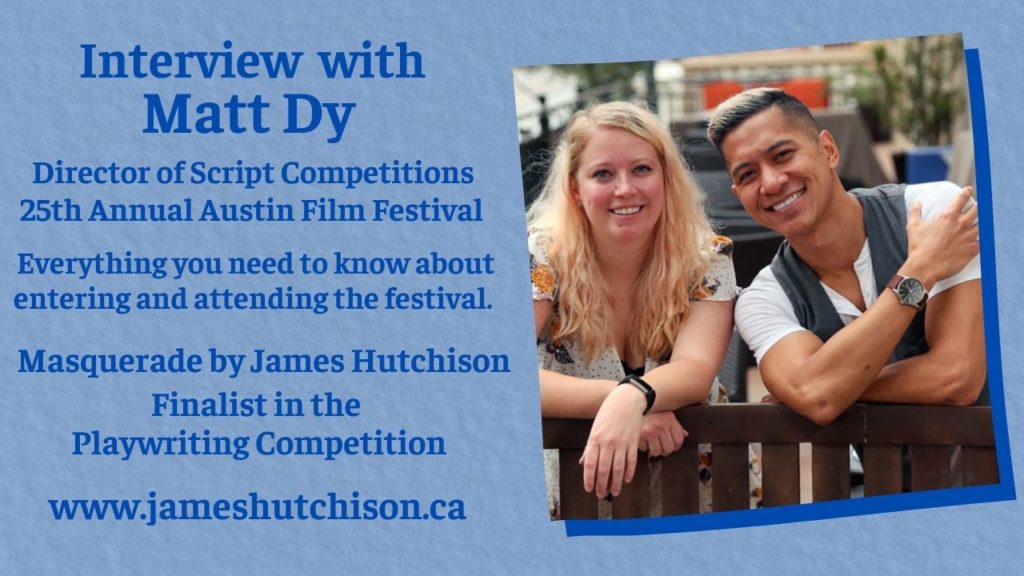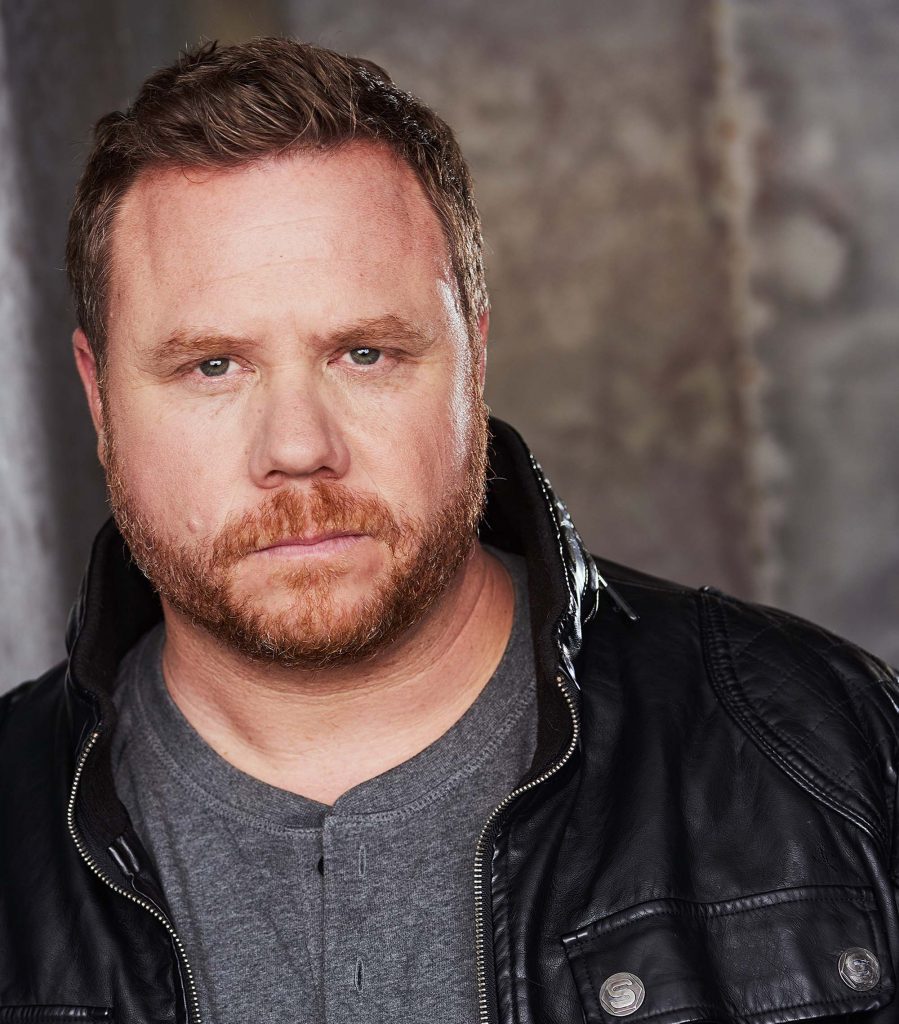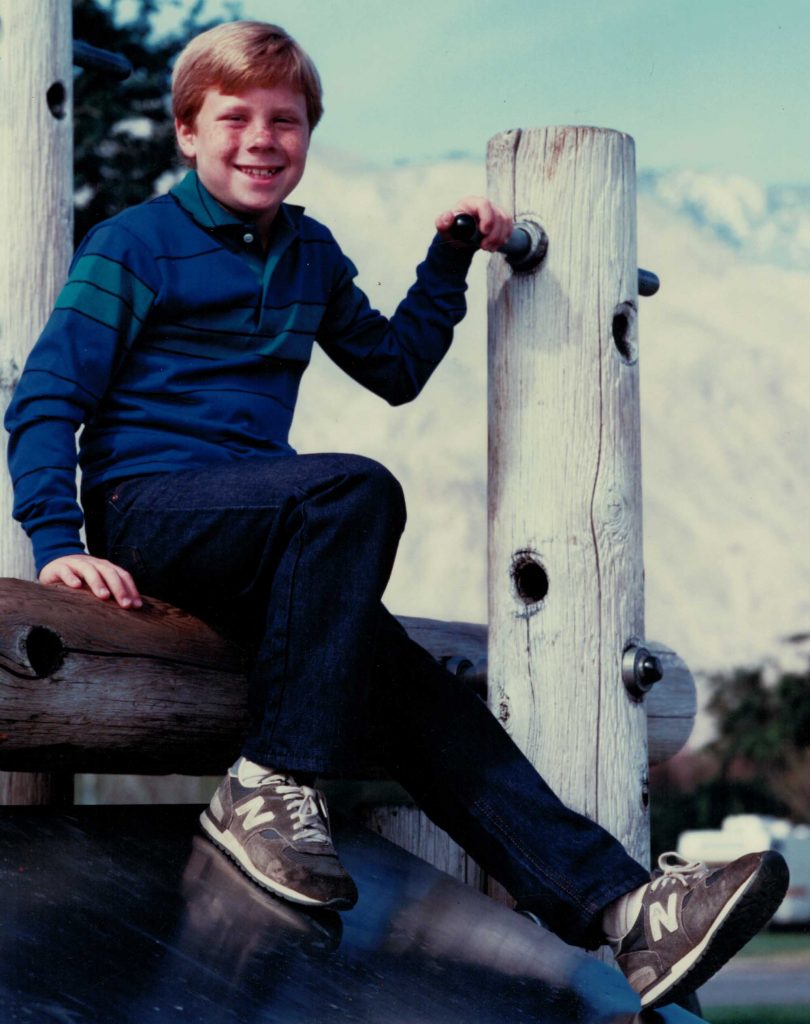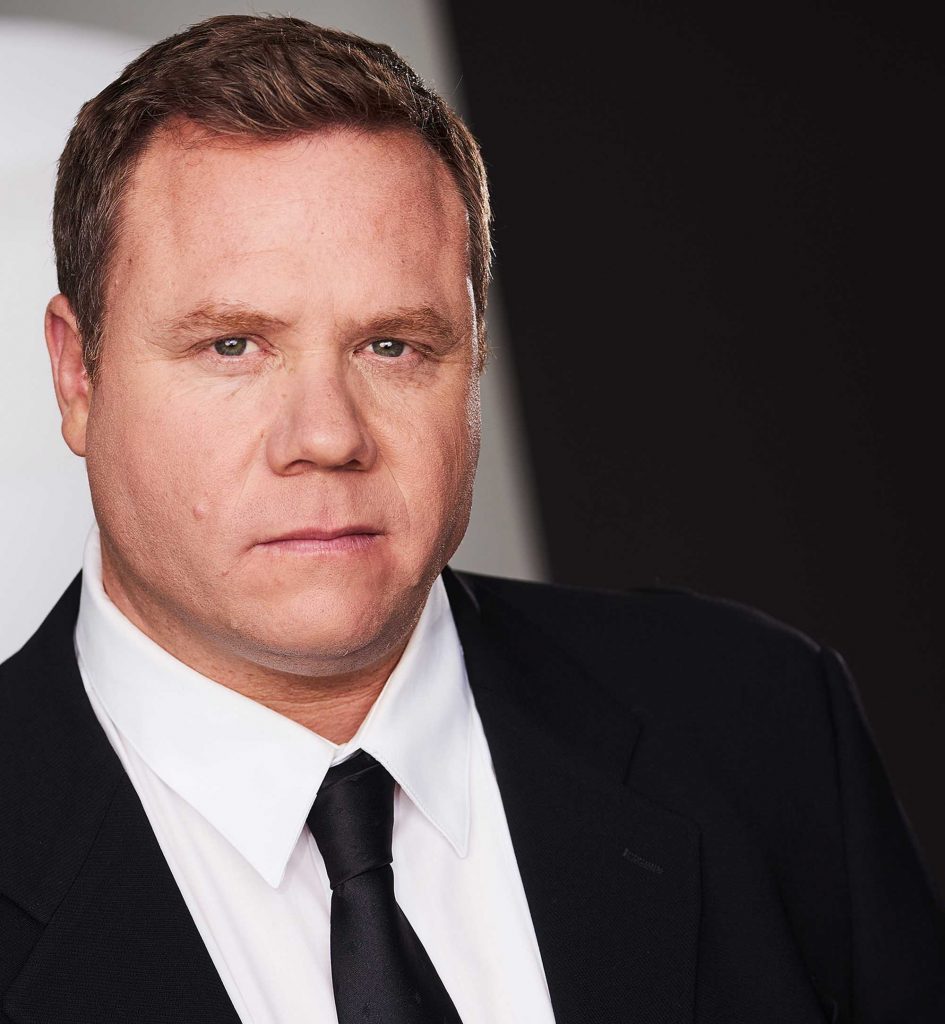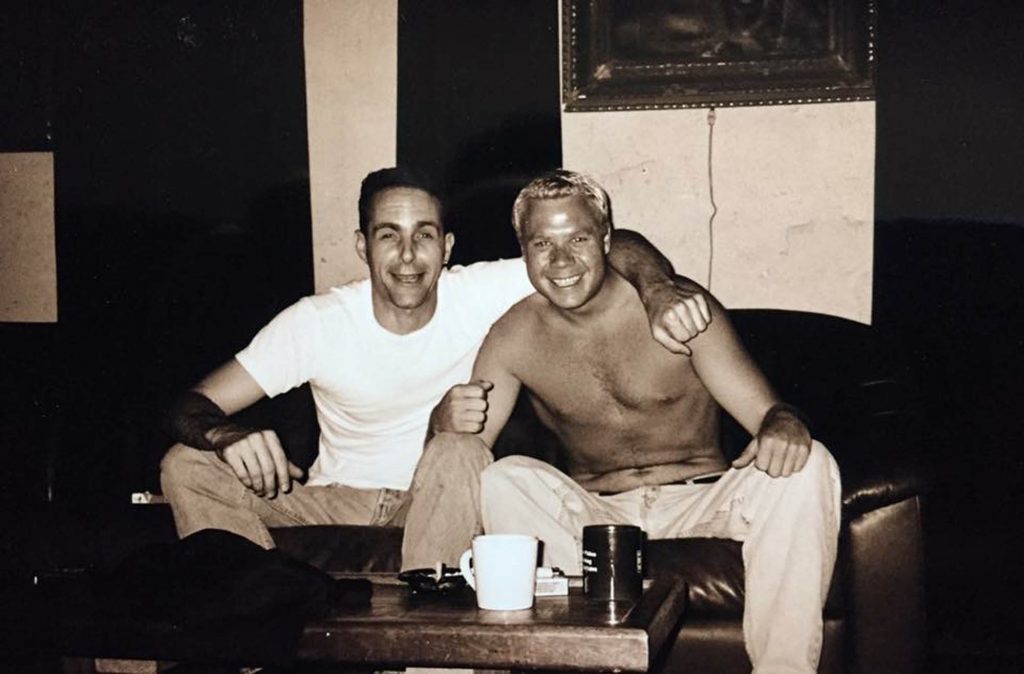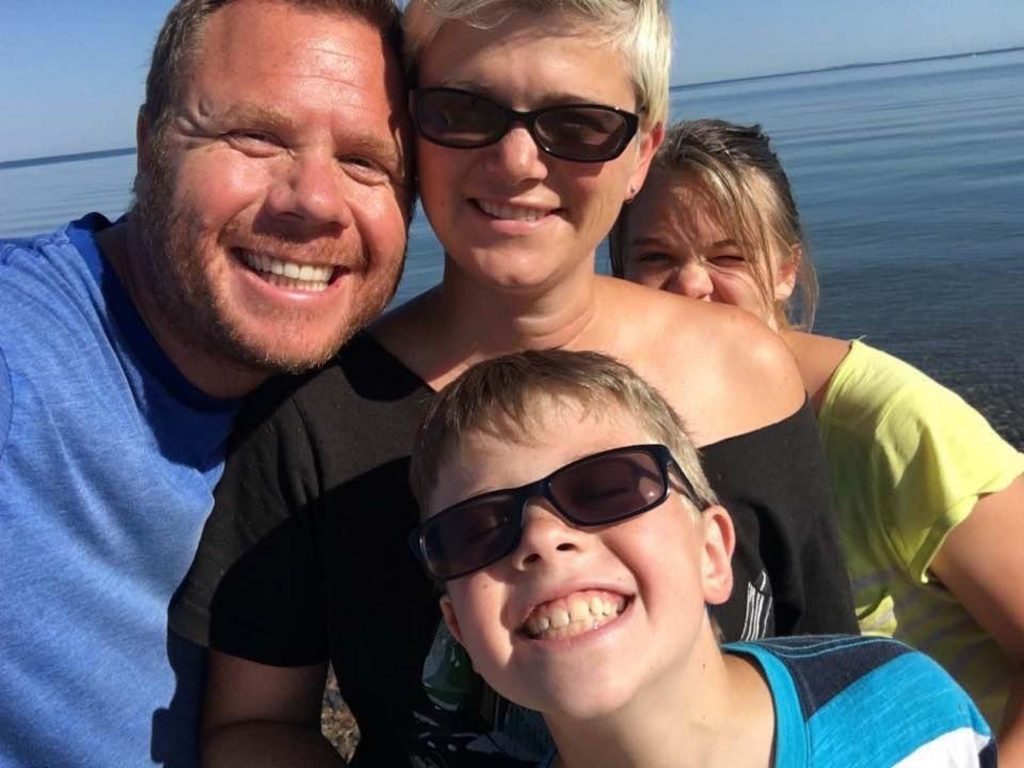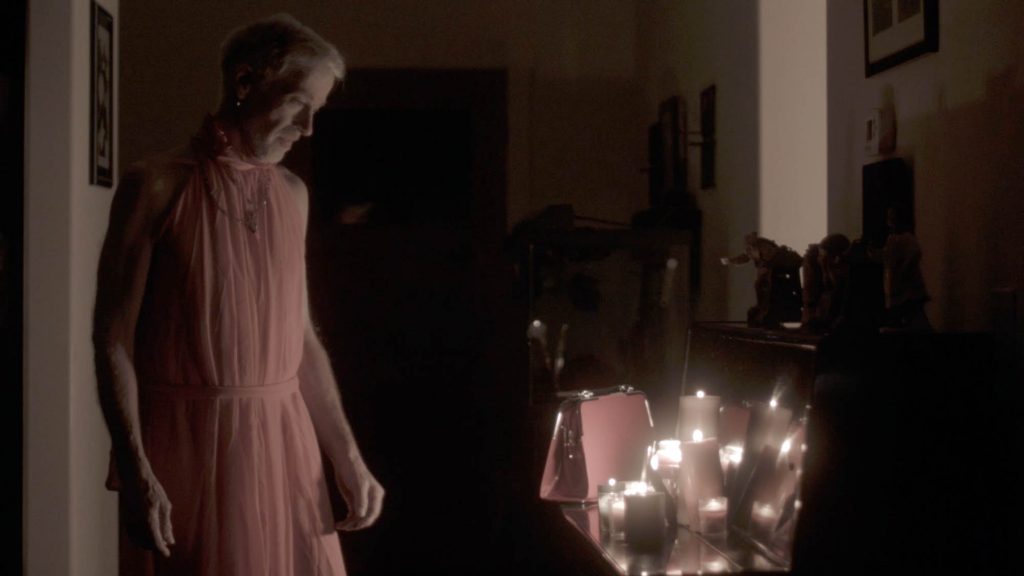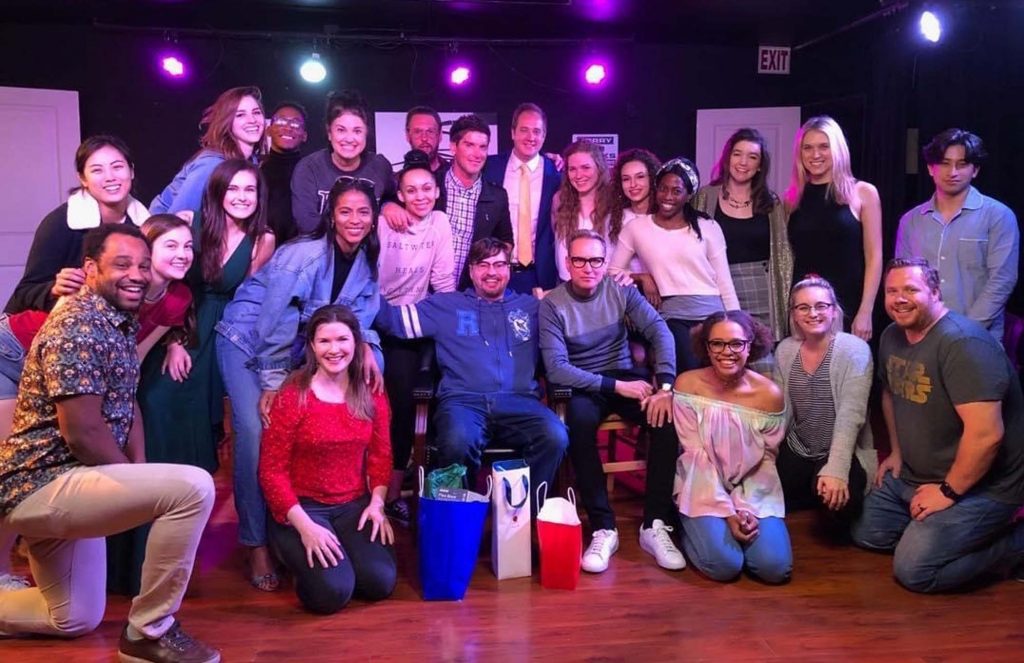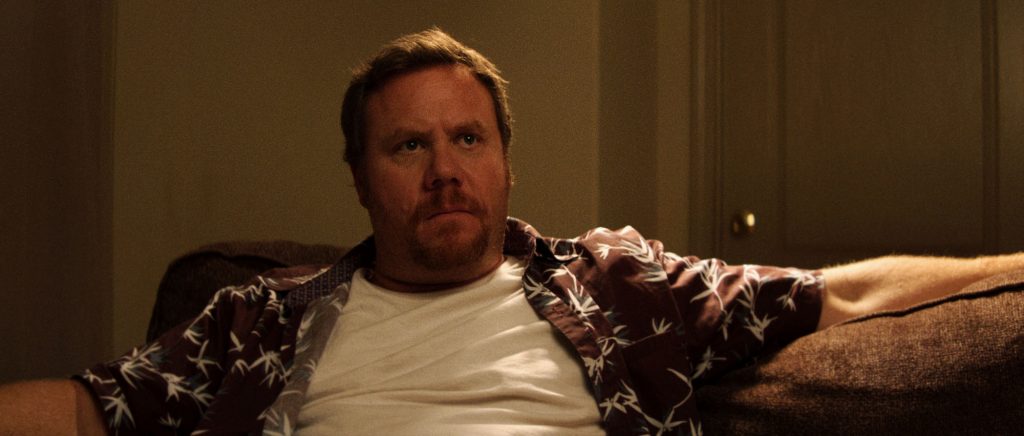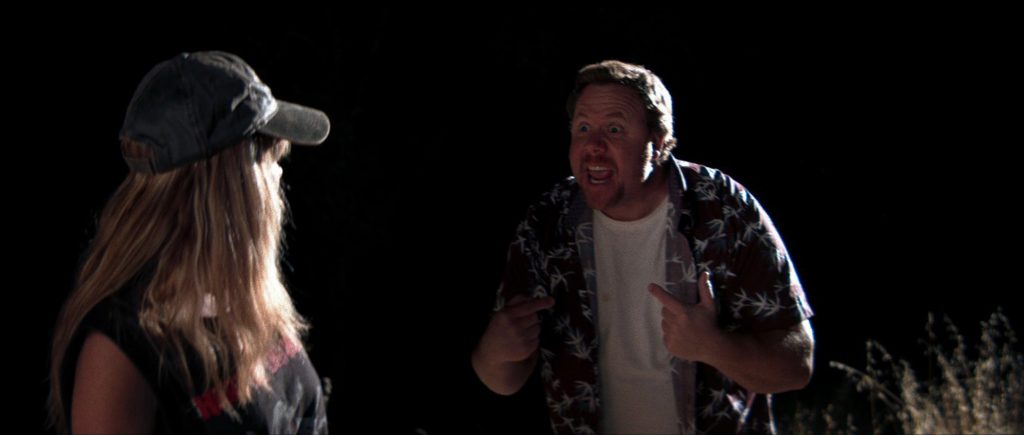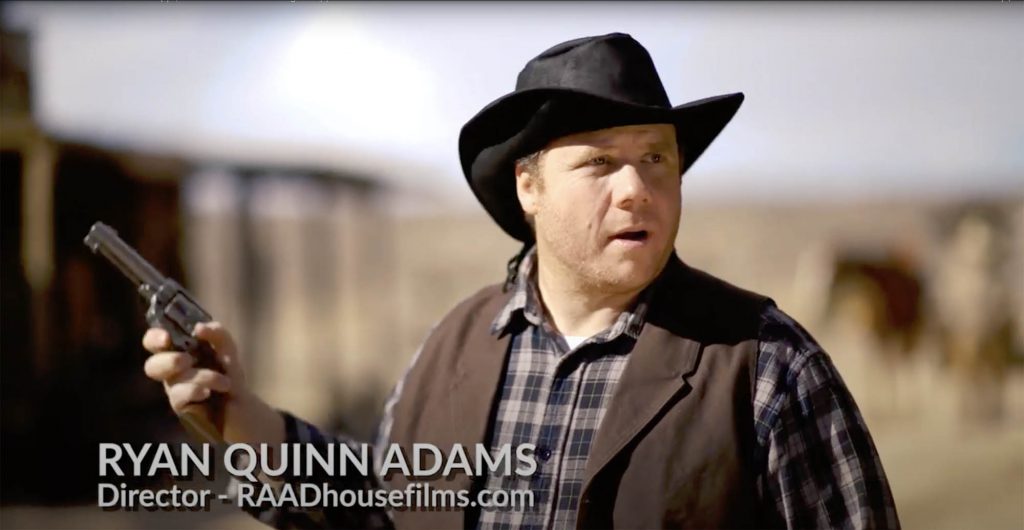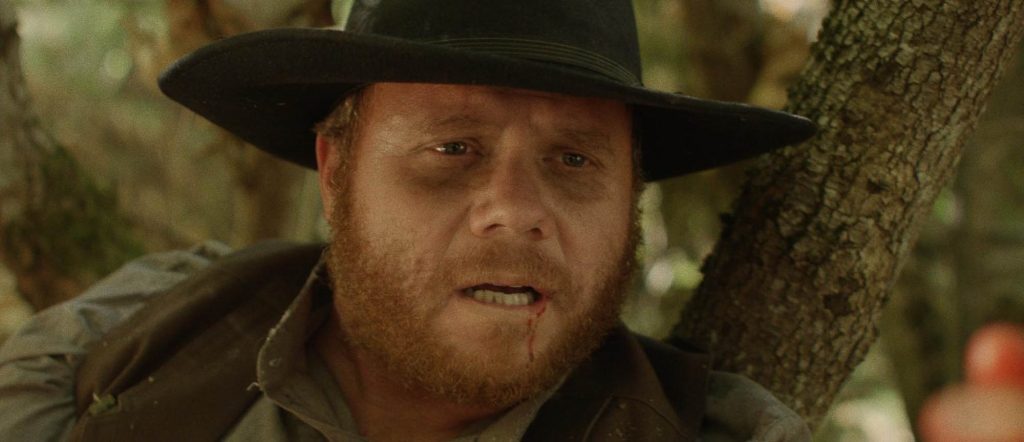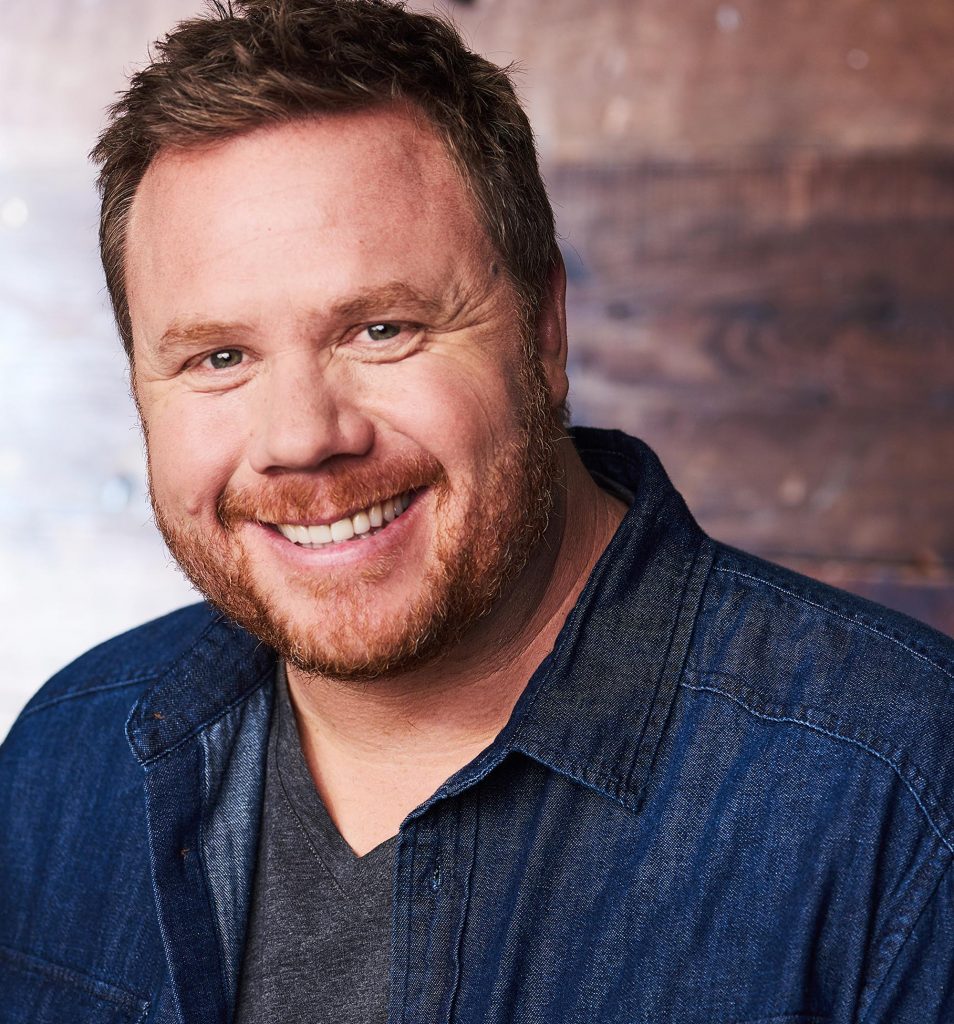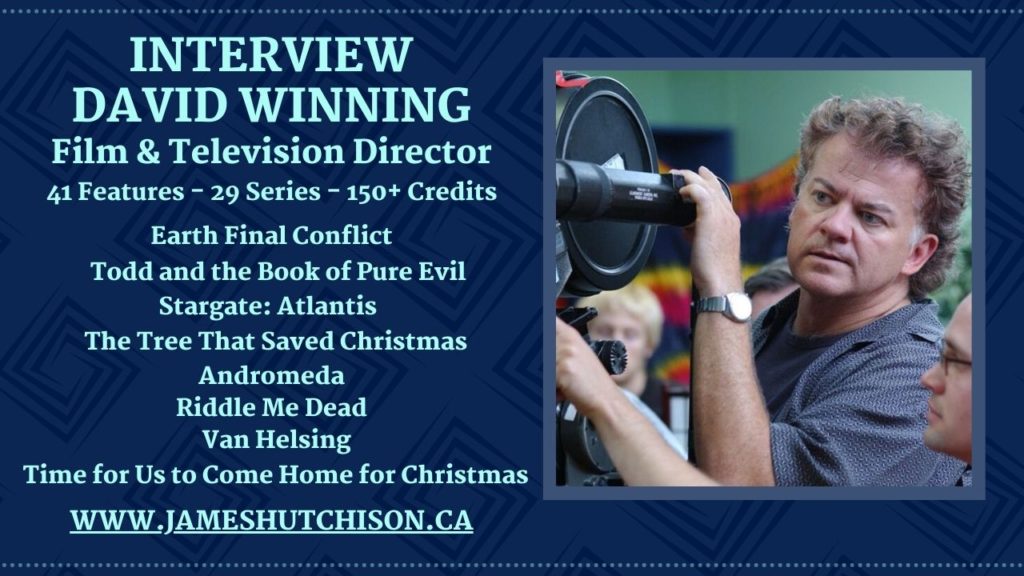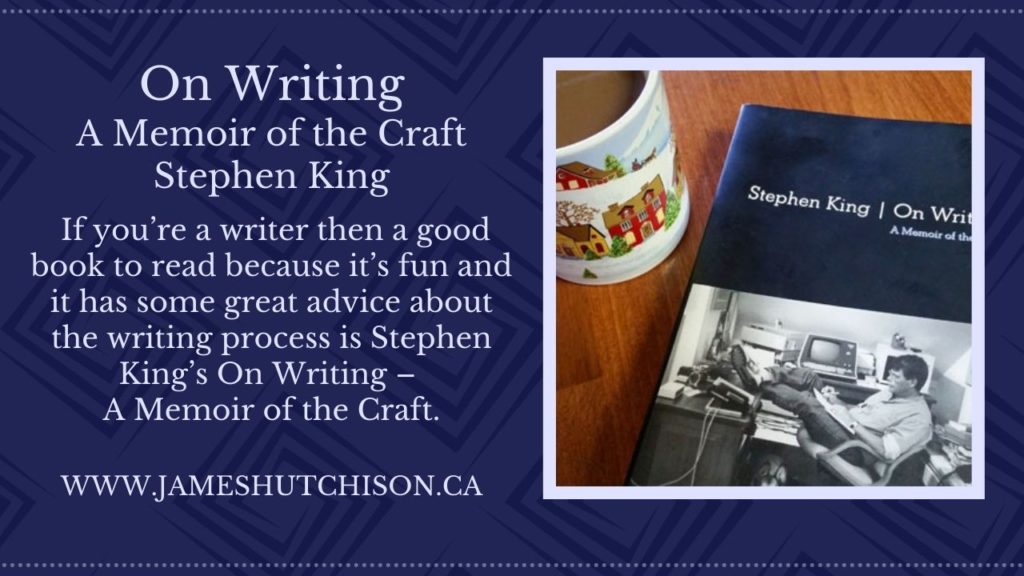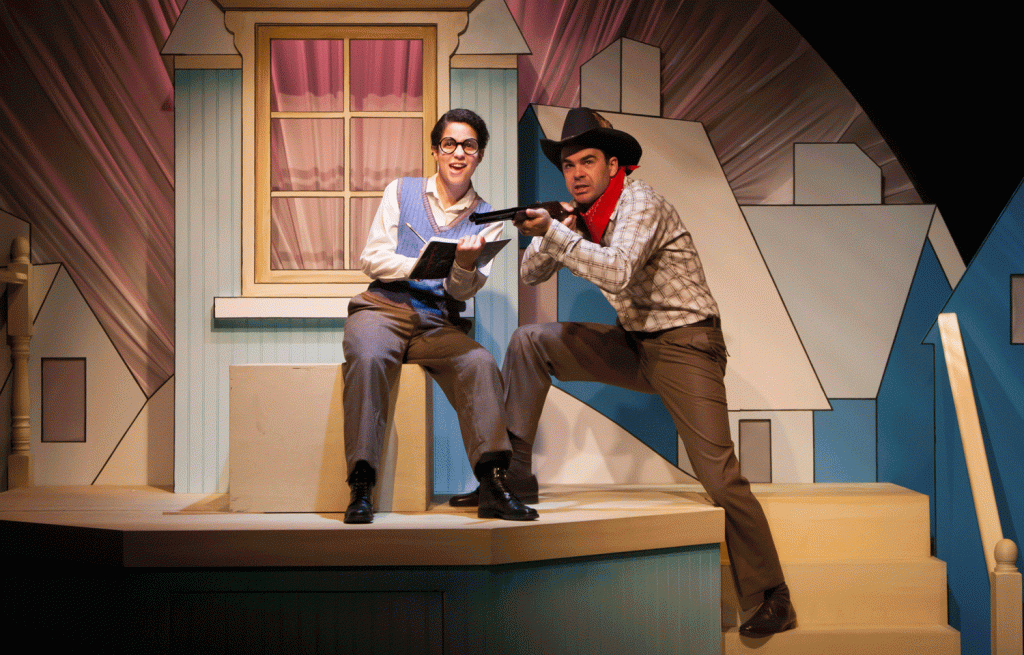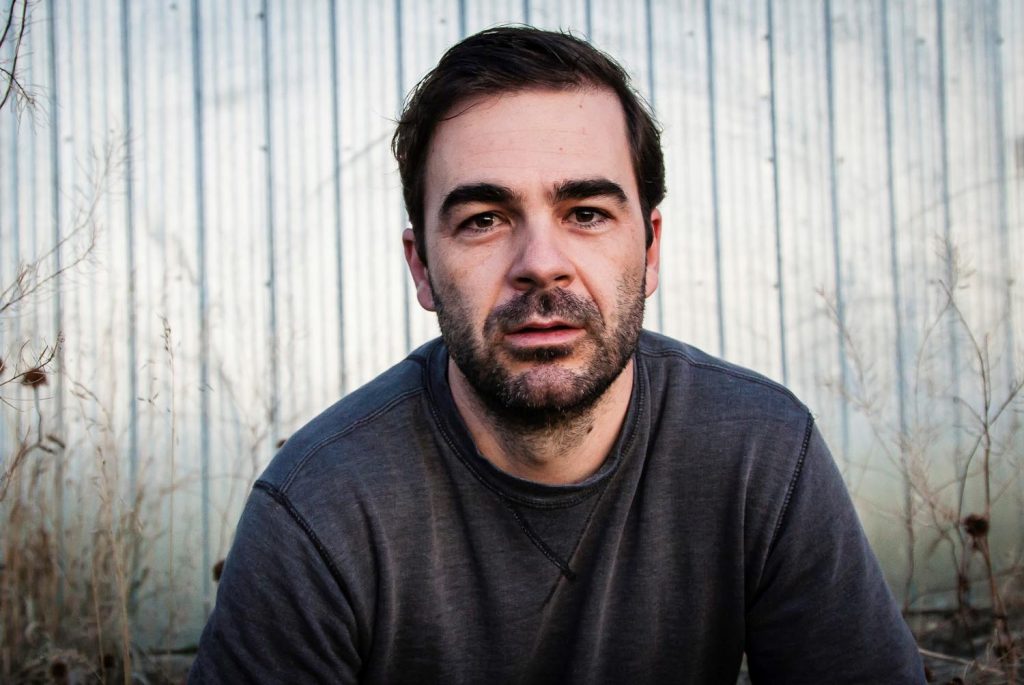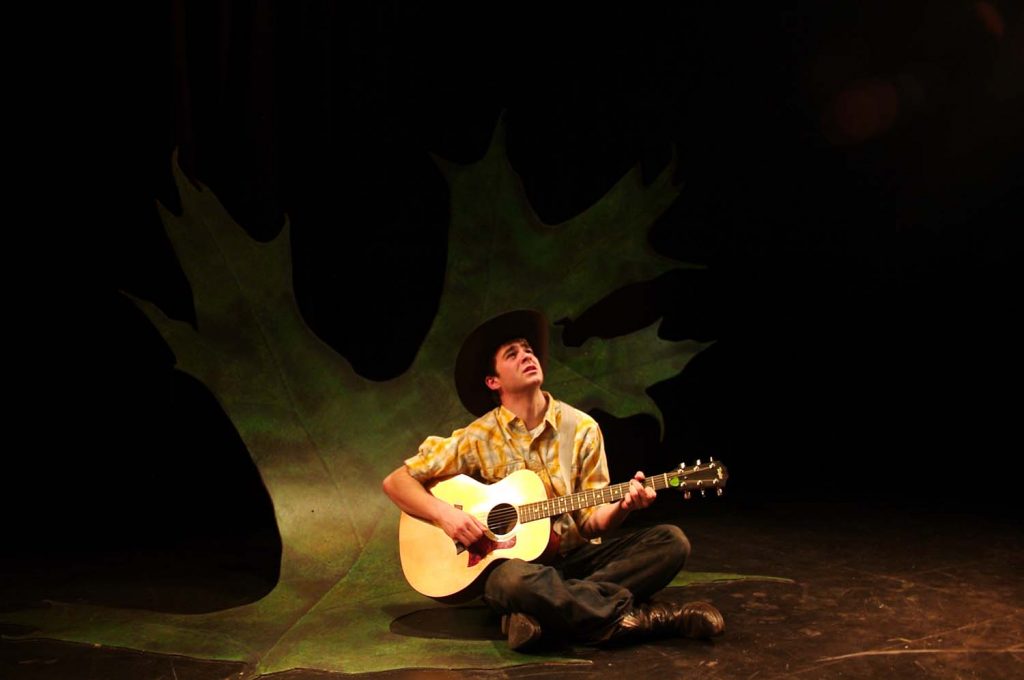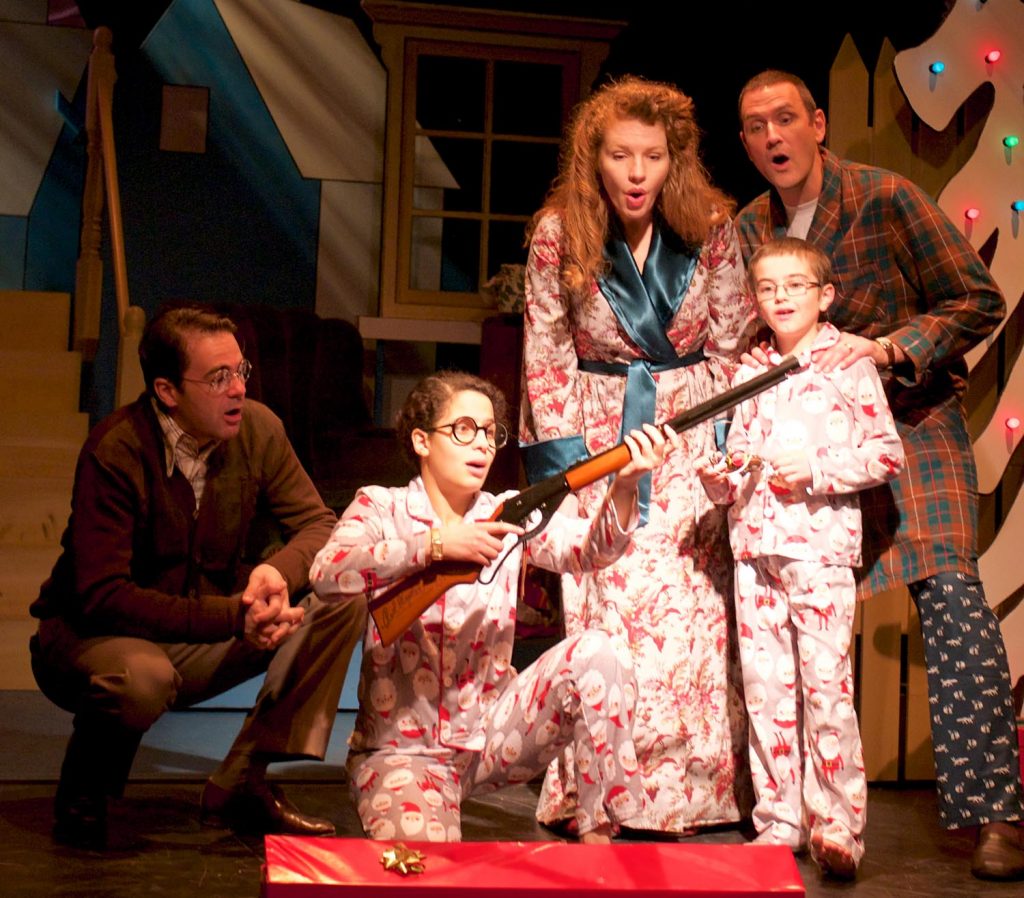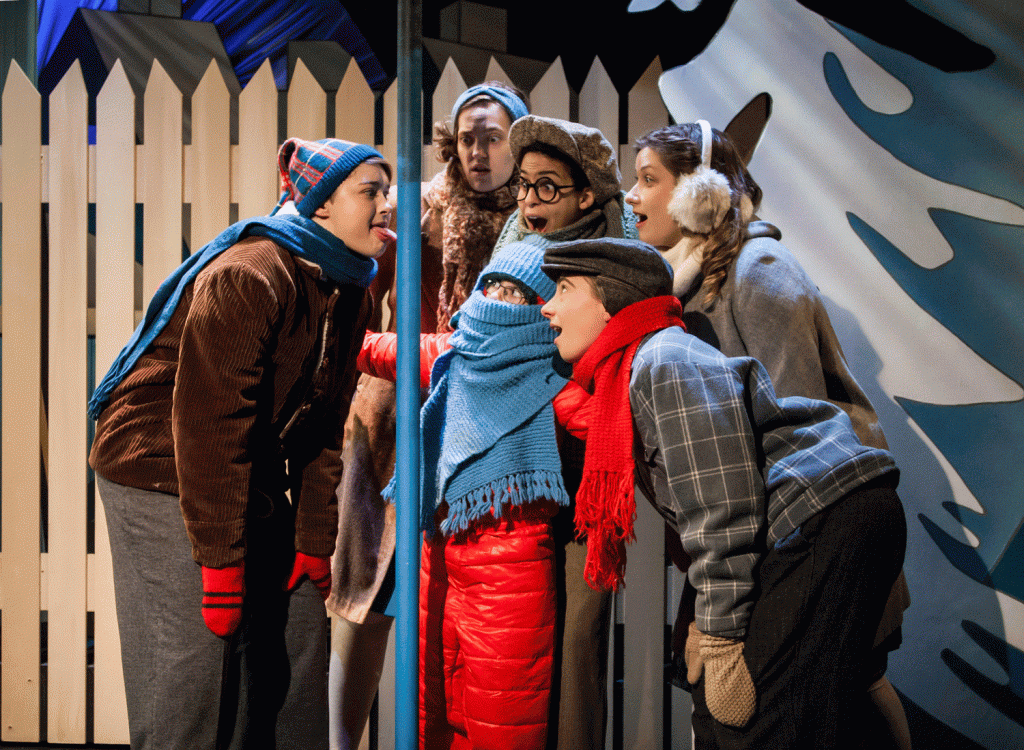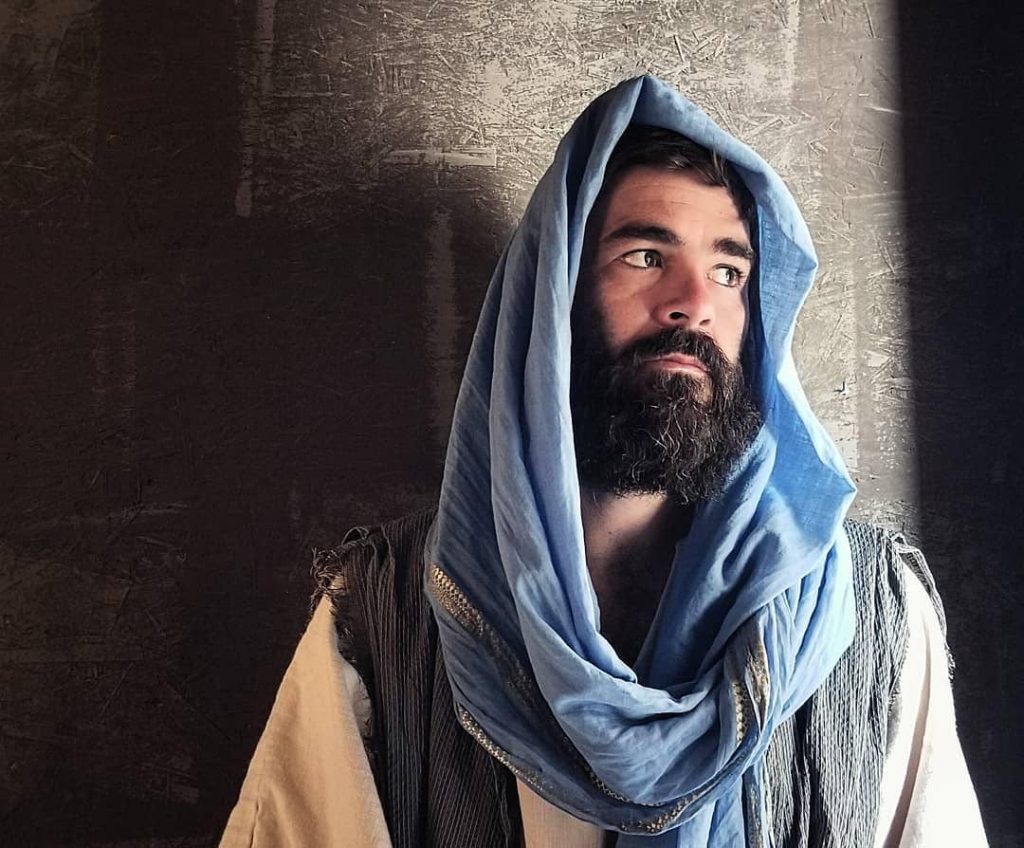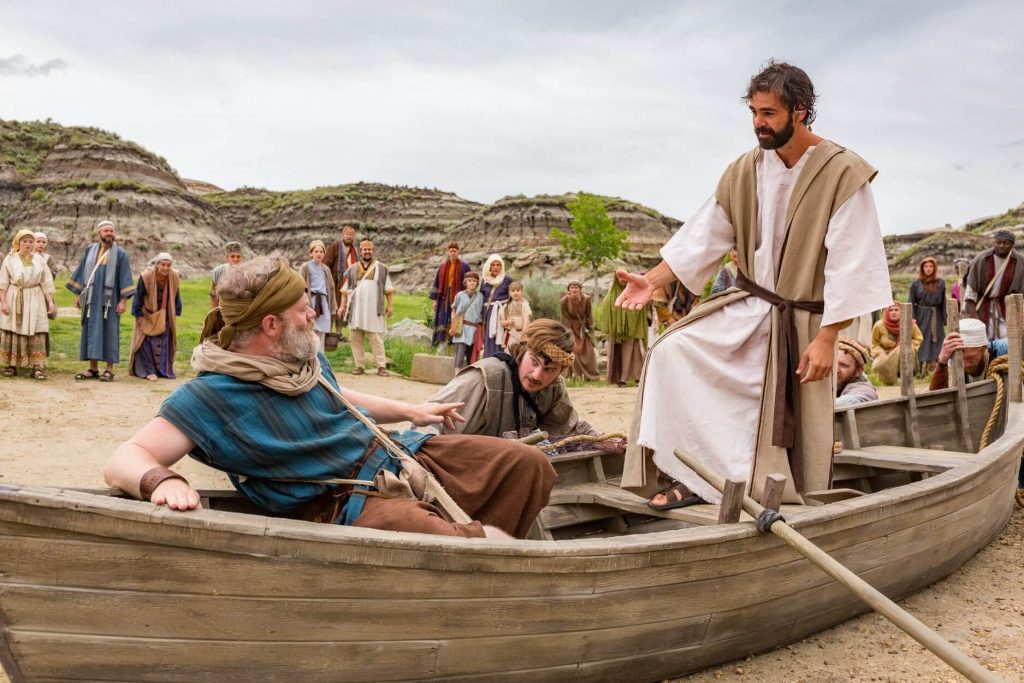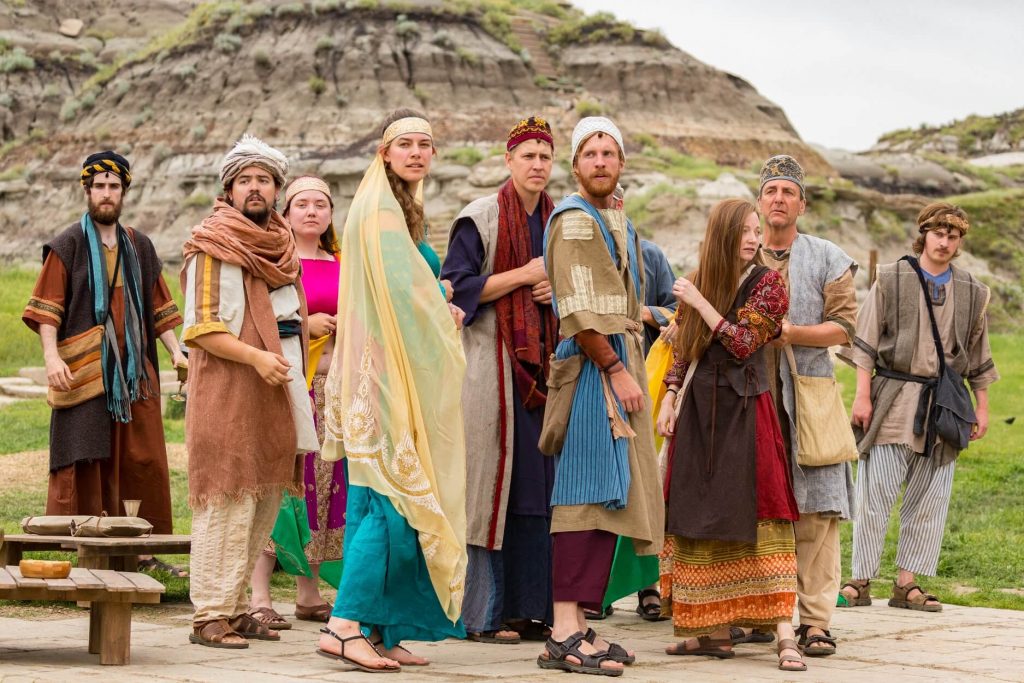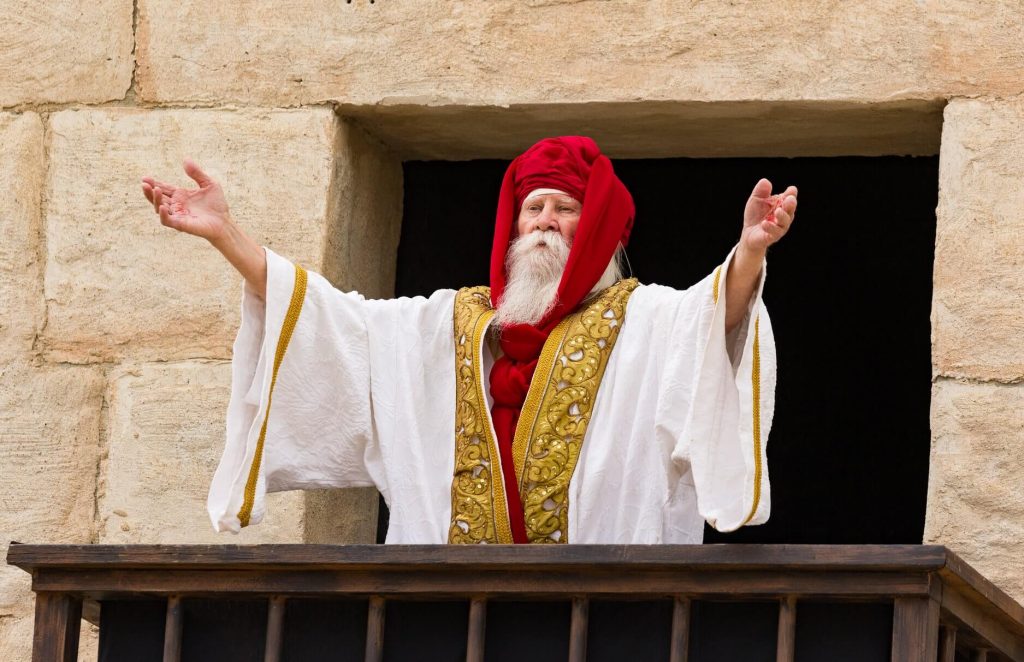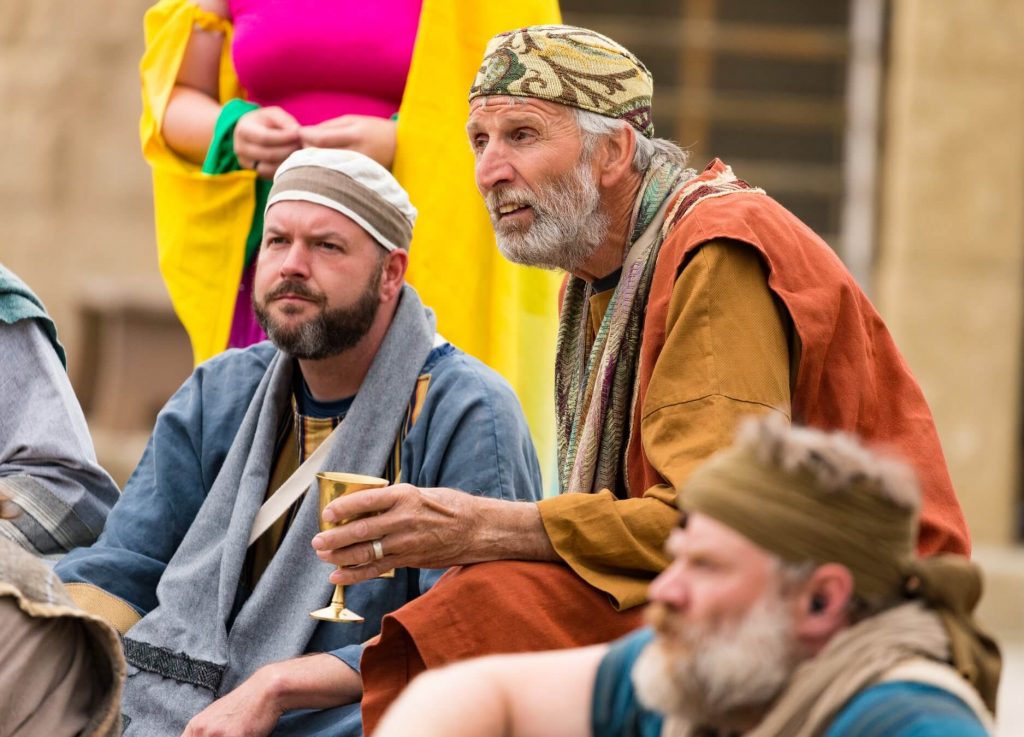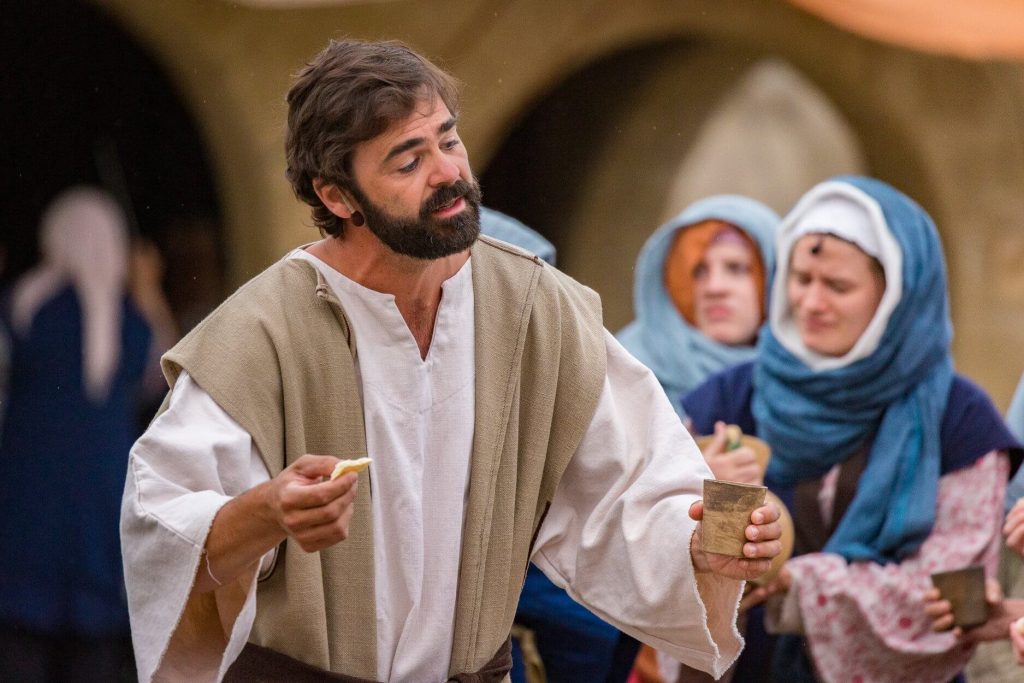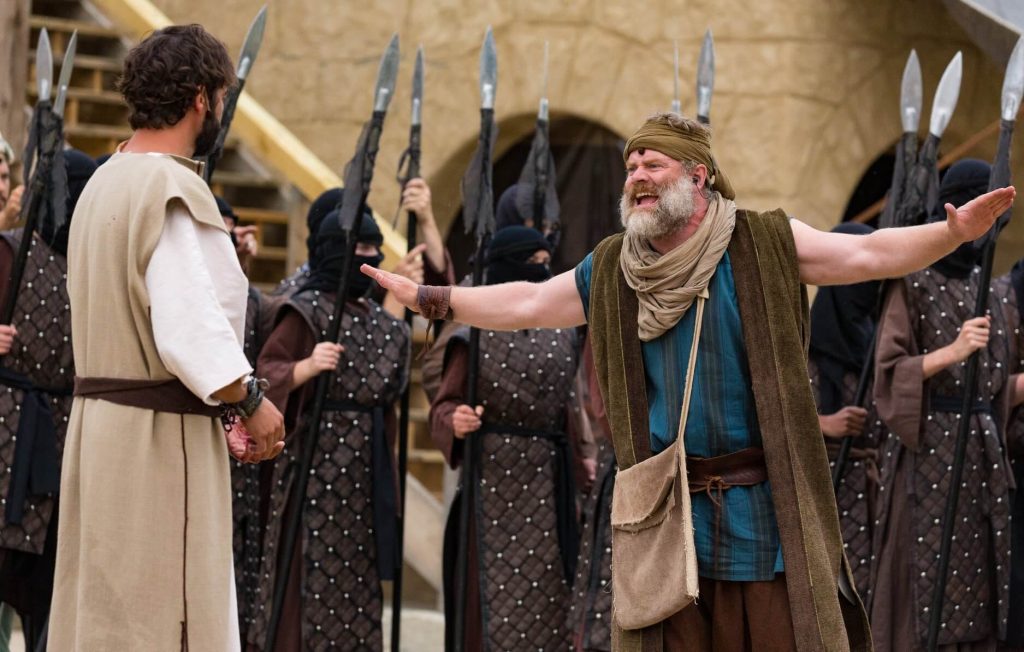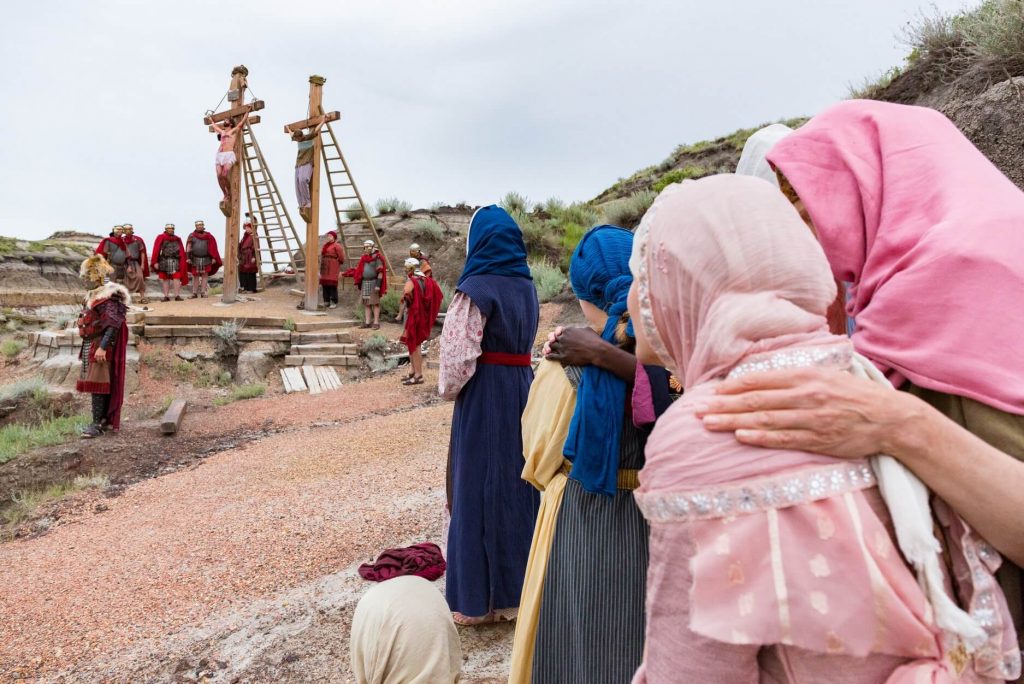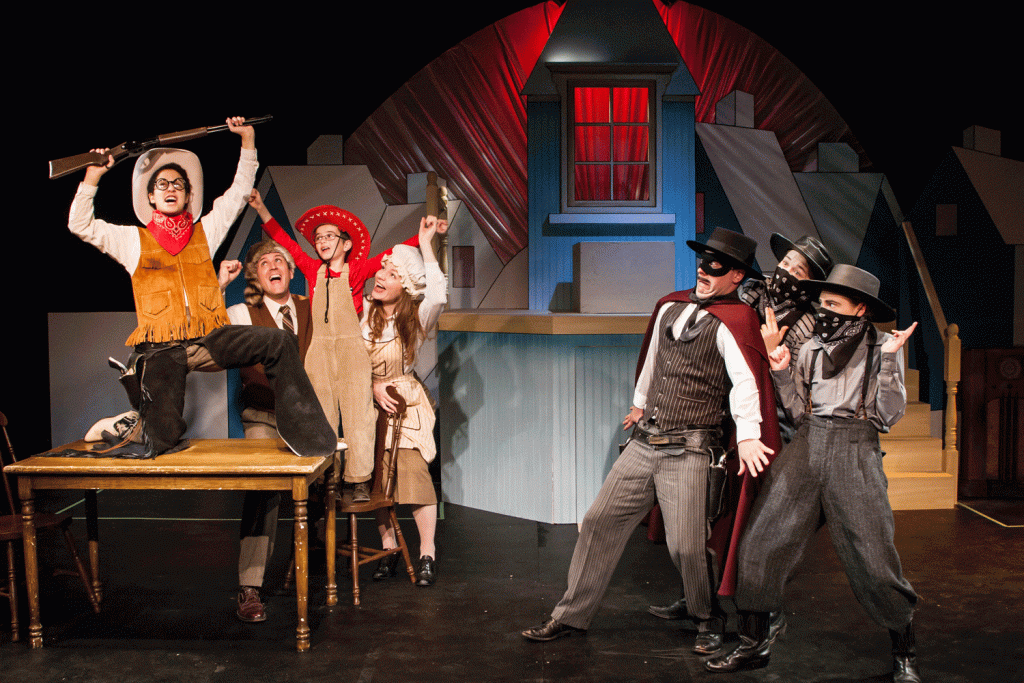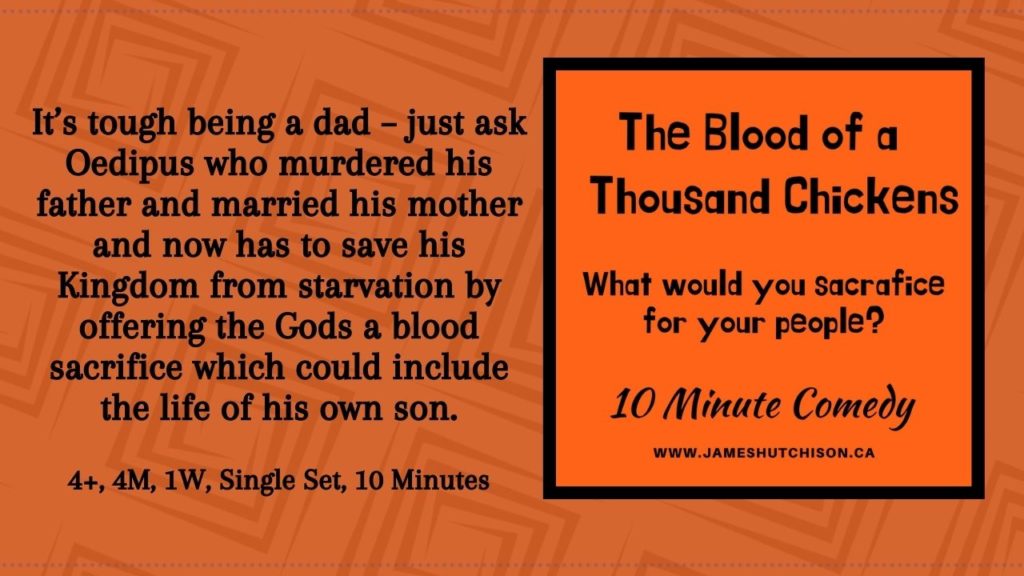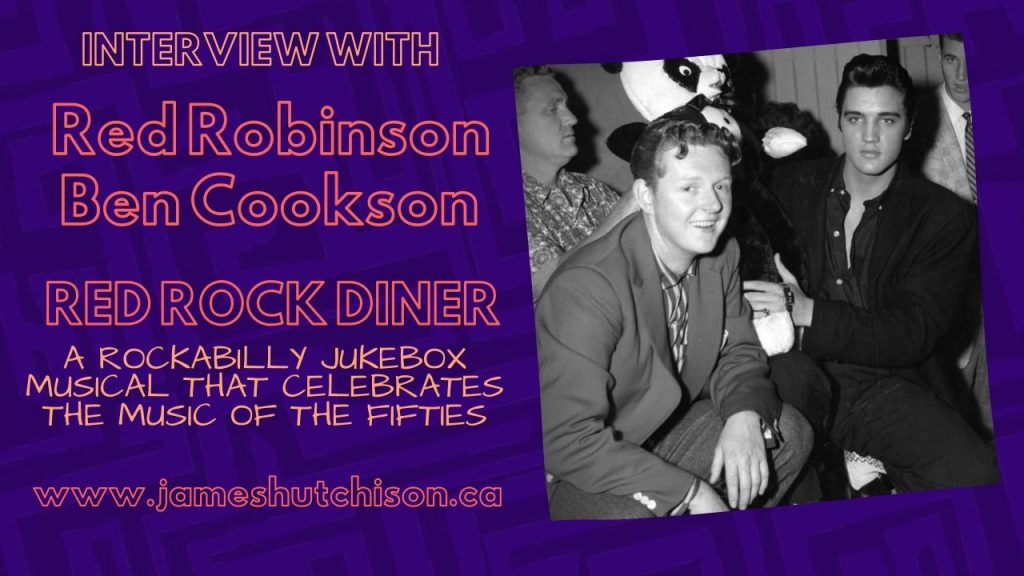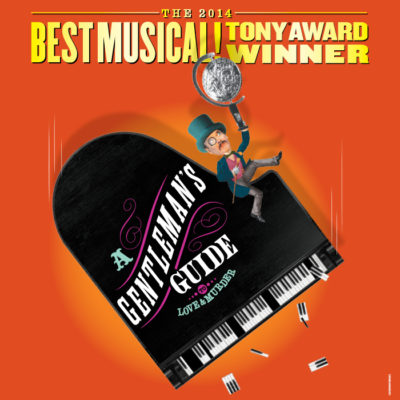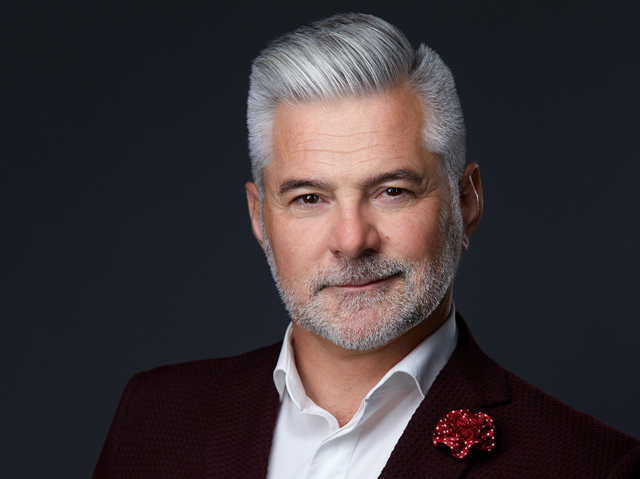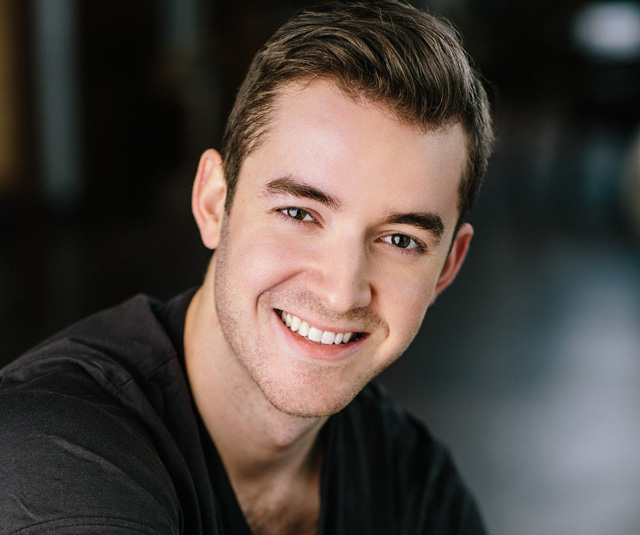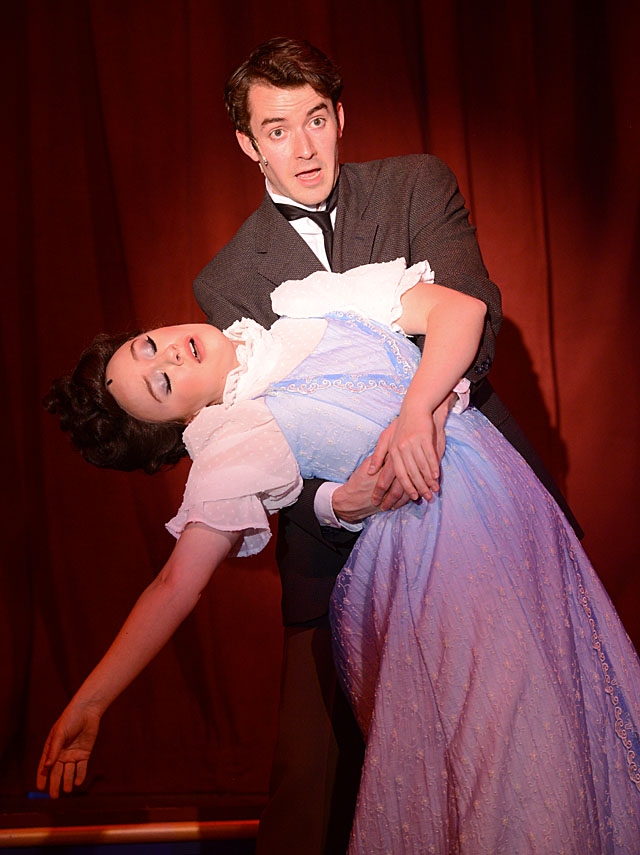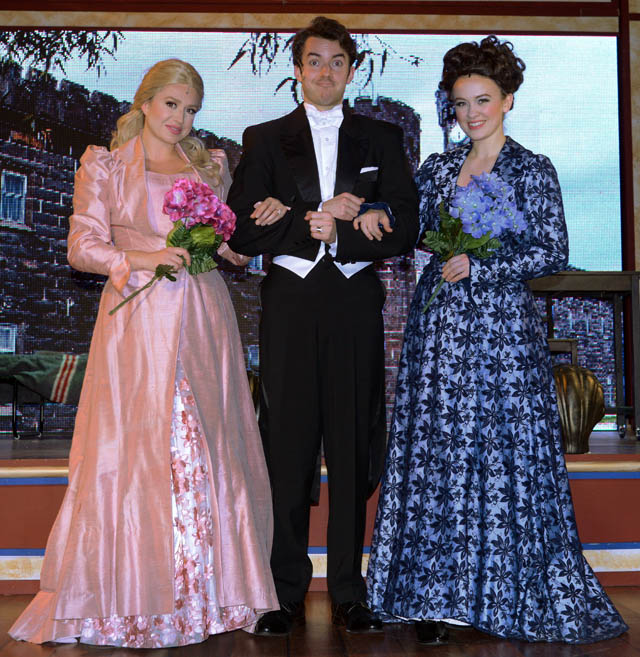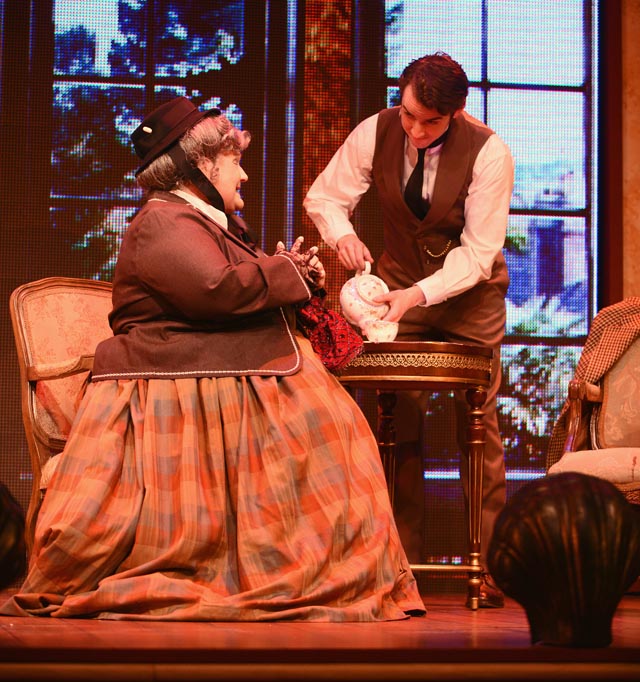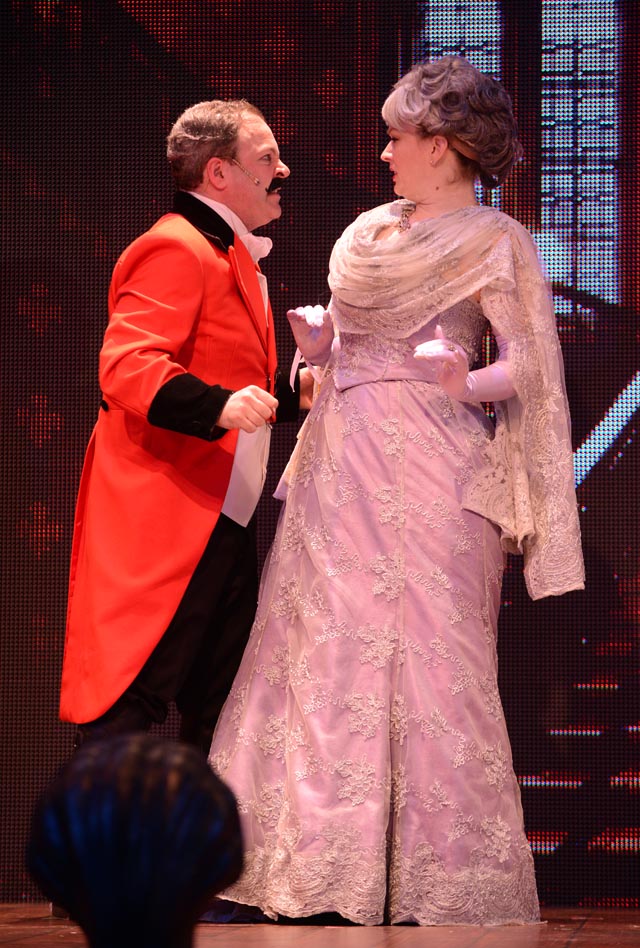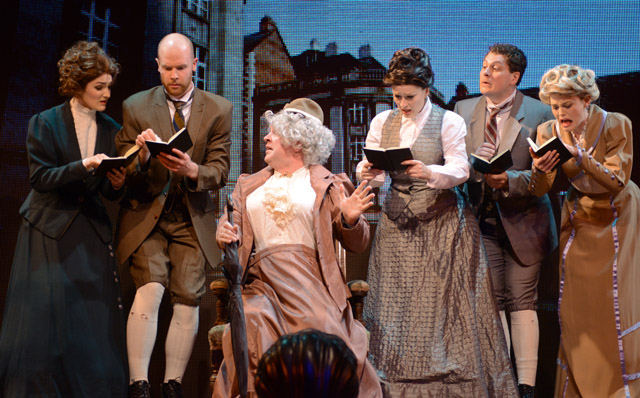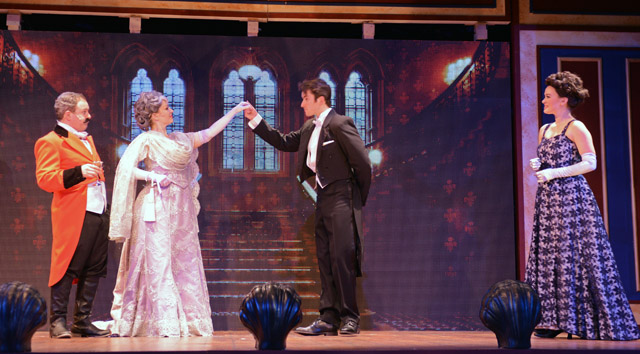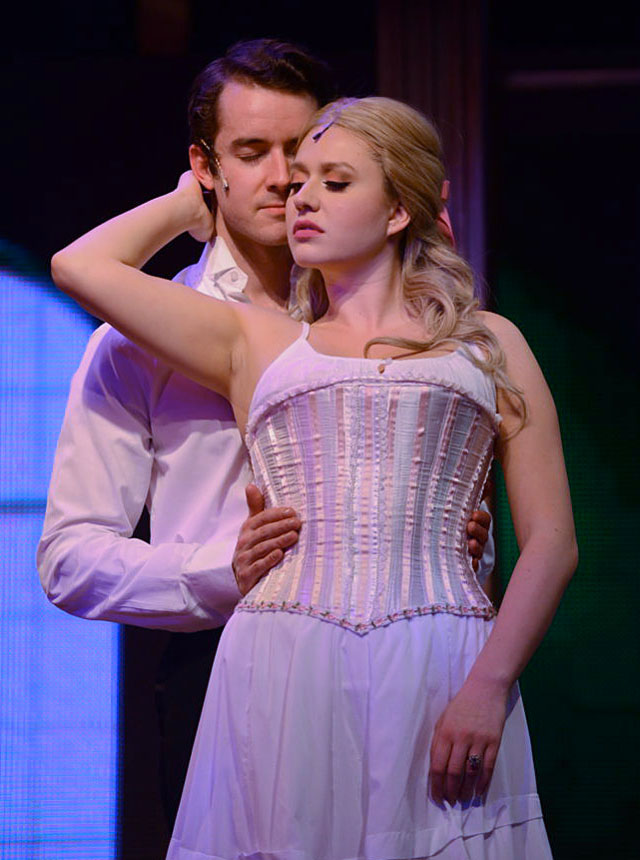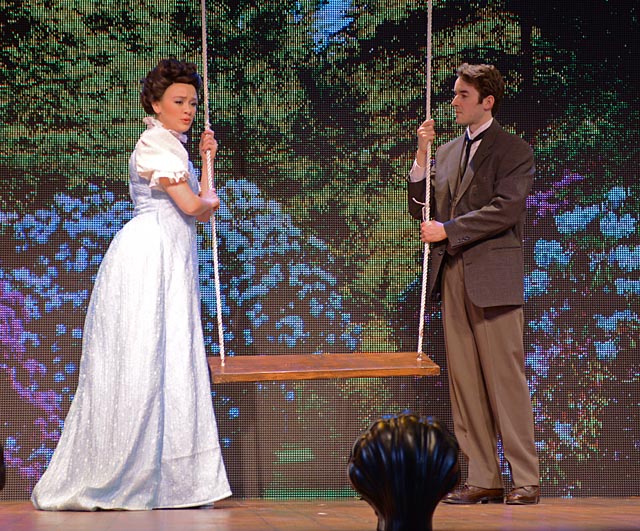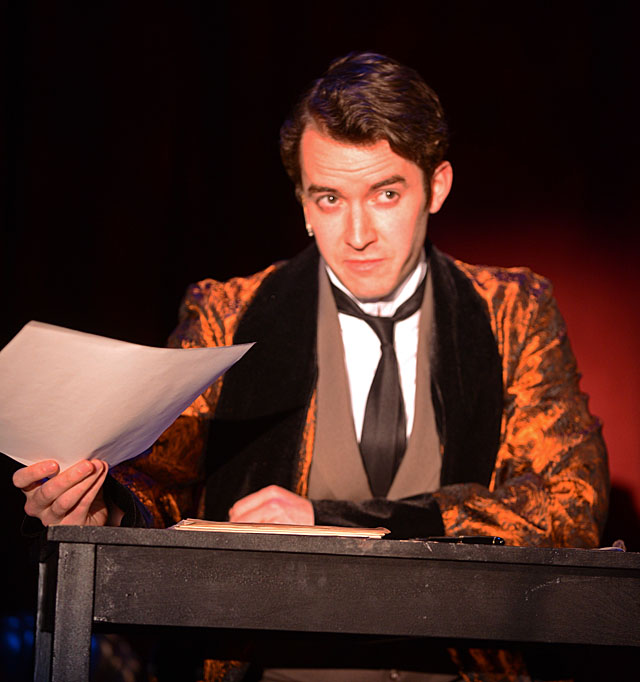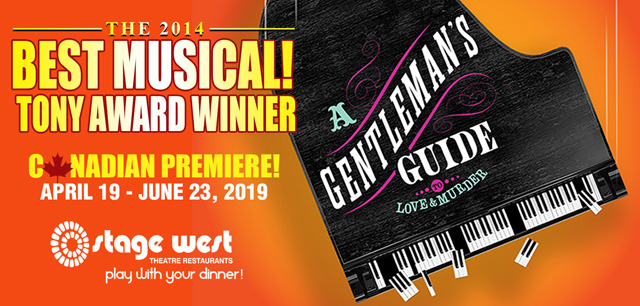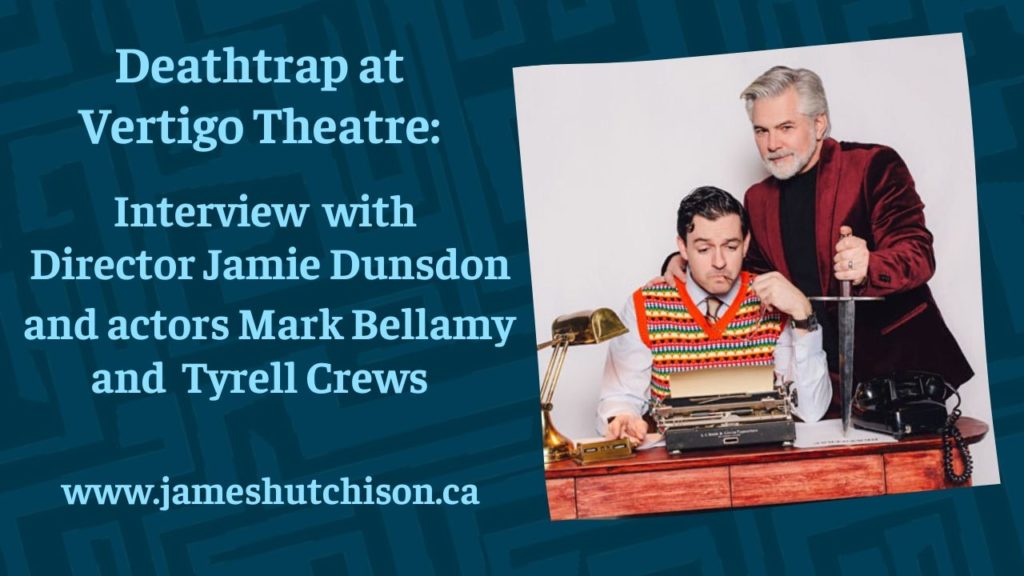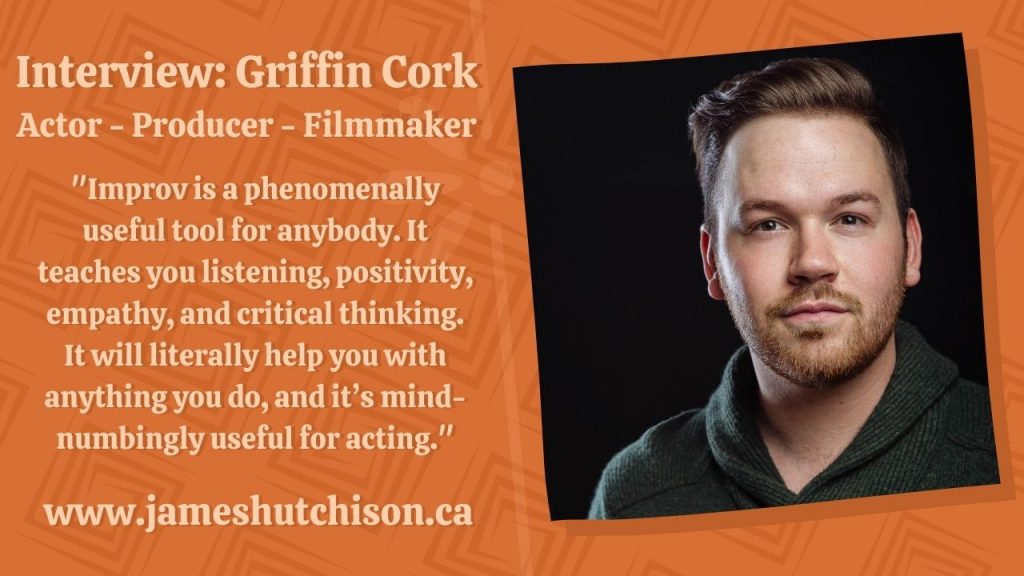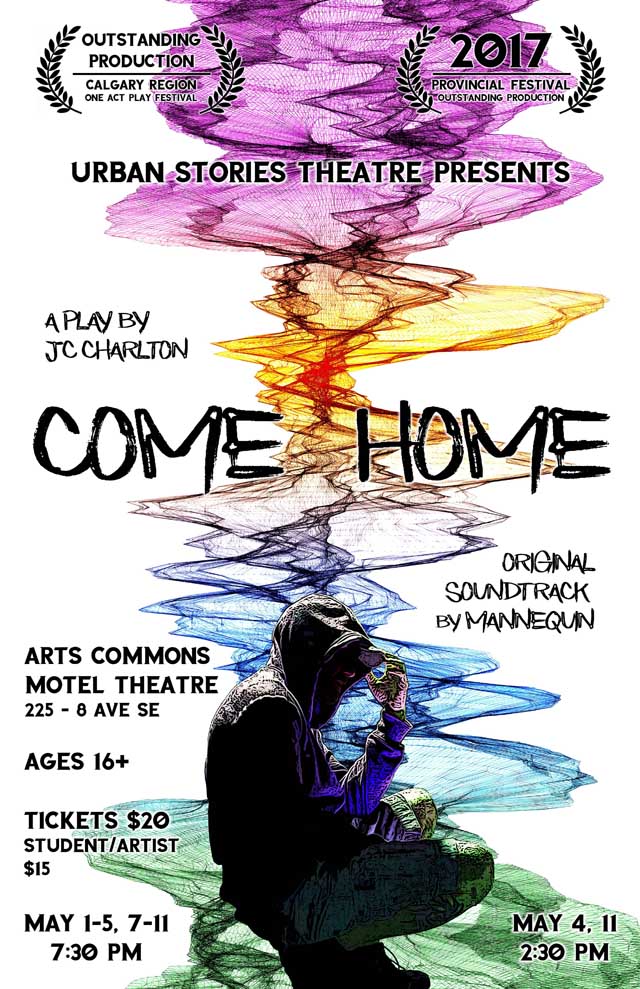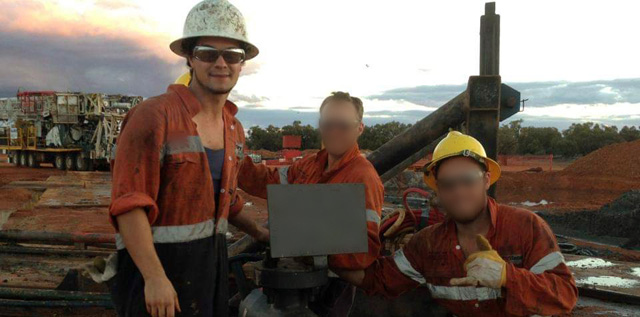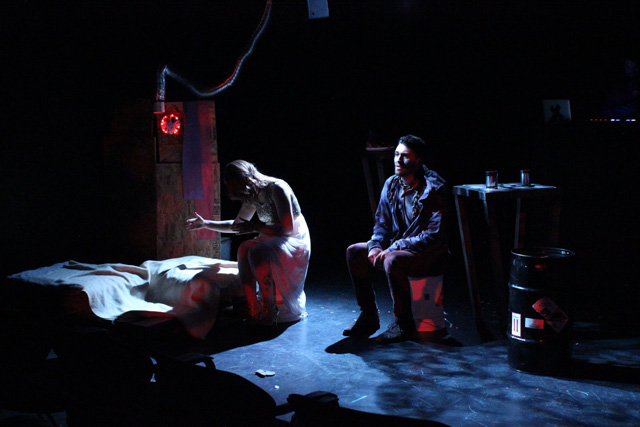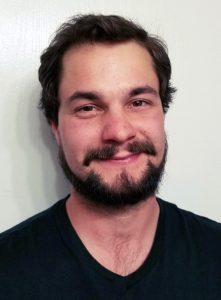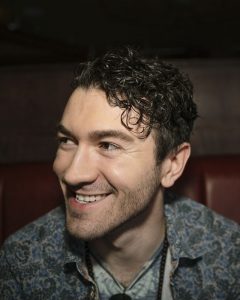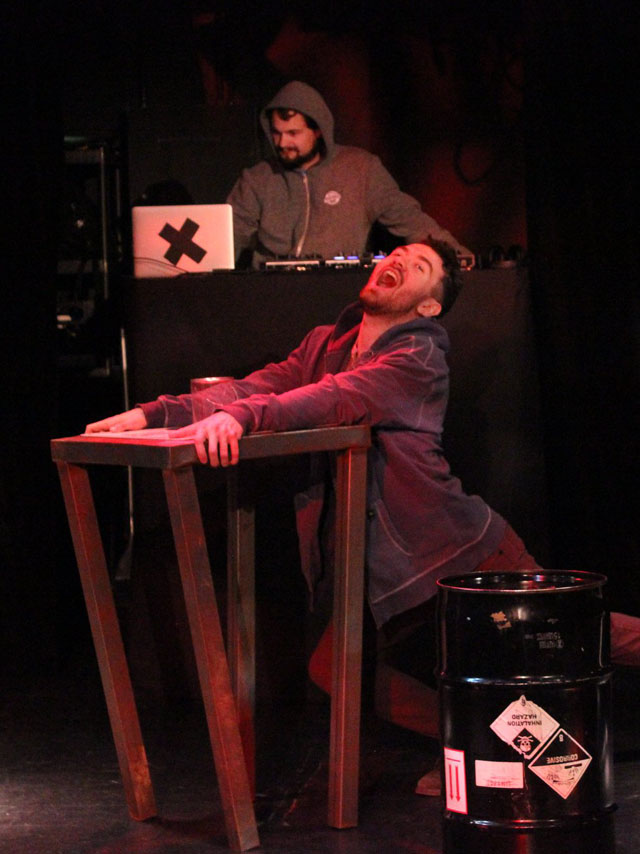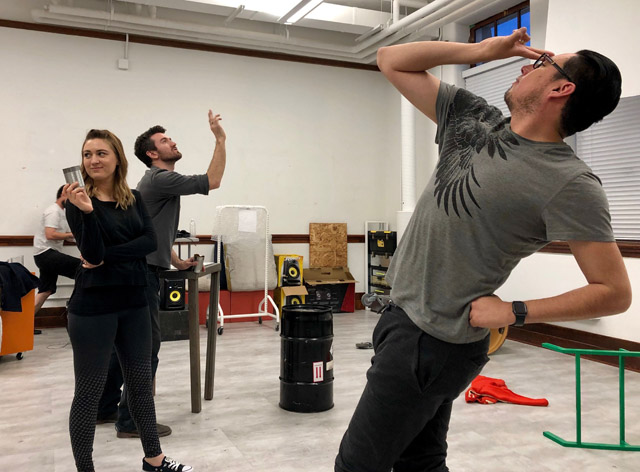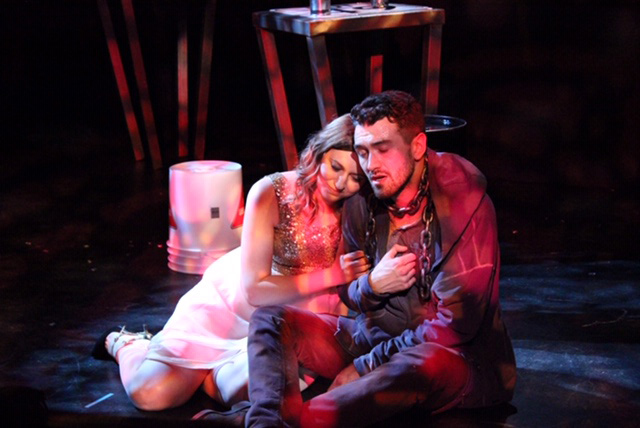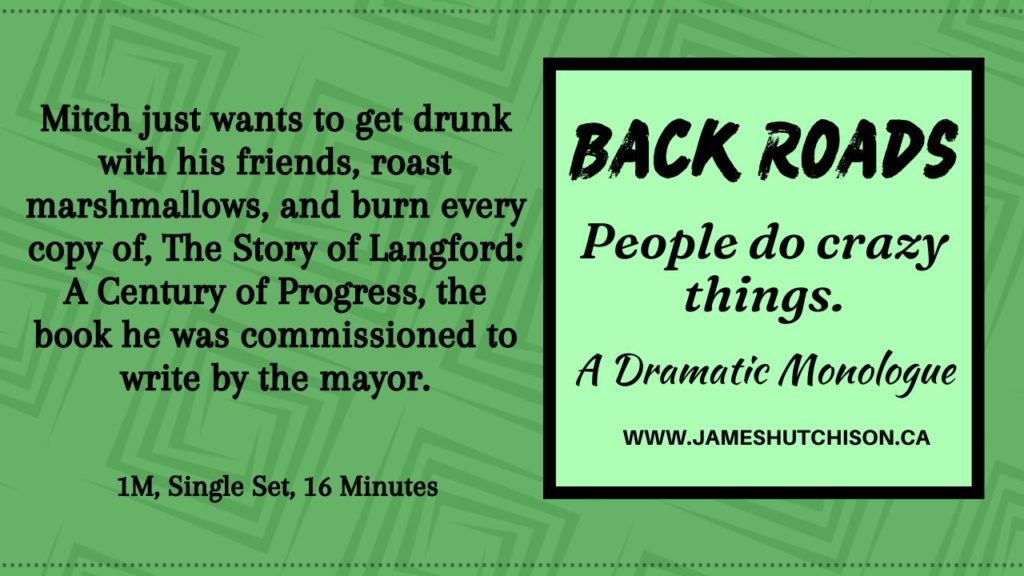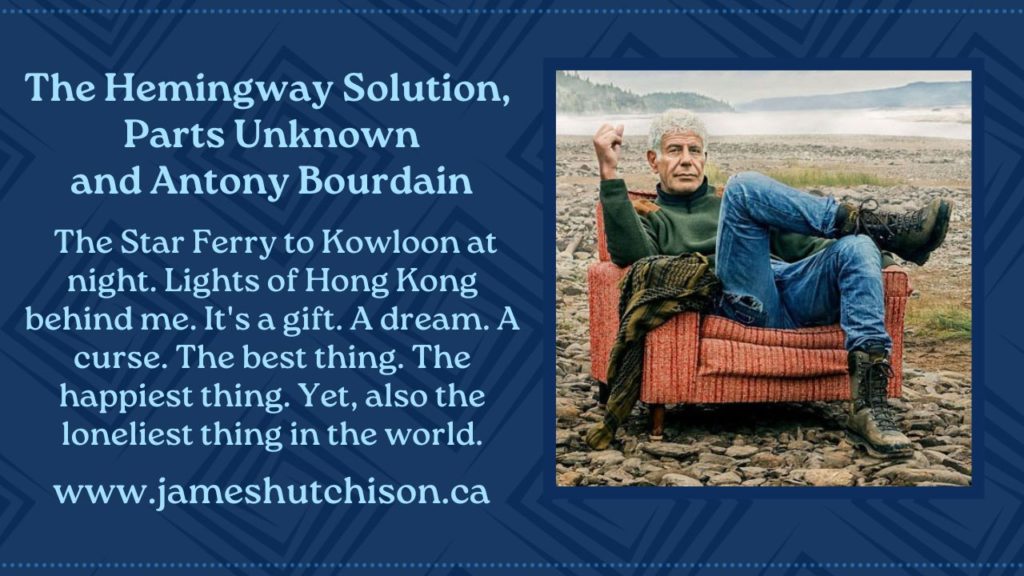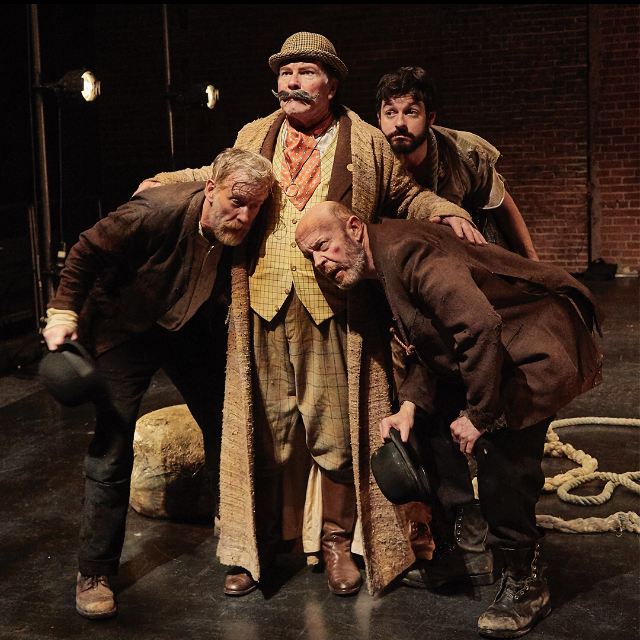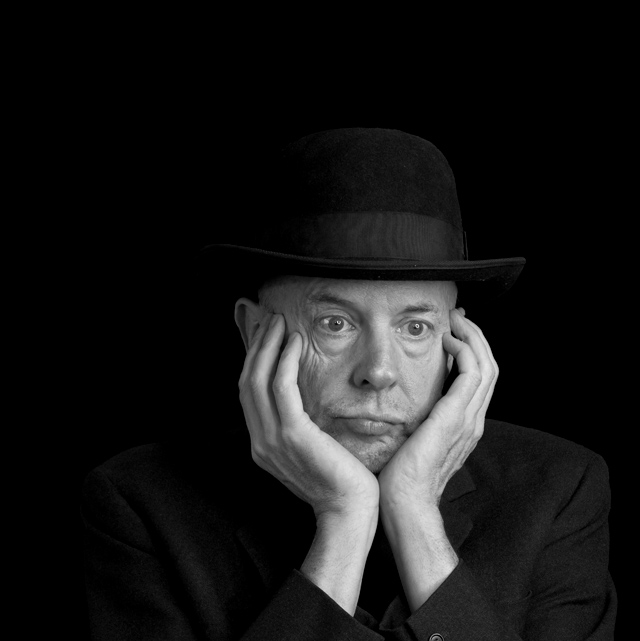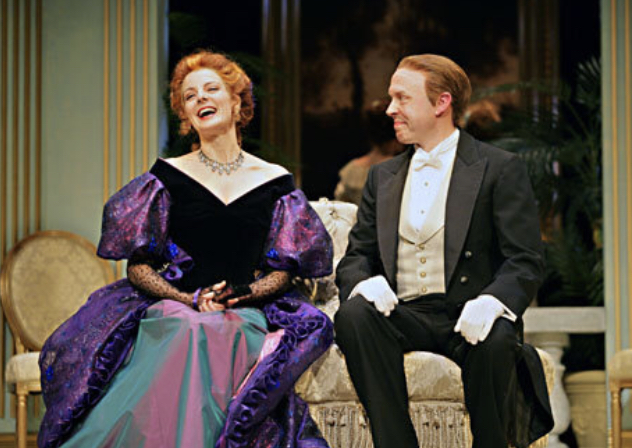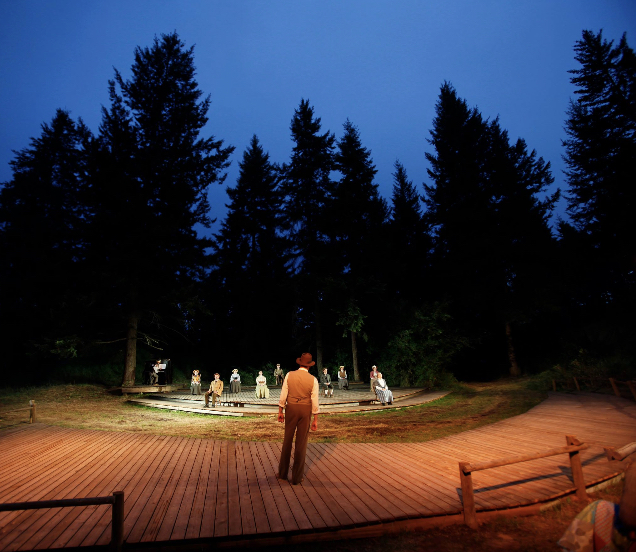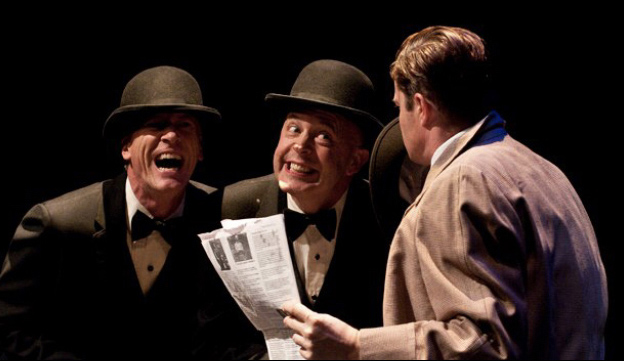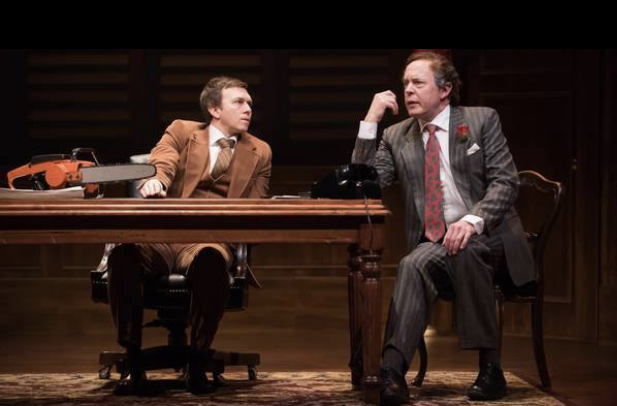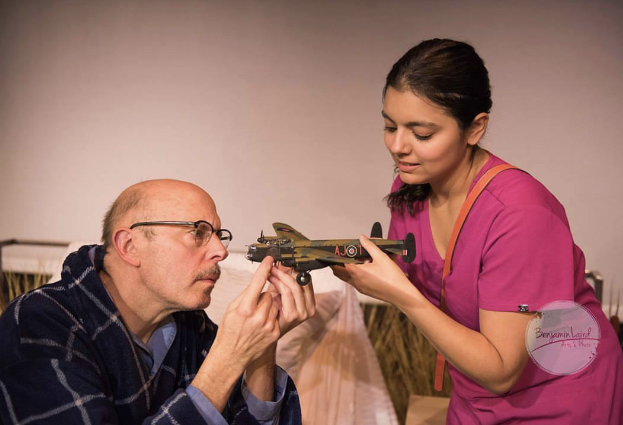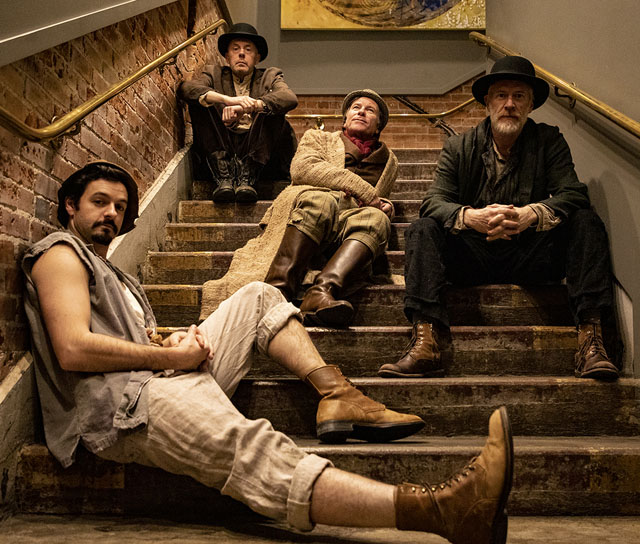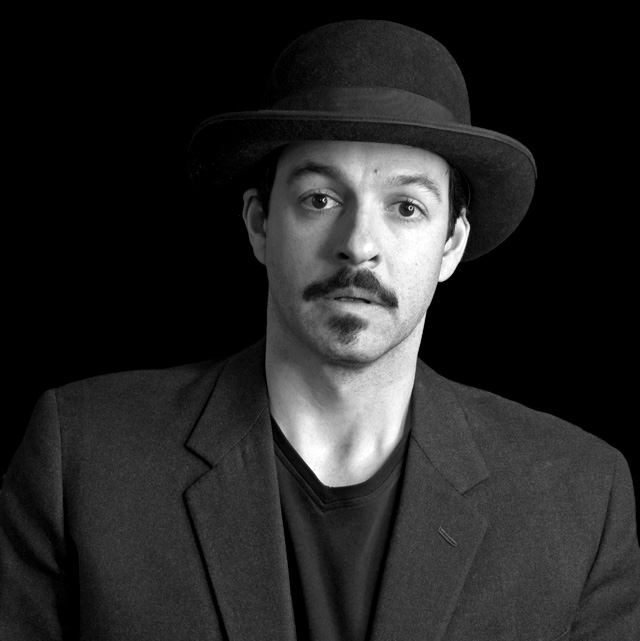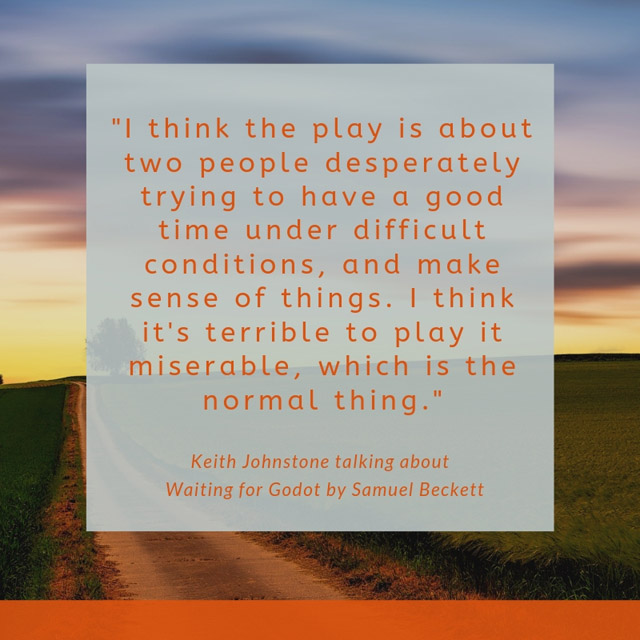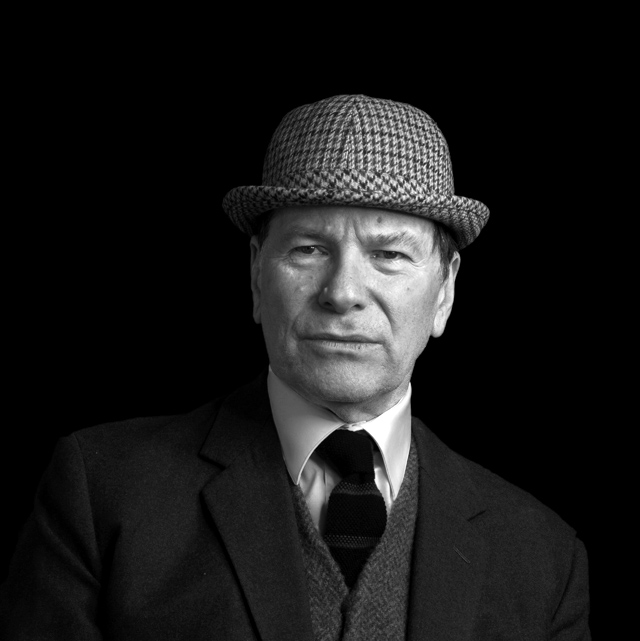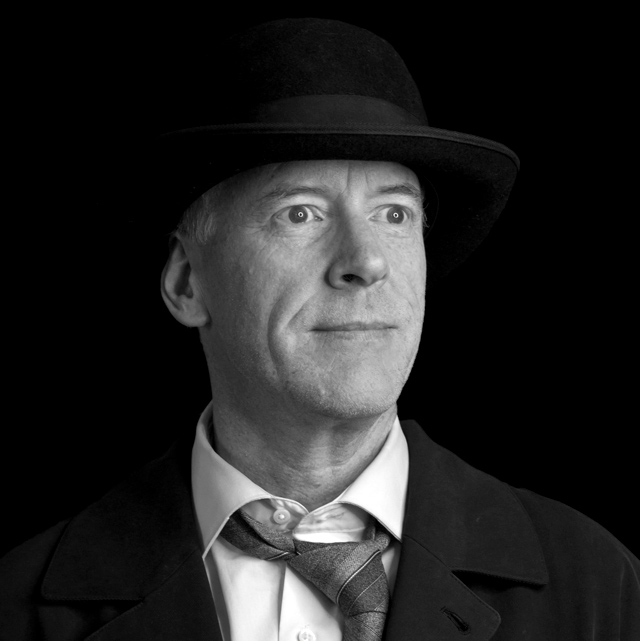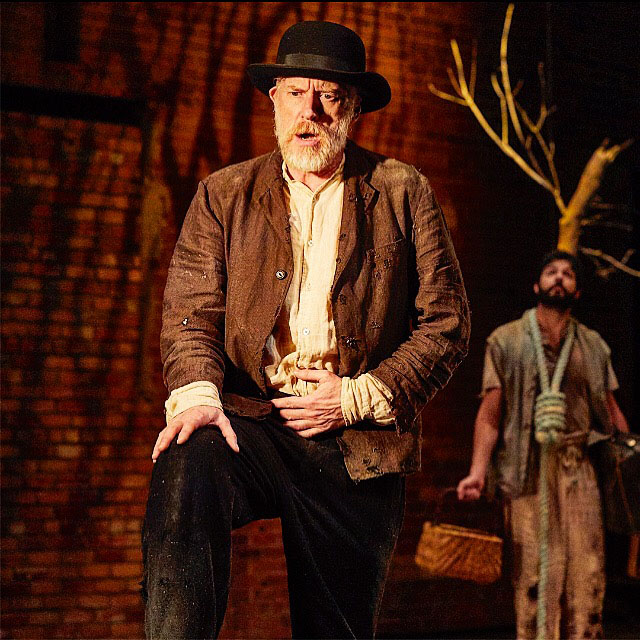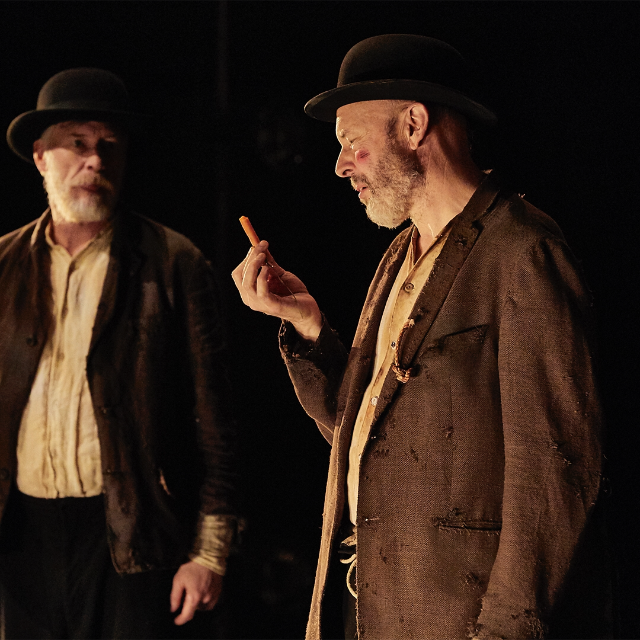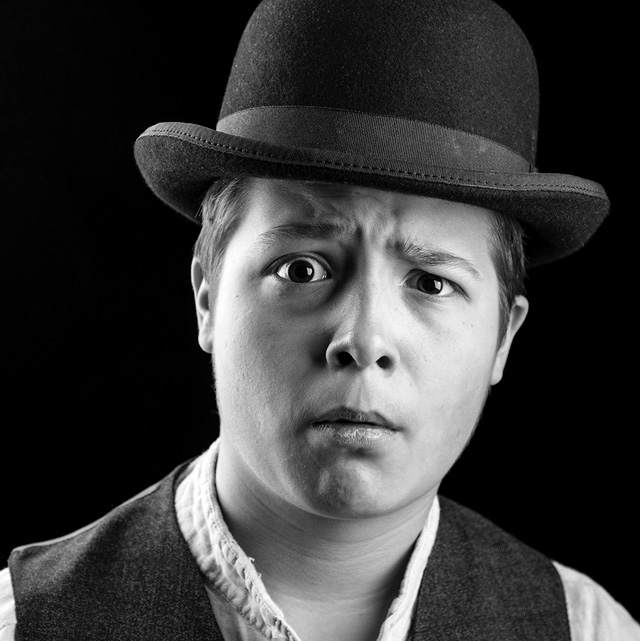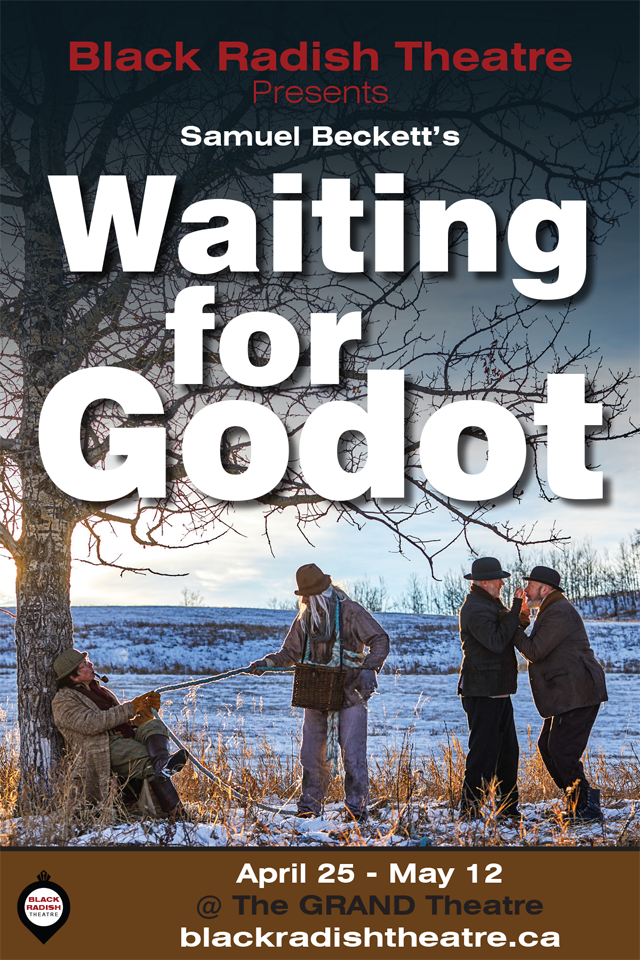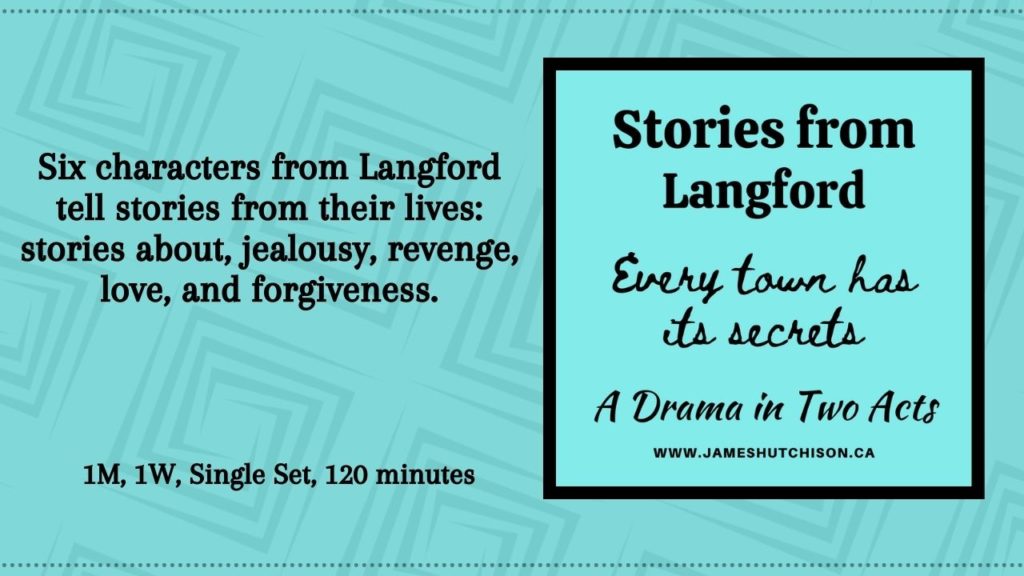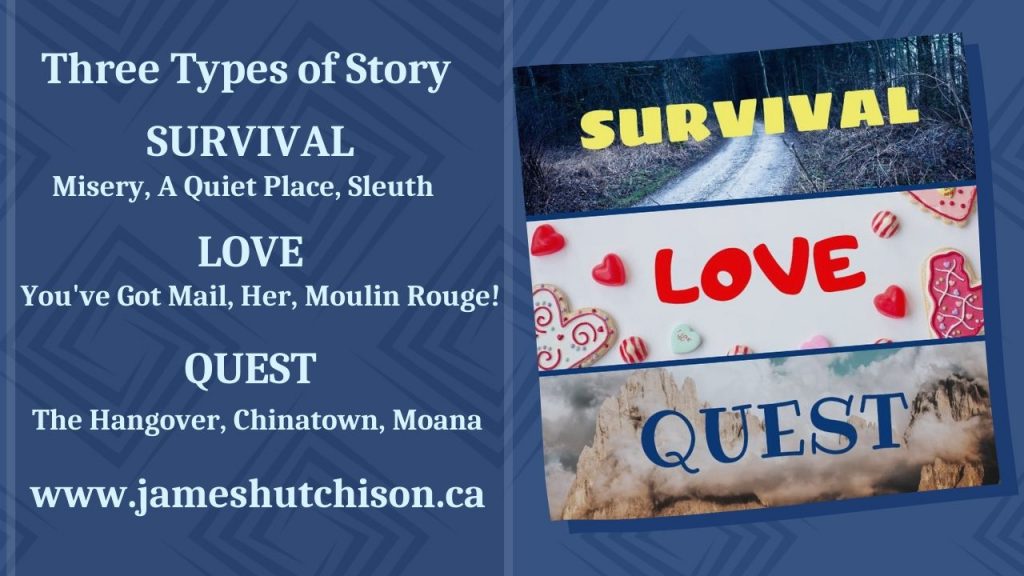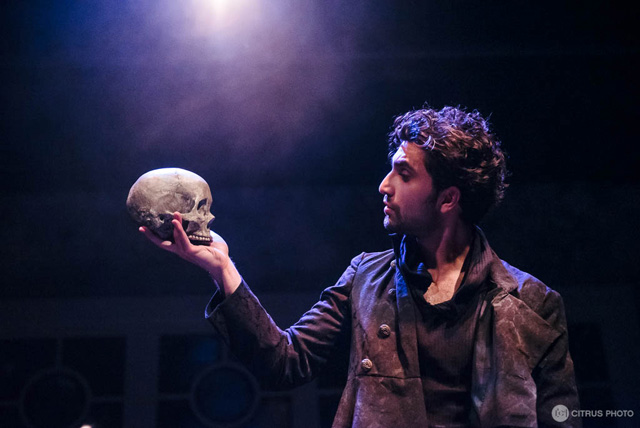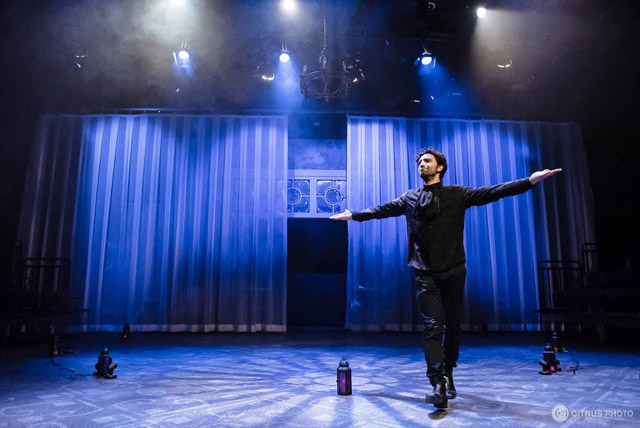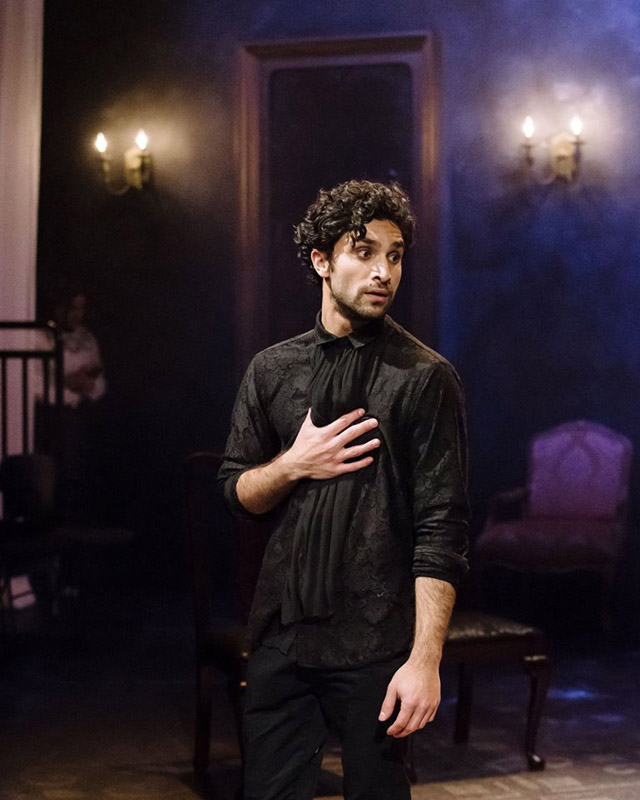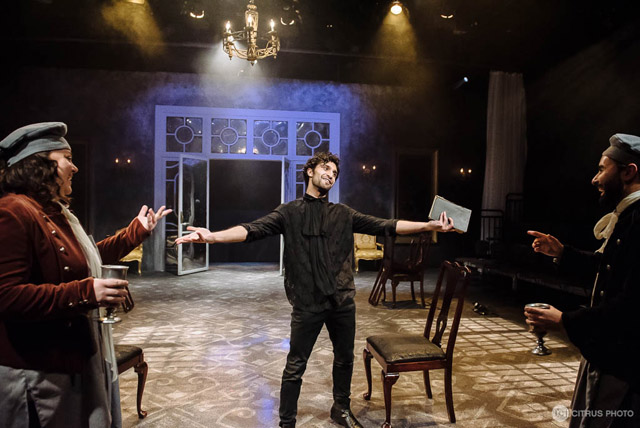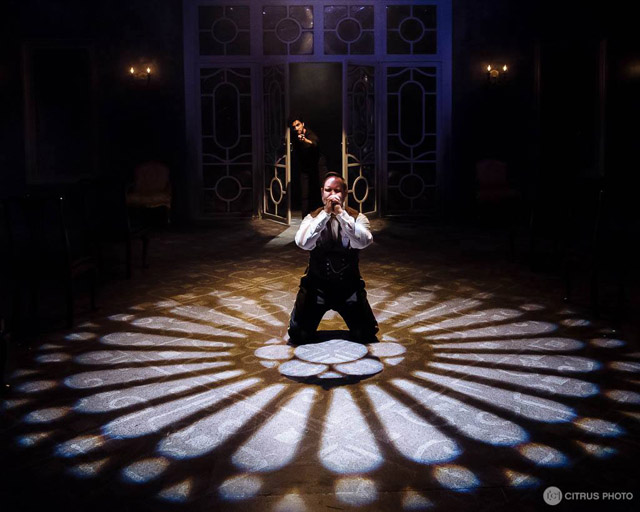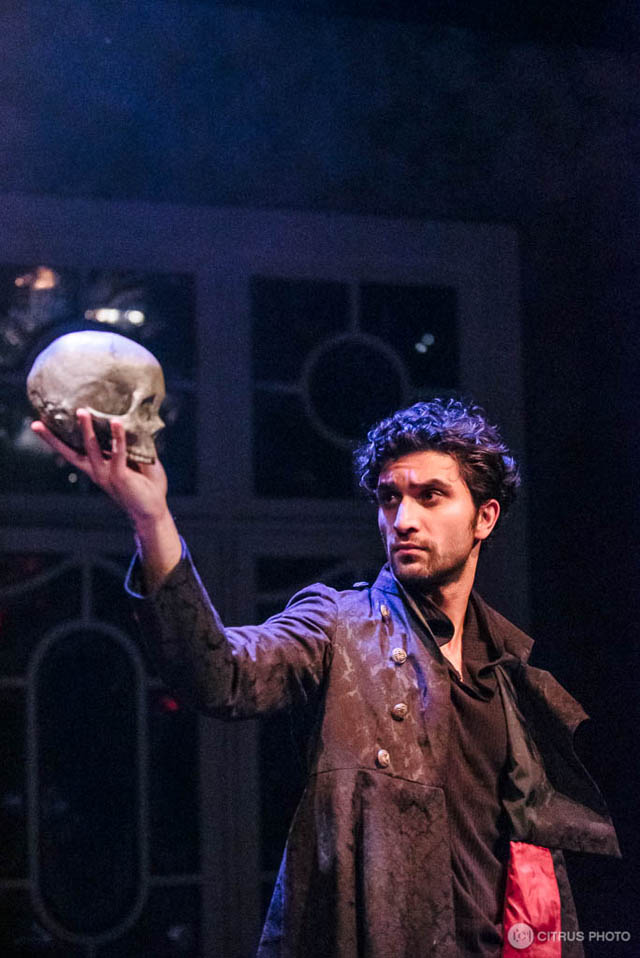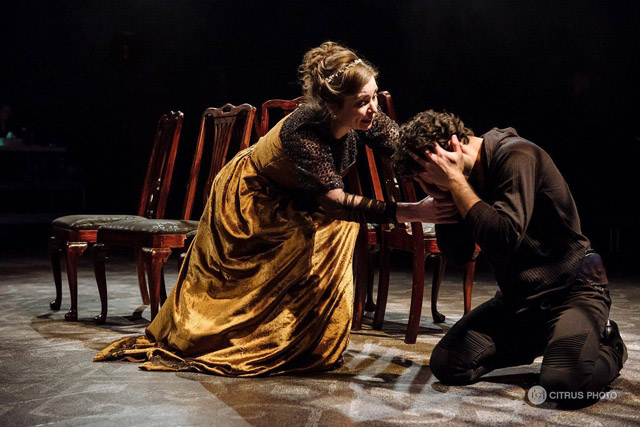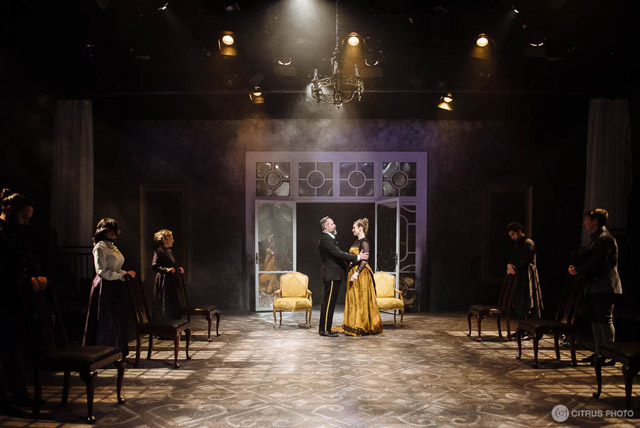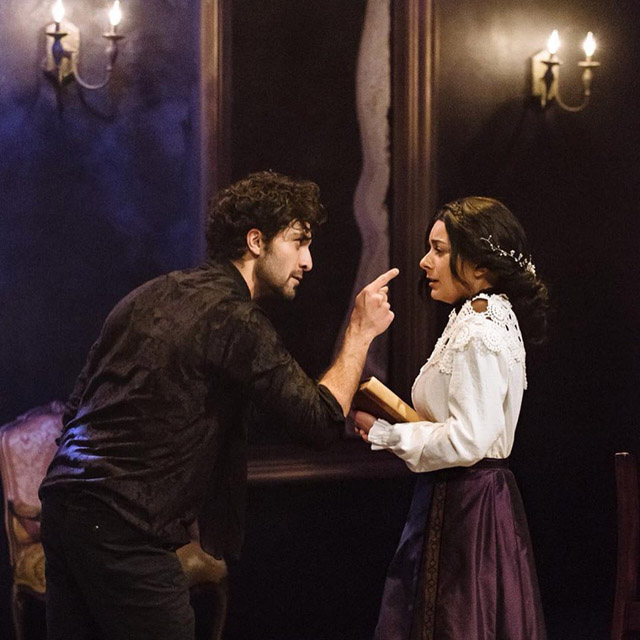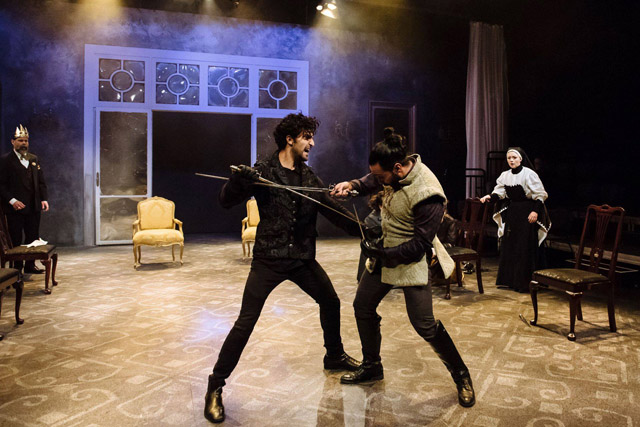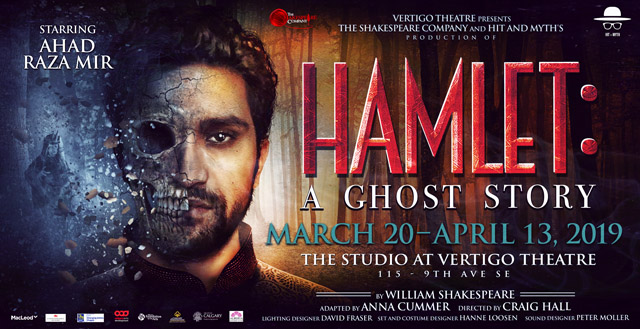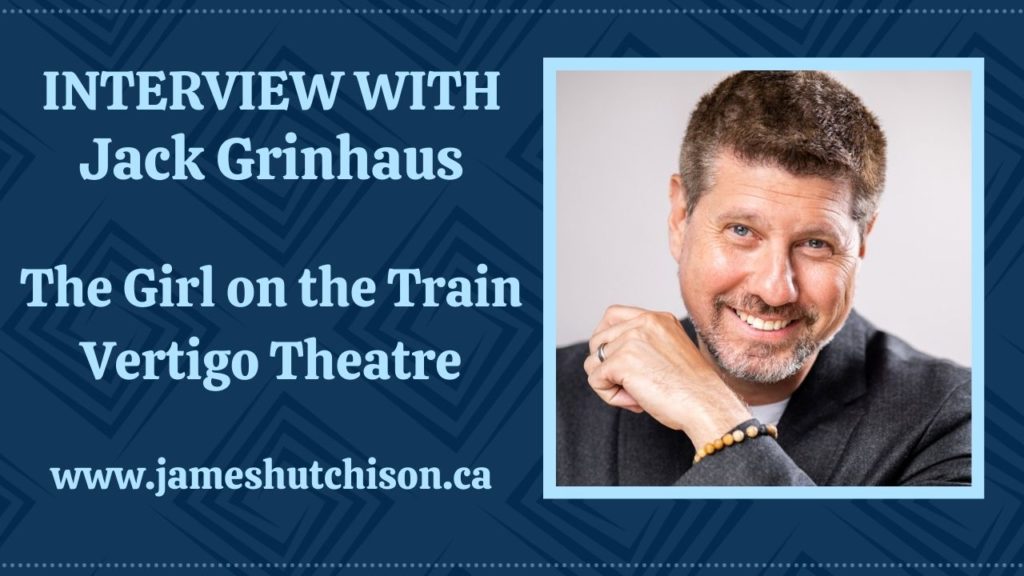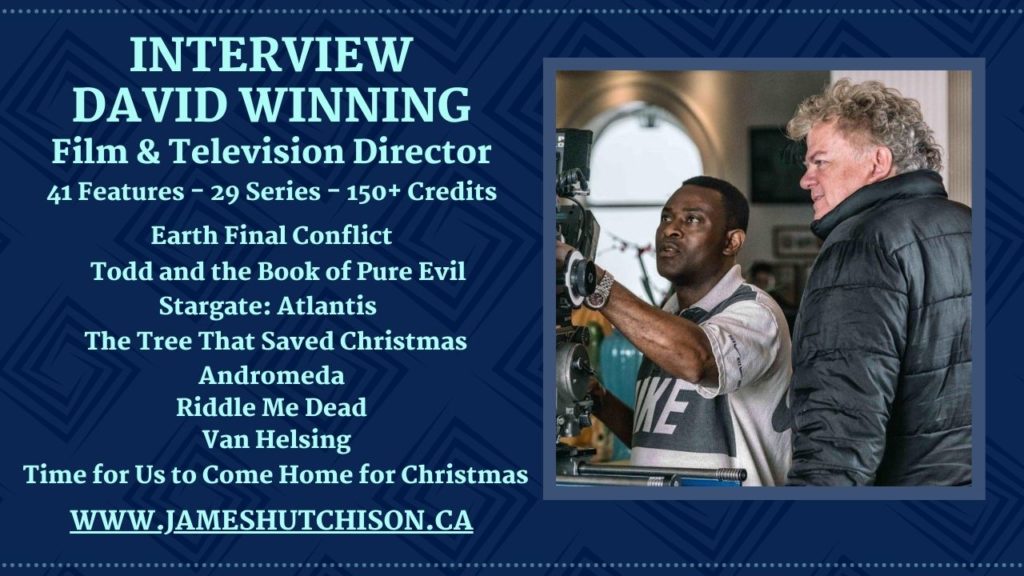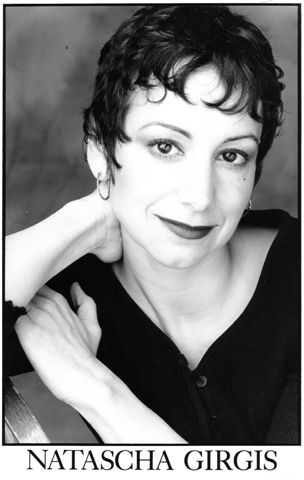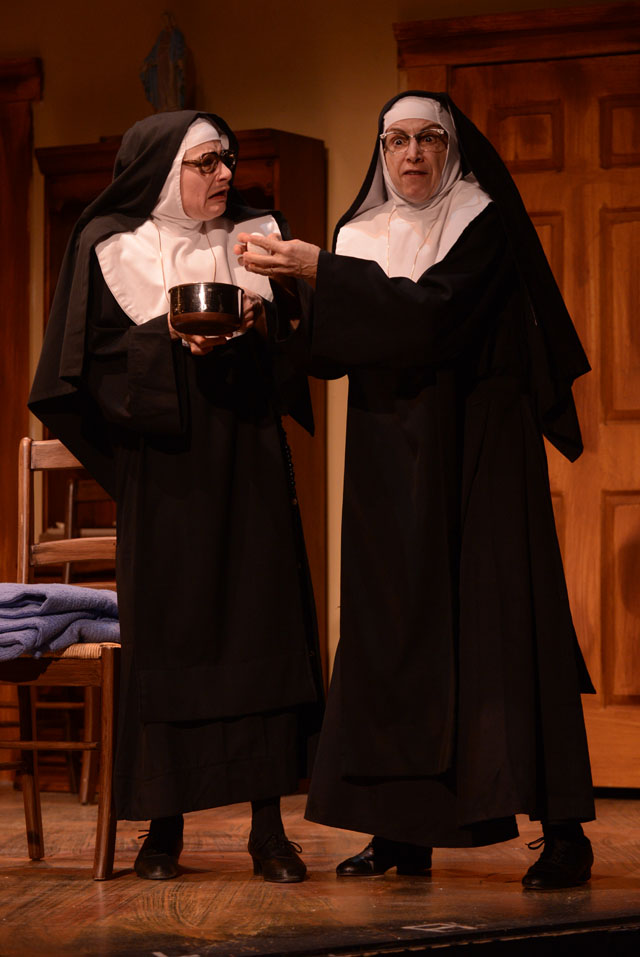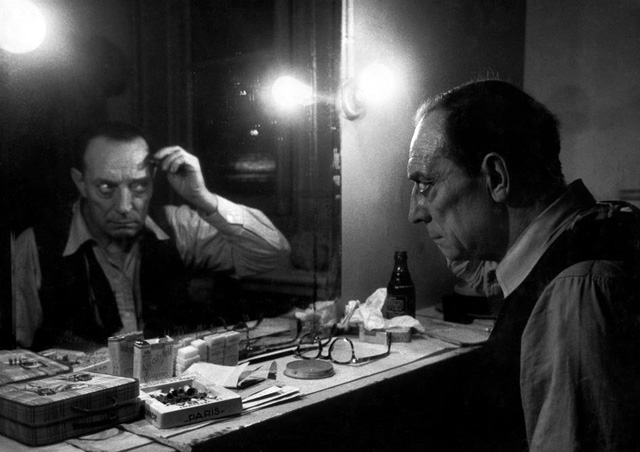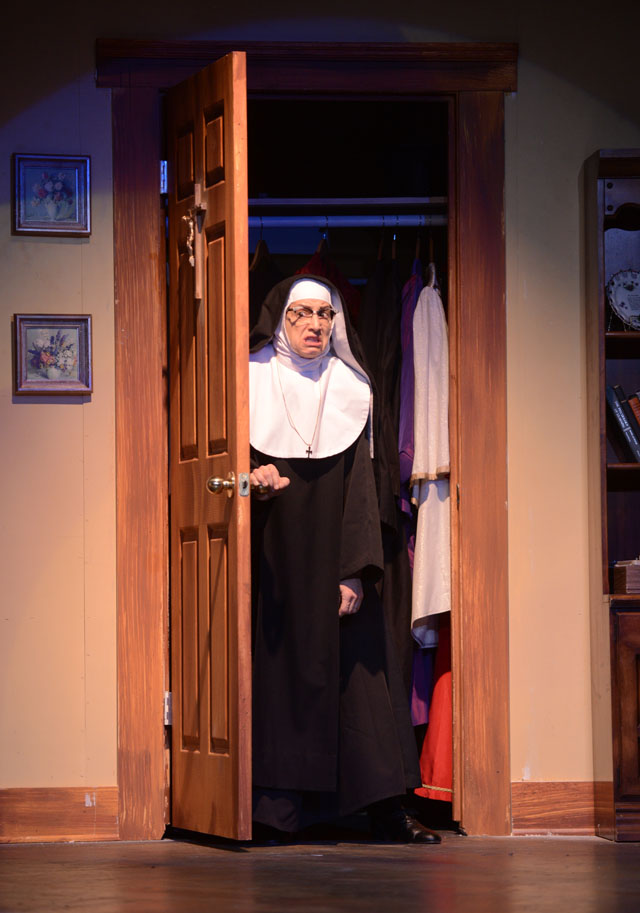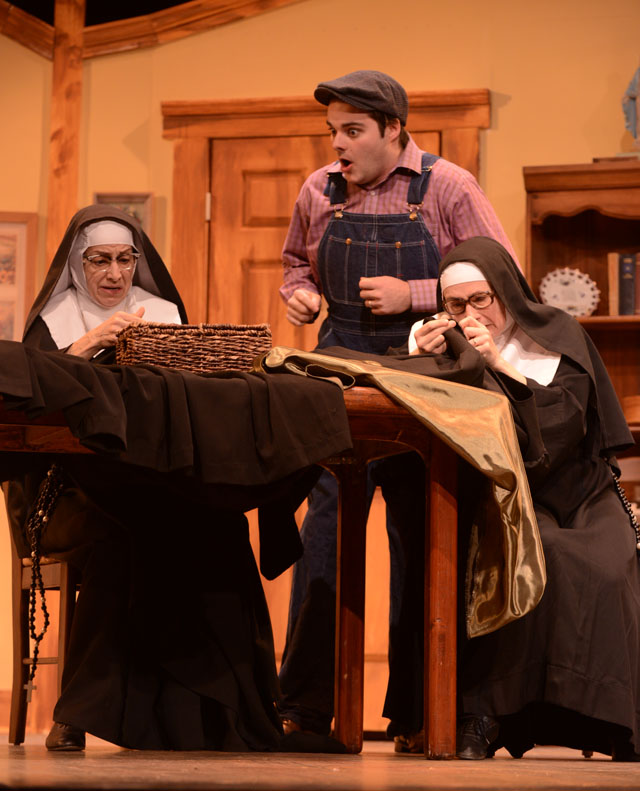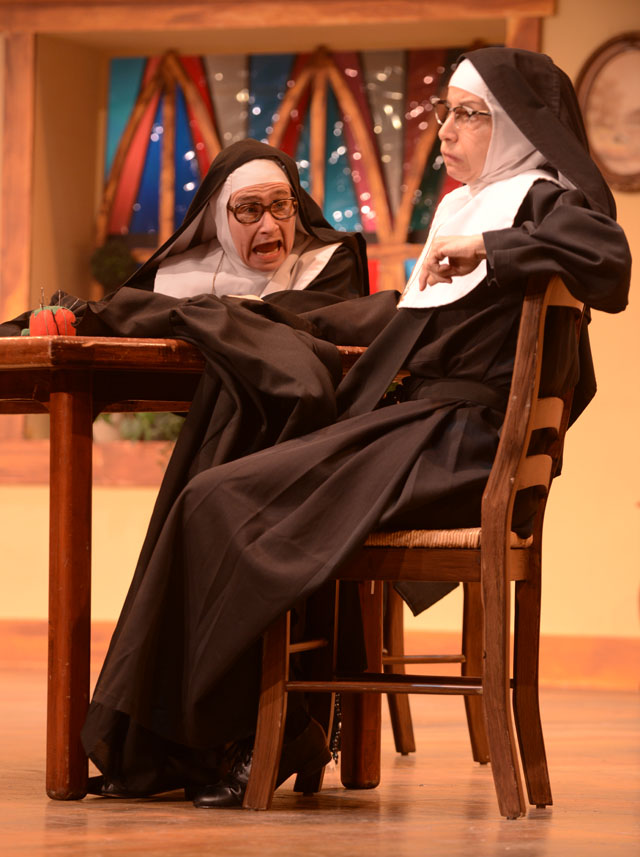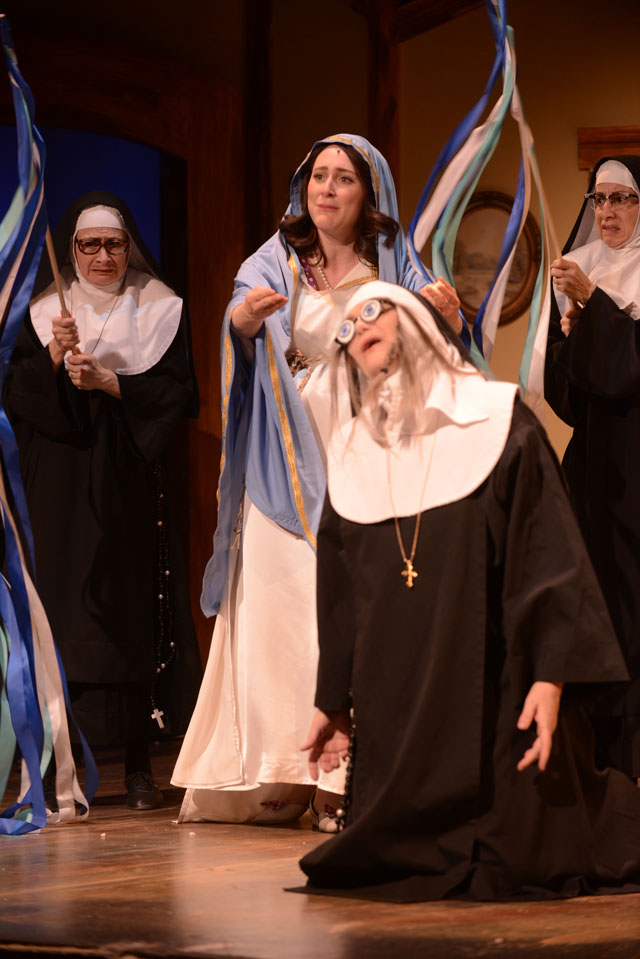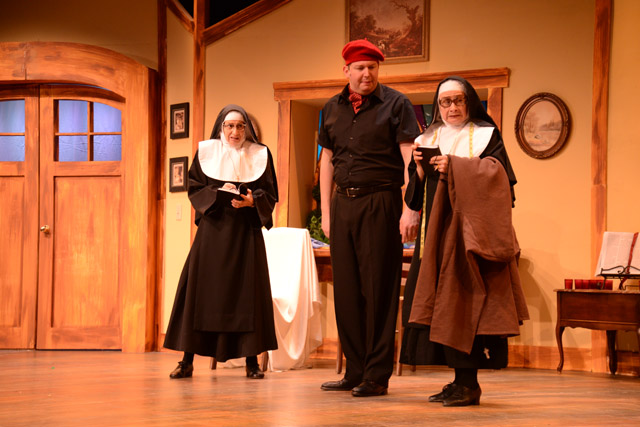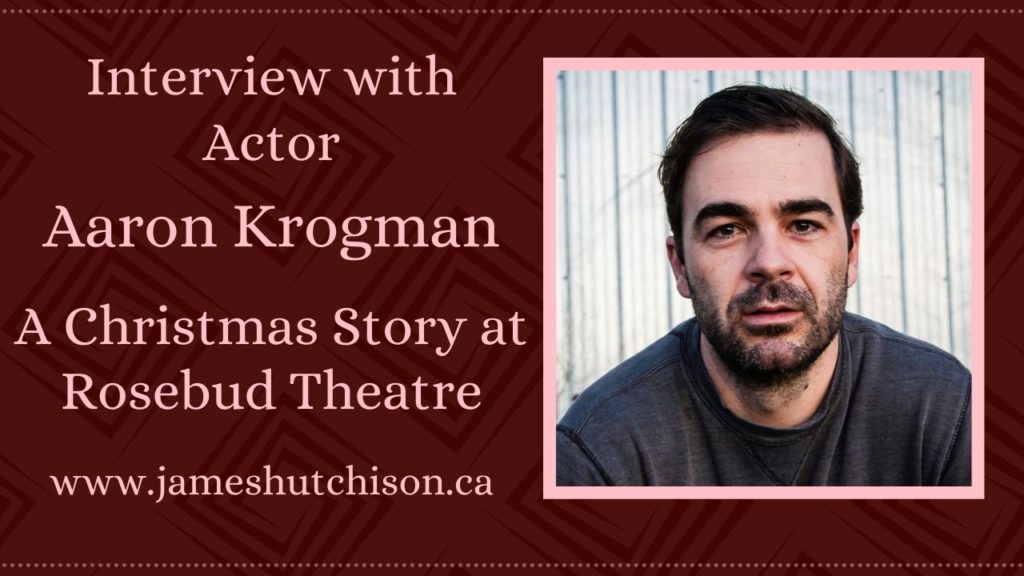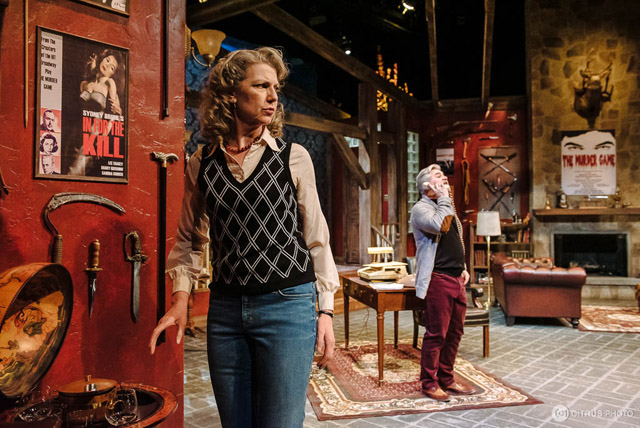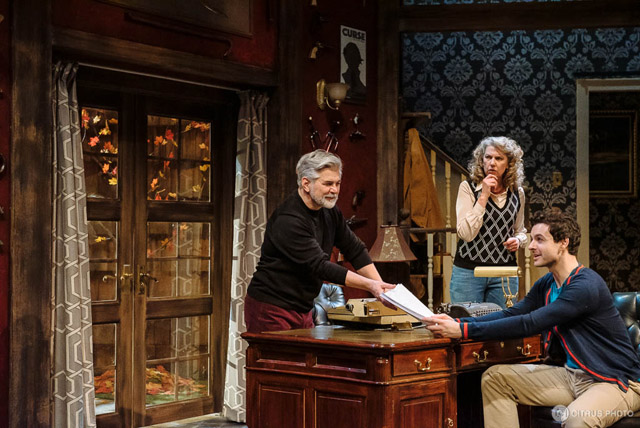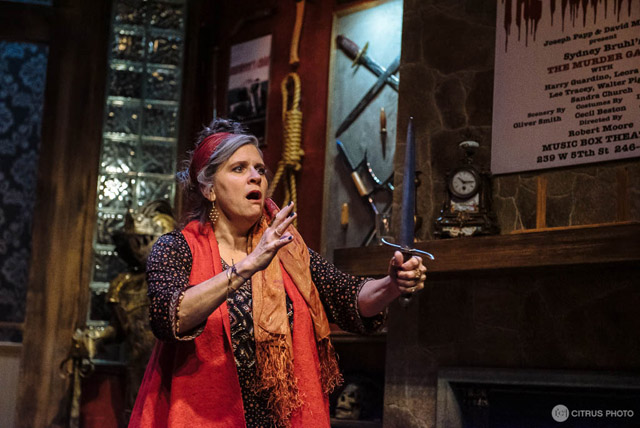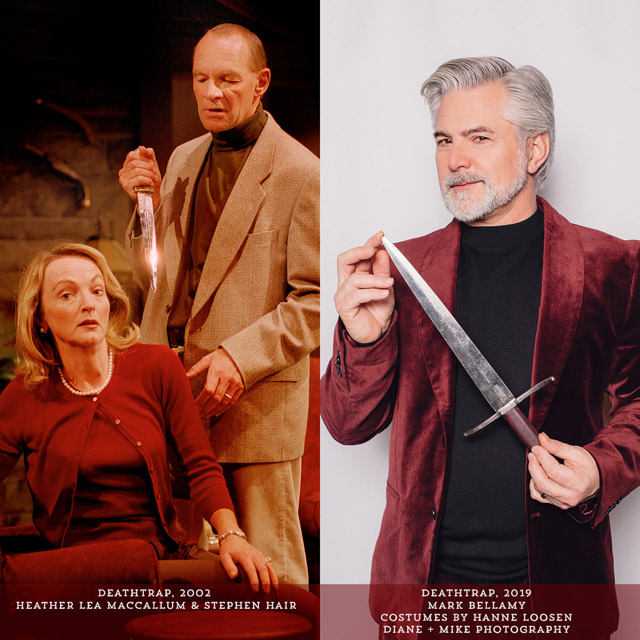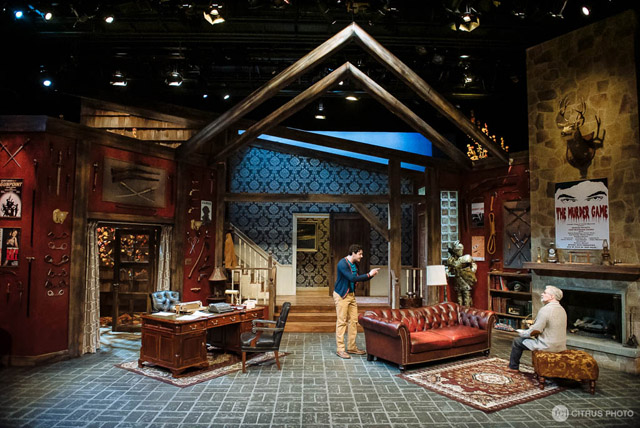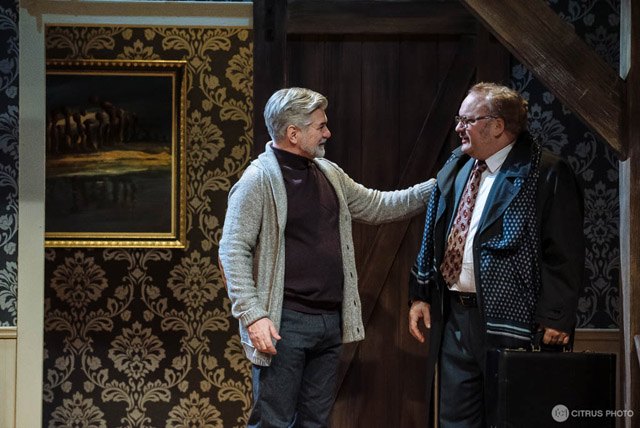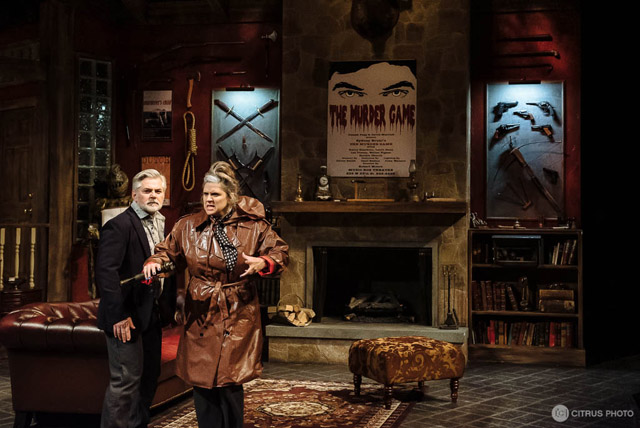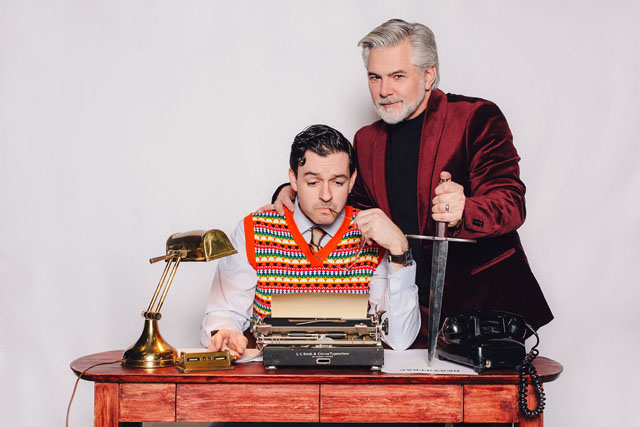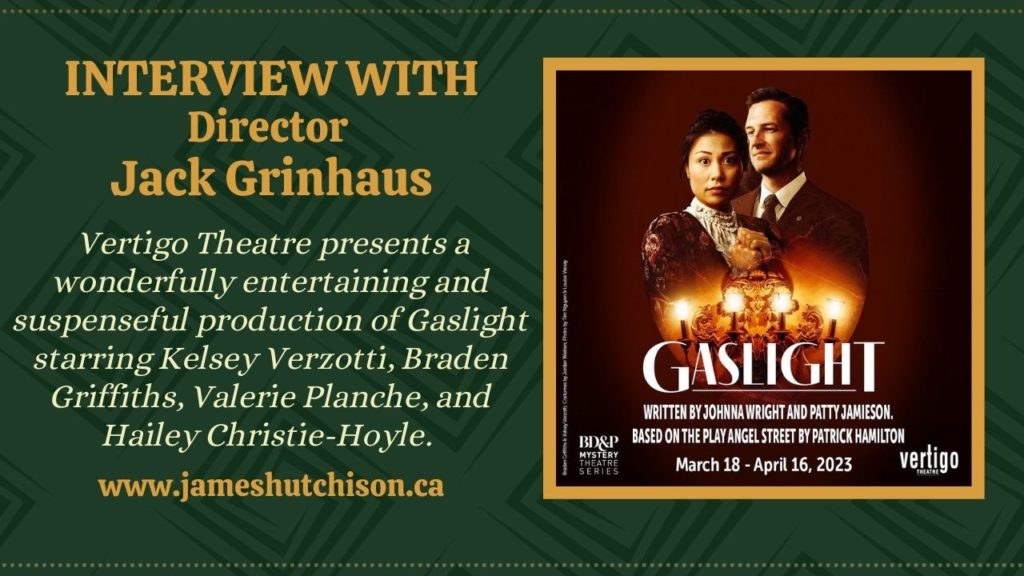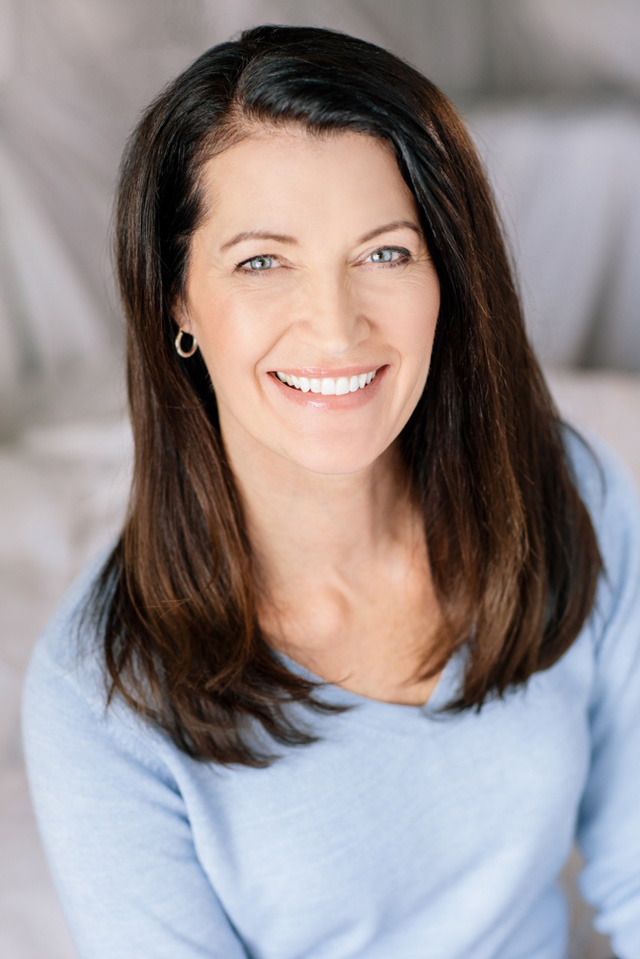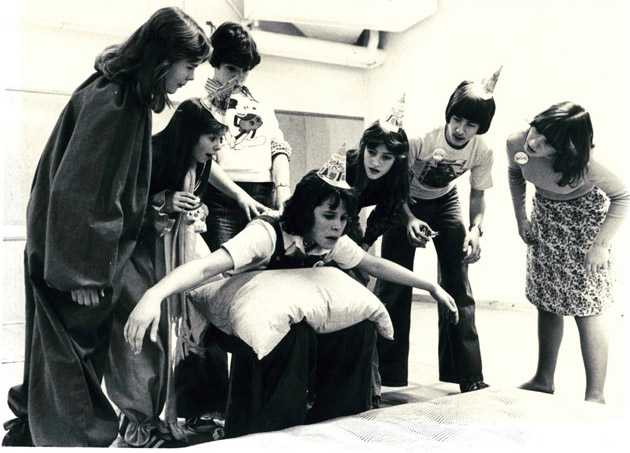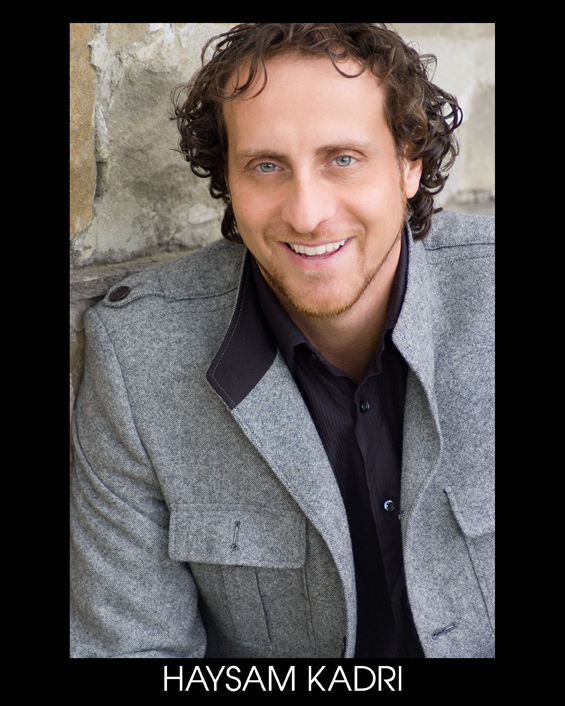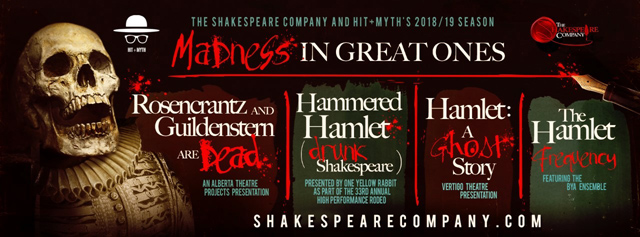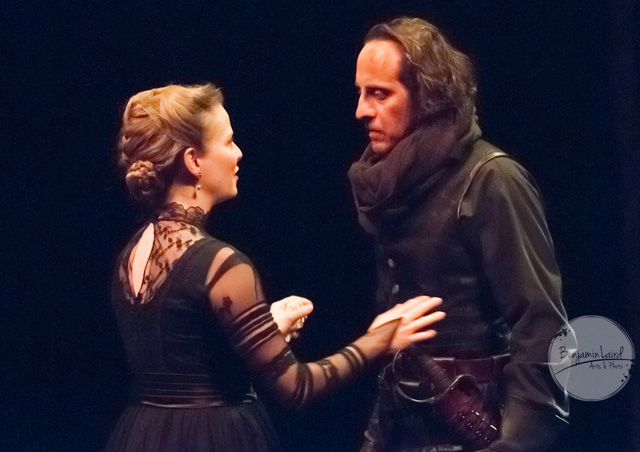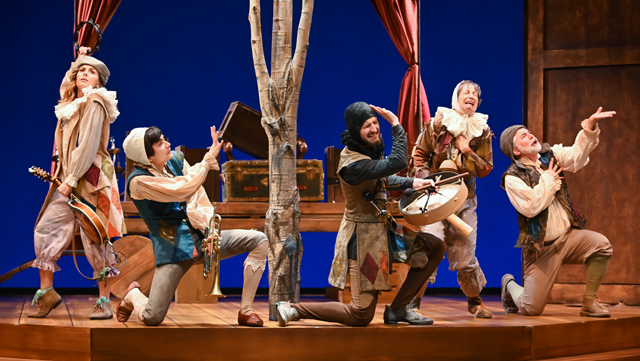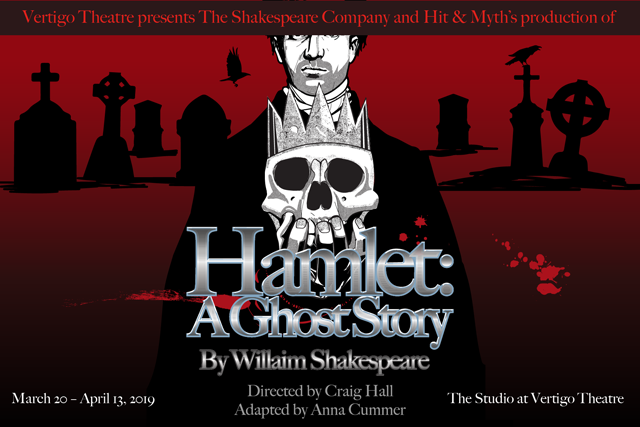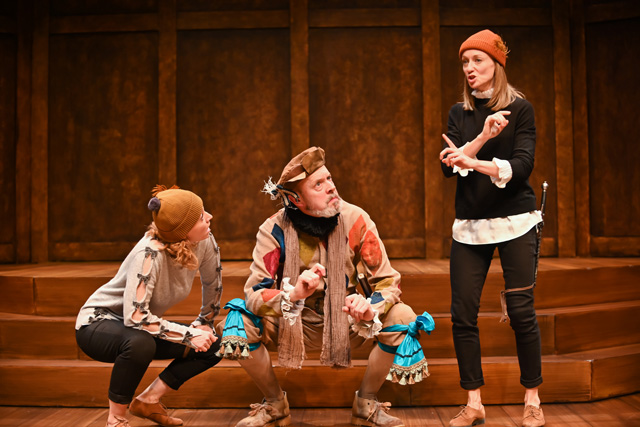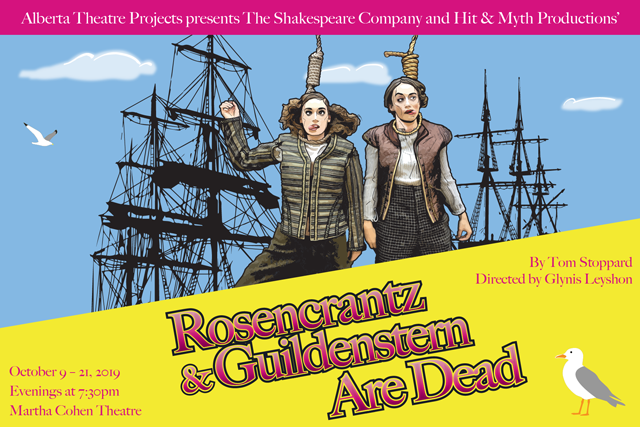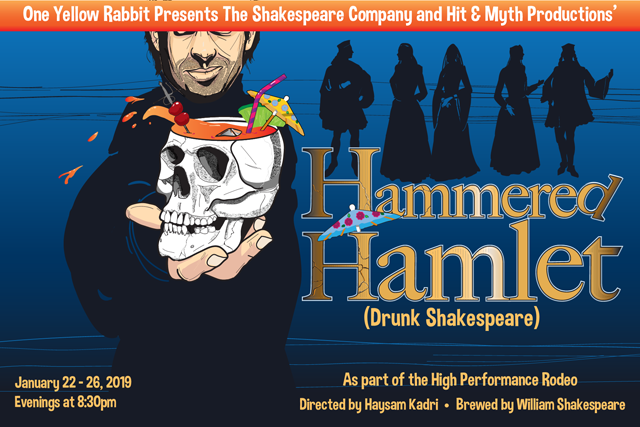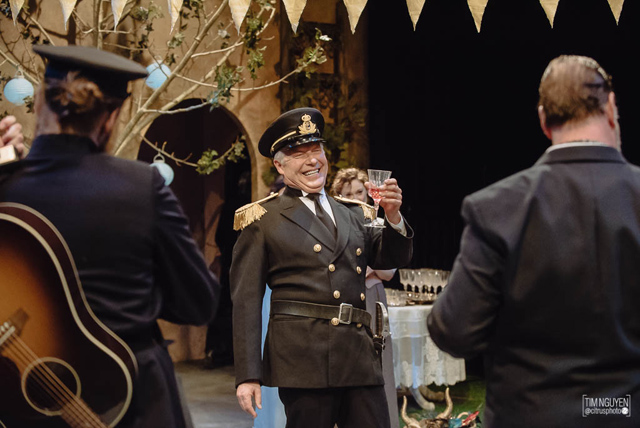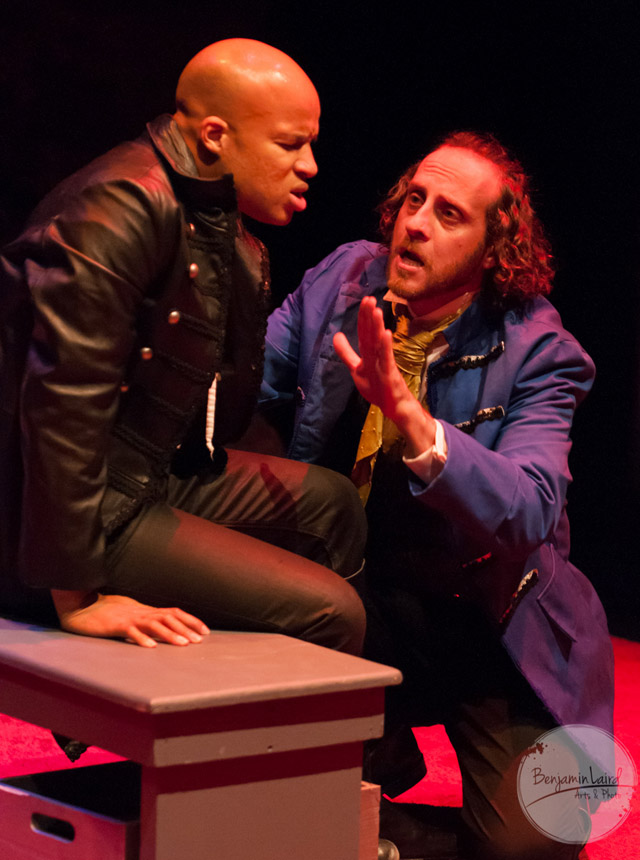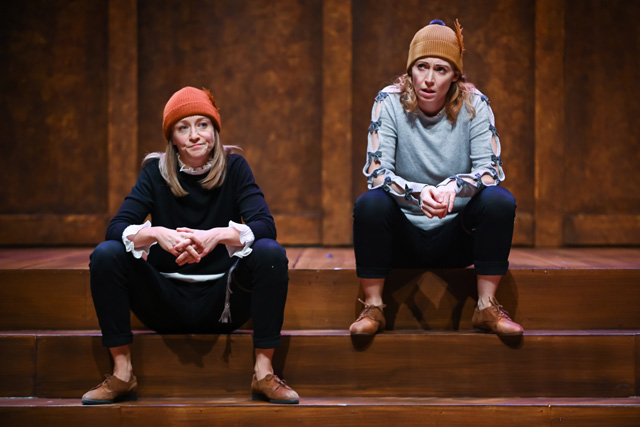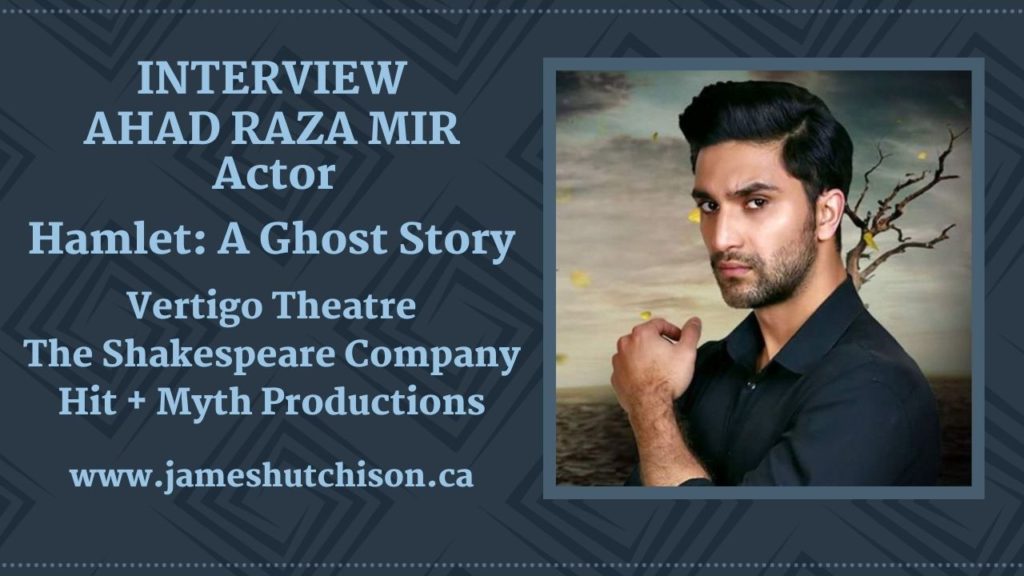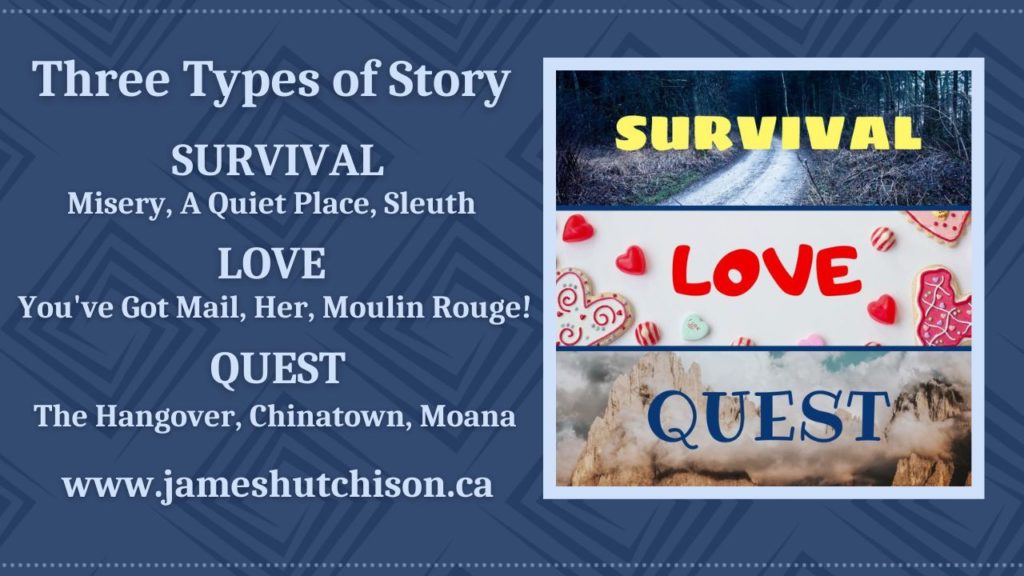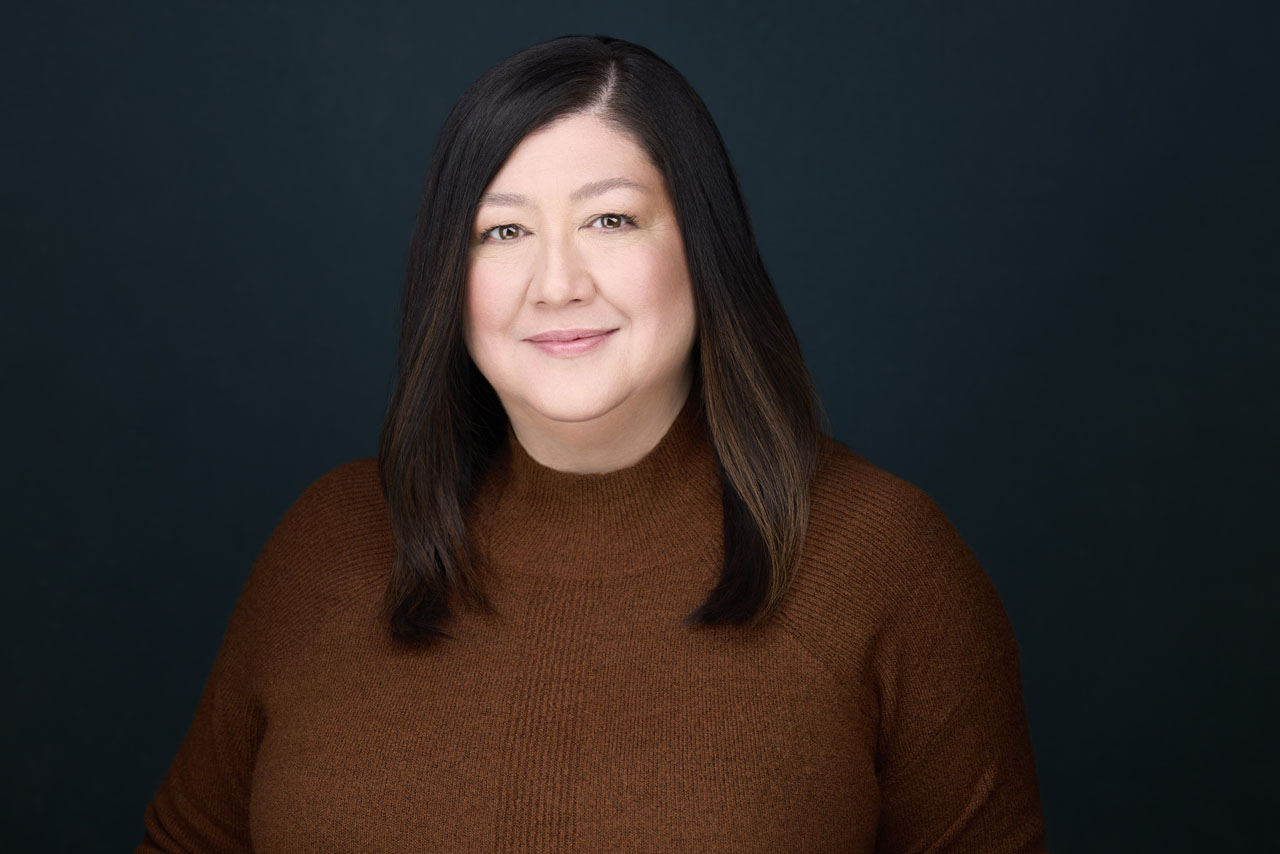
On September 16th, 2023, friends, family, and members of the Alberta arts community gathered in Medicine Hat to celebrate this year’s recipients of The Lieutenant Governor of Alberta Distinguished Artist Awards. This year’s recipients include playwright and theatre artist Mieko Ouchi, film and theatre performer Michelle Thrush, and film animators Wendy Tilby & Amanda Forbis.
Chair of the Lieutenant Governor of Alberta Arts Awards Arlene Strom said, “Albertans can be proud of the contributions of these Distinguished Artists who have pushed the boundaries of art to reflect indigenous identity and expression, present a more inclusive and diverse view of Alberta’s history, and highlight the art of film animation in Alberta and worldwide. Each has contributed immeasurably to the development of the province’s artists, arts communities and expanding art disciplines.”
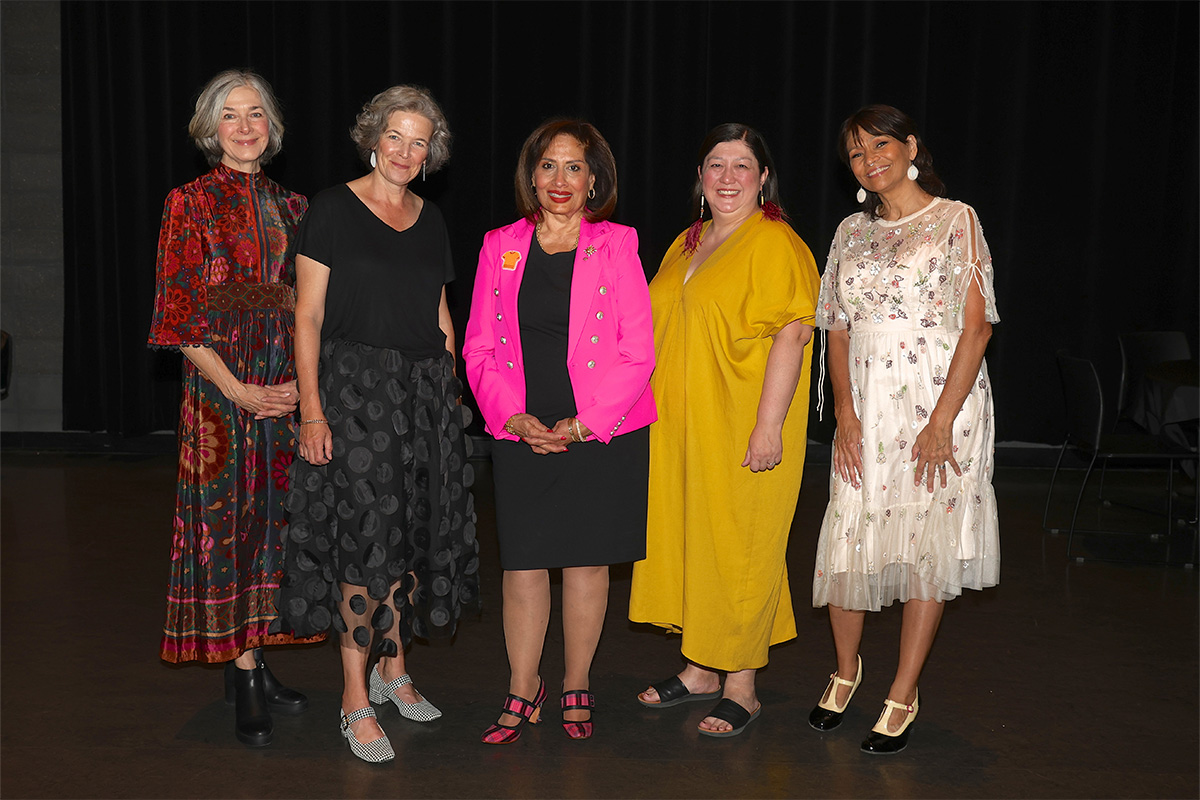
Her Honour, the Honourable Salma Lakhani, Lieutenant Governor of Alberta said, “The women receiving the Distinguished Artist Award this year have offered important contributions to the arts in Canada. We have all been granted the opportunity, through their work, to learn and grow in our understanding of the human condition. Artists such as these are essential to the lifeblood of our communities, and we are truly fortunate to have them as cultural leaders in their respective disciplines, in our province and our country as a whole.”
I contacted Michelle Thrush as well as Wendy Tilby and Amanda Forbis to talk with them about their work and creative process. You can read those interviews by following the links above. I also spoke with Mieko Ouchi who is a theatre and film director, screenwriter, dramaturg, playwright and a passionate champion for new play development. She is also a fierce advocate for accessibility, inclusivity, diversity and equity across all ranges of artistic output. In our conversation we talked about her approach to storytelling, how she works as a dramaturge to help other artists bring their work to the stage, and what it means to be recognized for her work by receiving The Lieutenant Governor of Alberta Arts Award.
JAMES HUTCHISON
You have a big body of work now and I wonder when you look back at that has your approach to telling stories grown and changed over the years?
MIEKO OUCHI
I think as an artist you do grow and change as you write more, and you create more, but I also feel like there’s a heart that always remains the same. And maybe this was best illustrated quite a few years ago when Red Deer College commissioned me to write a play for a group of students. I pitched a couple of new ideas and then I said, “There’s this play that I started writing in grade eleven about the DaDa Art movement and I did some workshops with some professional theatres, but it was never finished, and I’d love to go back and finish that play as an adult.” And that was the project they chose.
And I went back and read this draft of the play that I’d written when I was seventeen and the wild thing is there were lots of things obviously, I had to change and fix but there was a way of writing – of turning a phrase – an approach to text – that remains to this day – and I recognized my voice in that script.
And right now the thing I feel like I’m growing in most is learning to build empathy for all my characters, and I think my goal is continually to make them more than 2D characters and to make them very complex people that actors will have to really dig into and figure out and audiences will too. Because to me those are the most interesting characters for myself as an audience member.
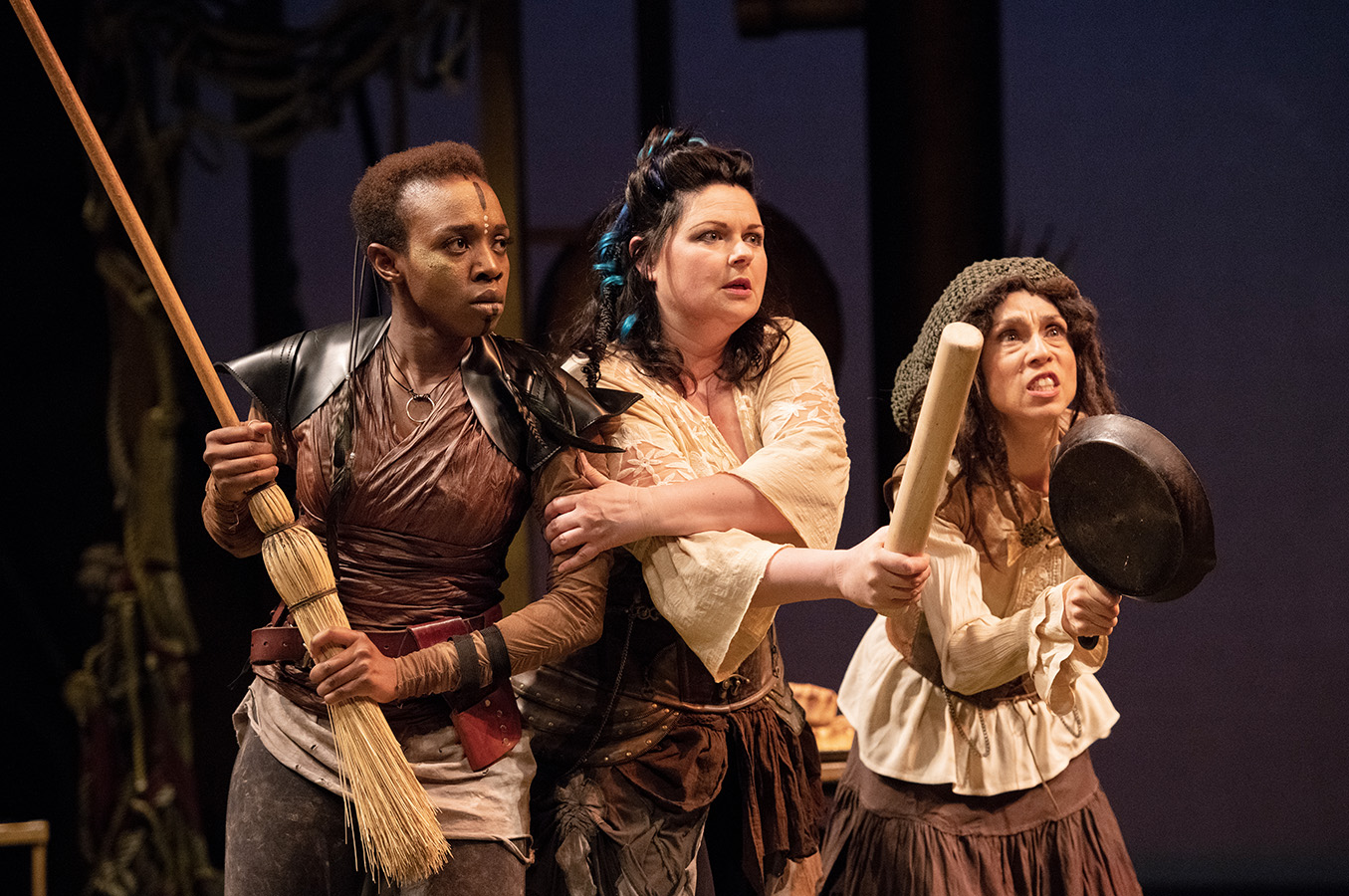
JAMES
I think those types of characters are the most relatable because they are the most human because we are so complex and grey. And how often have we done something and then said to ourselves, “That’s so unlike me. Why did I do that?”
MIEKO
That’s right. We recognize that people don’t fit neatly into boxes – that they do things impulsively. They do things against their better judgment or in spite of themselves all the time. And I think theatre is such a beautiful place to explore those impulses.
JAMES
As a playwright you bring new works to life, but you also work as a dramaturge and director assisting other artists to bring their work to the stage. What are some of the important elements you feel are needed to help workshop and develop a new play?
MIEKO
I really see my job in those roles as being like a doula or a midwife. So, you’re in the room. You’re highly connected to the event – to the people – but you’re also a little bit separate and you’re there to help, encourage, and support the person who is giving birth to the new play.
So, I feel like I’m there as an encourager. I’m there as someone with a lot of experience to say, “Here are some things I’ve noticed in the past when we’ve made these kinds of theatrical decisions.” You know someone who knows a little bit more about technical theatre and how theatre is put together and can help playwrights who might not have a background in that. I’m really kind of a sounding board and another set of eyes to say, “I really noticed this. Did you notice that?” Or “This really landed on me this way today.” Just some information for the playwright to take in.
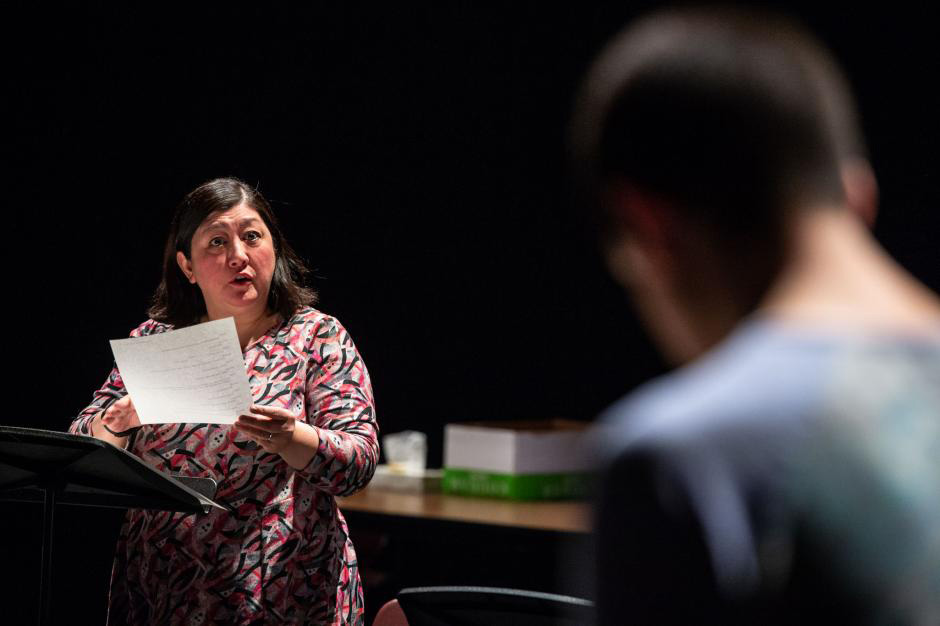
I always think it’s not up to me to fix the play. I hate the word fixing plays because the play’s not broken. We’re just continually digging out new layers and things that we want to explore. And it’s not for me to write the play. I’m there to help the playwright find the best form of the play that they can find and that they can write.
And also, in that sense of a doula I want the experience to be a positive one. So, I think I’m also there to make sure the process is a safe and comfortable and a pleasurable experience to go through because it can be stressful. Just like birth. You’re there to make it be the best and most happy place it can be.
JAMES
You mentioned creating a safe space and I understand that but sometimes we’re dealing with plays that are asking difficult and complex questions and so we have to be open to uncomfortable discussions and exploring possibilities. How do you create a room that is open to discussion and yet is respectful and safe?
MIEKO
I think transparency is really helpful. Just being very transparent about those things and talking about them in advance and to say, “You know we’re coming up on this scene that’s really challenging and there’s a lot of content in there that might challenge us in personal ways.” So, you just give people a heads up and say, “If this brings up feelings and thoughts that are unexpected or that take over in a way that you weren’t hoping they would – just come and let me know and we can take a break.” Everyone has a heads up and there’s an open conversation.
And I think there are other artists now that we can invite into the room. There are fight choreographers. There are intimacy co-ordinators. And there are other people we can bring in who have the tools to help us. So, I think that’s been a really great evolution and it has made those things less like – let’s wing it and hope for the best to having a bit more structure and having conversations around it. I find when people have that space then things stay nice and calm, and we figure it out step by step, and everybody feels more comfortable.
JAMES
You’ve talked about your play The Red Priest and you’ve called it a very transformational experience. And I understand that it came into being because of Catalyst Theatre and they had commissioned some writers – you among them – to write short six-minute pieces. And you wrote something called Eight Ways to Say Goodbye. And afterwards you started working on expanding it because it had a great response.
And then Ron Jenkins made you playwright in residence – even though you’d never actually written a finished play – because he believed in you. And you ended up finishing the play, and it was nominated for a Governor General Award, and it won the Carol Bolt Award for Drama from The Playwrights Guild of Canada, and if you’re going to write a first play that’s a pretty auspicious beginning. So how did writing that play, winning that recognition, and having people believe in you transform your view of yourself as an artist?
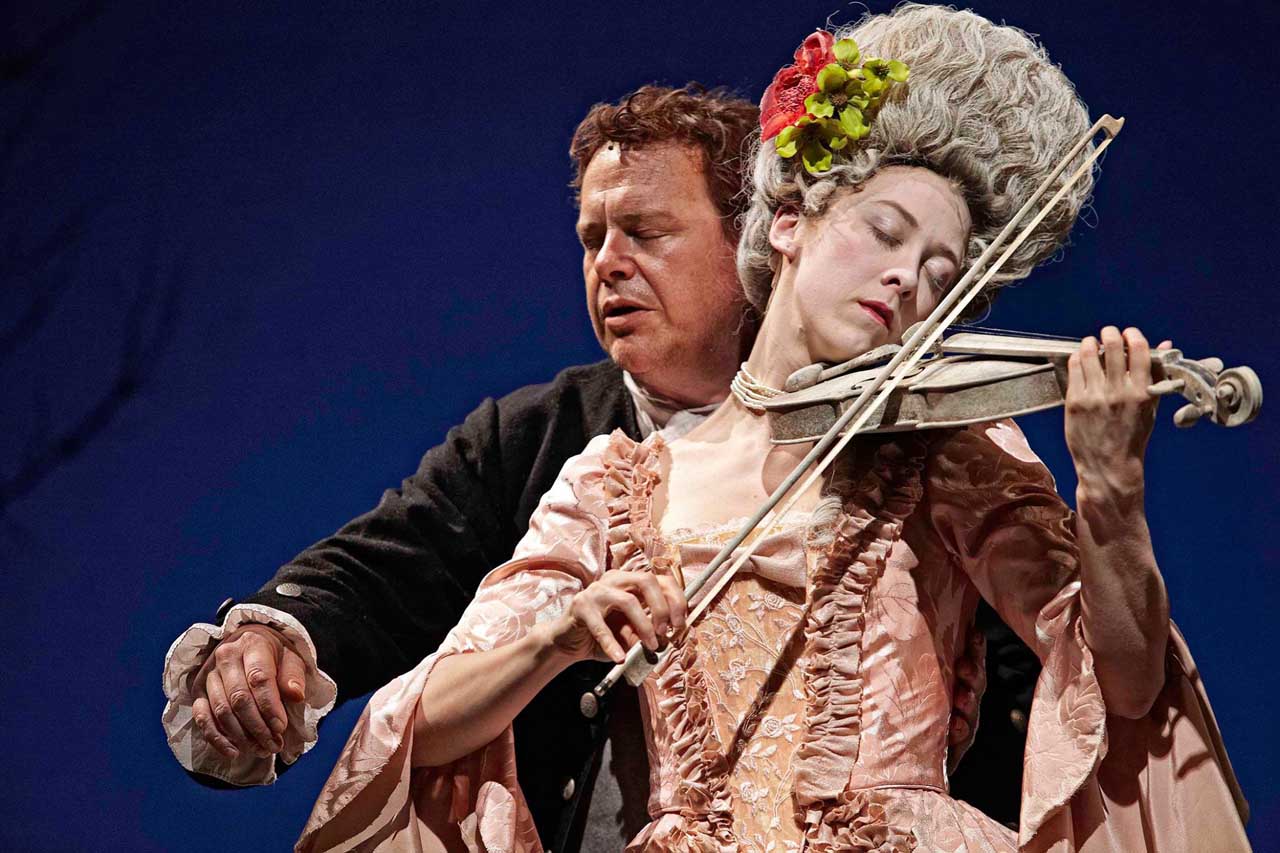
MIEKO
Well, I think one of the key things is I was so extraordinarily lucky to have Ron recognize me so early as a writer and to encourage me before I had that belief in myself. He believed in me before I believed in me. And there was something about the passion that he brought by saying, “I know you can do this. You have a voice. You just have to be brave enough to let it out,” that got me over the finish line.
He encouraged me to take a risk because it was a very personal story. From the outside you won’t know that. But I’d just gone through a really really heartbreaking relationship breakup in my life and that is very much imbued in the play even though the play’s not in any way autobiographical. A lot of the emotional feelings of what happened are in that play. He encouraged me to let that be there. And I think the lesson that I learned from that play with the recognition that it received was that the moments that people all brought to me afterwards – like audience members would say, “Oh, this moment is the moment that meant the most to me,” were all things that were true. They were emotionally true. There was a core of it that had happened to me, and I was revealing something very very honest. And I think to learn that lesson that early as a writer was an incredible gift because it taught me that when I was truthful people connected.
JAMES
How much do you think drama then is exploring our emotional response to the world?
MIEKO
I think it’s everything. I think that’s exactly what it is. Theatre just gives us this incredible chance to explore feelings that you might not have fully explored in real life where we don’t have a chance to say that to our parent or to our partner or to our child, but on stage we can kind of enact that.
Augusto Boal said, “Theatre is a rehearsal for change.” And I believe that too. It’s a chance to try out things that haven’t happened yet or to say, “What would happen if I put this scenario into a play?” So, for me, it’s been an incredible chance to explore not necessarily autobiographical things but emotionally things that I’ve been through or are thinking about.
JAMES
And then people who have experienced that same emotion even though the context might be different can relate to it.
MIEKO
Yeah.
JAMES
I’ve heard other artists talk about the more specific you make it the more universal it becomes.
MIEKO
One hundred percent. I’ve felt that totally. I really did feel that. And it was very exciting because at the same time that I was having this experience I was also working as a filmmaker and making documentaries. Initially, they were about my family and very biographical and even autobiographical types of projects. And so, I think I was in a world where I was trying to find truth. Whatever, that meant to me and to bring that forward. And that recognition really said, “You’re on the right track. Be brave. You’re onto something. Just keep going.”
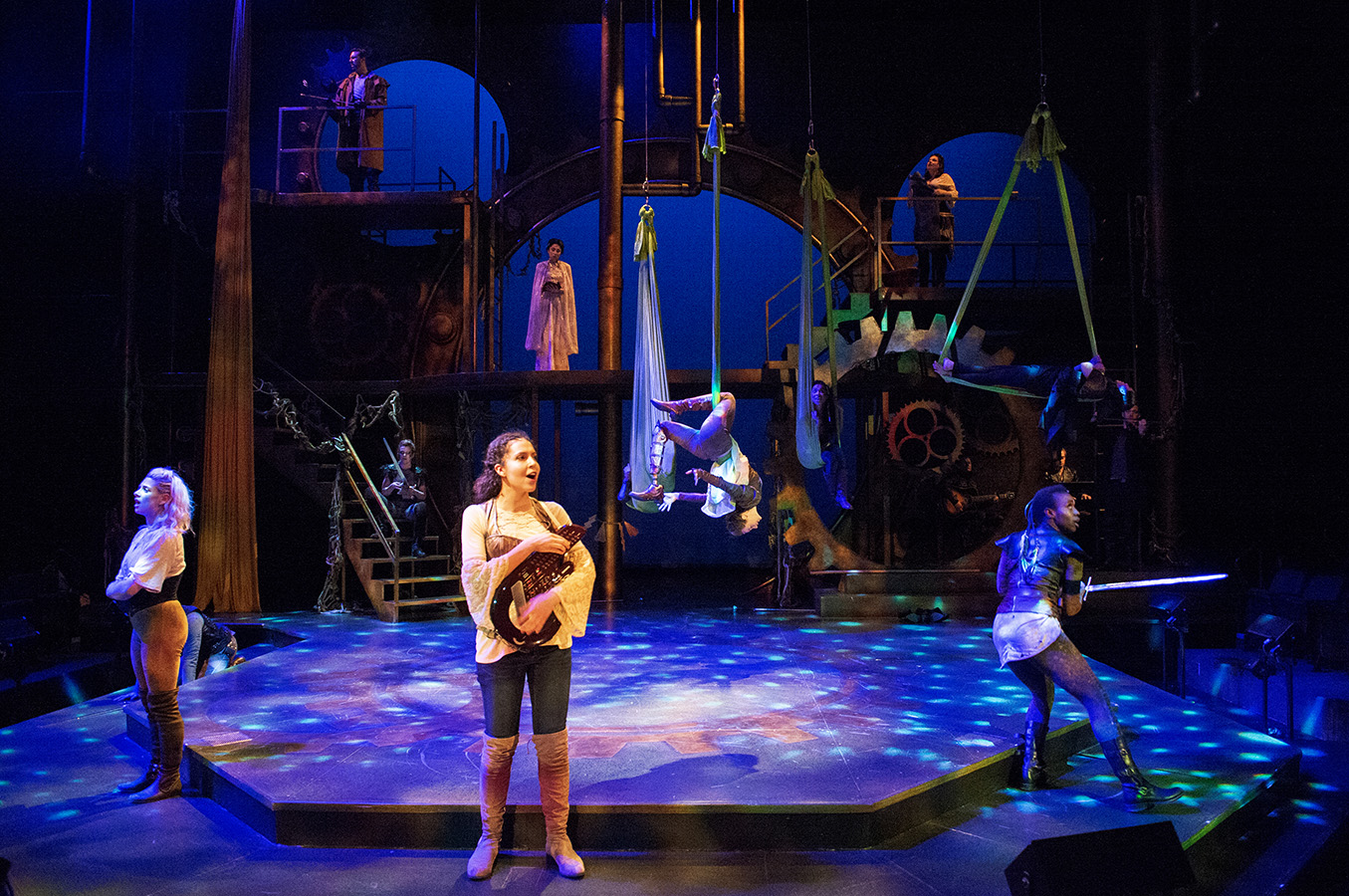
JAMES
You mentioned you went back to a play you wrote when you were seventeen and it seems to me all the writers I know have a drawer full of unfinished work. Sometimes we hit a wall and other projects become priorities and I’m curious about those unfinished projects. Do they go quietly into the drawer? Do they protest? Do they whisper to you? Do they remain dormant? When do you open that drawer and take them out and look at them again and work on them?
MIEKO
Those dormant plays – they’re just kind of asleep right now. They’re having a long nap – at the moment. Yeah, I have a couple. And I think they have to find their right time where I feel mentally ready to go back and explore them.
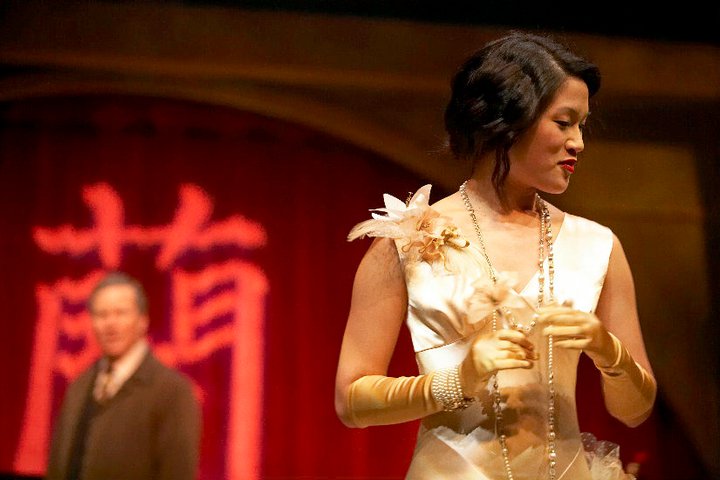
I have a project that premiered at ATP called Nisei Blue which was a noir detective story. And I felt like I didn’t quite get to the heart of it by the end of that production. It was a very fraught time because my father had just passed away before we started rehearsals. And my mind wasn’t fully hitting on all cylinders, and I wasn’t able to get to the heart of it because of everything going on in my life. So, now I’ve actually started a process of adapting that play into a novel and I feel like I am very slowly archaeologically getting there through a different medium. Sometimes it’s about digging into a play at a different time theatrically or maybe it’s approaching it through a different entry point.
JAMES
So now you’re exploring writing a novel — how is that? Fun? Exciting? What have you learned? Where are you at with that?
MIEKO
Oh, my gosh. So, when I started it was terrifying but also it was weirdly exciting because I thought, “I don’t know anything about this. So, who cares? Throw all the rules out the window. I don’t feel beholden to any rules or any lessons because I haven’t had any yet other than being an avid reader and knowing what I like to read. I don’t know any of the things that we’re supposed to know as a novelist. So, I’m just going to start writing the story from my heart — the way I kind of wrote The Red Priest” And there’s just something exciting to be at the very beginning of a learning process. To be at the bottom of this giant mountain looking up at the peaks and the great writers.
And I’m really intrigued by the interior voice. That’s something this novel has let me dig into with this character that I was never able to share with the audience in a stage production. I think my main character in Nisei Blue is a character with a really rich interior world and so writing a novel has really opened up the story for me because I’m able to share what’s running through his mind. And that’s been exciting. That’s been a totally fresh take on it. And it feels right. It feels like a good way to tell the story.
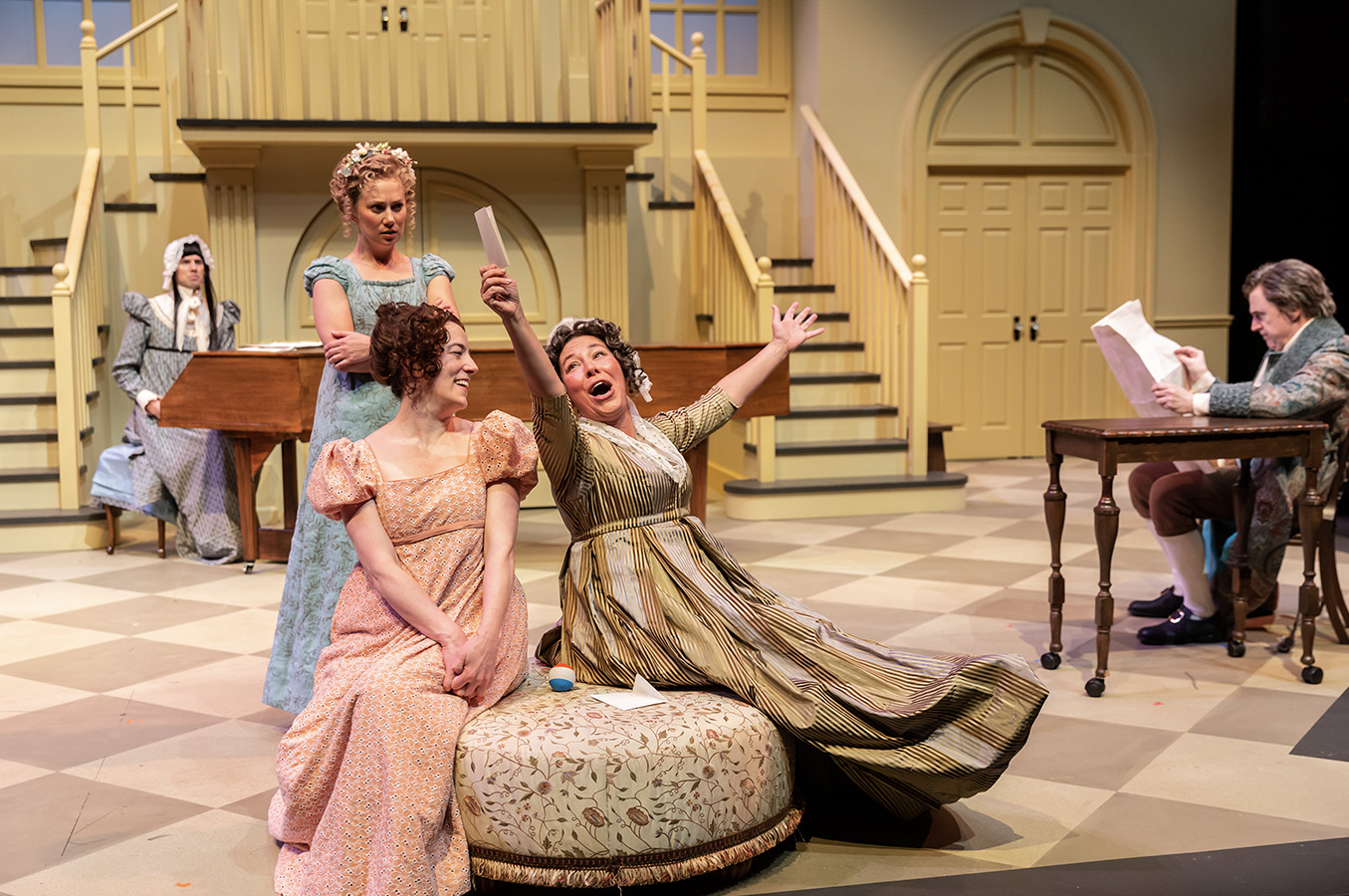
JAMES
This year there’s been a lot of chat about artificial intelligence, and I believe we’re on the edge of a really big disruption in science, business, and technology. And I don’t know what that looks like, and I don’t know if anyone really does but as an artist I was curious about your thoughts about AI and what sort of impact you think – positive or negative – it might have on the arts and the work you create.
MIEKO
Well, I think as a writer there’s a part of it where my heart just sinks at the thought of it. Because I believe in that human journey of struggling to find the path through writing and to find the path to expression. And to allow a computer-generated draft to be hacked out kind of hurts my soul a little bit as a writer, to be honest. But I suppose there might be some places where it is useful. There’s just something to me about the struggle to figure out the path of the story or the play that’s essential to its final shape and its humanity. And I know that some of the things that I’ve seen that have been AI generated that have been in the voice of Chekov or Shakespeare are kind of like gobbledegook.
As writers, we sometimes have this filler dialogue when we’re struggling and you have one person say, “Hello.” And the other person says, “Hi. Why are you looking at me that way?” And they say, “I don’t know. Why are you looking at me that way?” And nothing’s actually happening. We’re just going back and forth. It’s like we’re getting the rusty water out through the pipes until the clear water comes through and you get to the heart of a scene. And I sometimes feel that AI writing is a bit like that rusty water. It’s filler. It doesn’t really have that human drive and that soul that we need for writing to be compelling.
JAMES
There you go. Art is the exploration of the human soul.
MIEKO
That’s great. I love that.
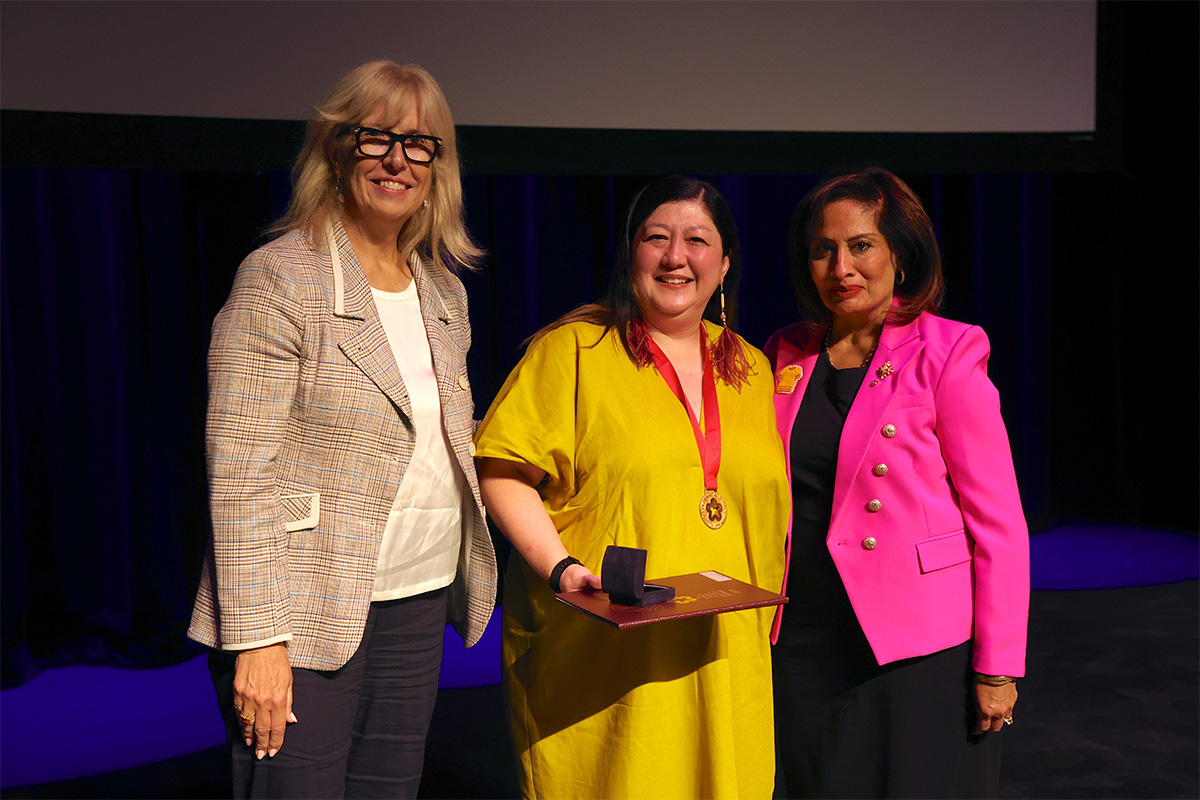
JAMES
So, my last question is about you receiving the Lieutenant Governor of Alberta Arts Award and I was wondering what the actual evening was like for you where everyone gathered to honour the recipients and what does it mean to you as an artist to be recognized for your work and receive a Lieutenant Governor of Alberta Arts Award?
MIEKO
Well, it was such a surprise to find out I was receiving the award. It was really just a kind of a heart-stopping moment to hear Kathy Classen on the other end of the phone when she called and told me. I couldn’t quite believe it. And going to Medicine Hat was a wonderful experience.
All of the recipients were able to bring friends and family members along and it really felt like a family kind of weekend. And they rolled out the red carpet for us. They put on this beautiful art festival at the centre with kids doing art. We had our event and then we had a street party with a concert headed up by none other than Hawksley Workman who I worked with on a production of my play The Silver Arrow. He wrote the music for it at the Citadel. They didn’t know that when they set it up but to have Hawksley there was like the cherry on top of the cake.
That night felt like such a beautiful recognition of Alberta and all the people who have supported these distinguished artists to help them get to where they are. So many people talked about the mentors they had along the way. The people who supported them. Fellow artists. Community members. Teachers. Family members. So, it really did feel like a celebration of all that it is to be an Alberta artist and to be someone that has chosen to come here and work or to remain here and work and there’s just something so beautiful about having that connection to Alberta.
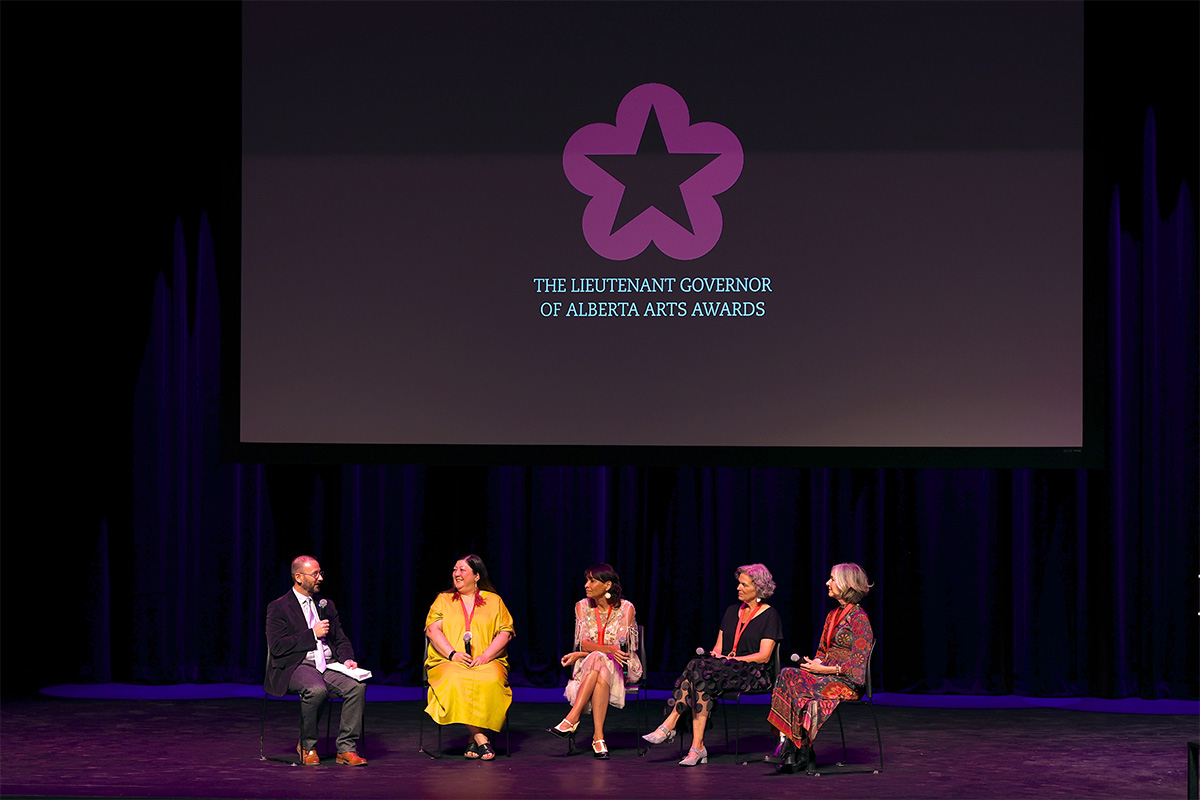
And everybody spoke about that and I think back to my earliest days being a student at Artstrek and having my first tiny little play workshopped at ATP and having Ronnie Burkett as my set designer and Kathy Eberle my high school drama teacher helping me submit my play for that program. And you know Marilyn Potts has been a supporter since way back and then you know Bob White and Dianne Goodman – and all the folks at ATP – John Murrell and so many other folks in this province.
And then all the folks when I came to Edmonton who supported me. You know Stephen Heatley gave me my first summer job at Theatre Network as a summer student. Ron Jenkins supporting me as a first-time playwright and as a playwright in residence. And then all the way up to now working here at the Citadel with Daryl Cloran as his Associate Artistic Director and his support of me and my writing but also my directing on A-House stages.
He gave me my first A-House directing job and he gave me my first commission for an A-House play with Silver Arrow. You really need those folks encouraging you and, in your corner, making opportunities for you to help you find your path.
And so now I get to have that reversed a little bit and in my job at the Citadel I get to support emerging artists and help them get their first assistant directing job or be a part of the playwright’s lab and help them work on their new plays, and I’m really enjoying being able to pass it along and being an opportunity maker for other artists.
